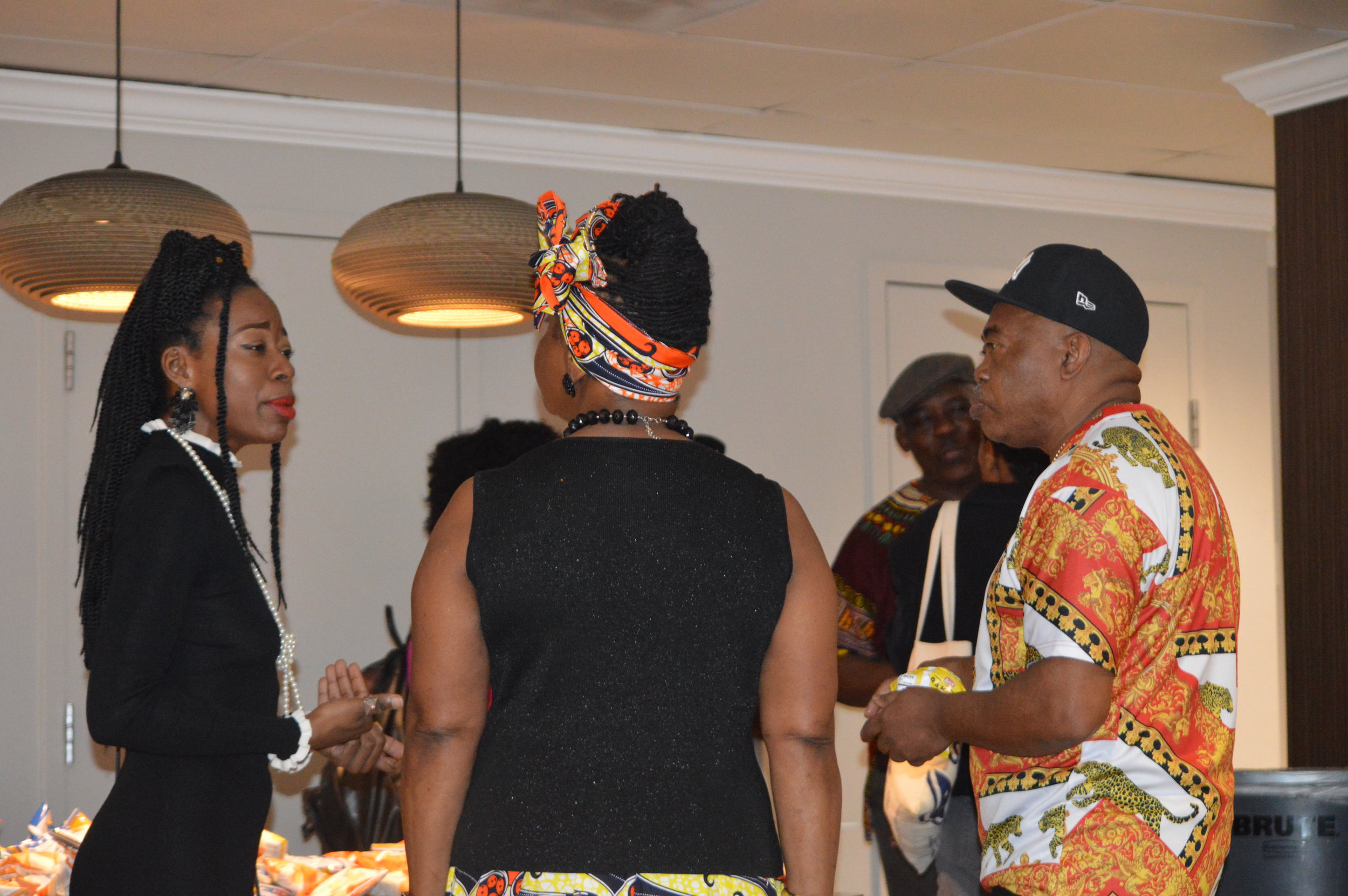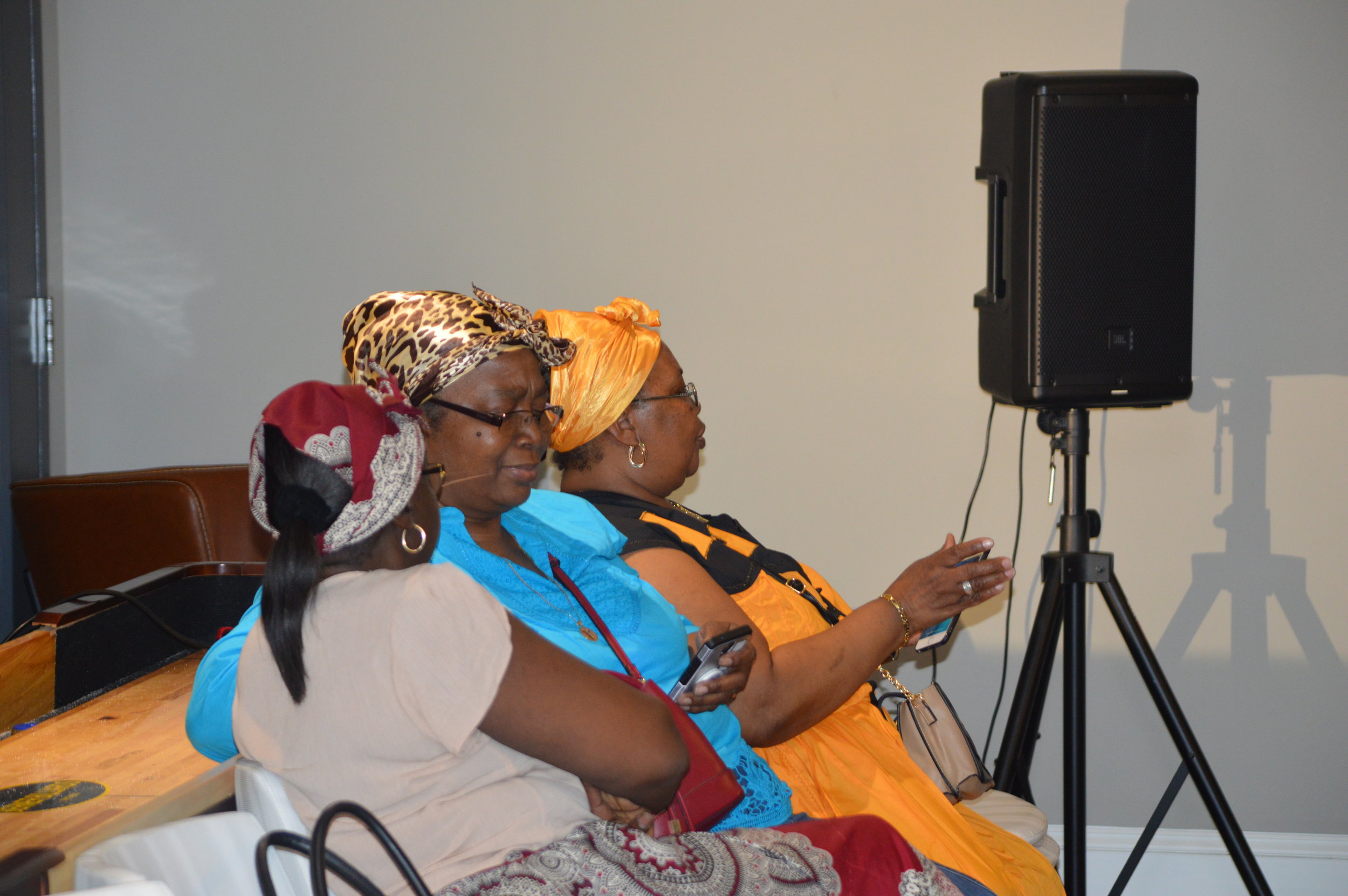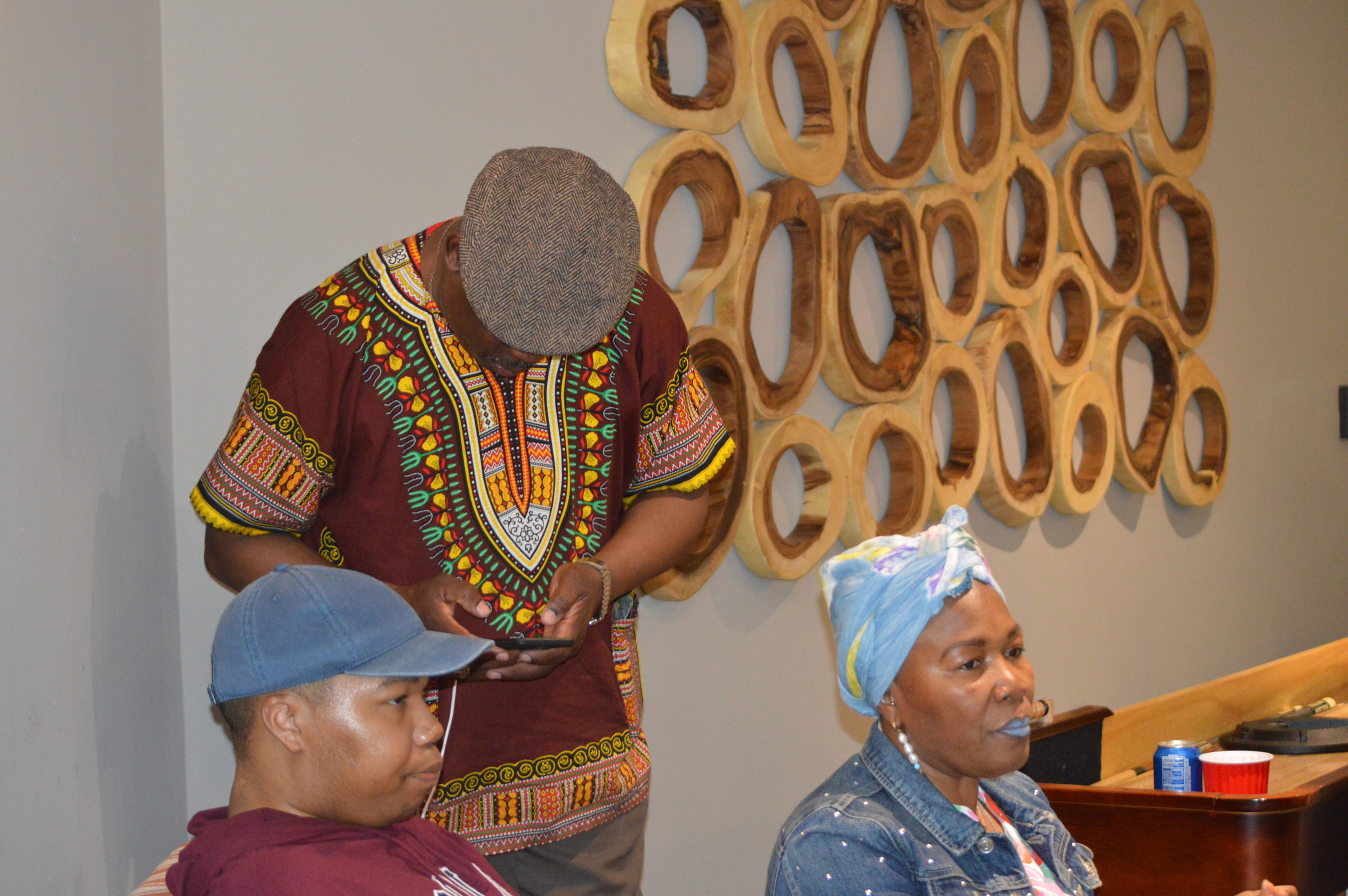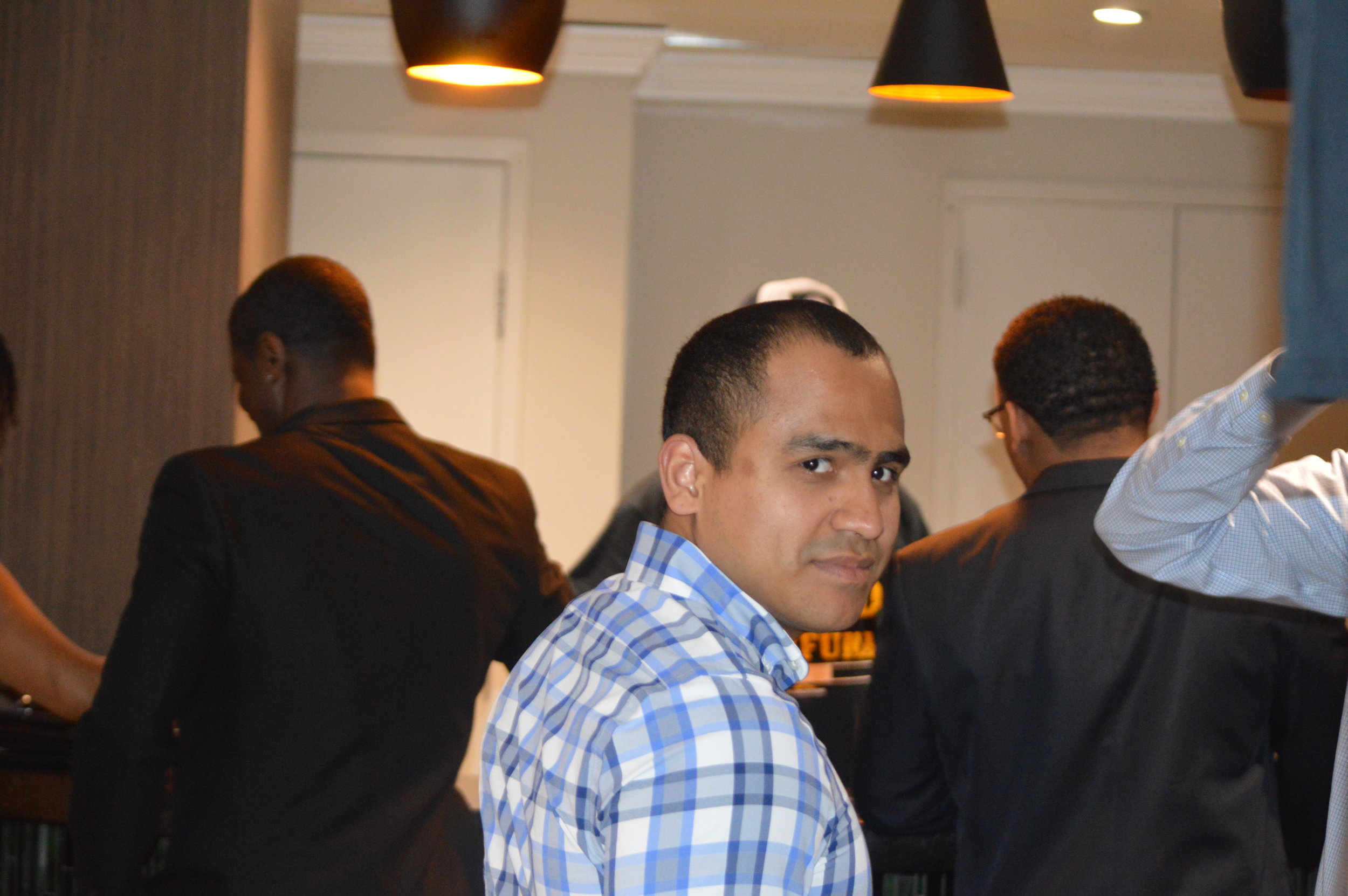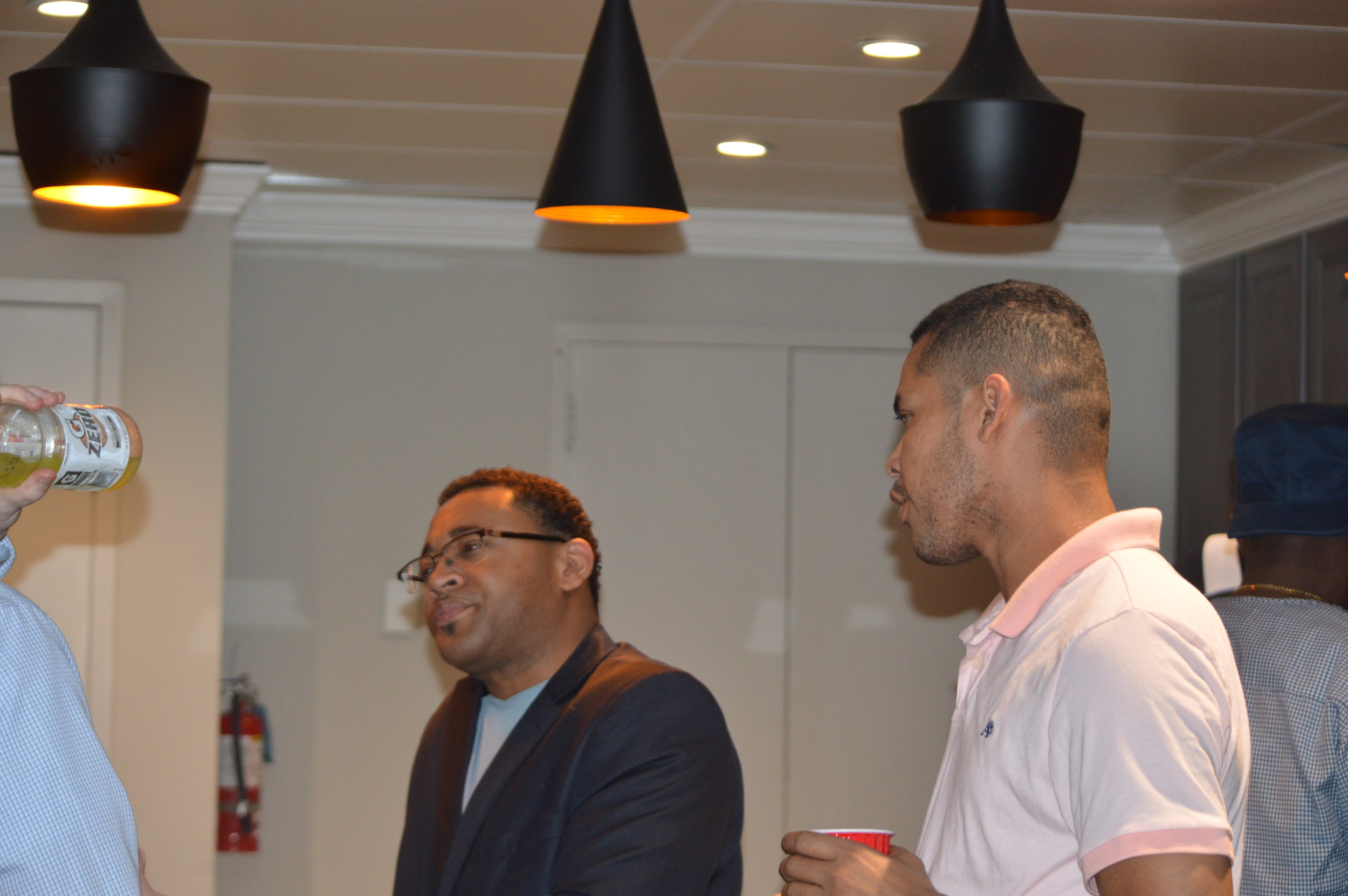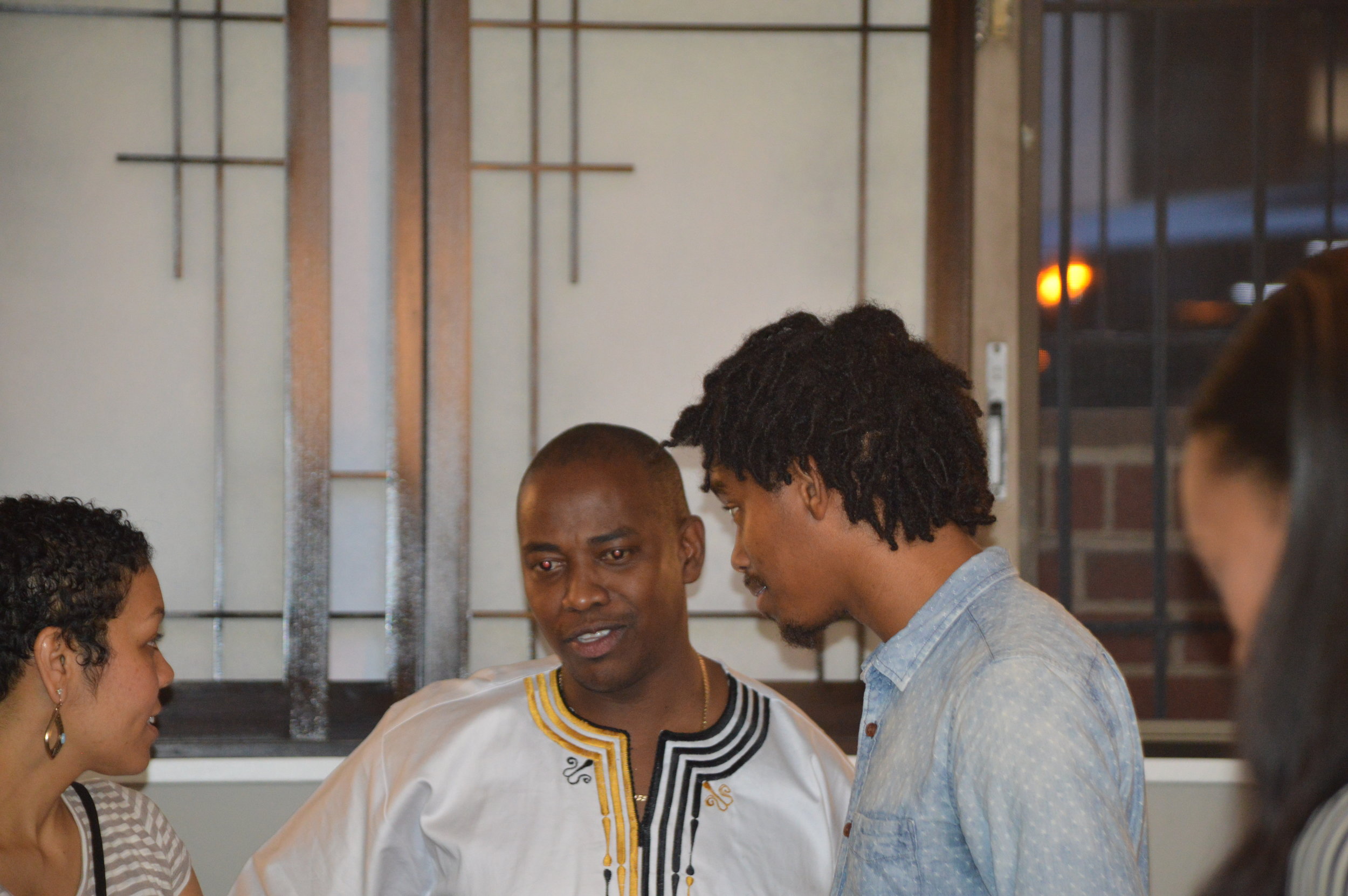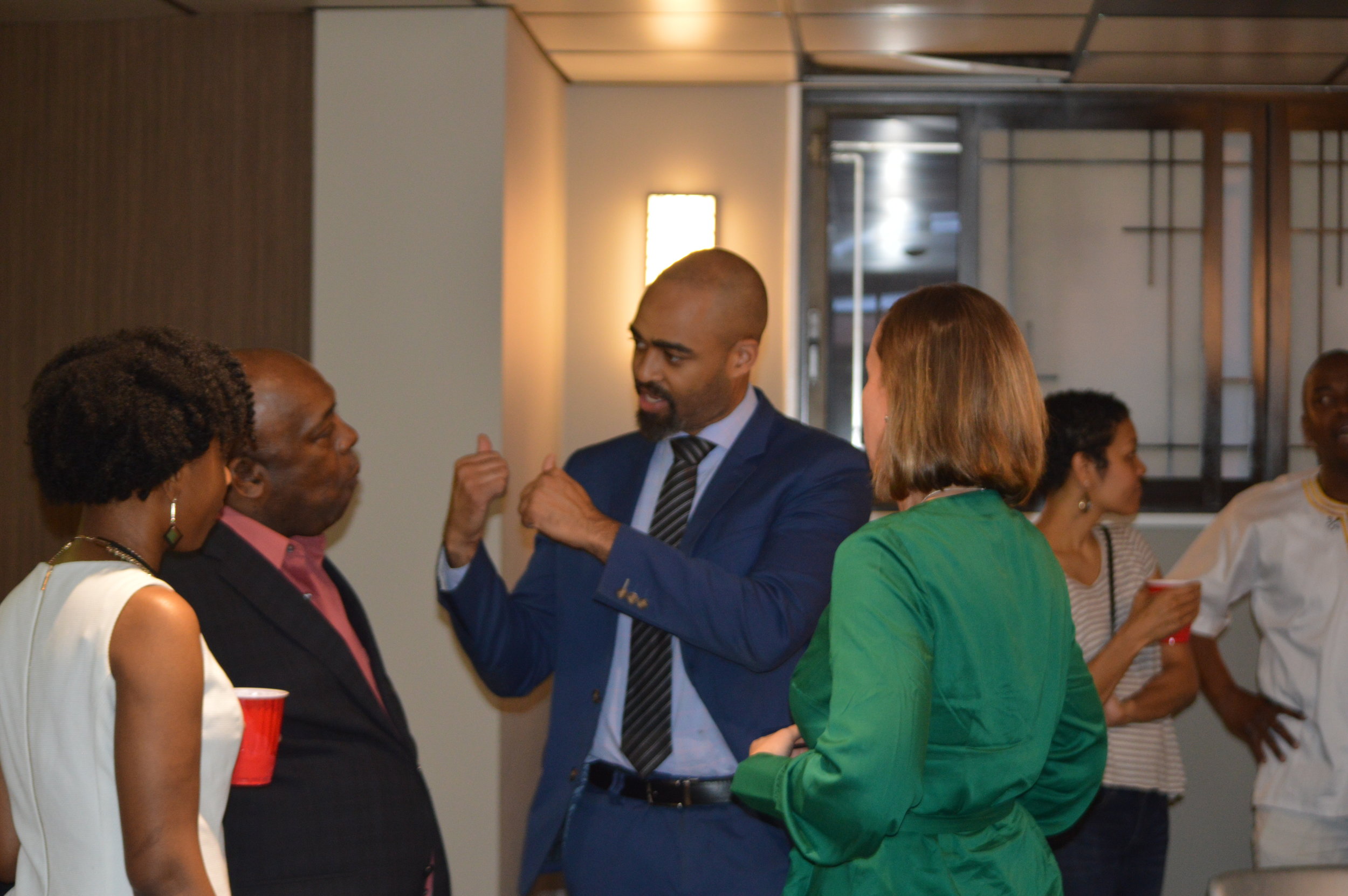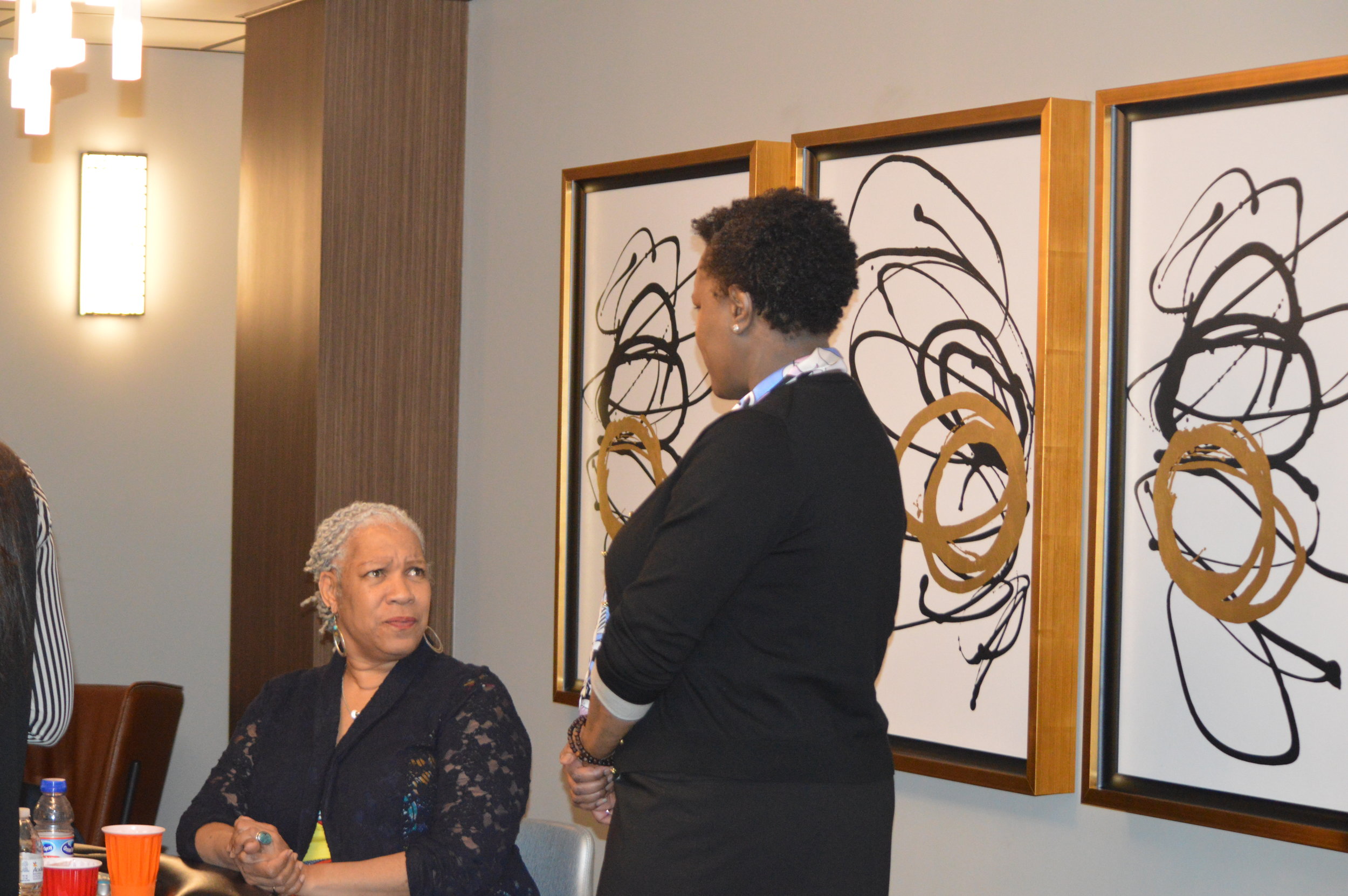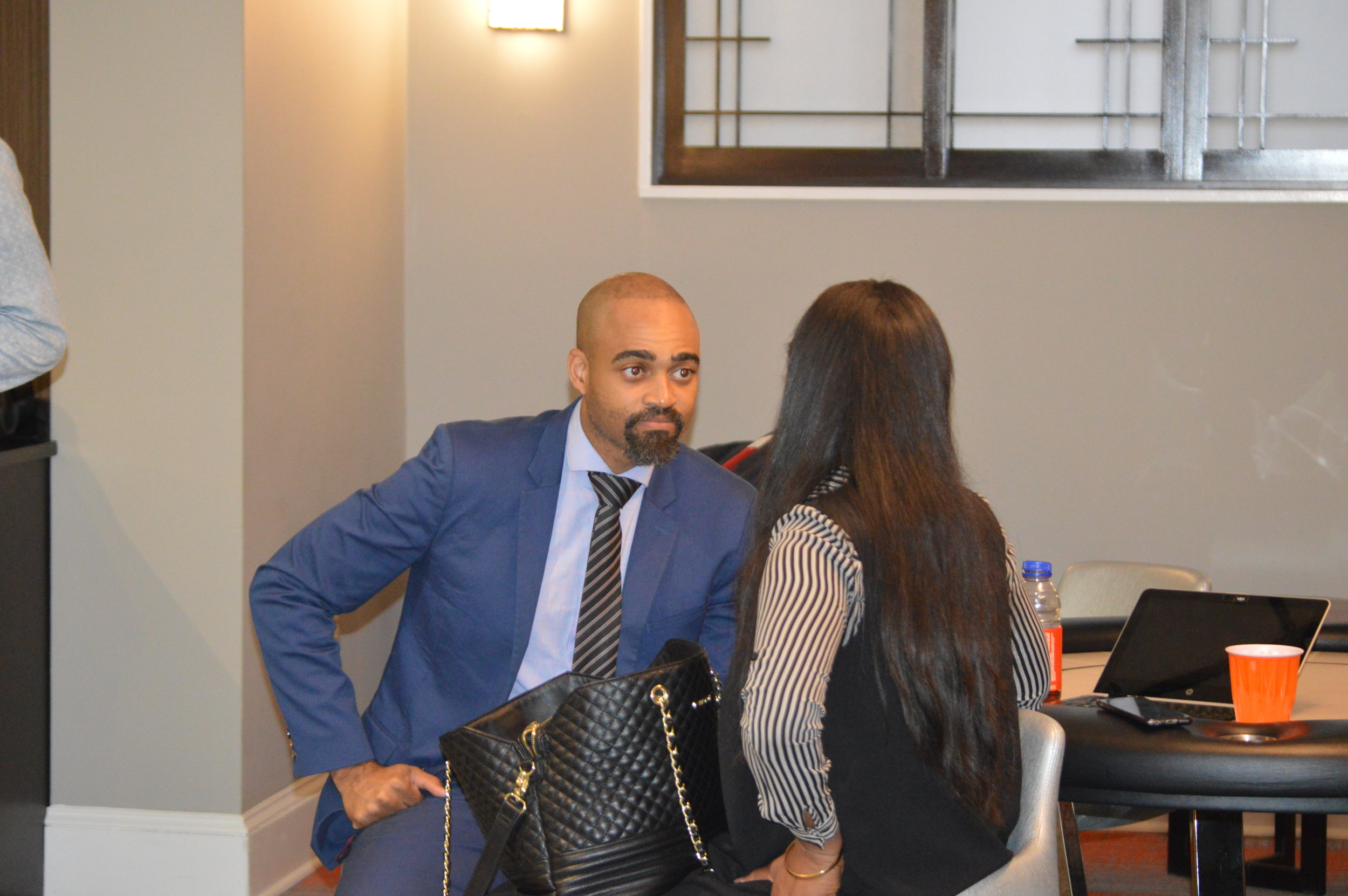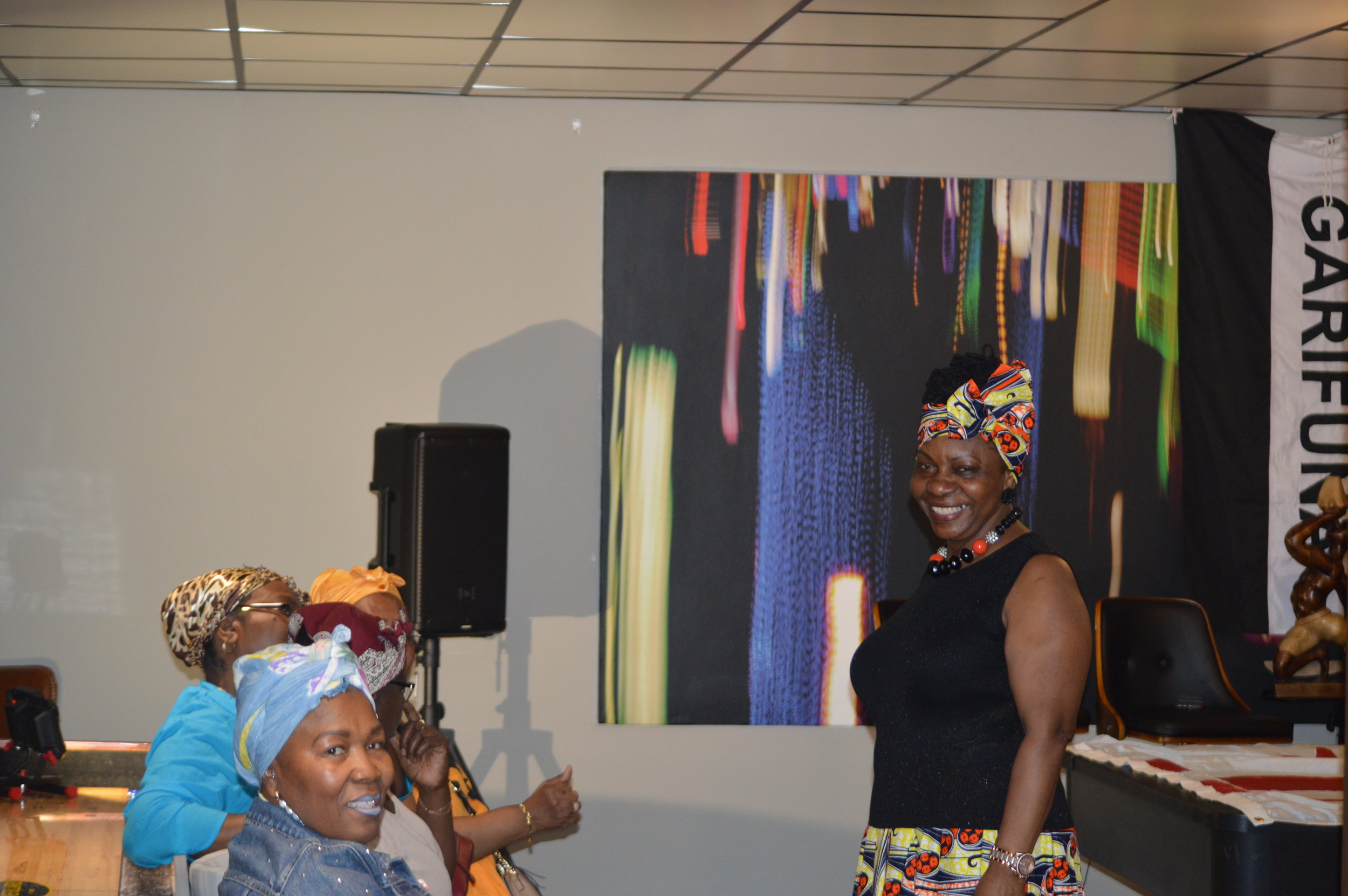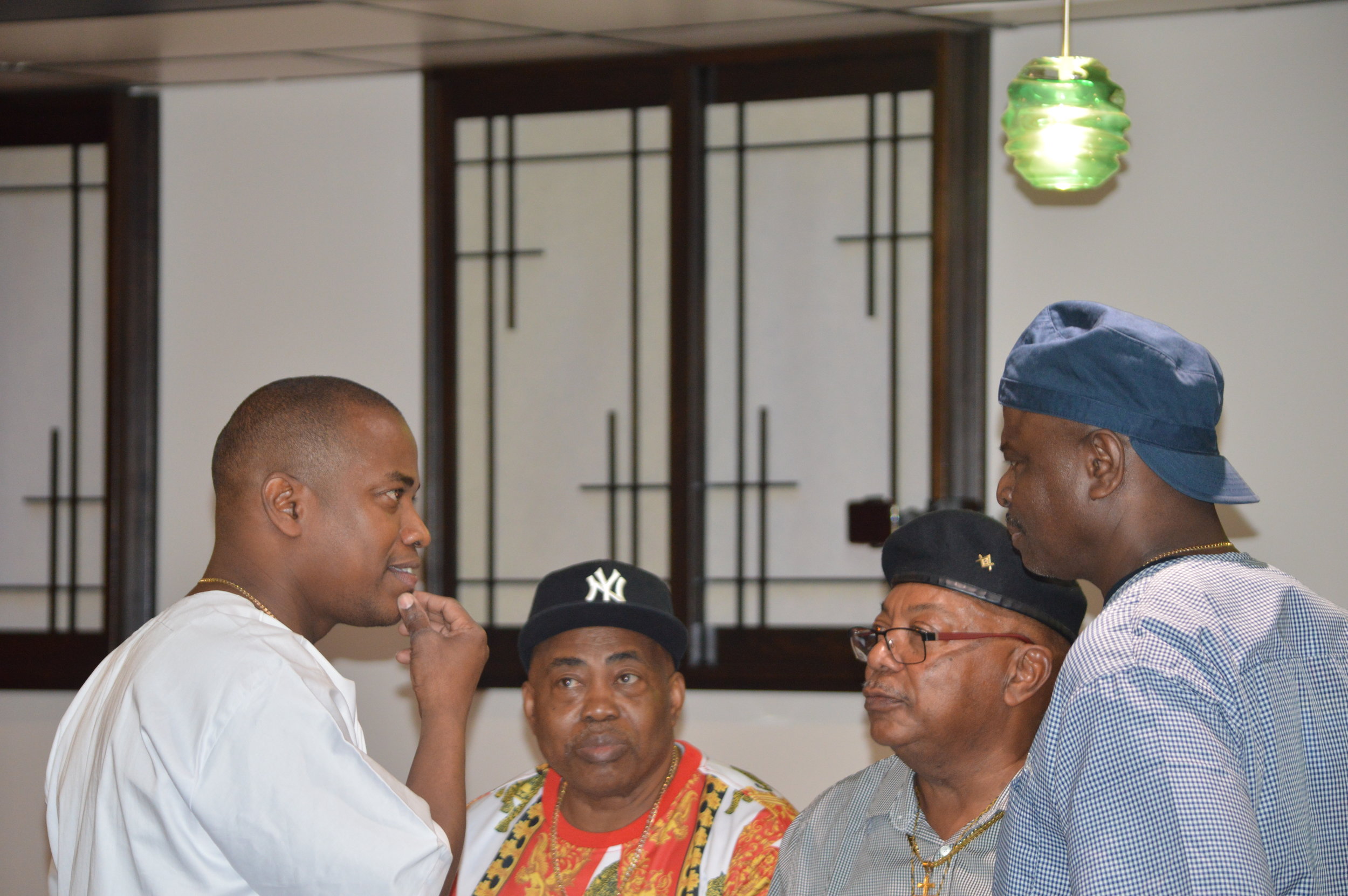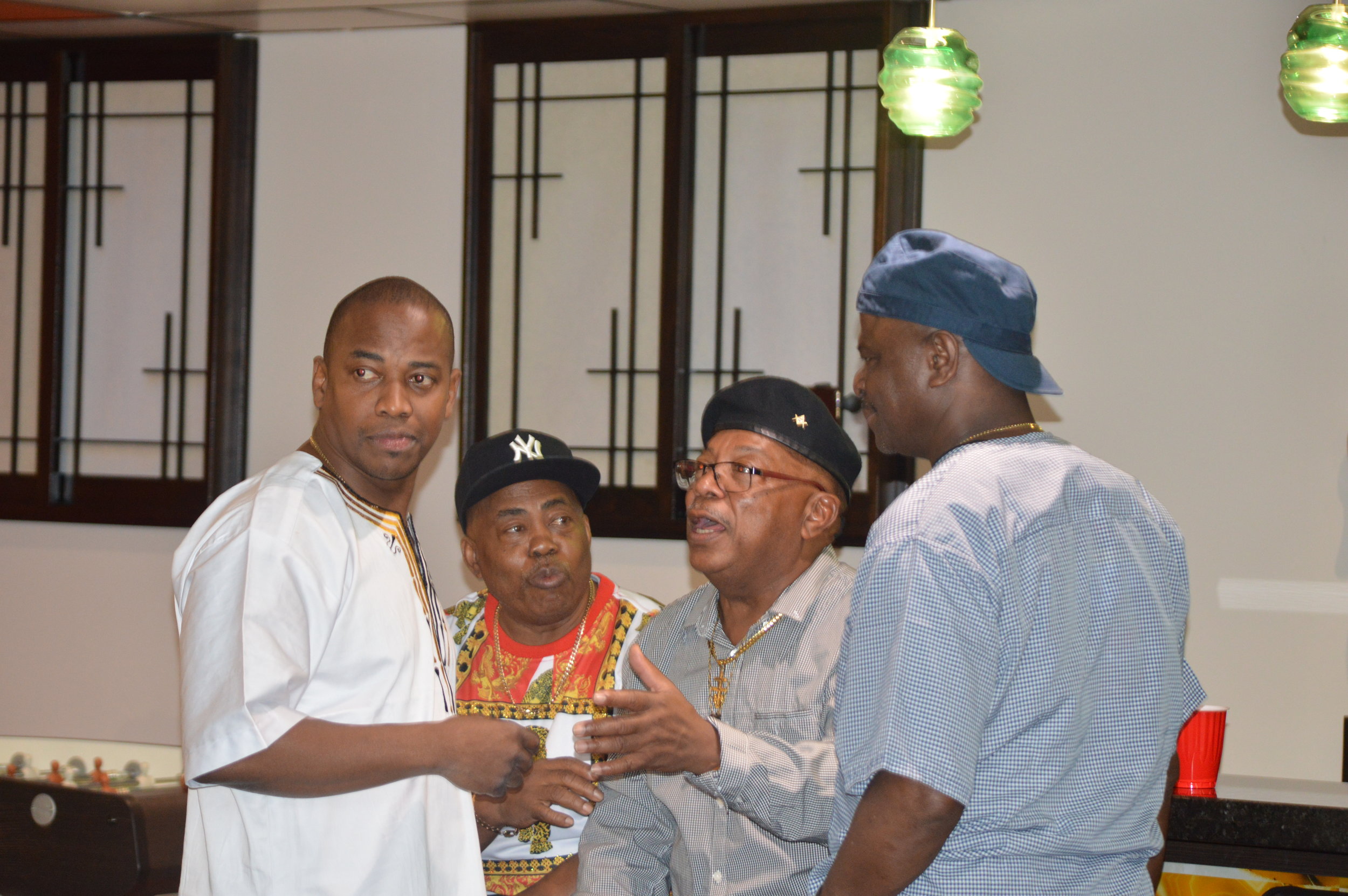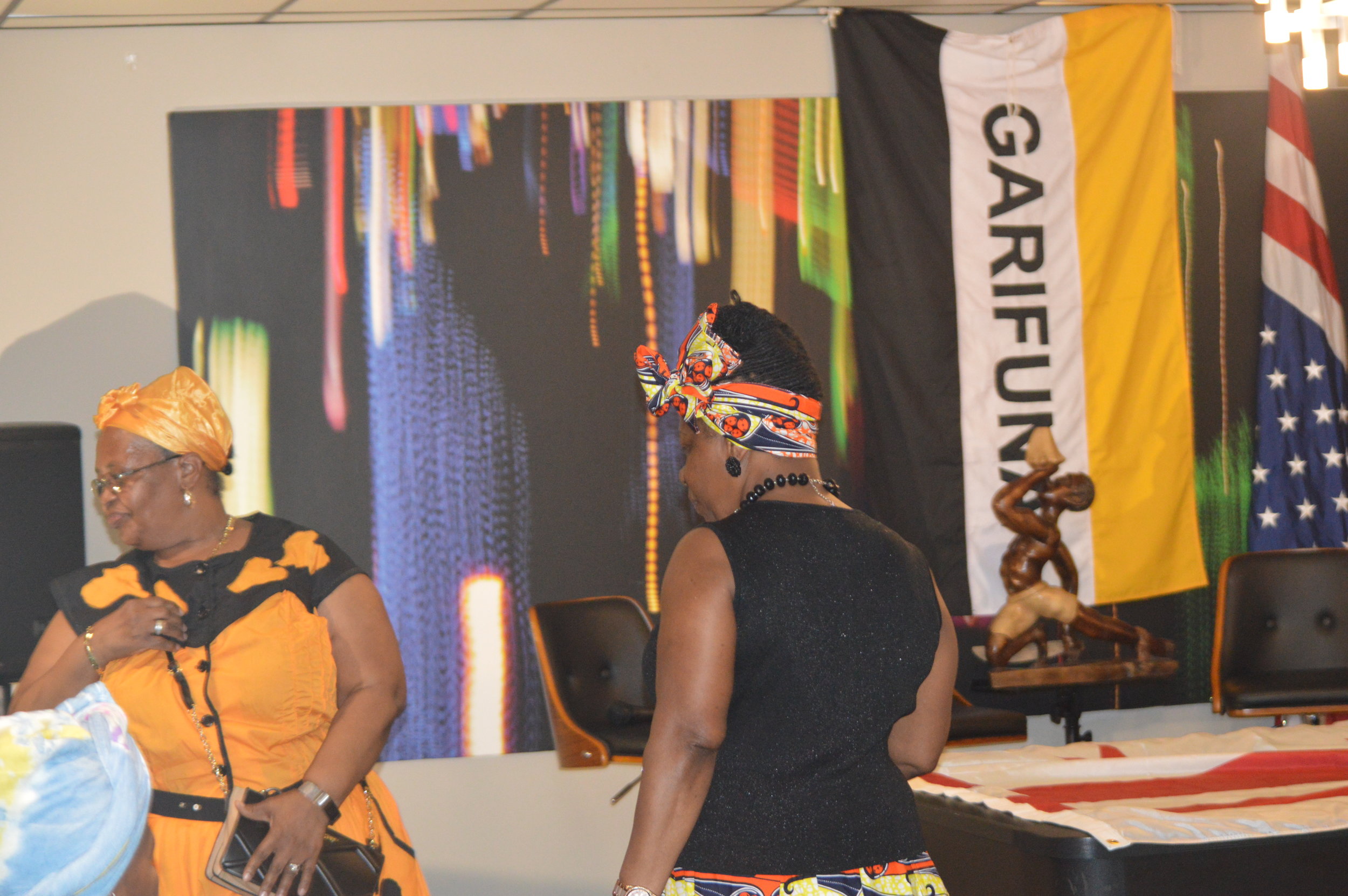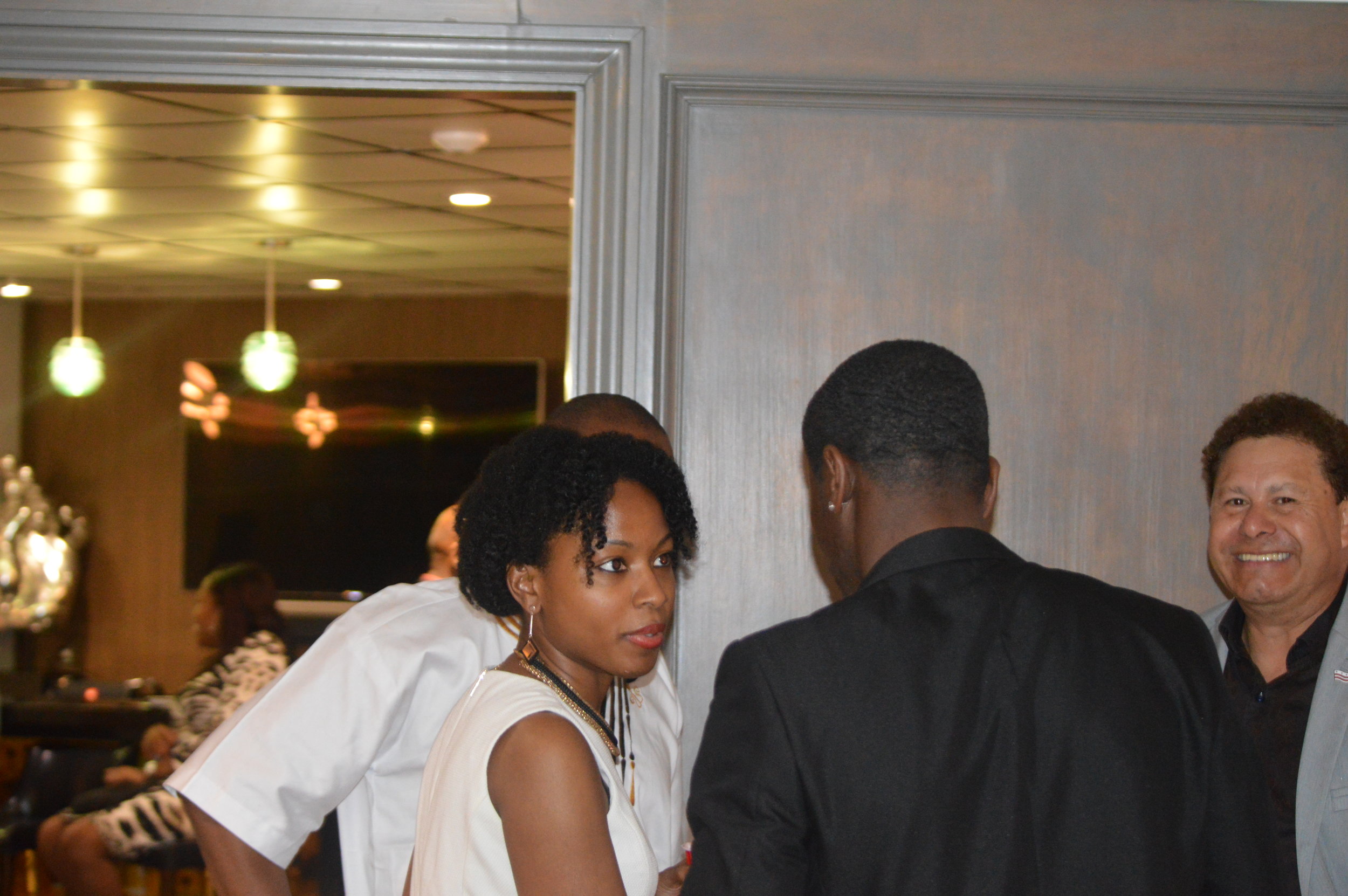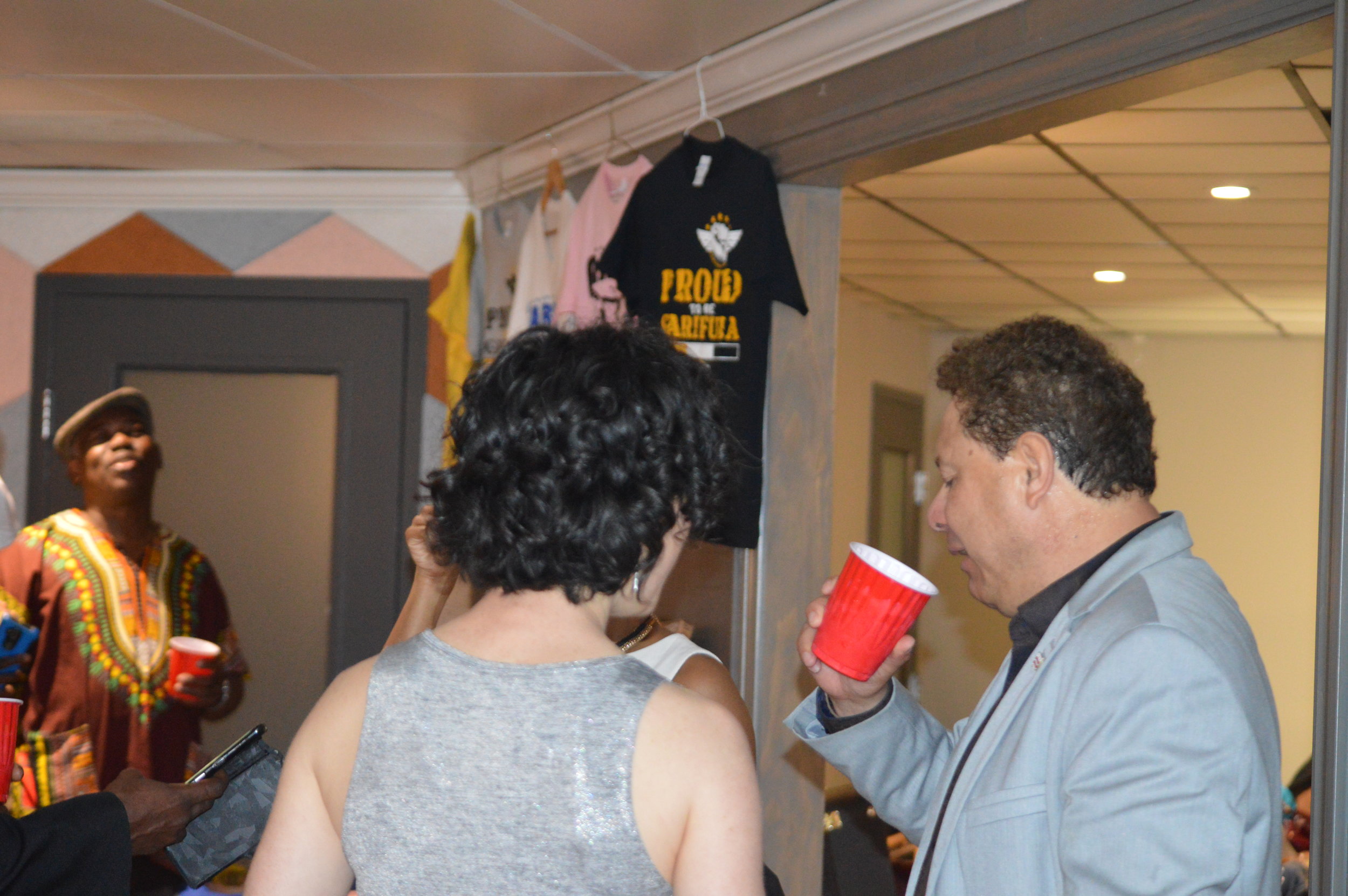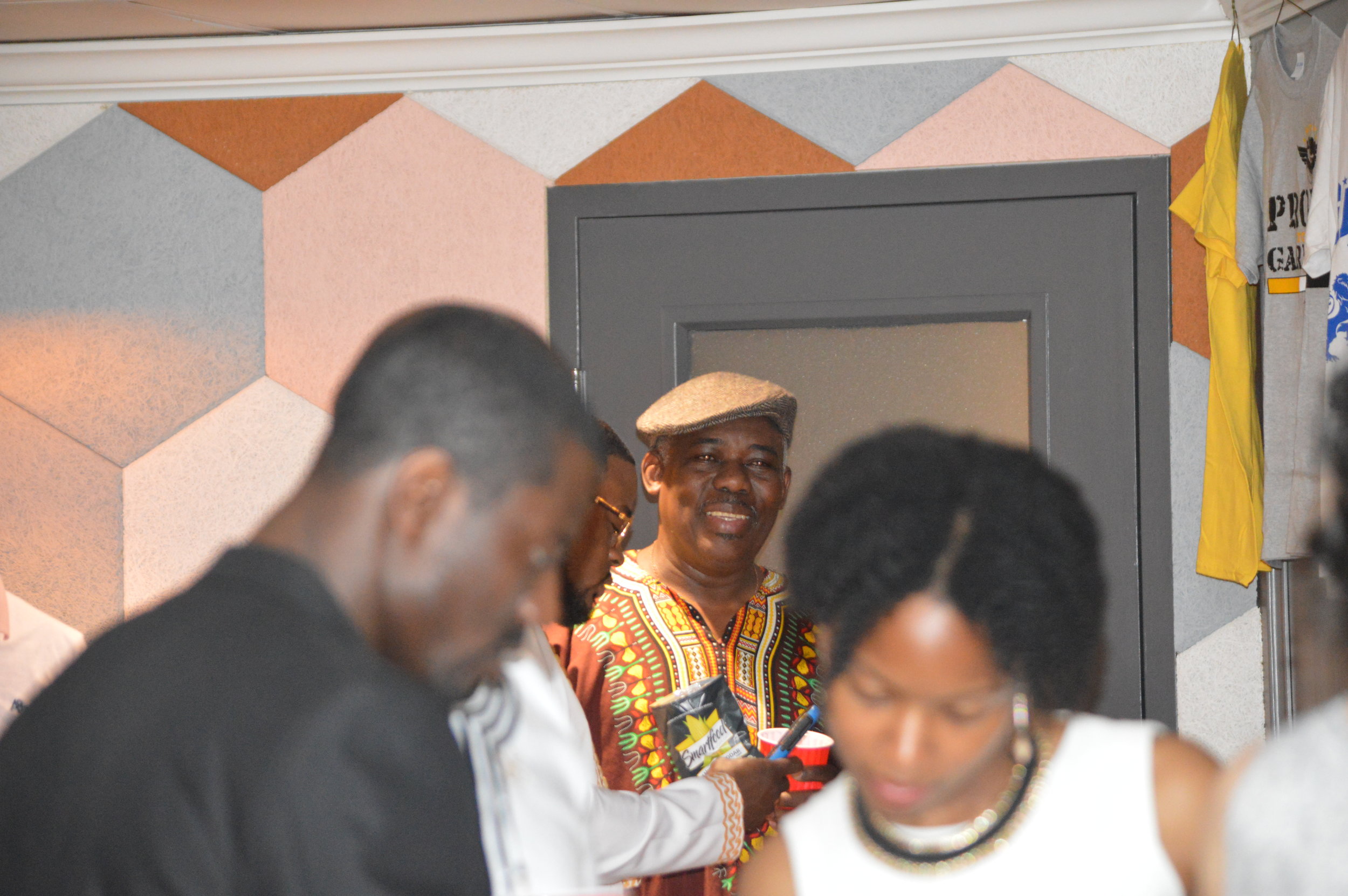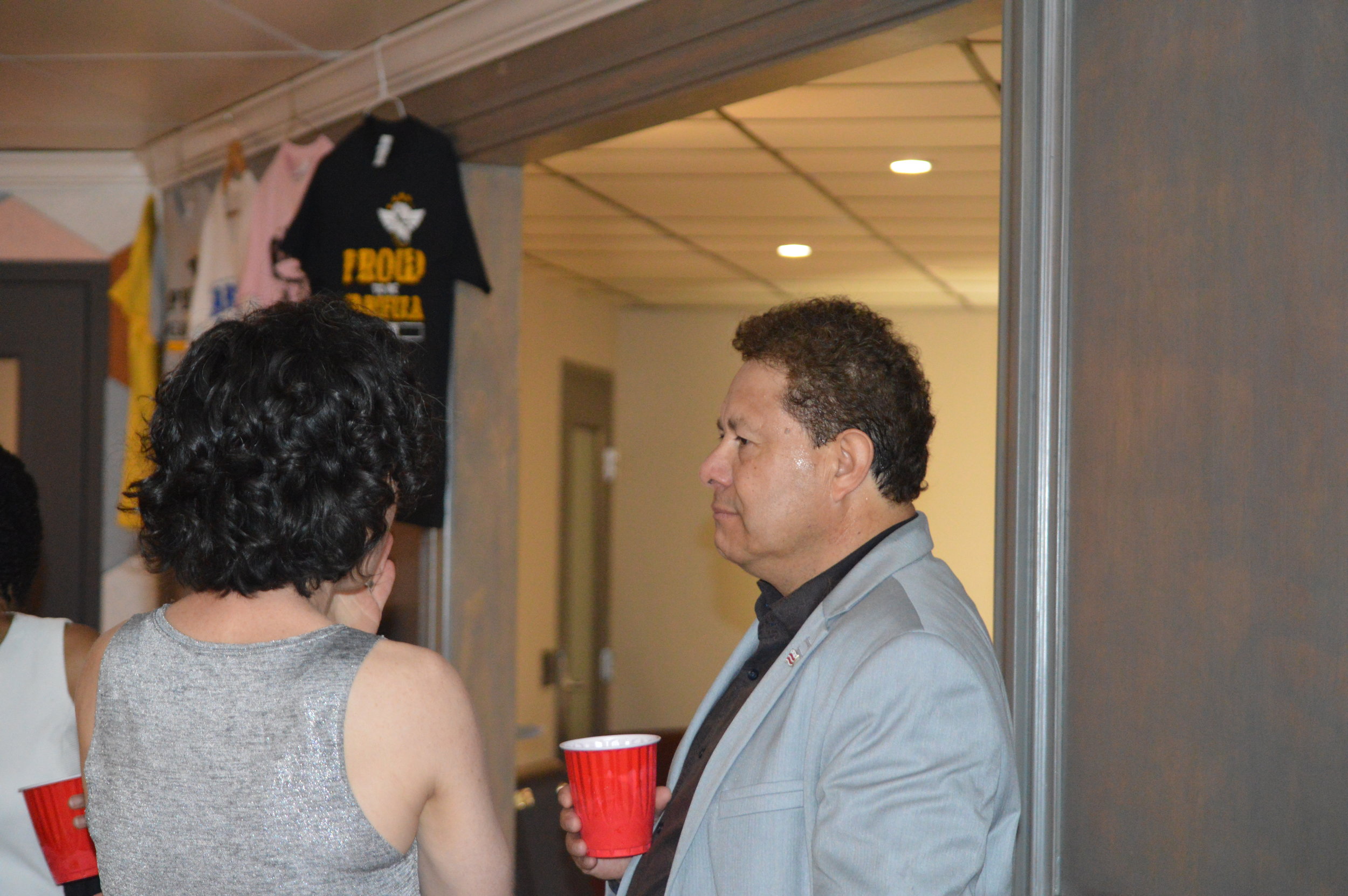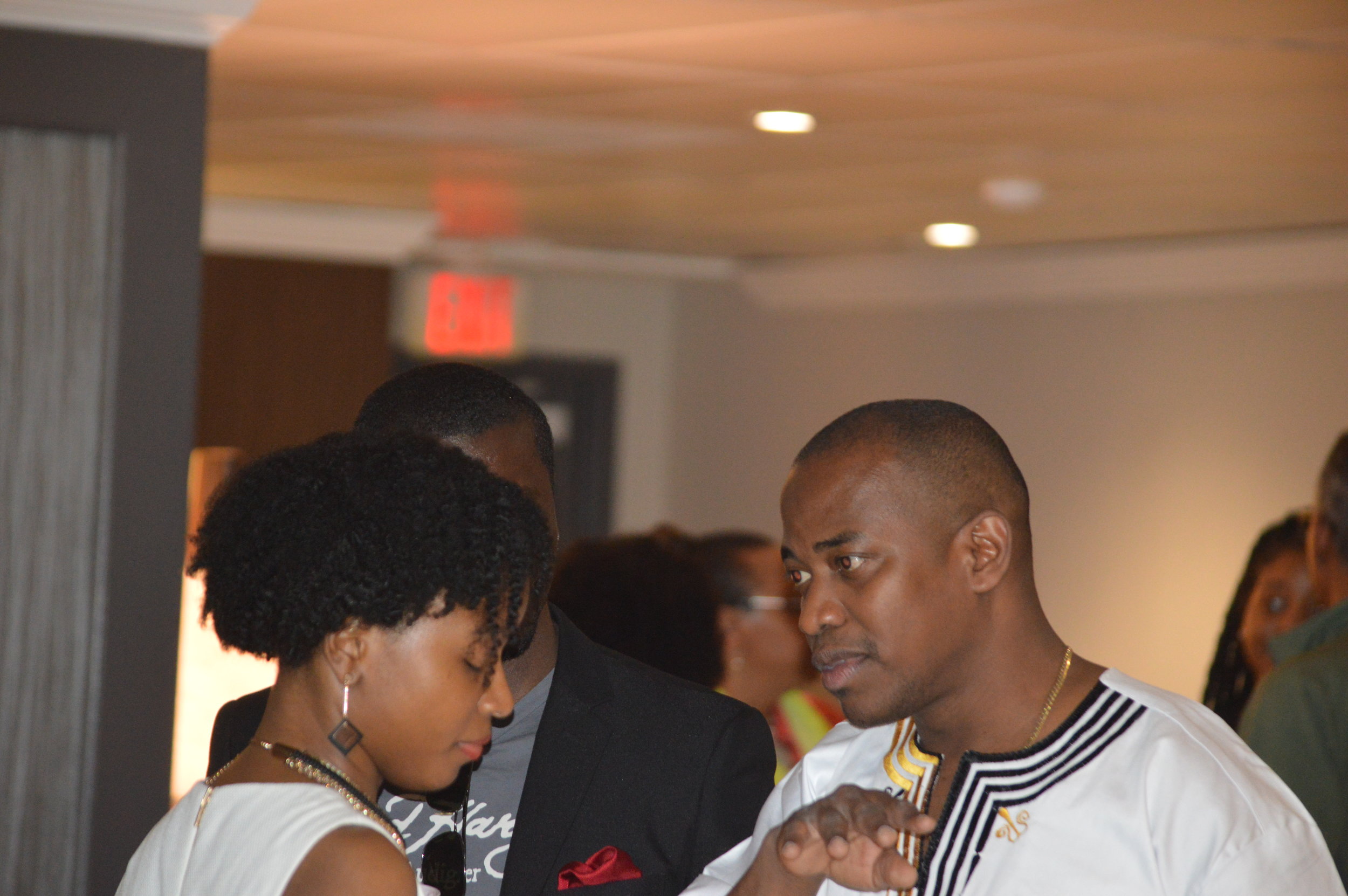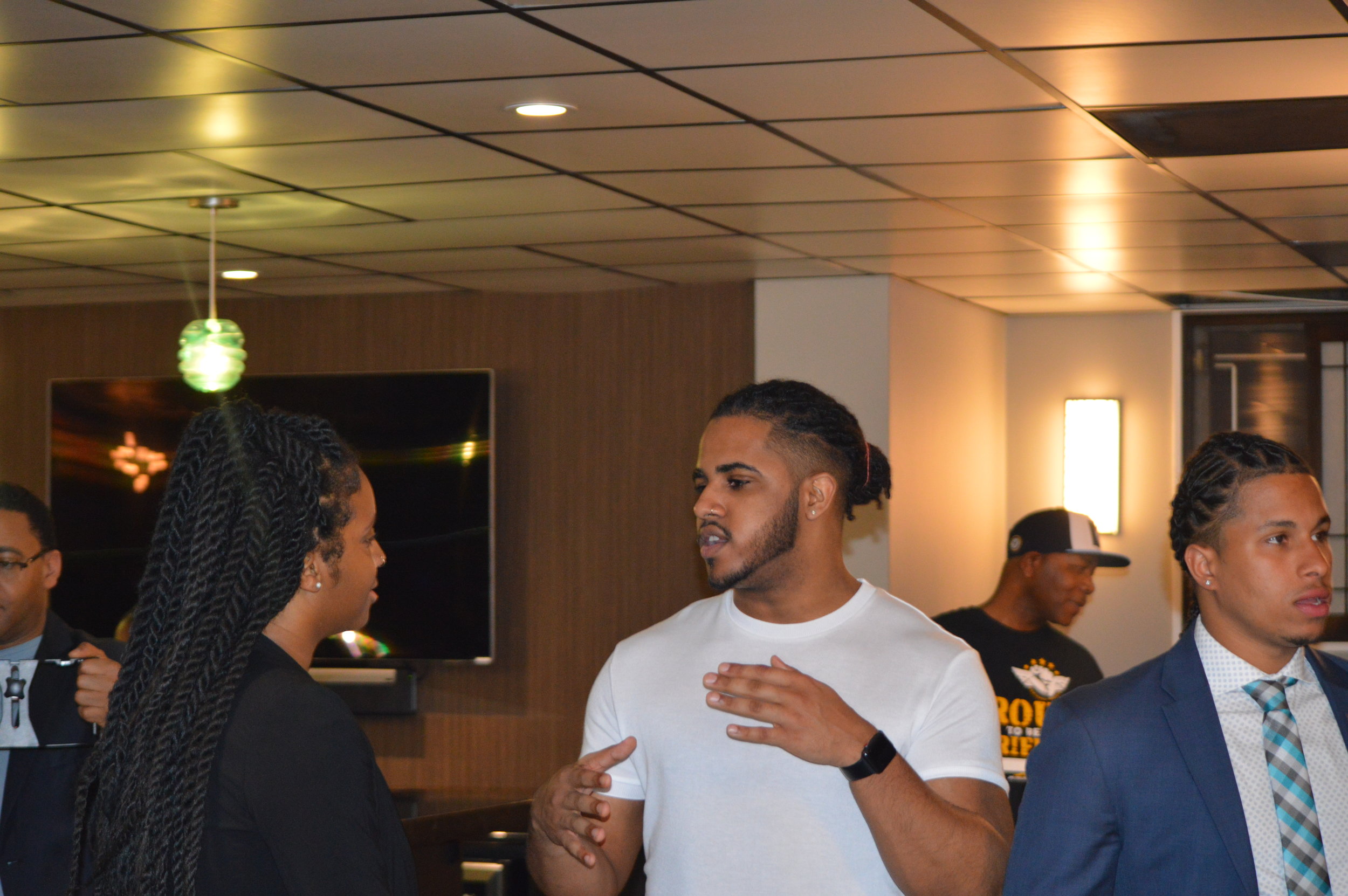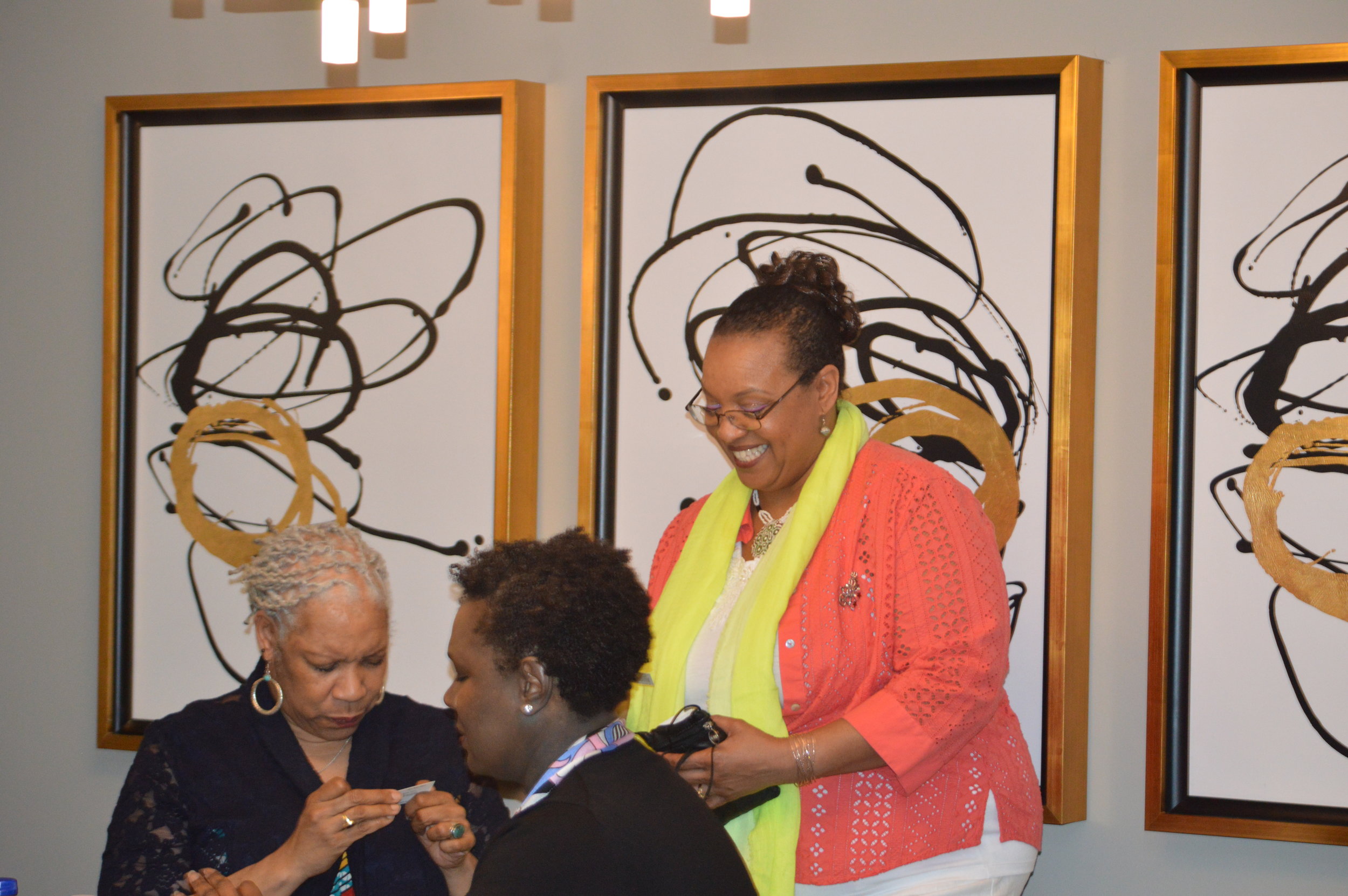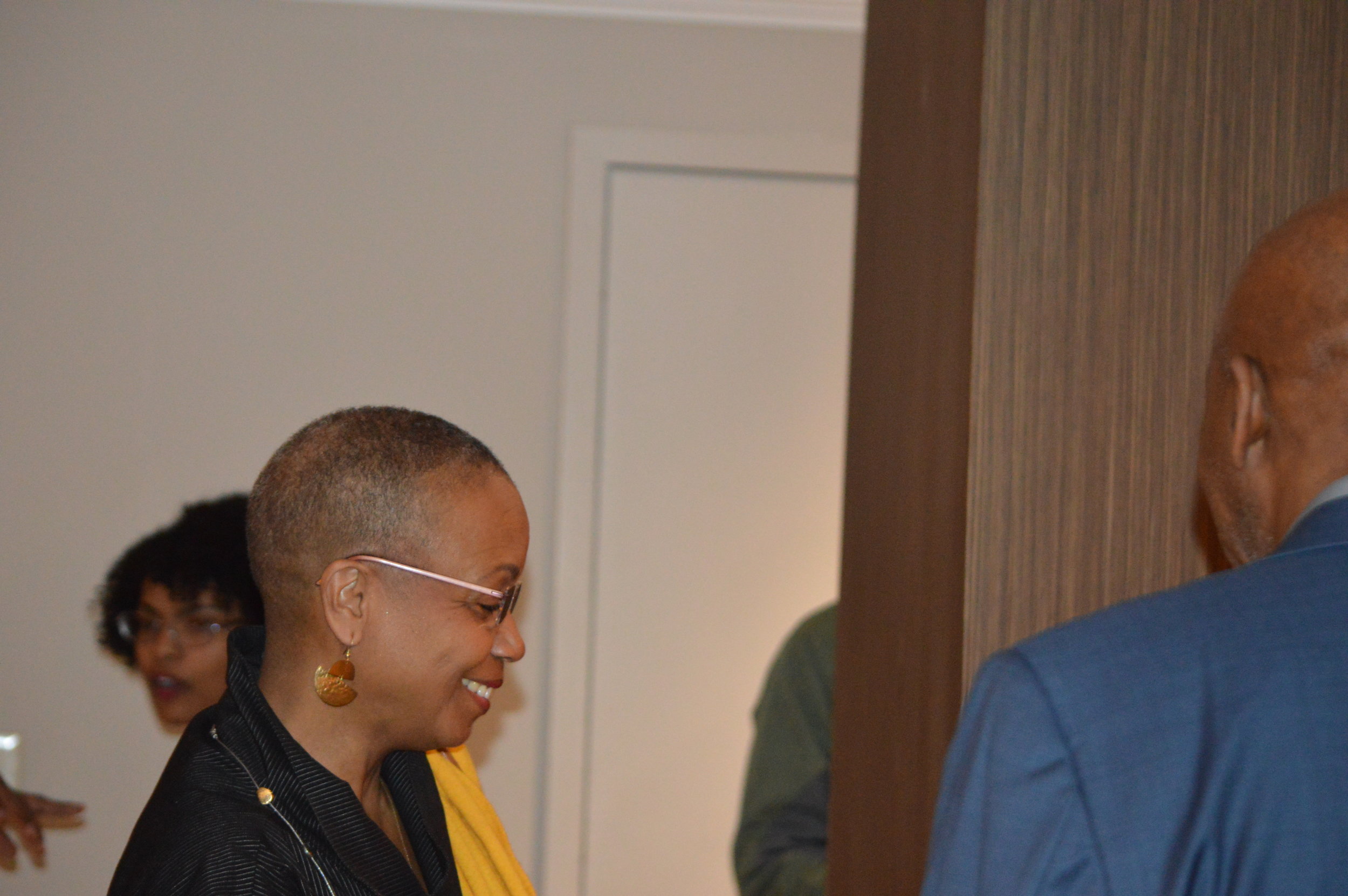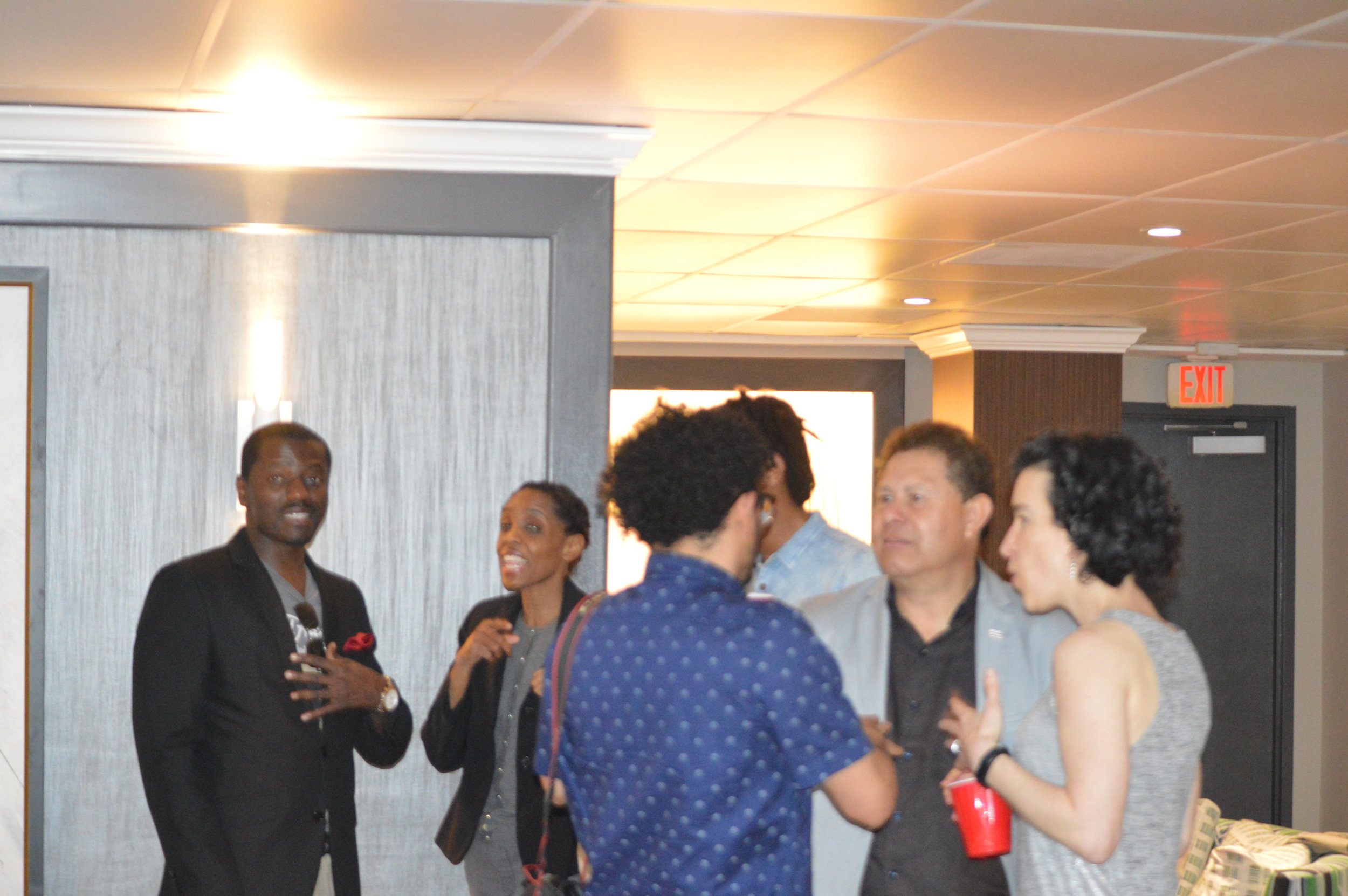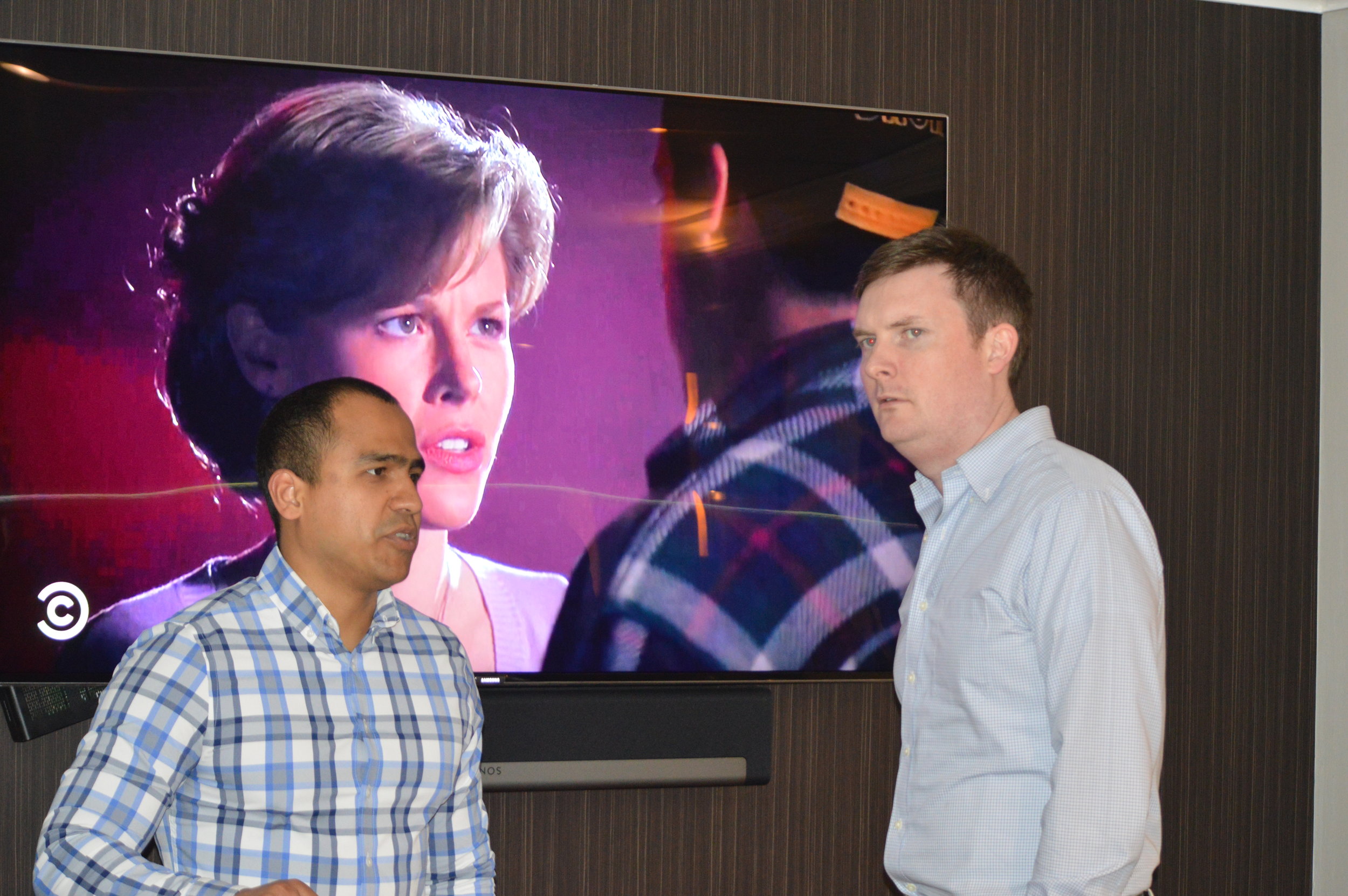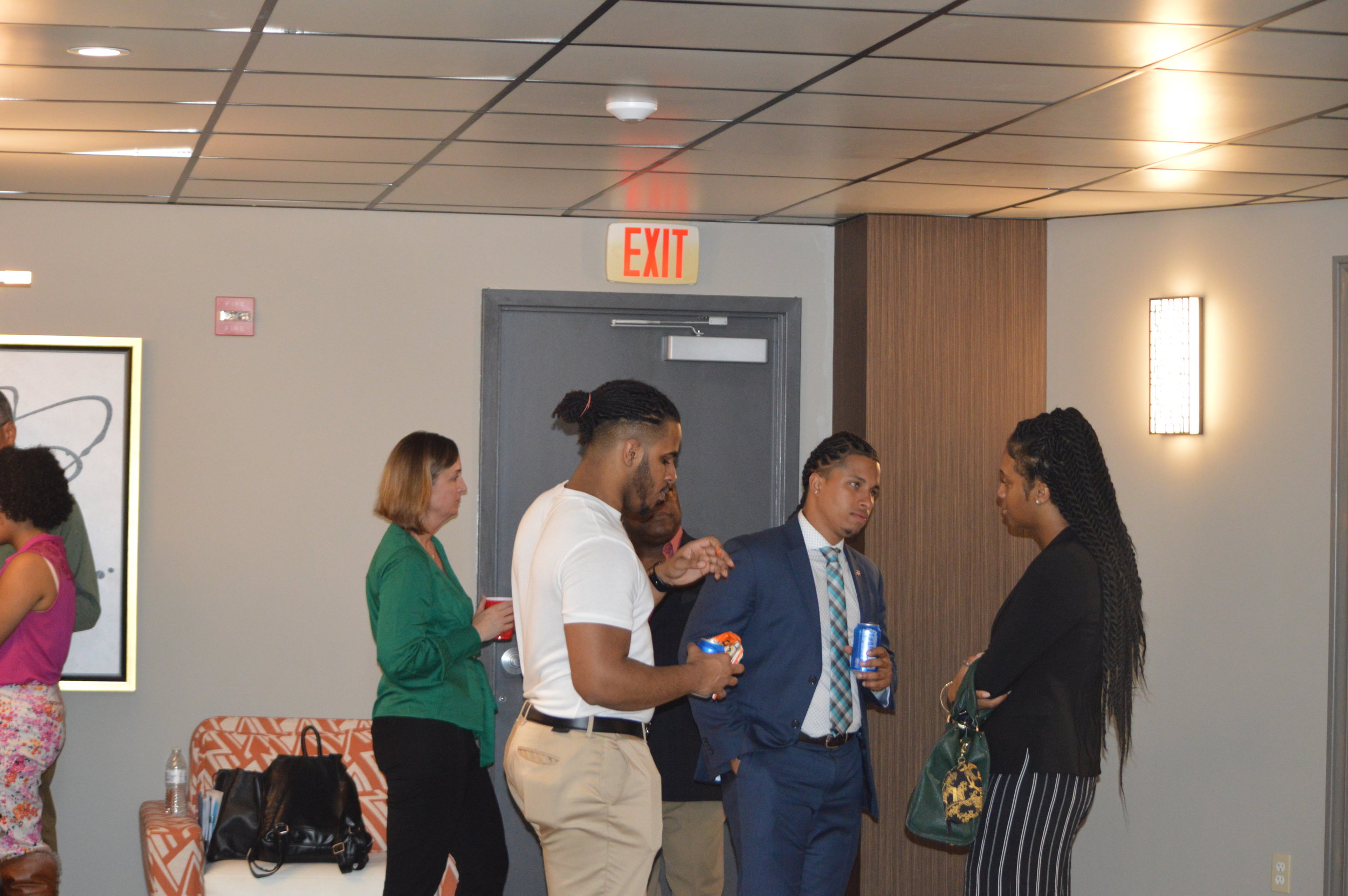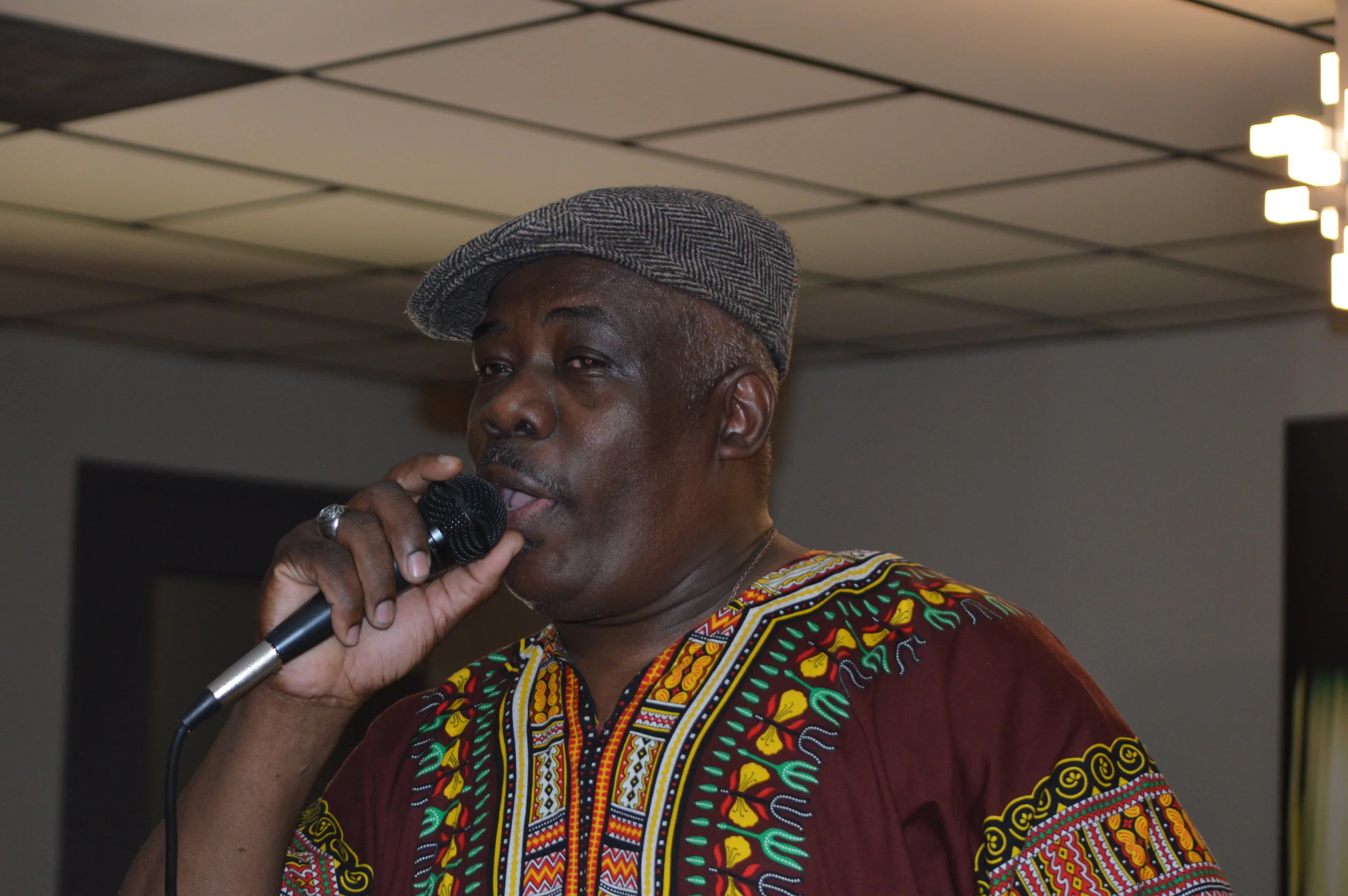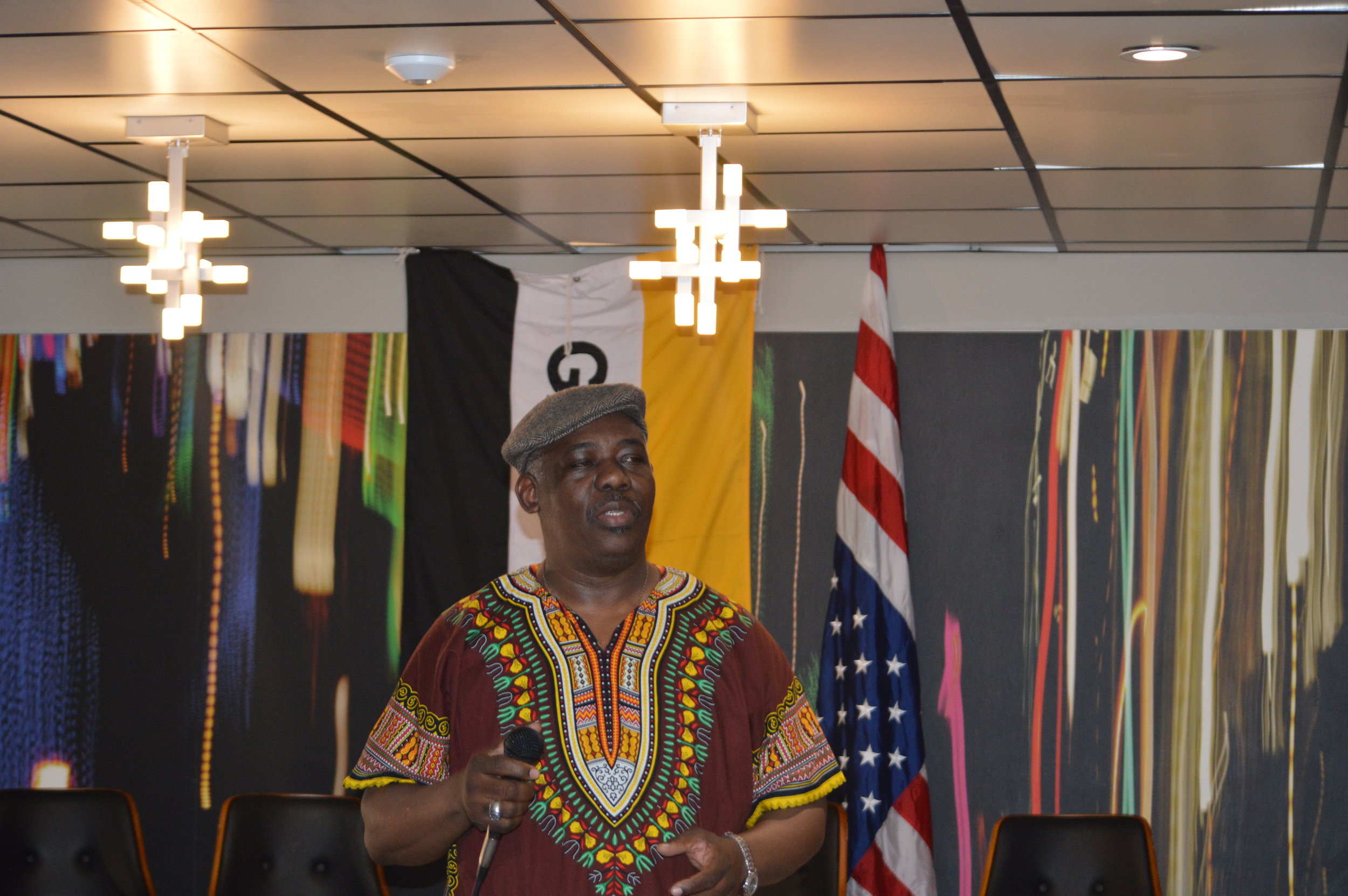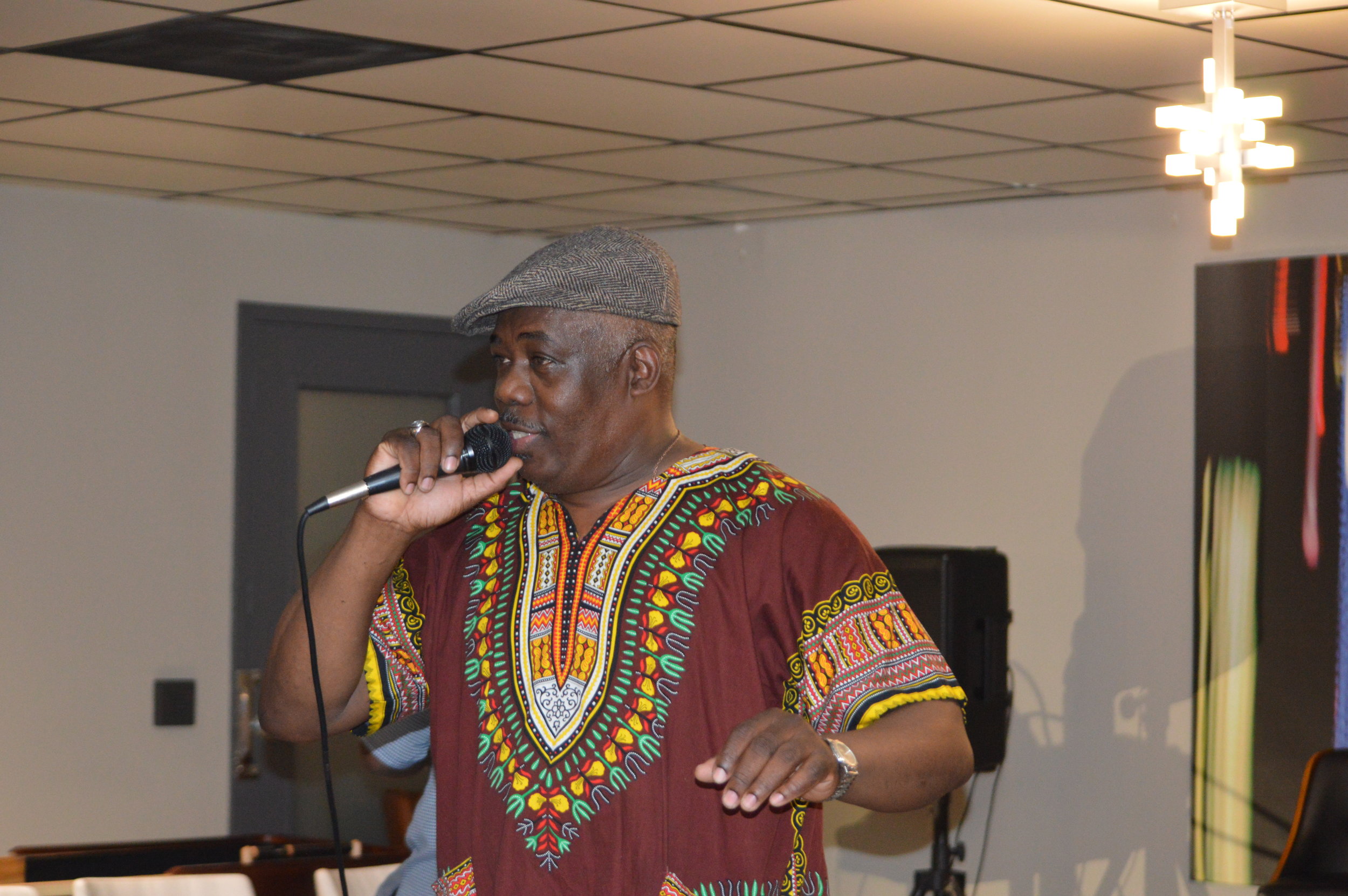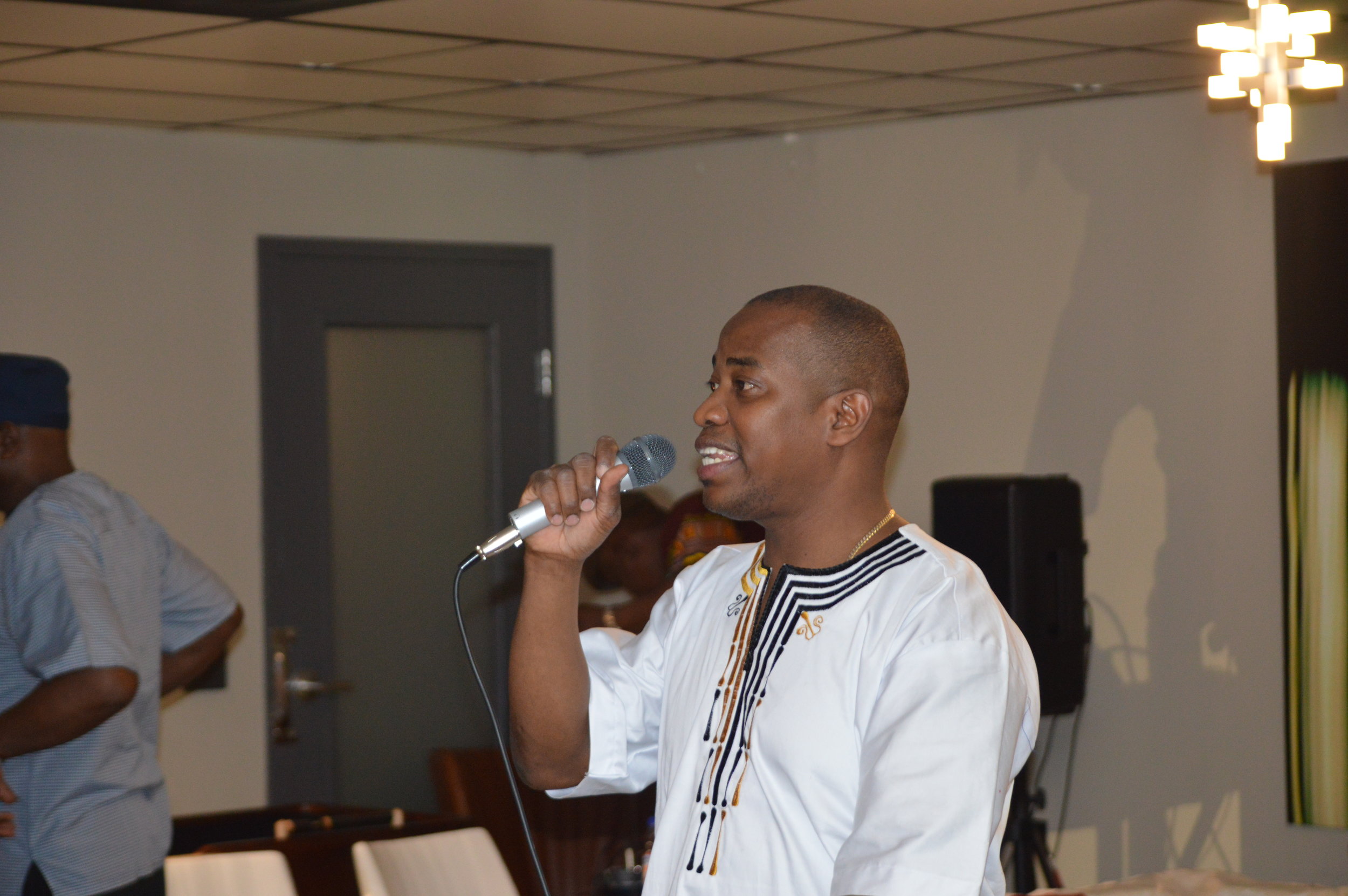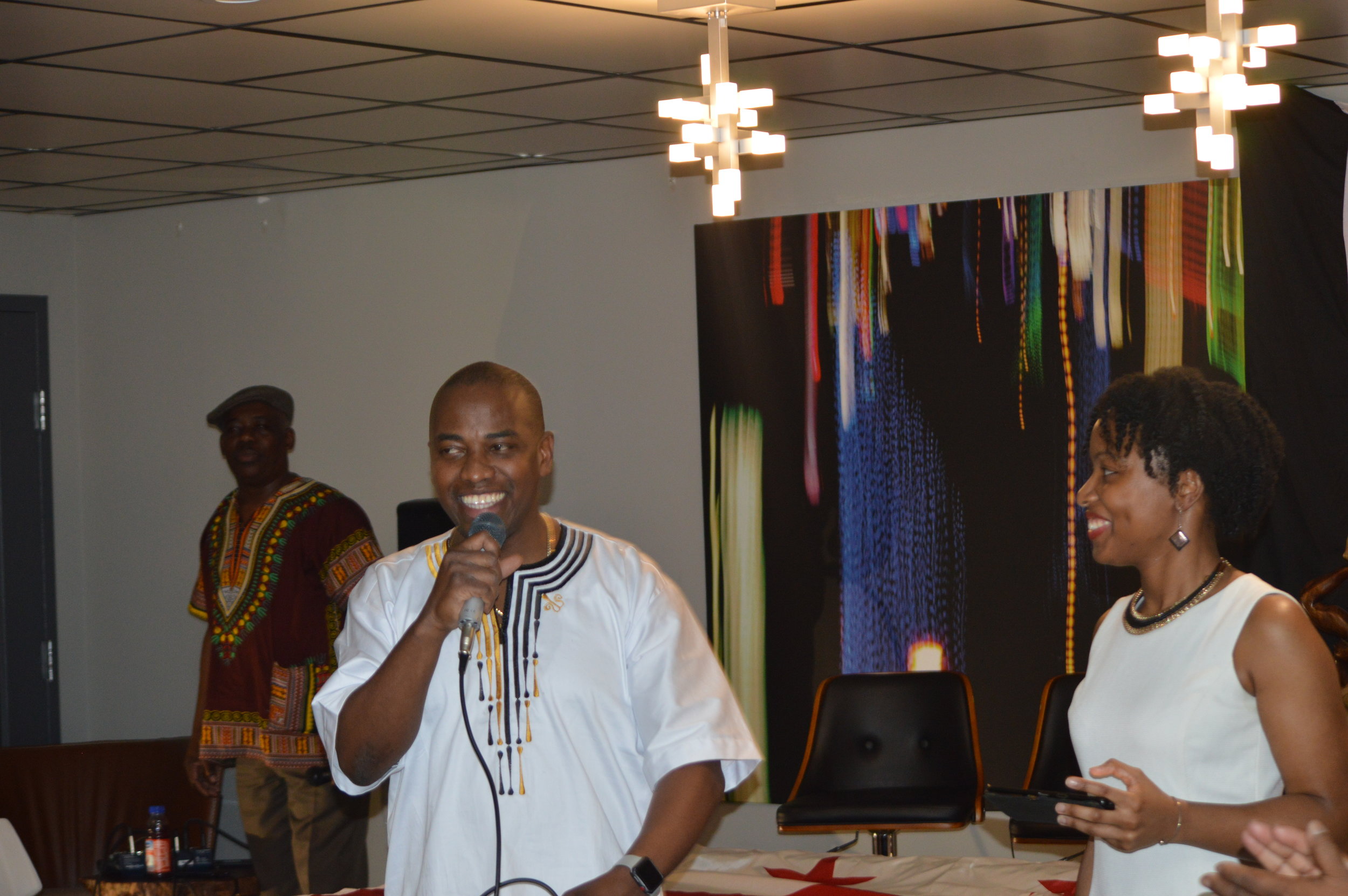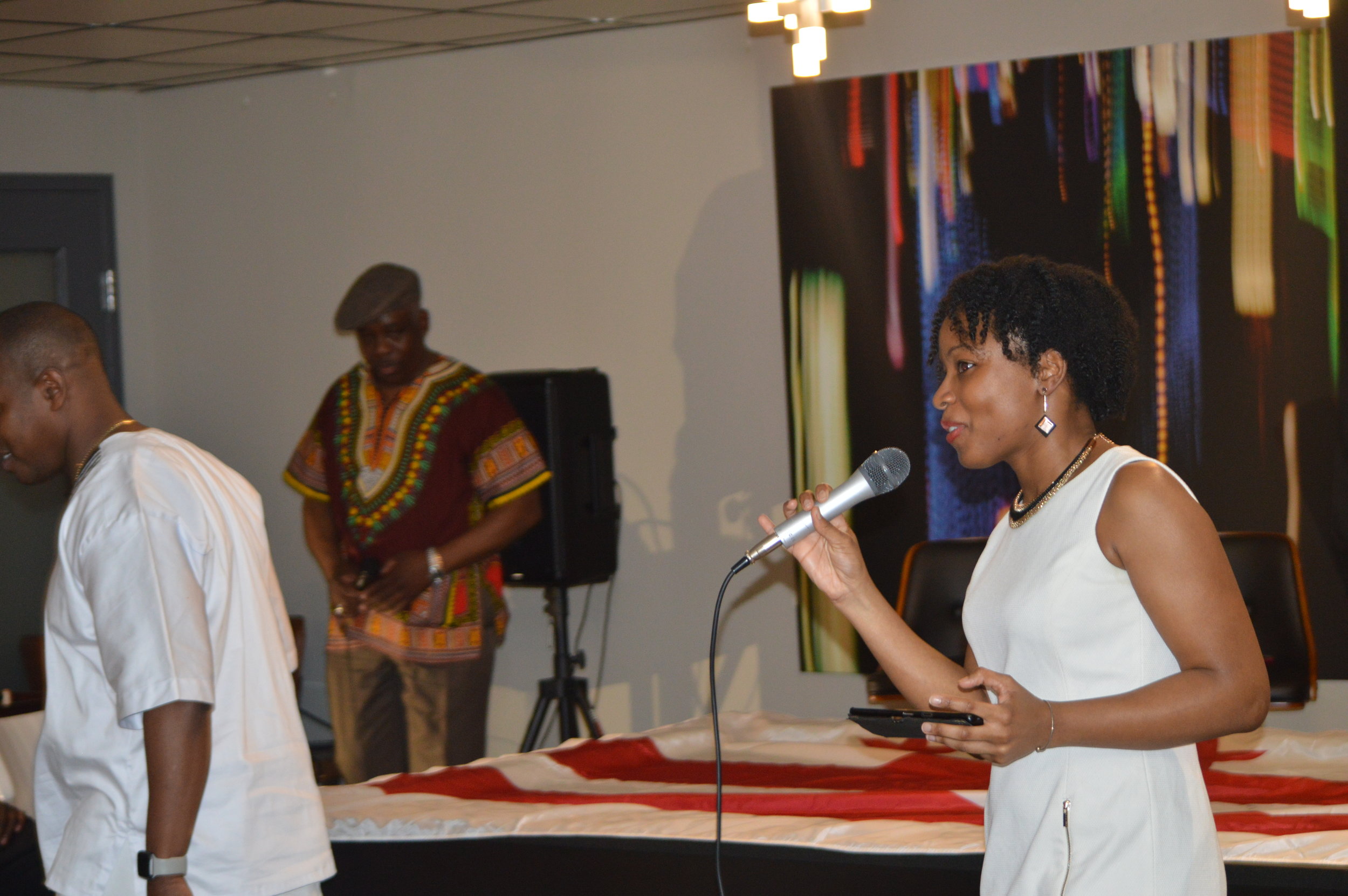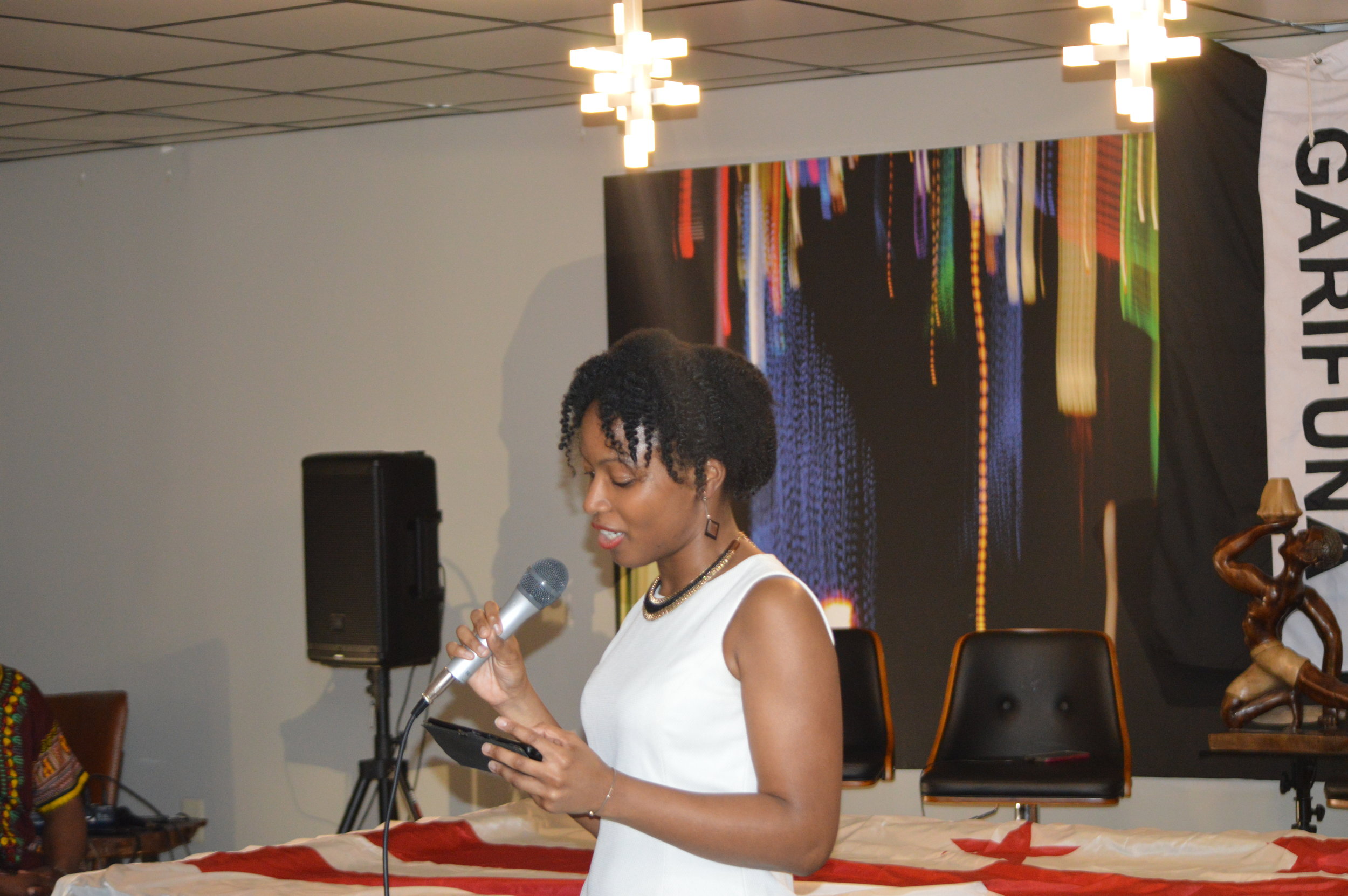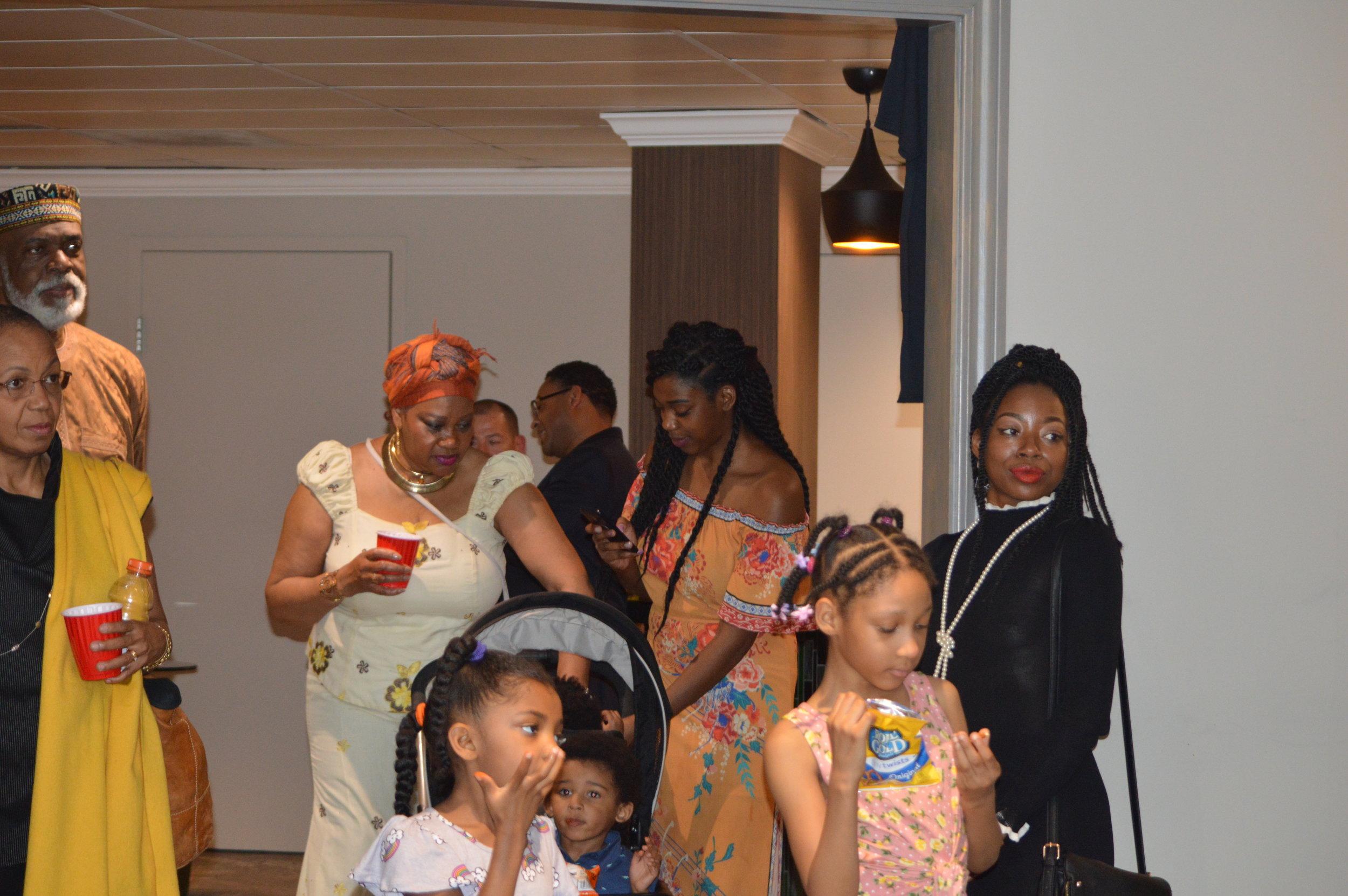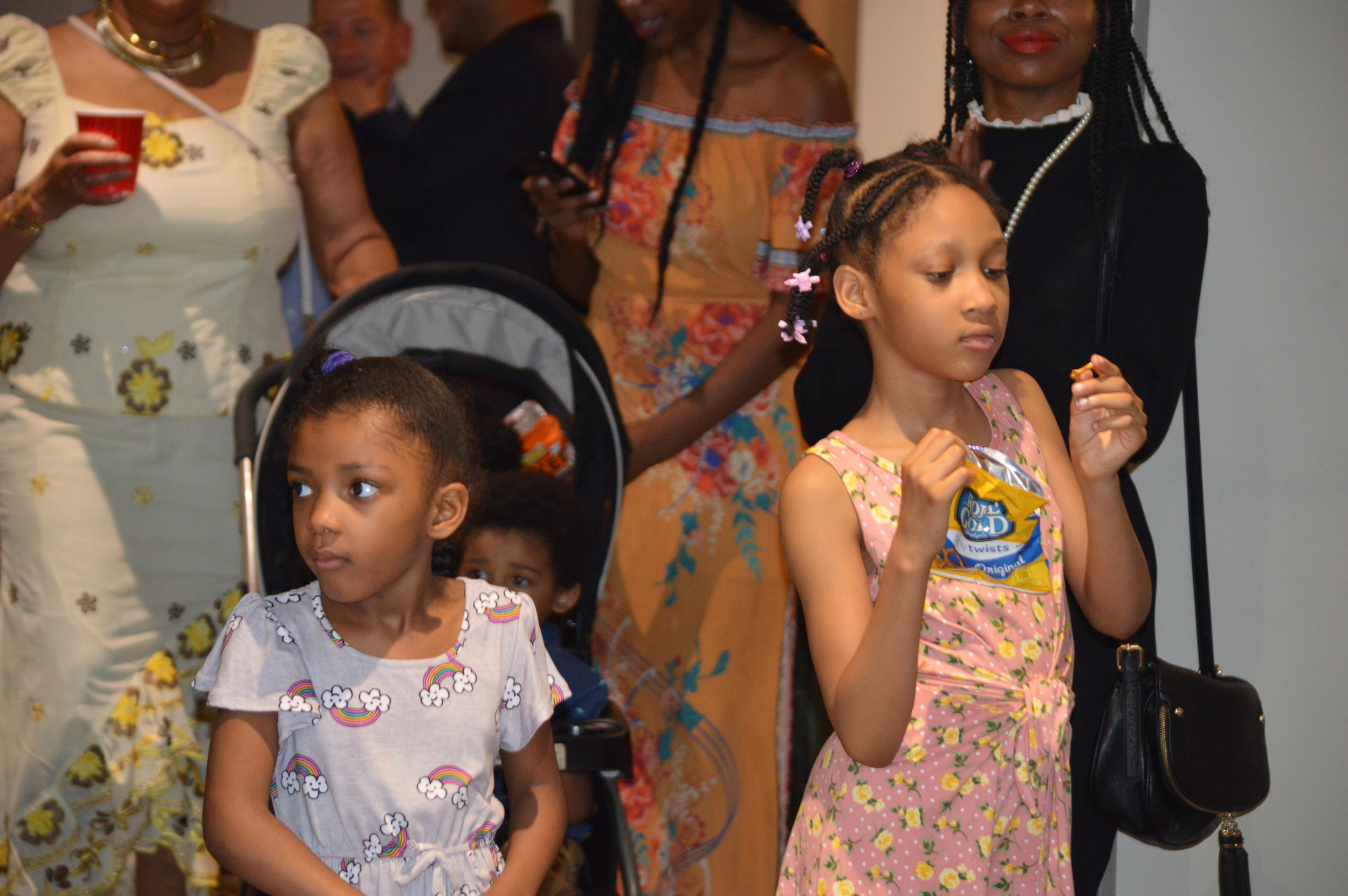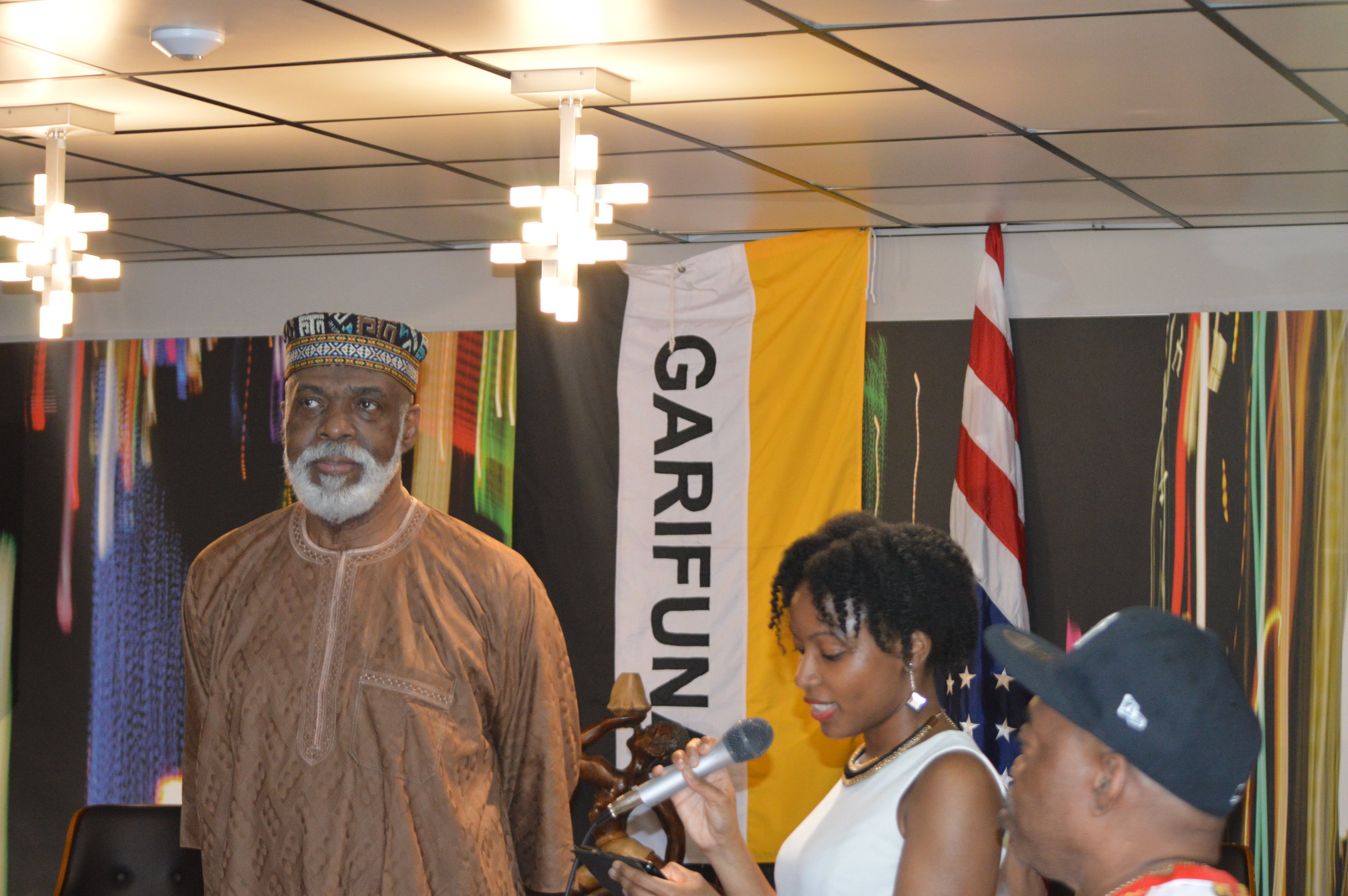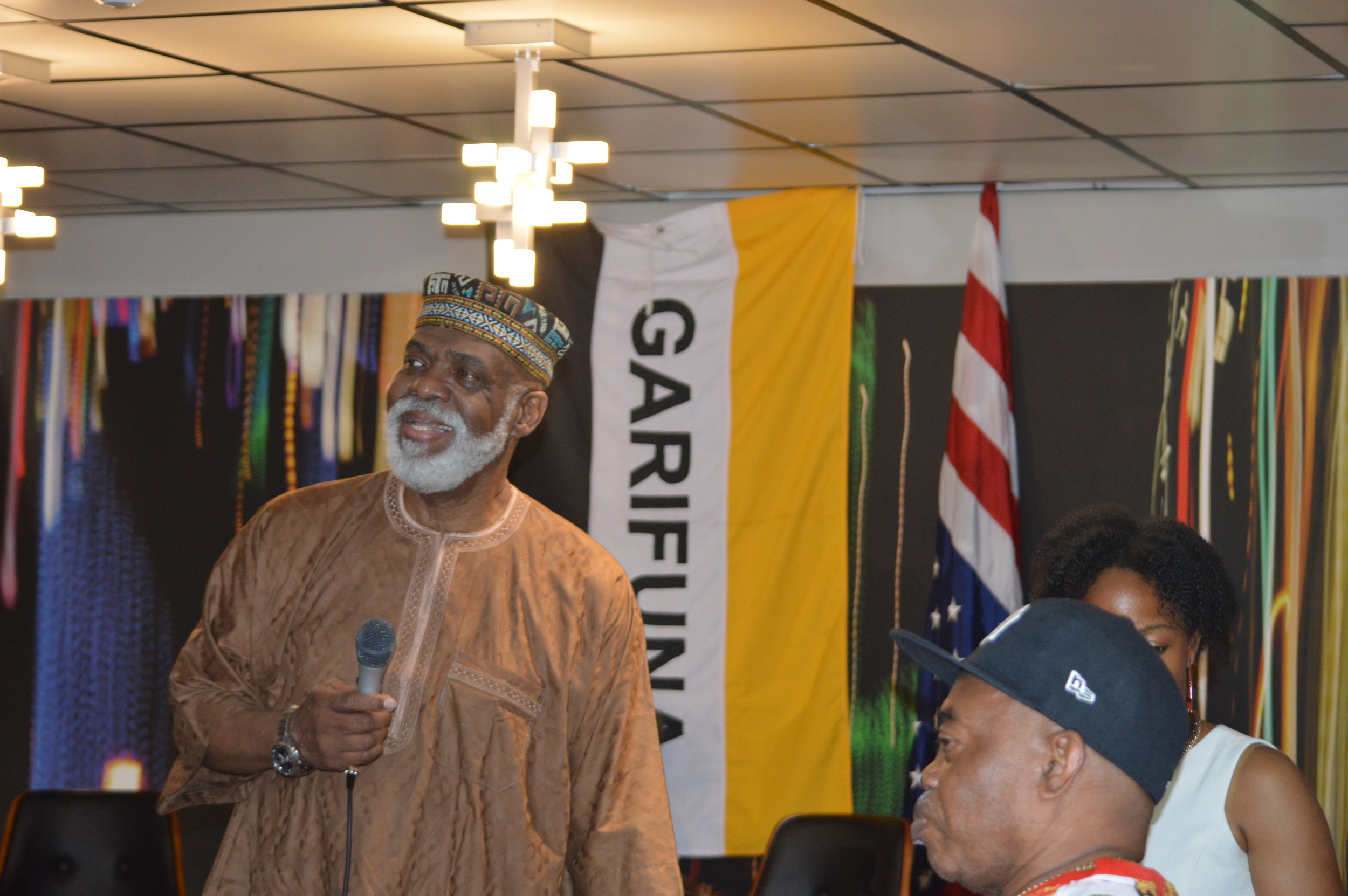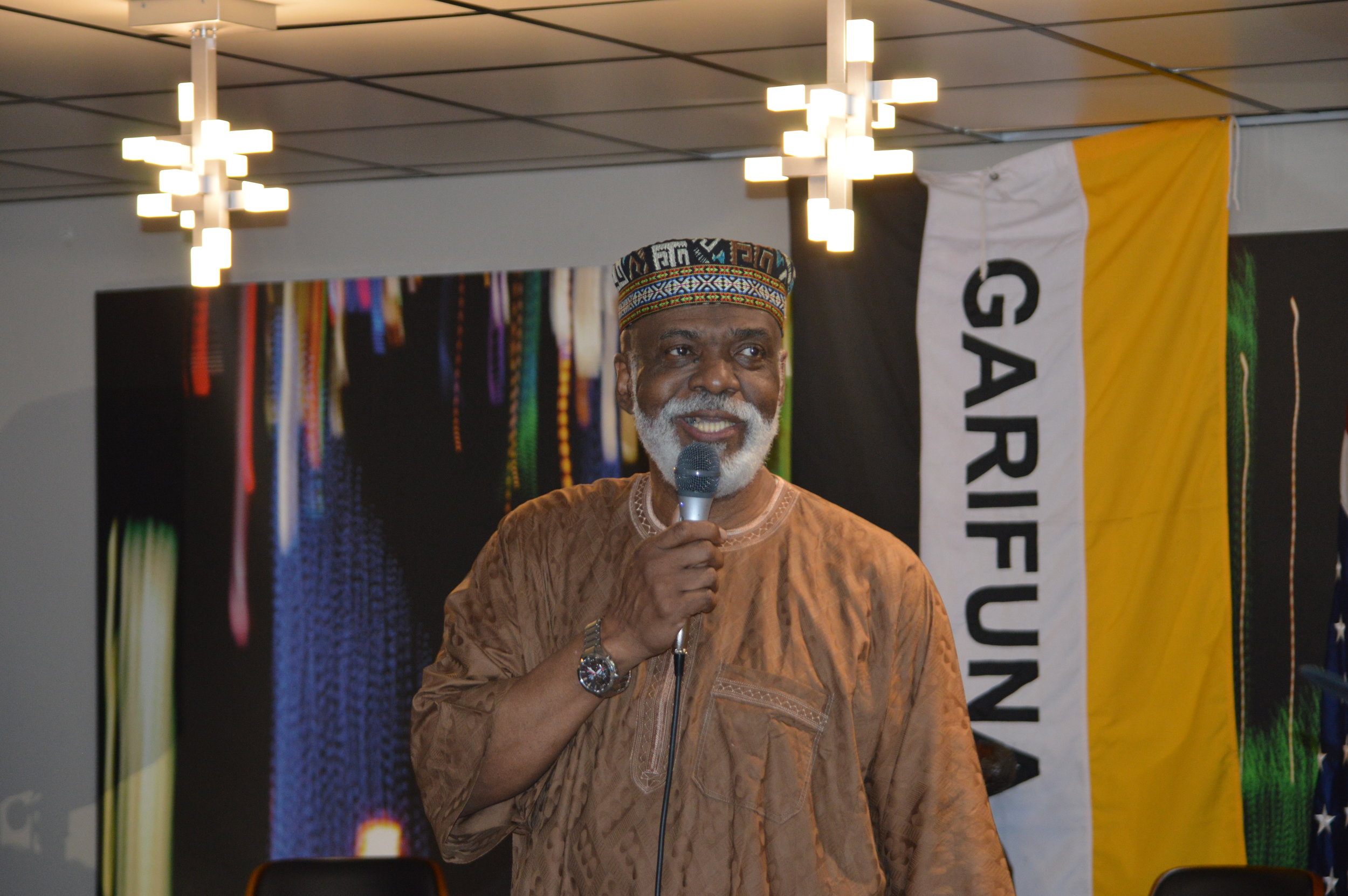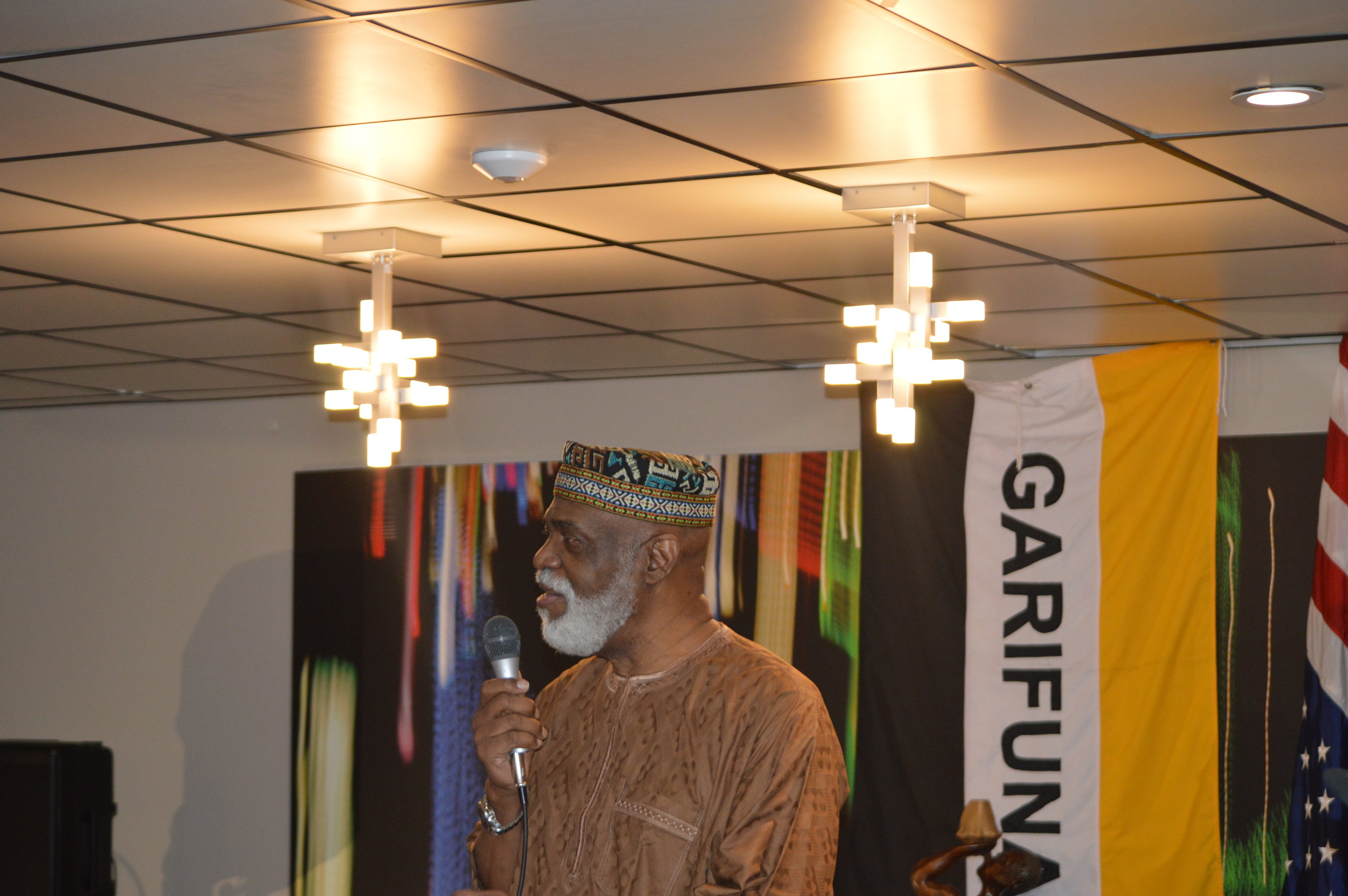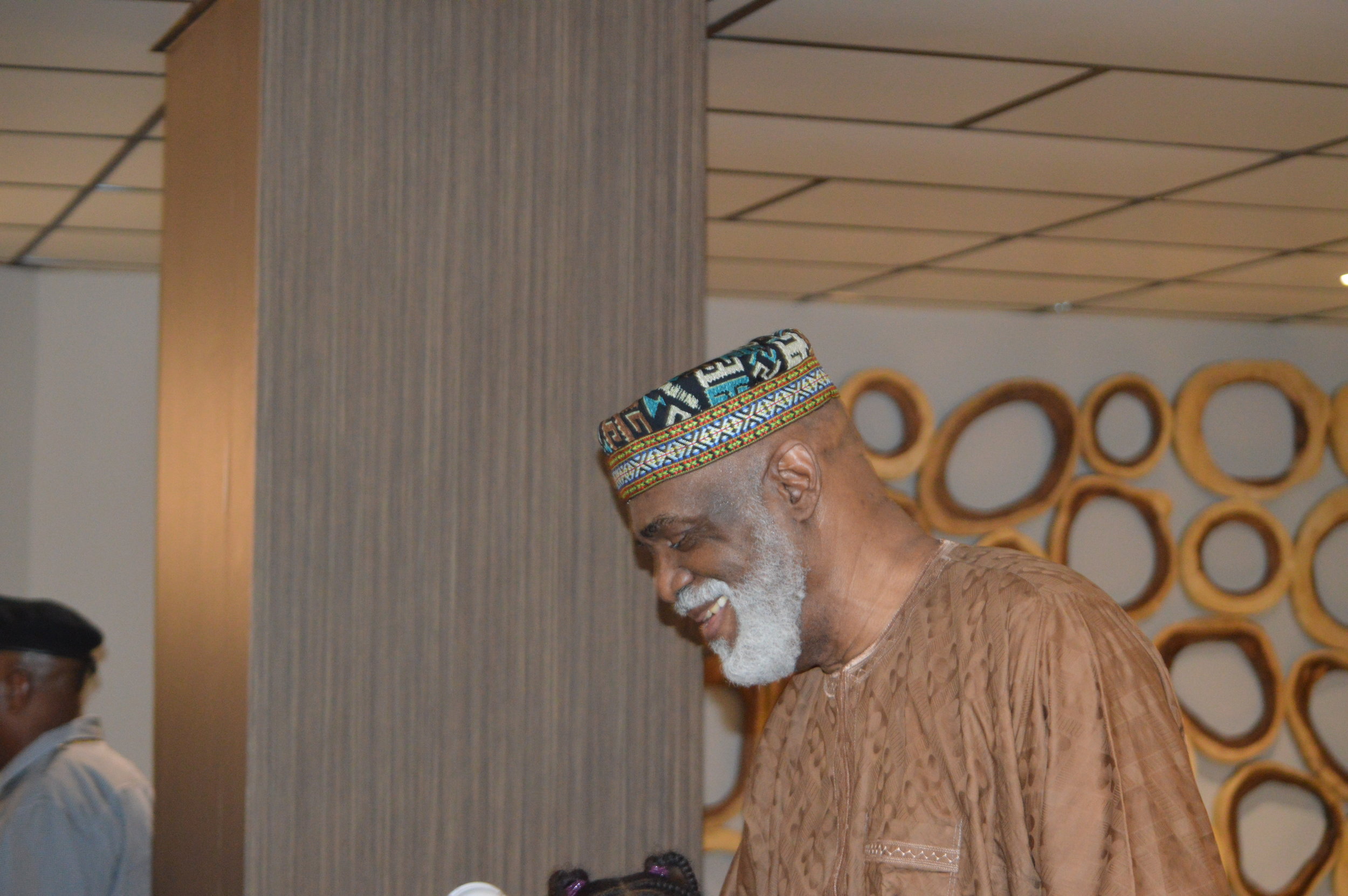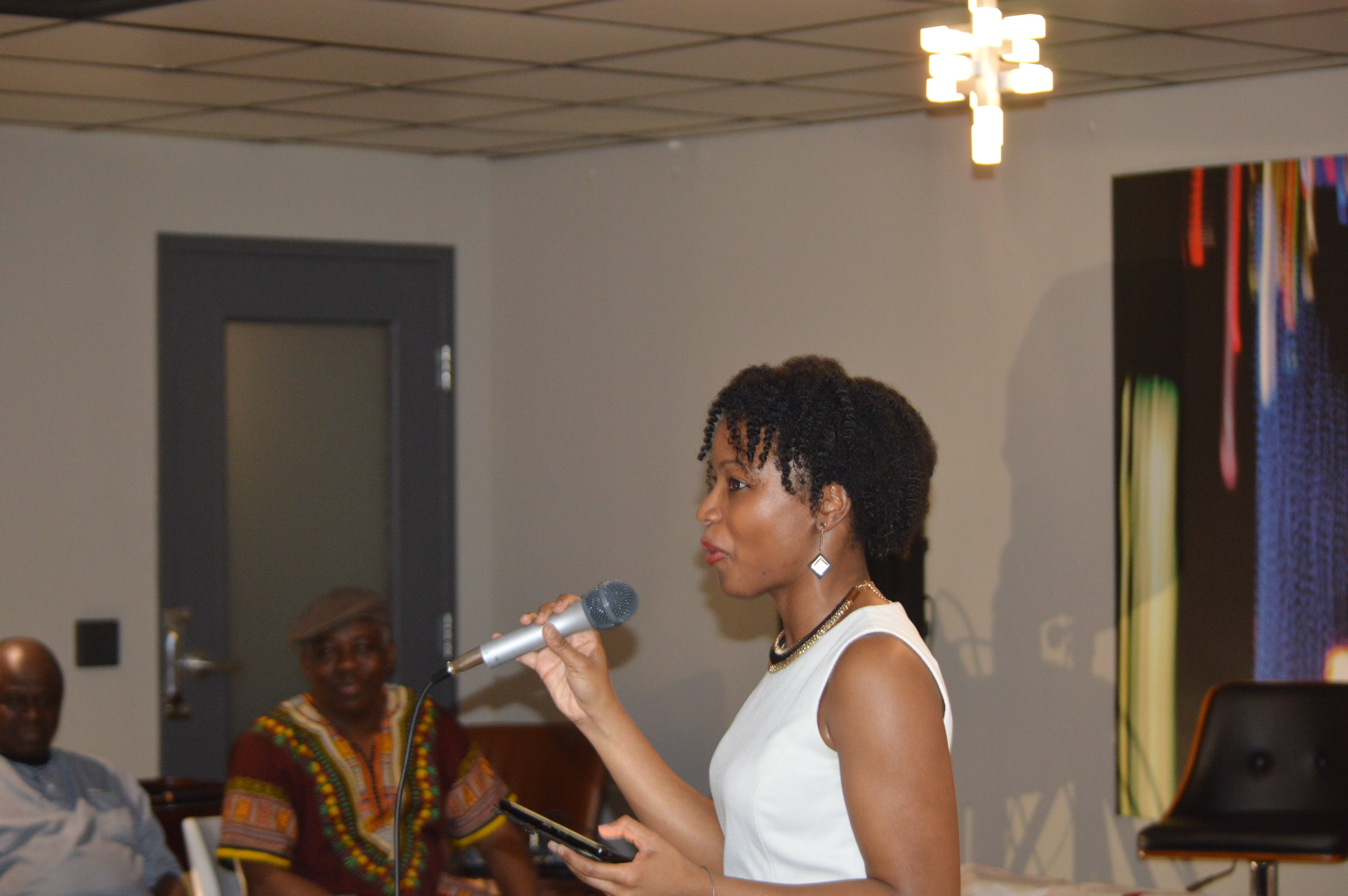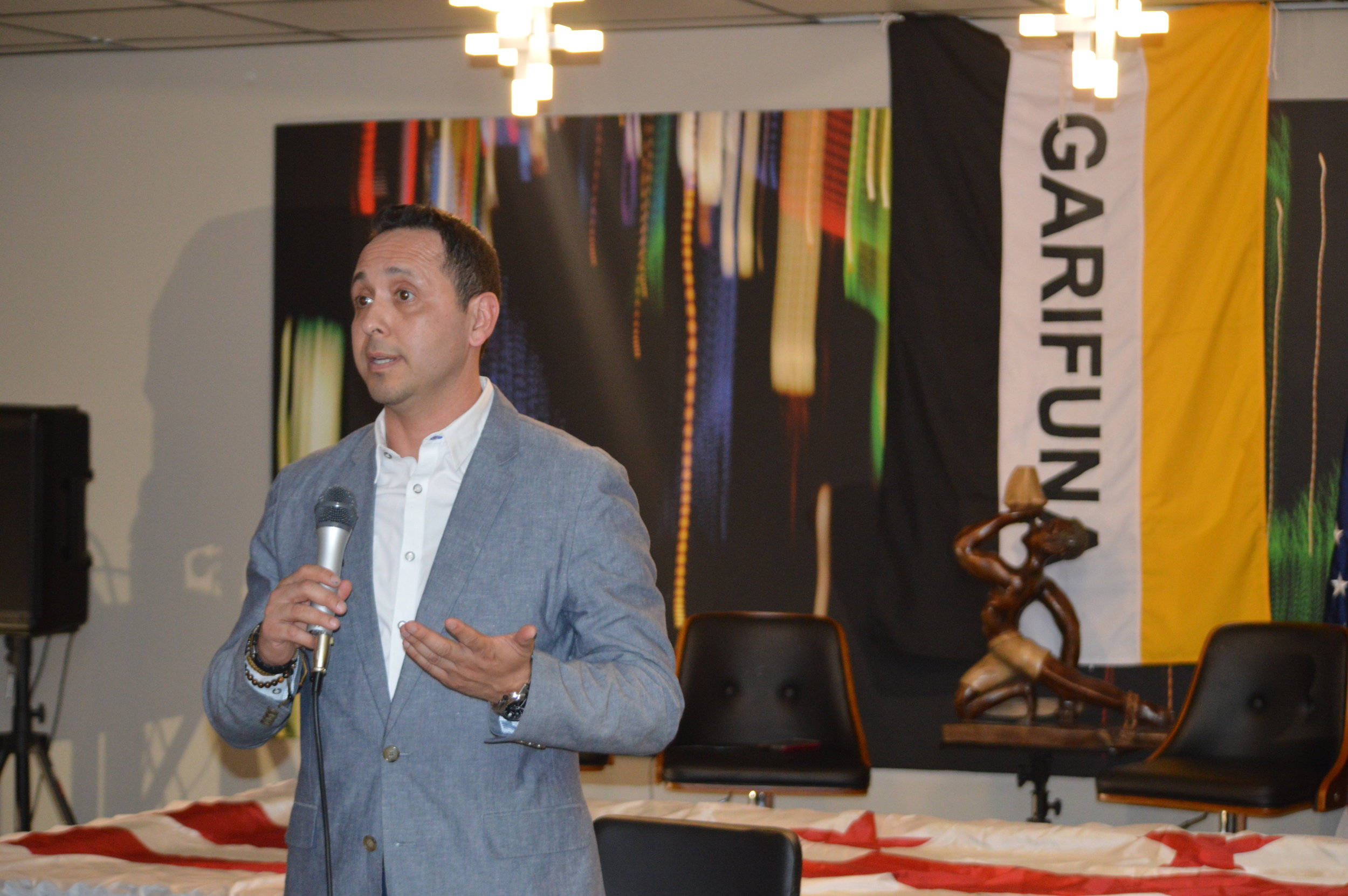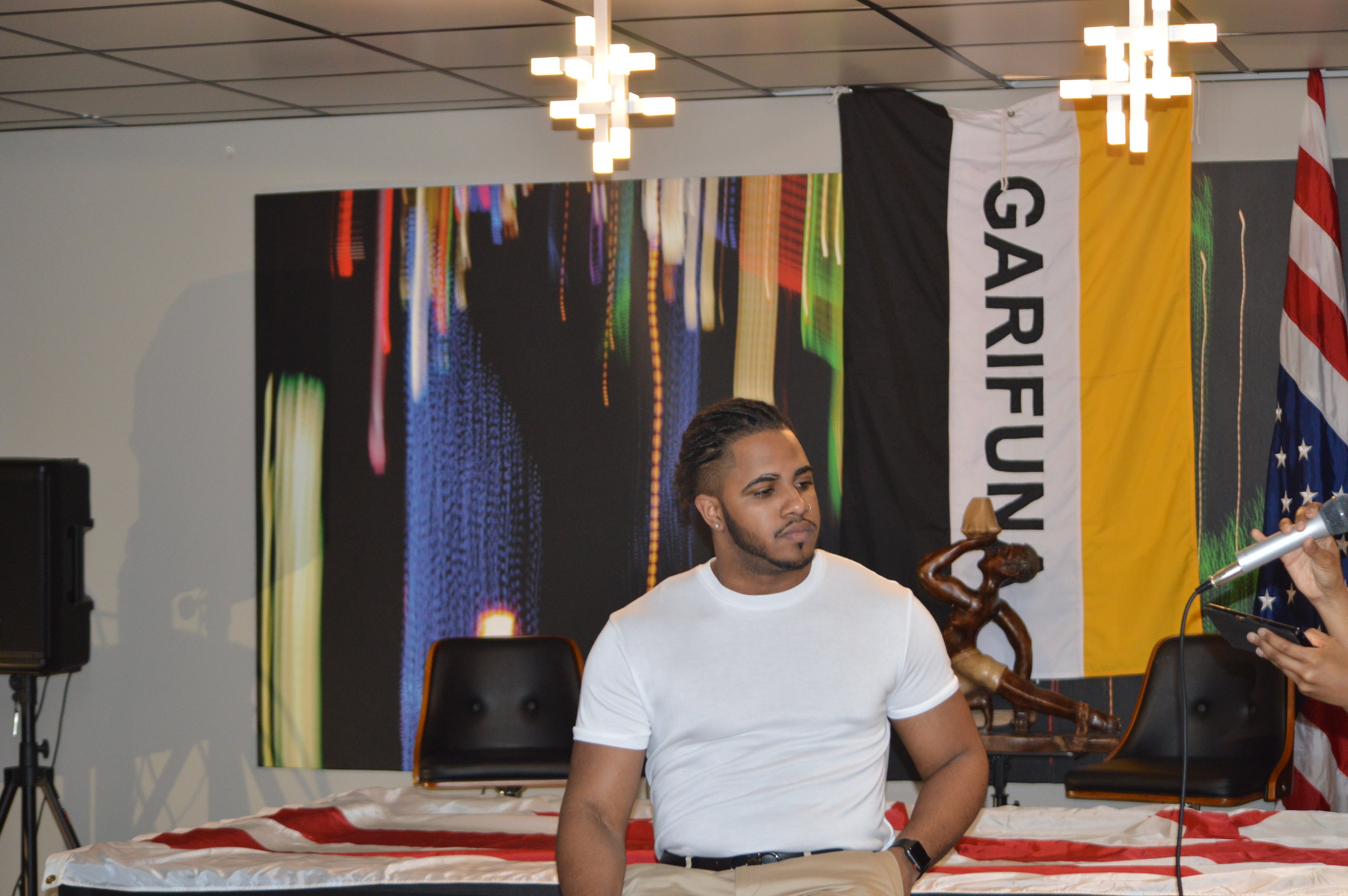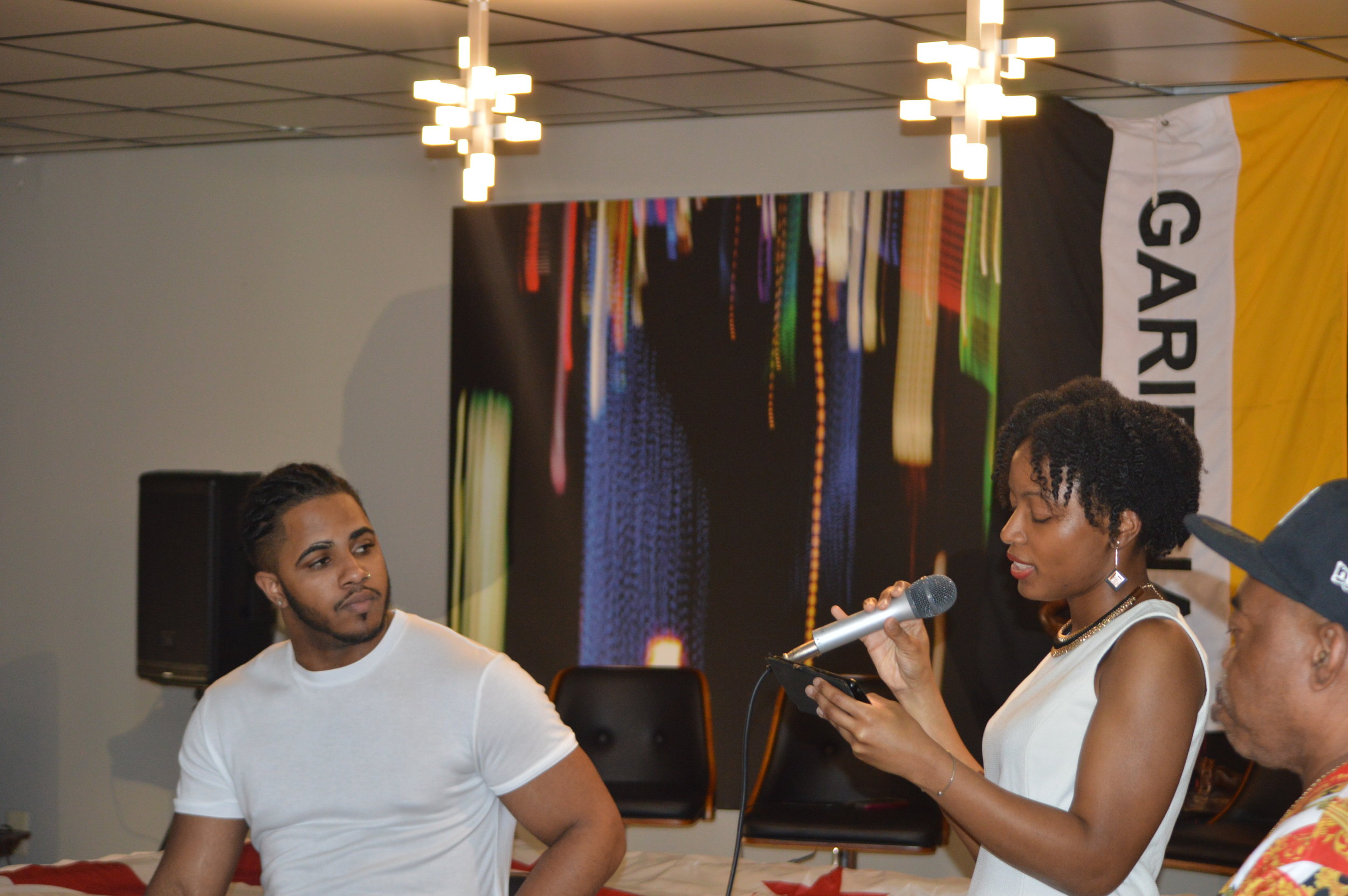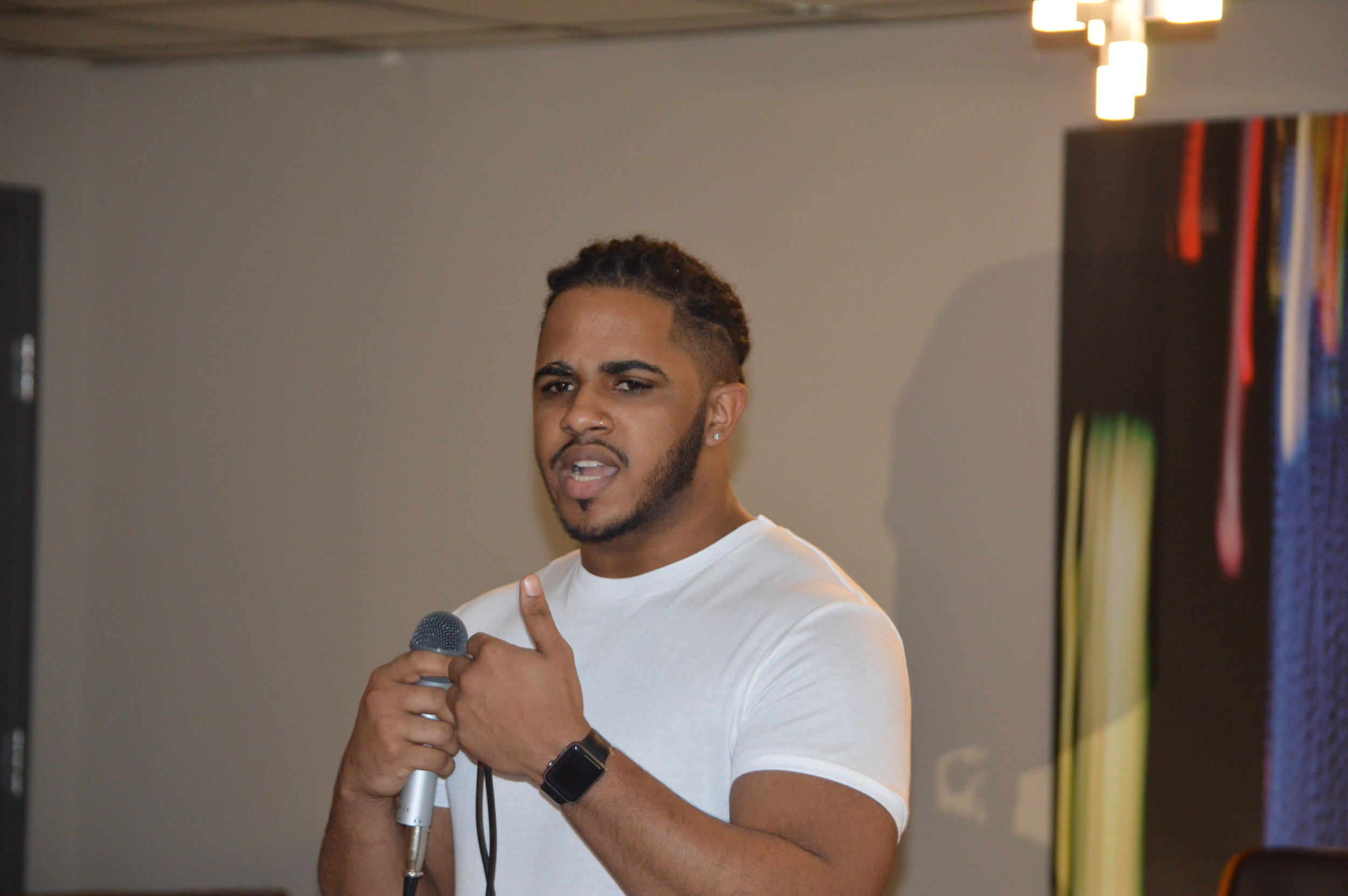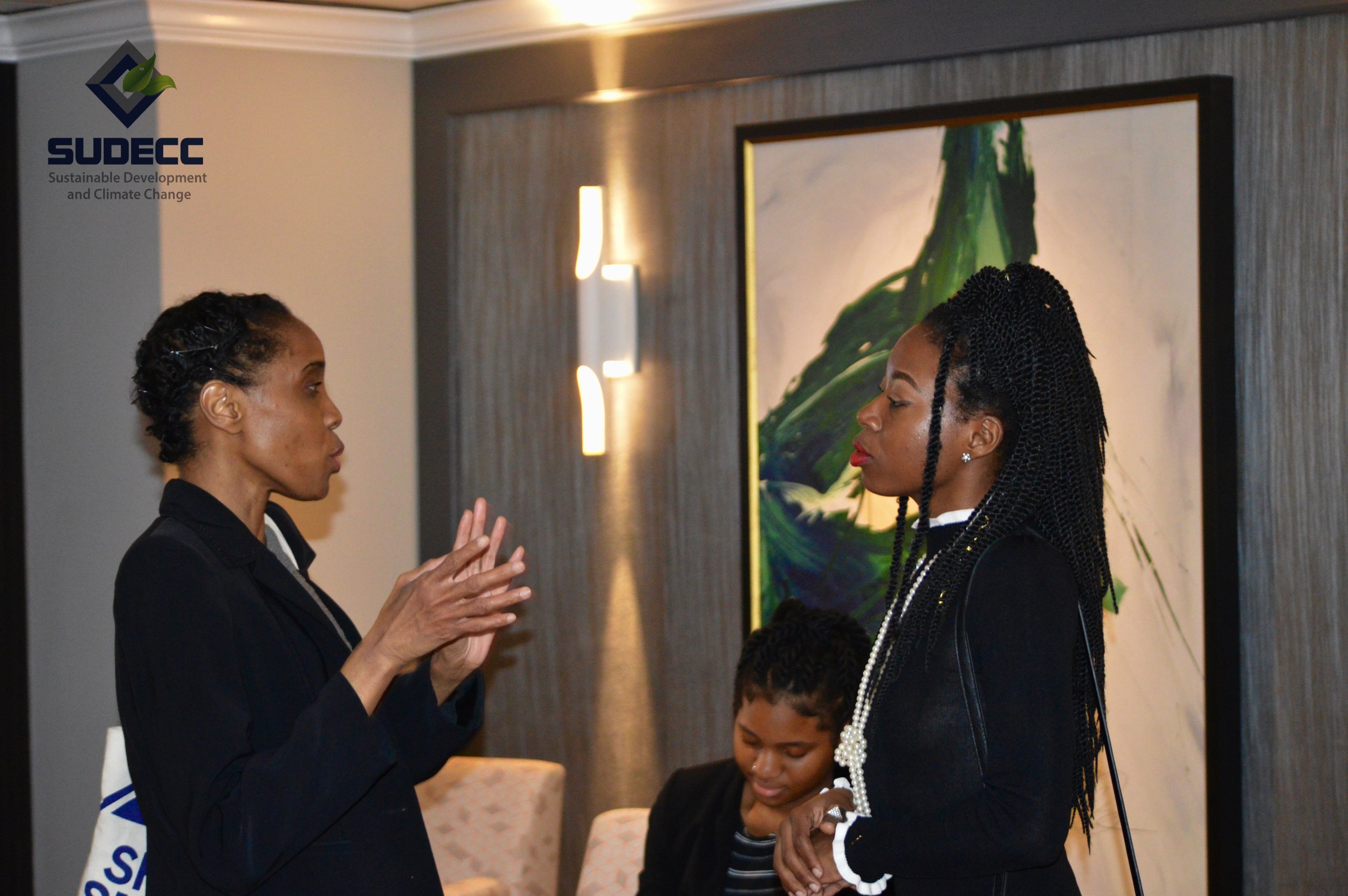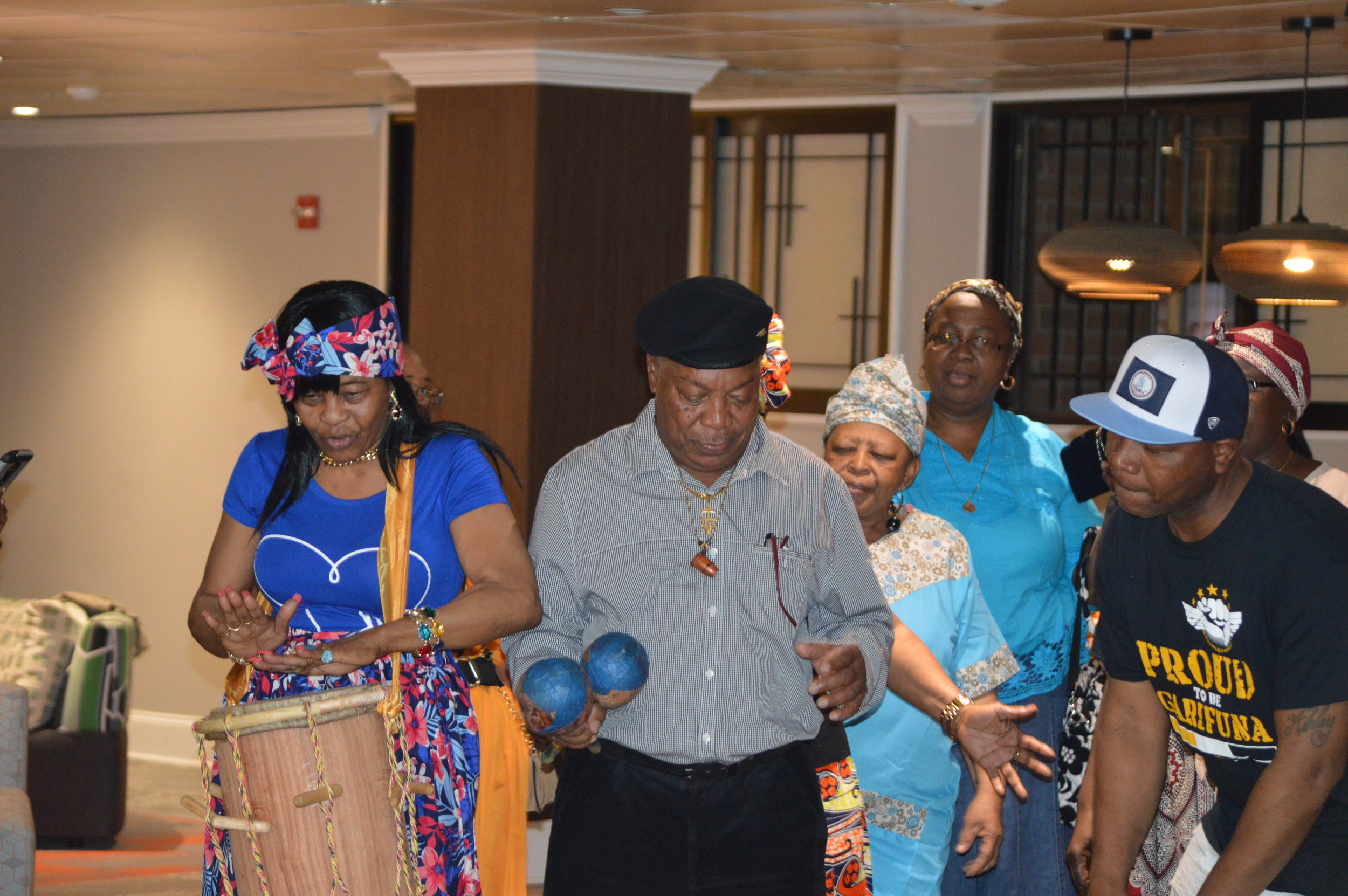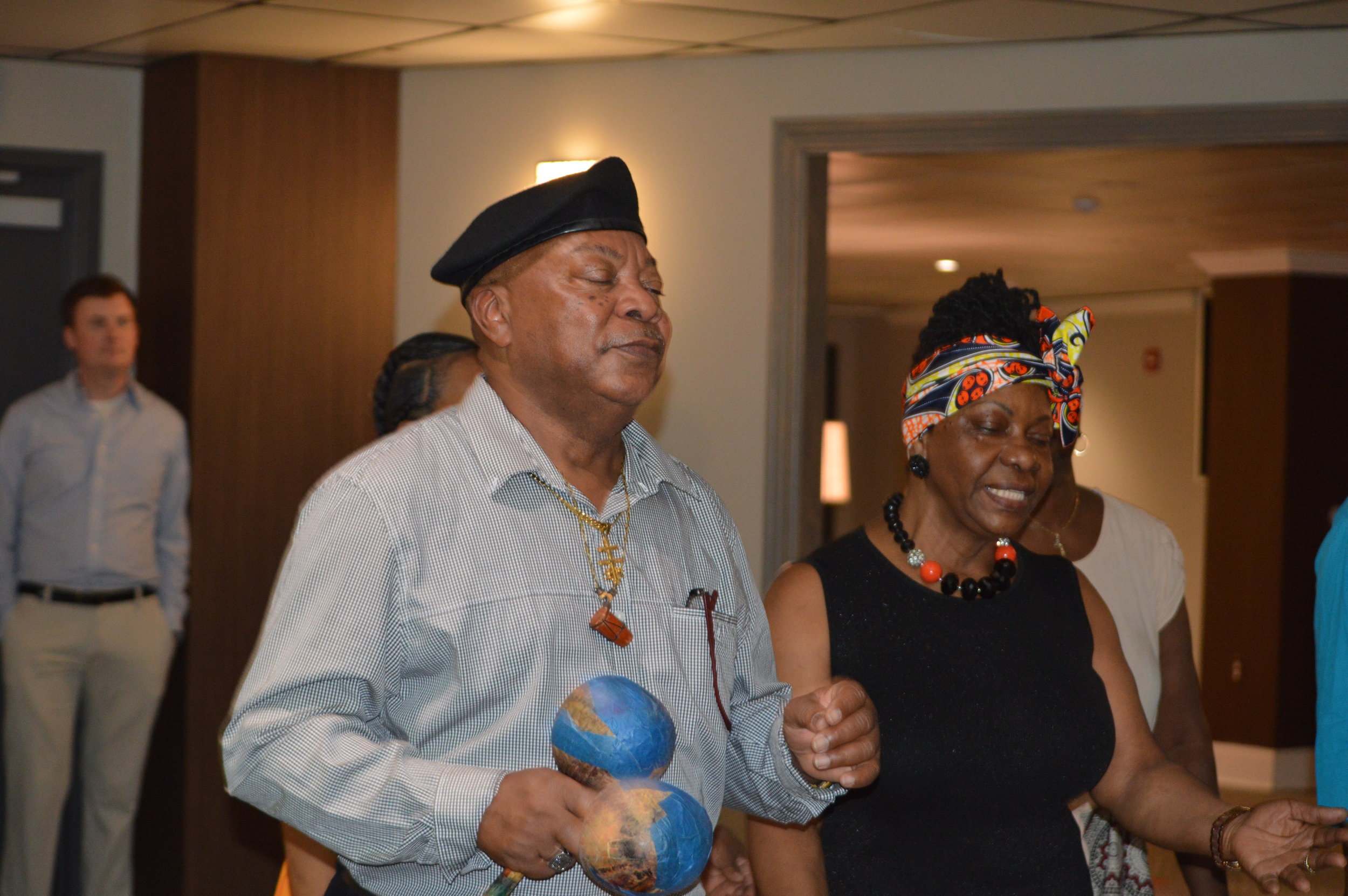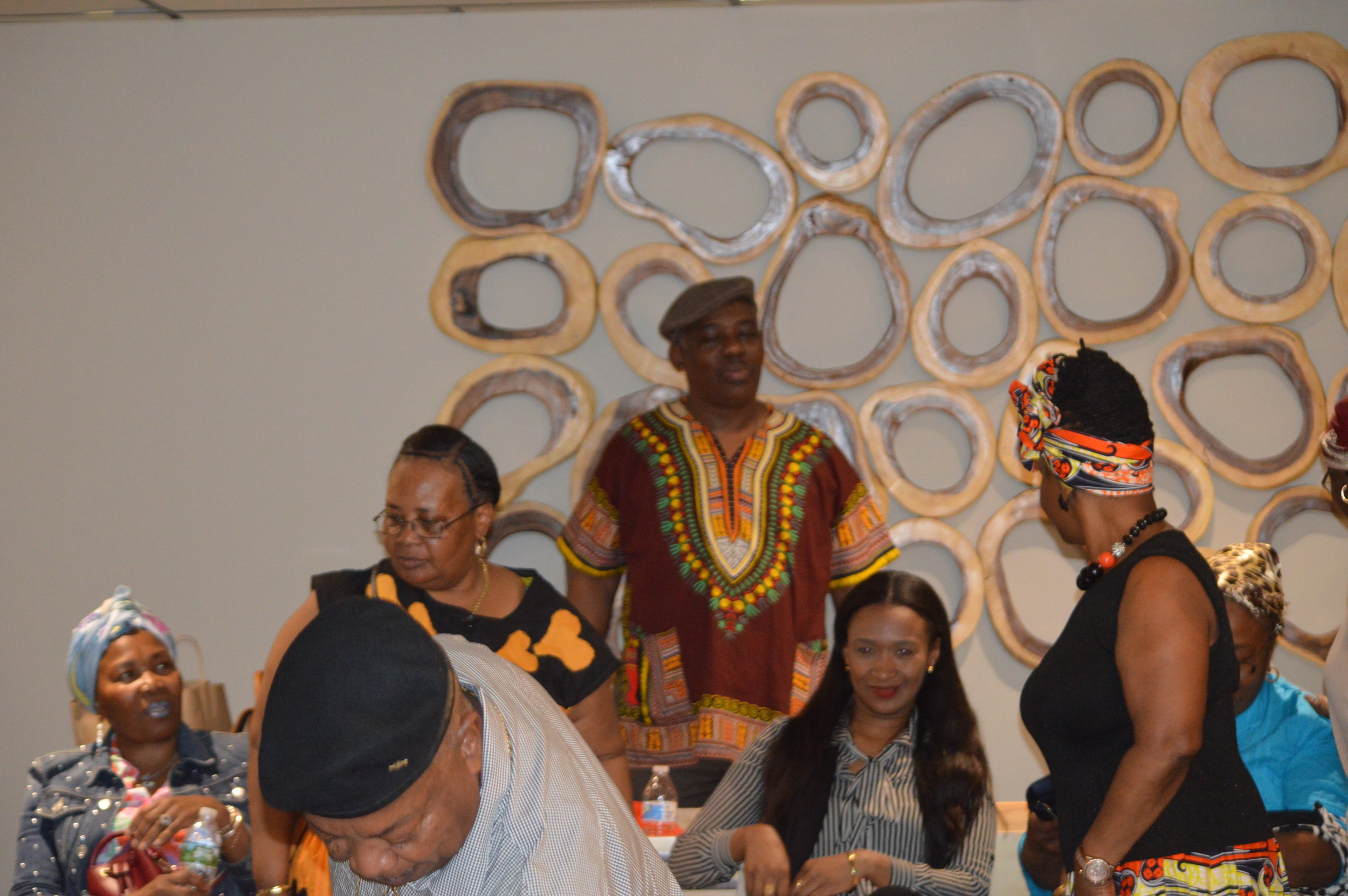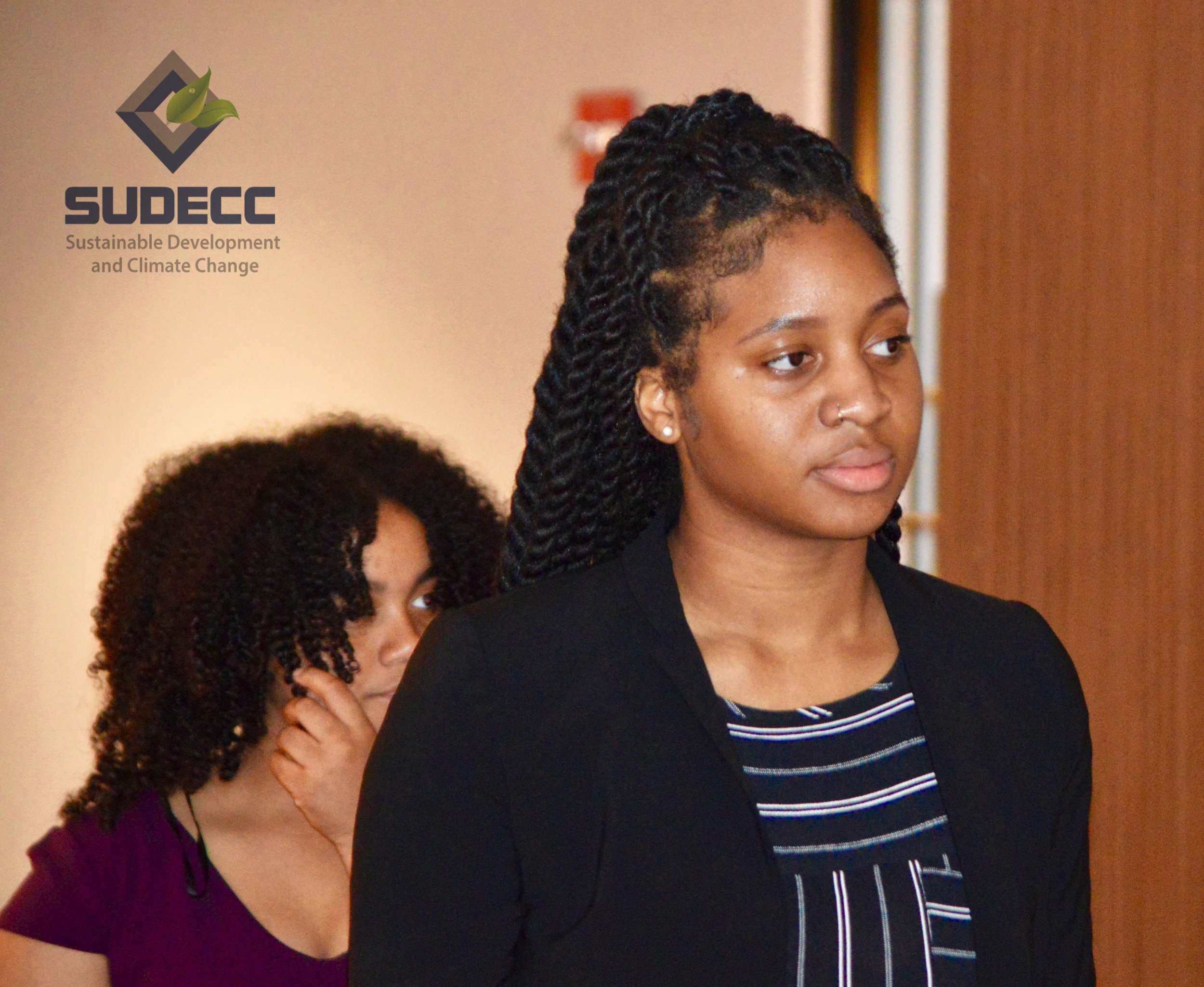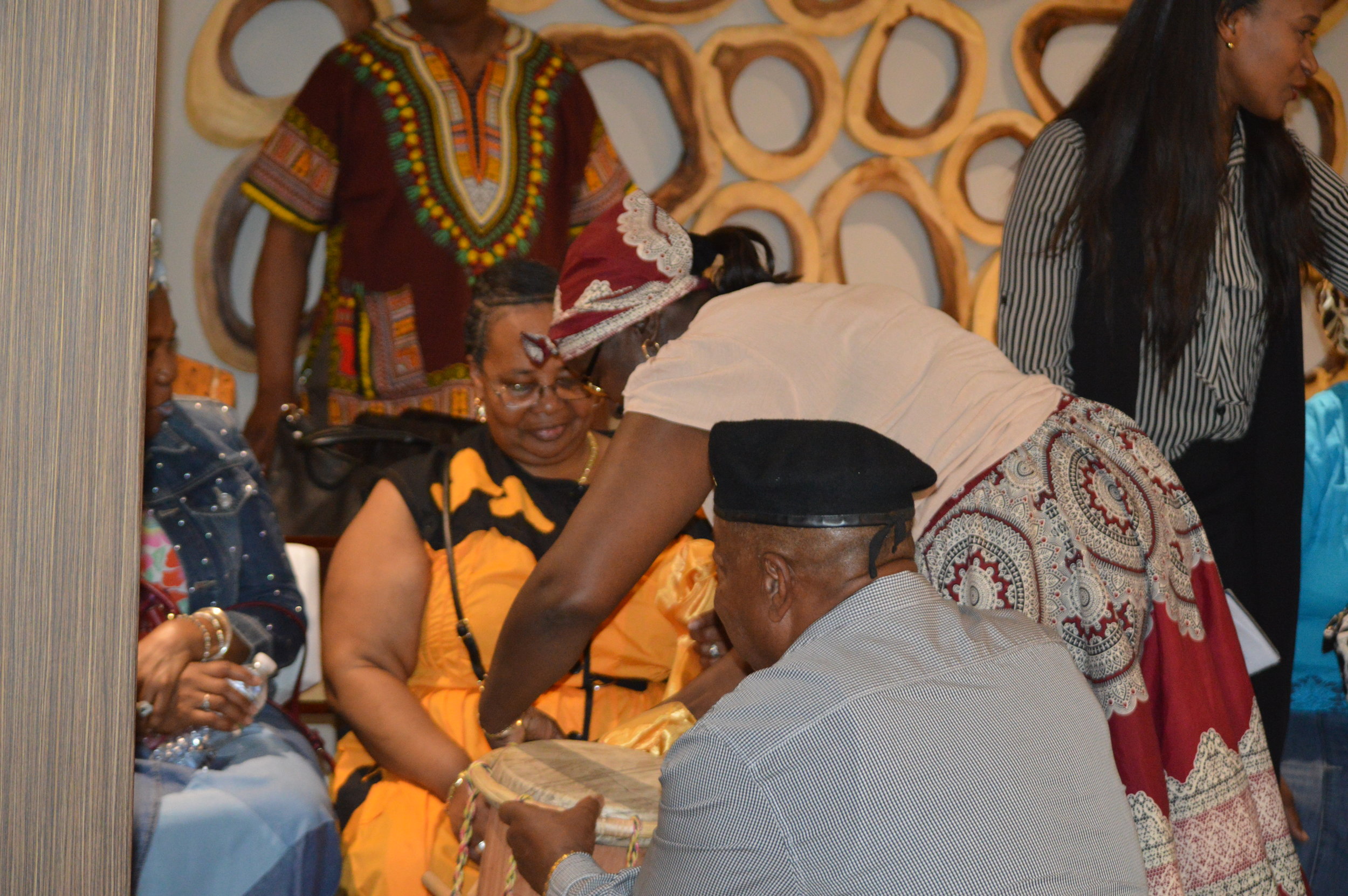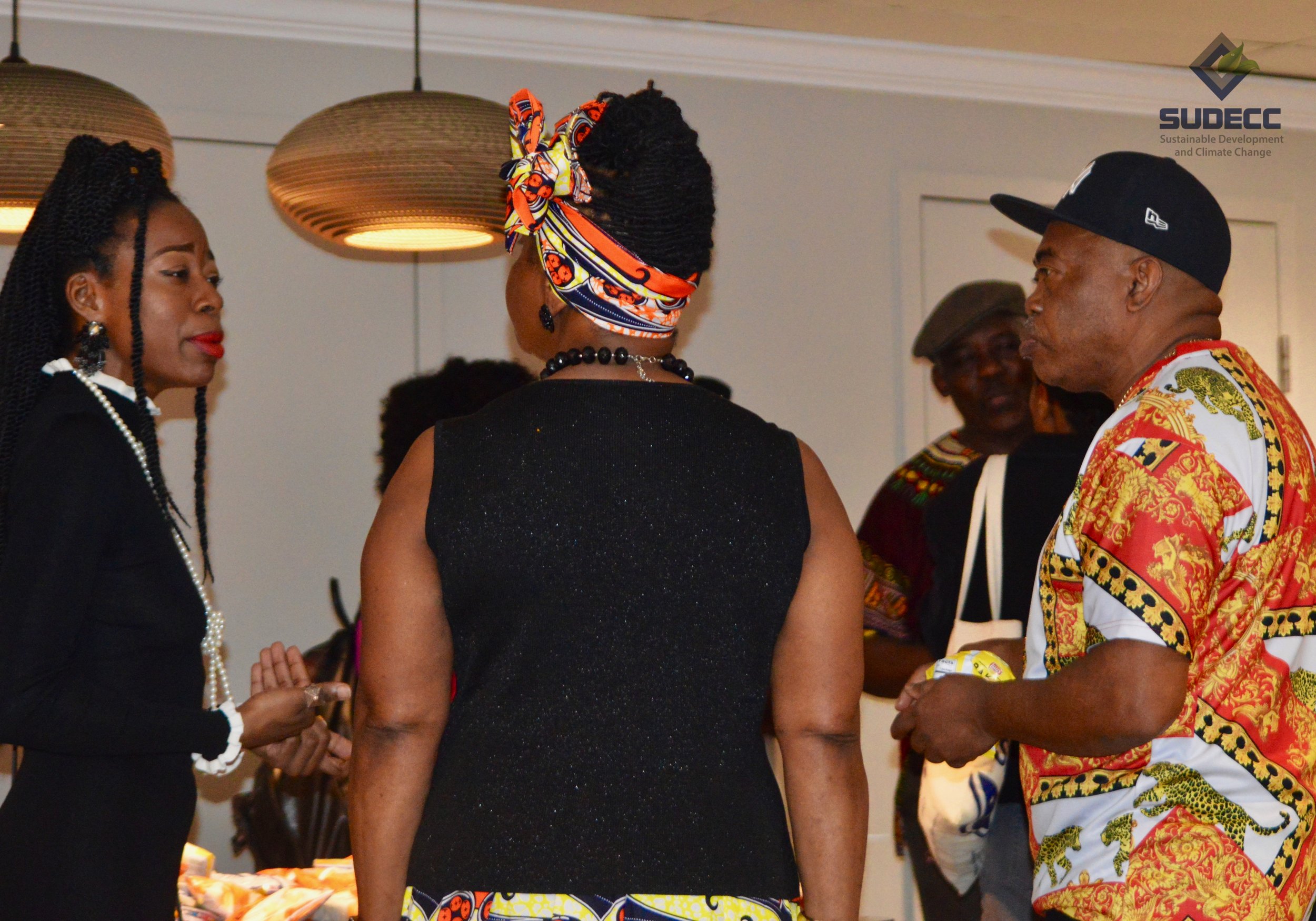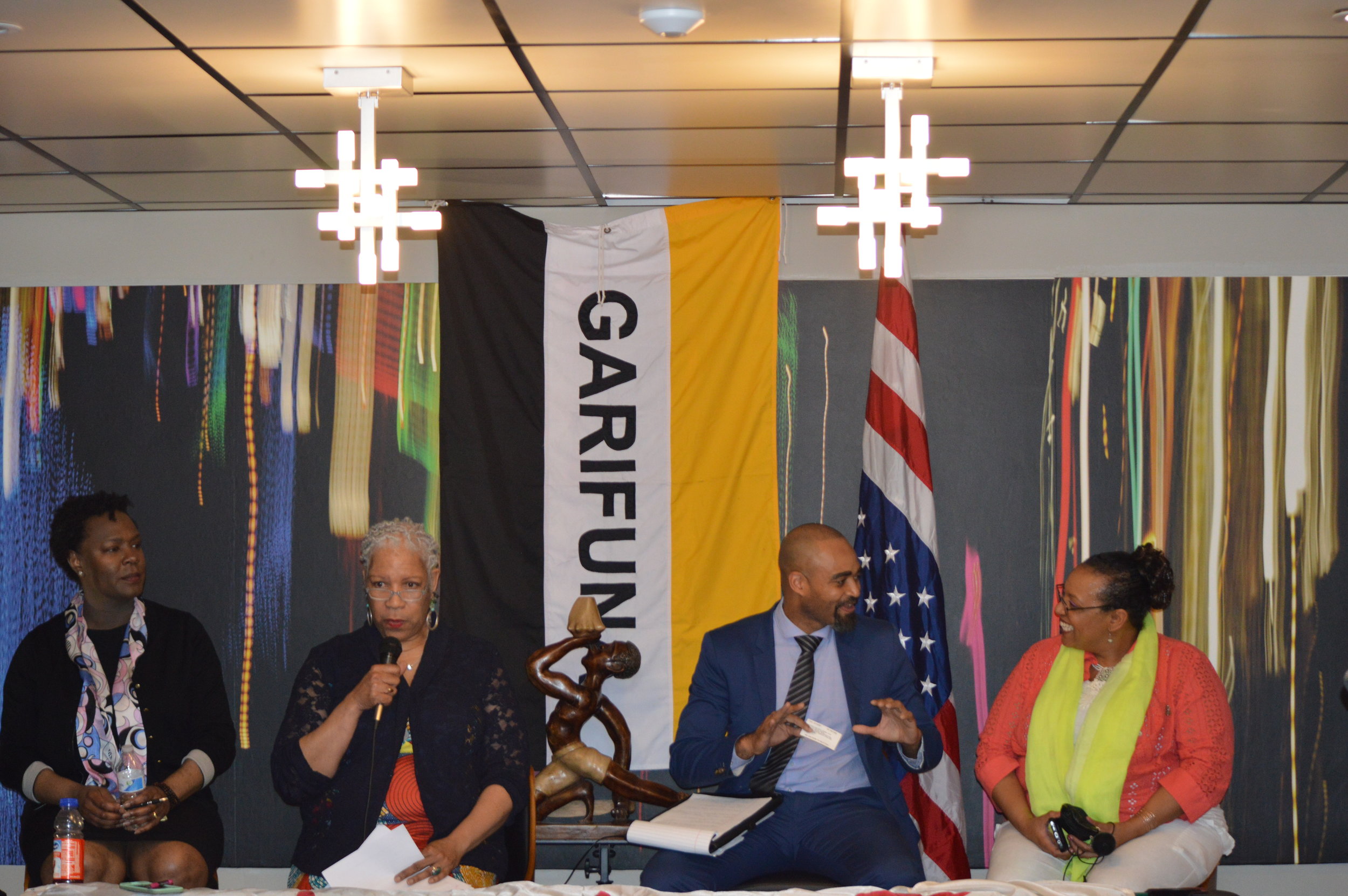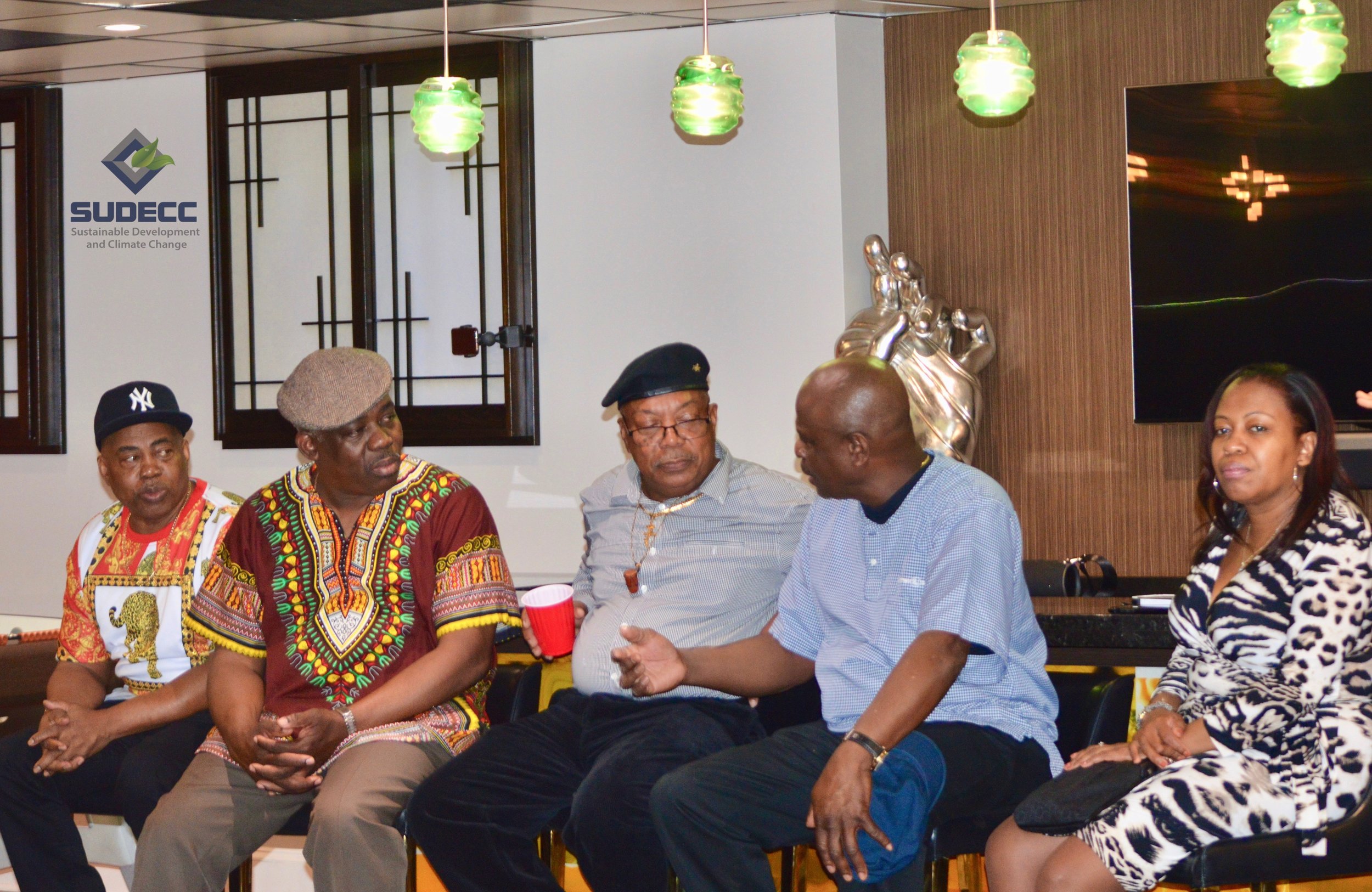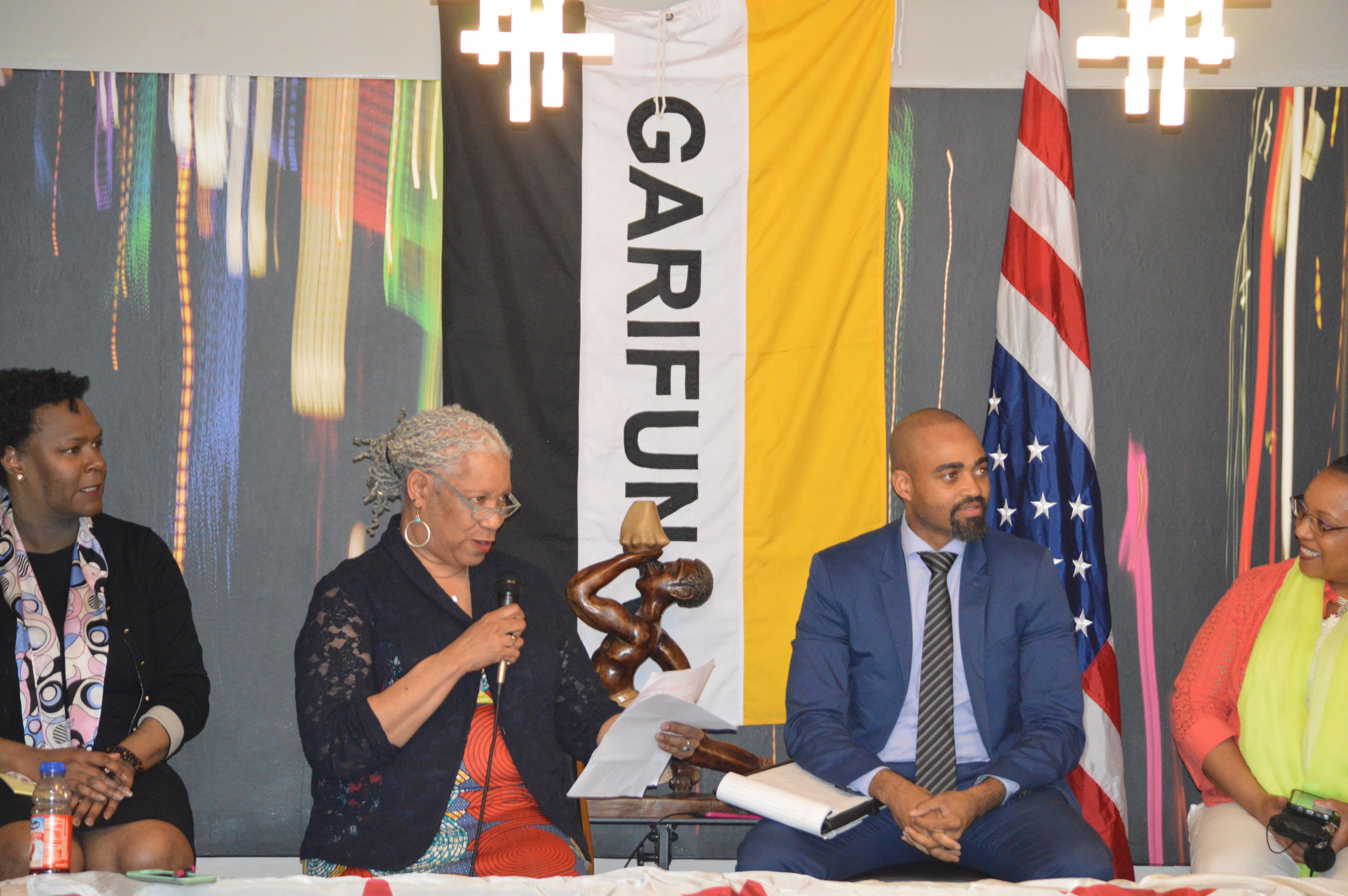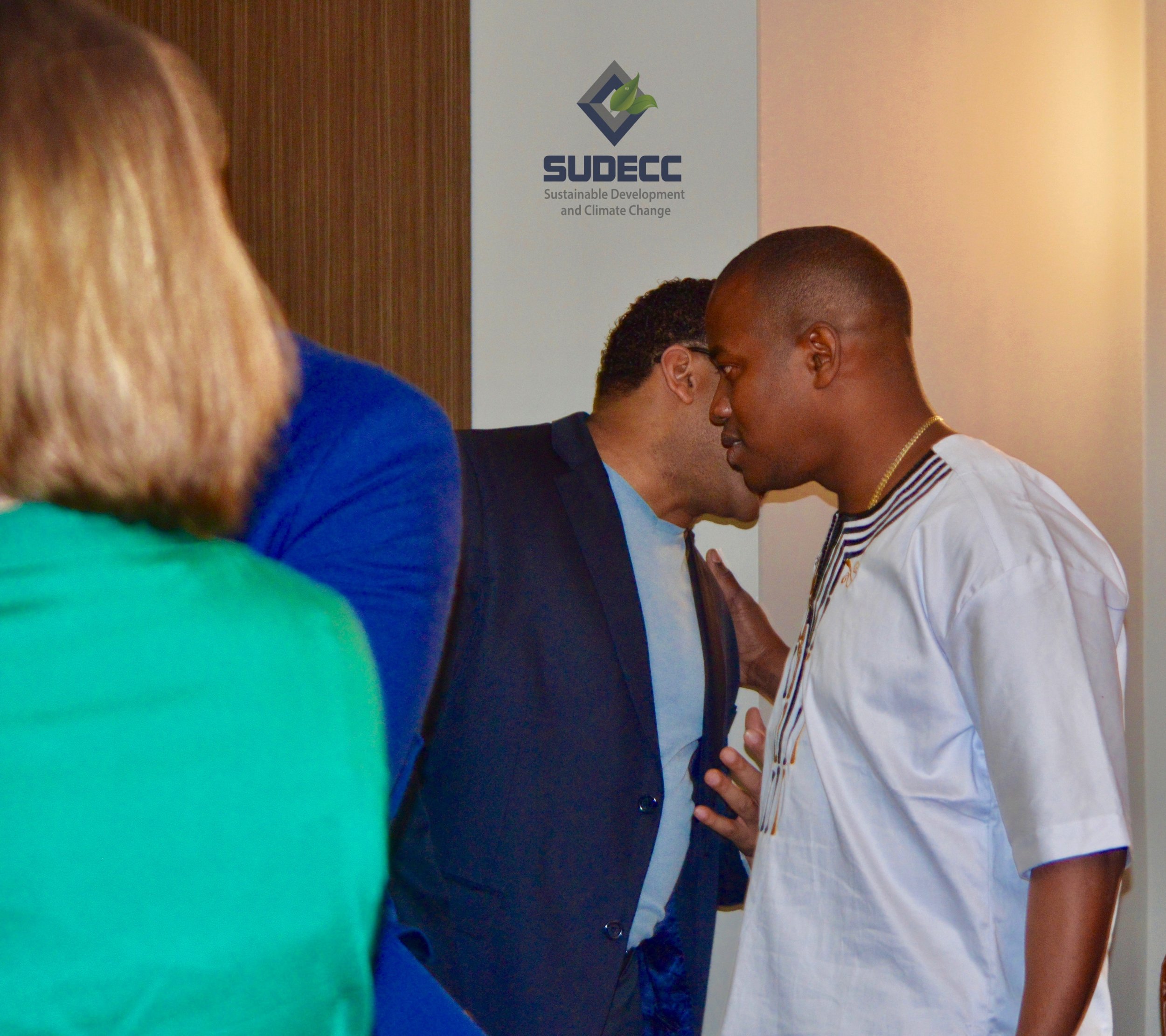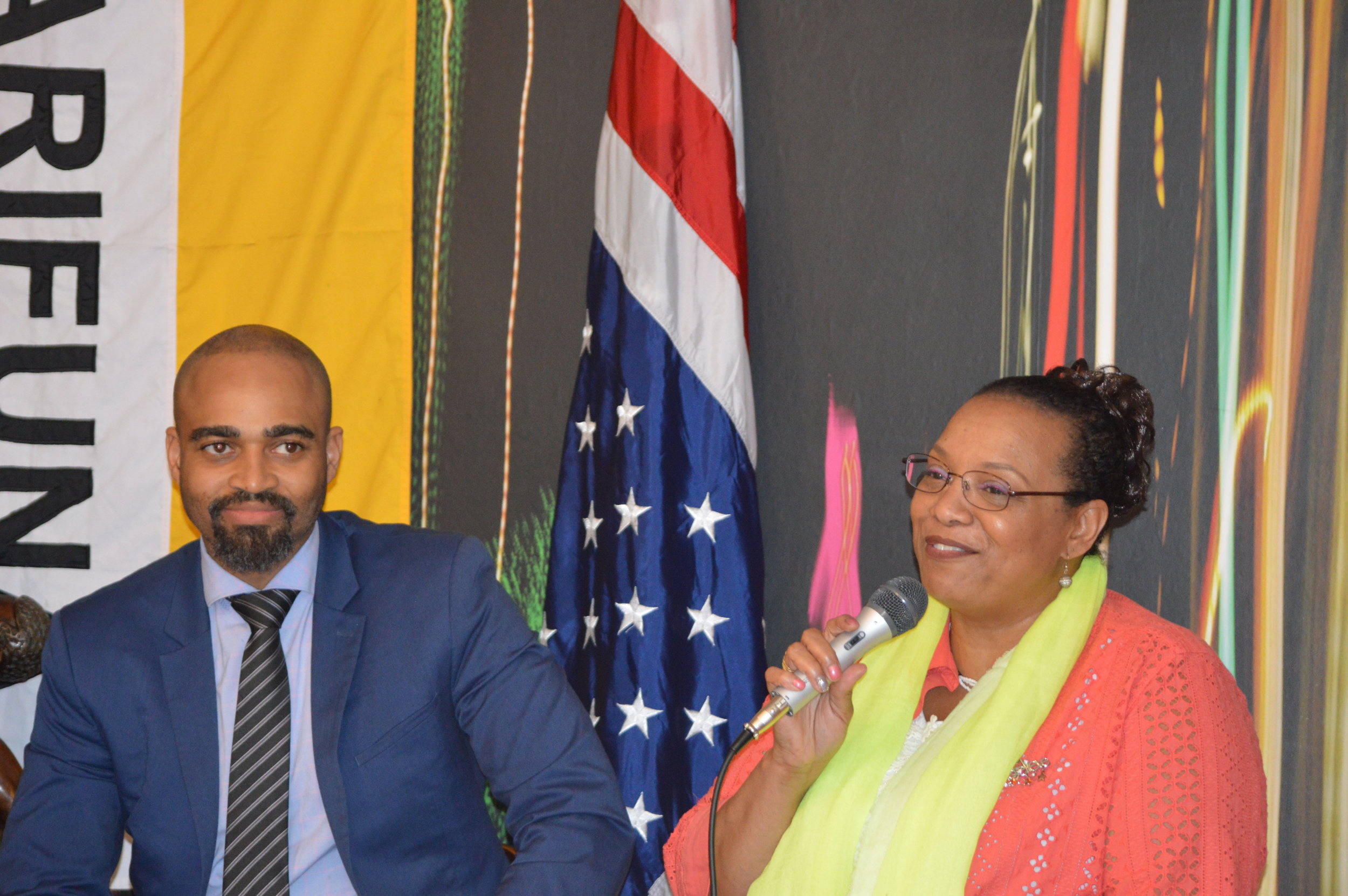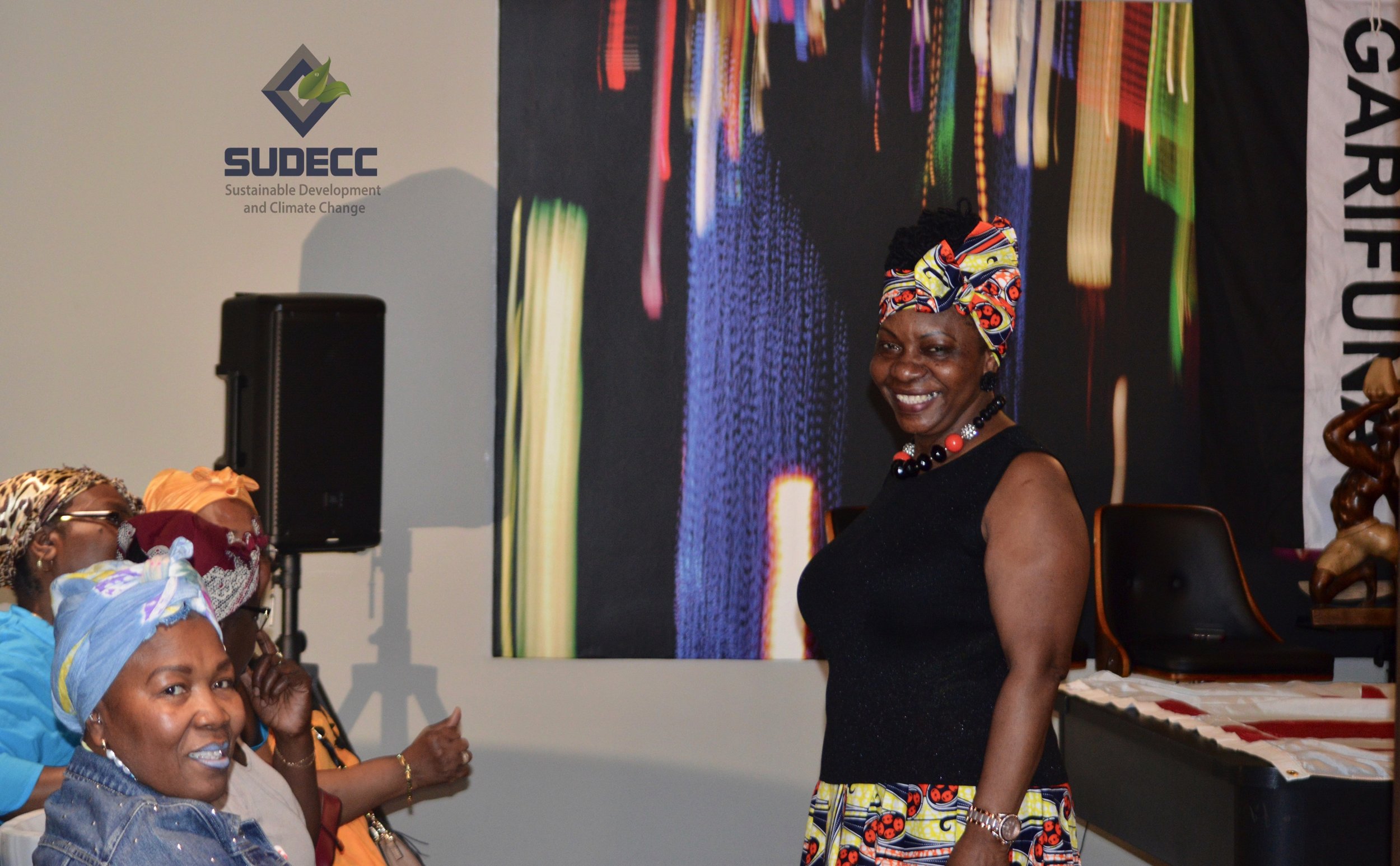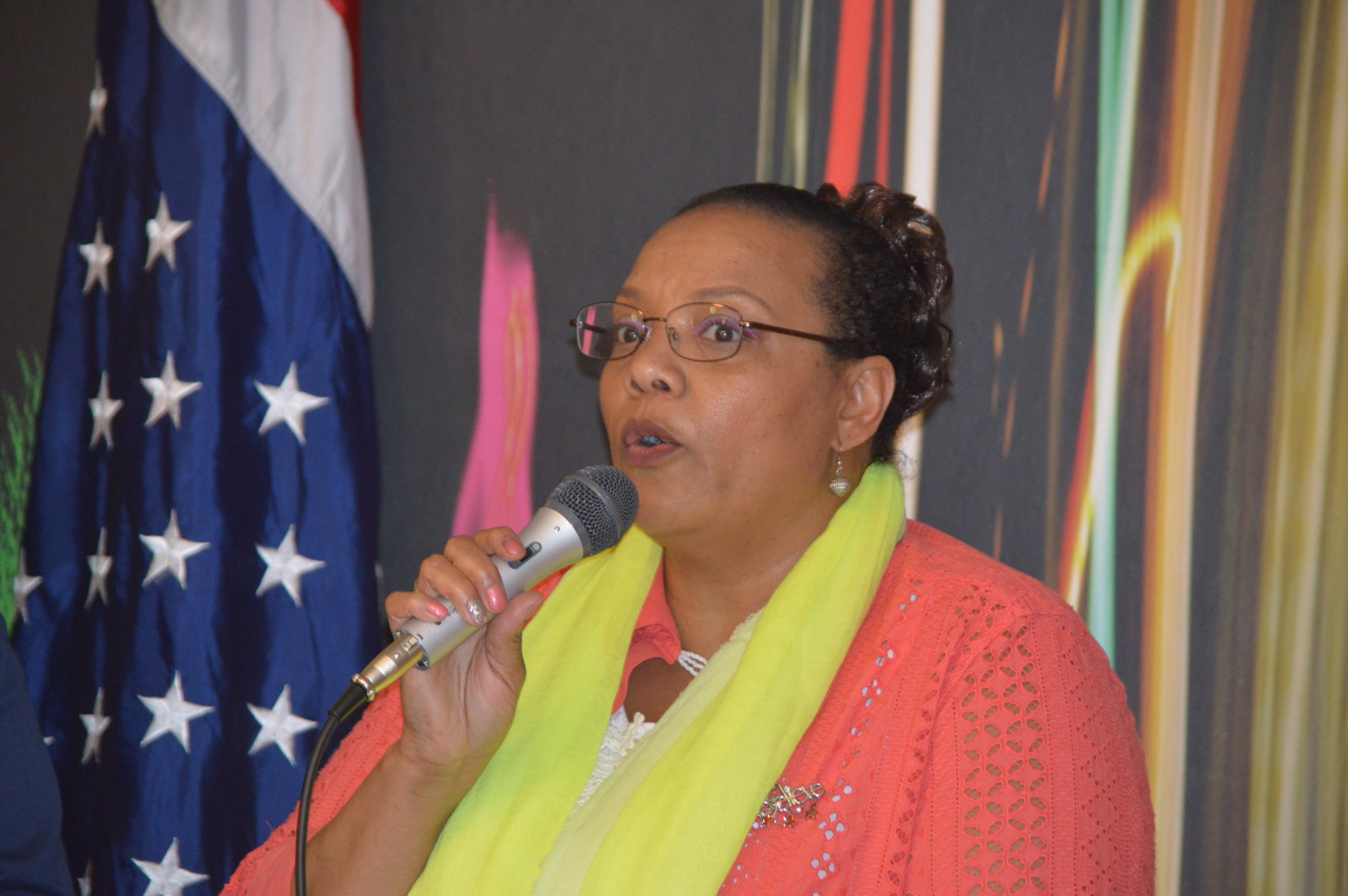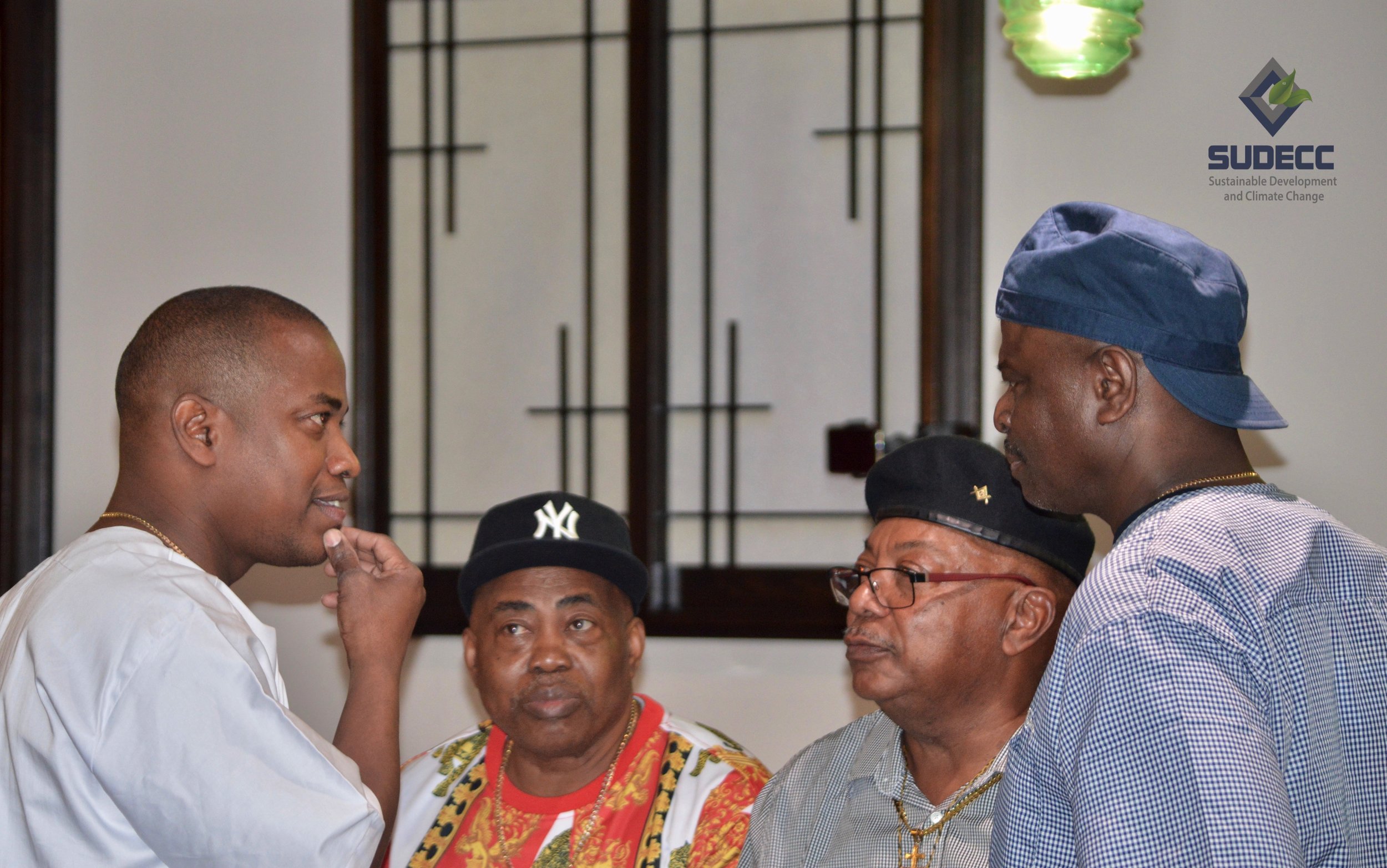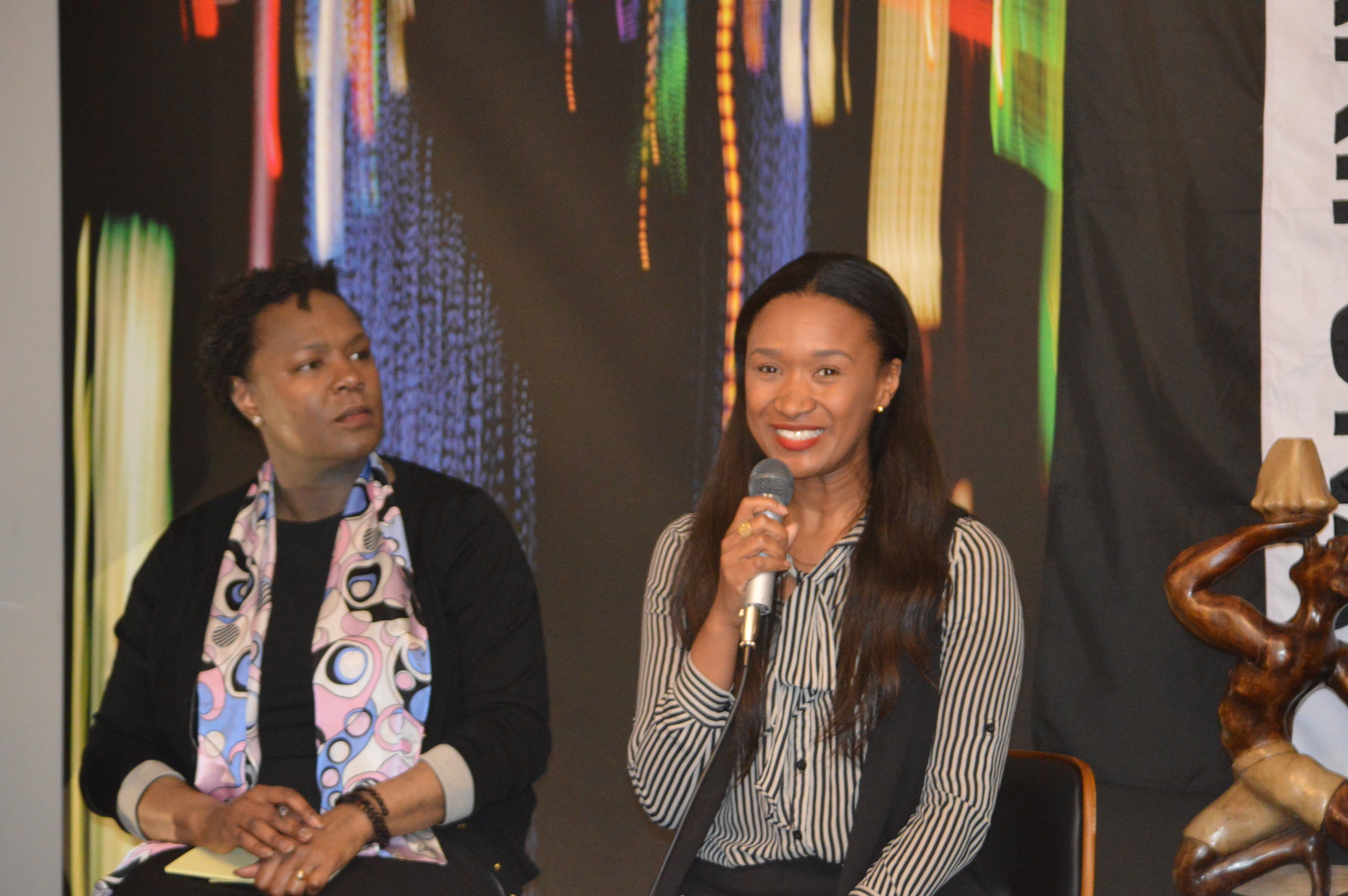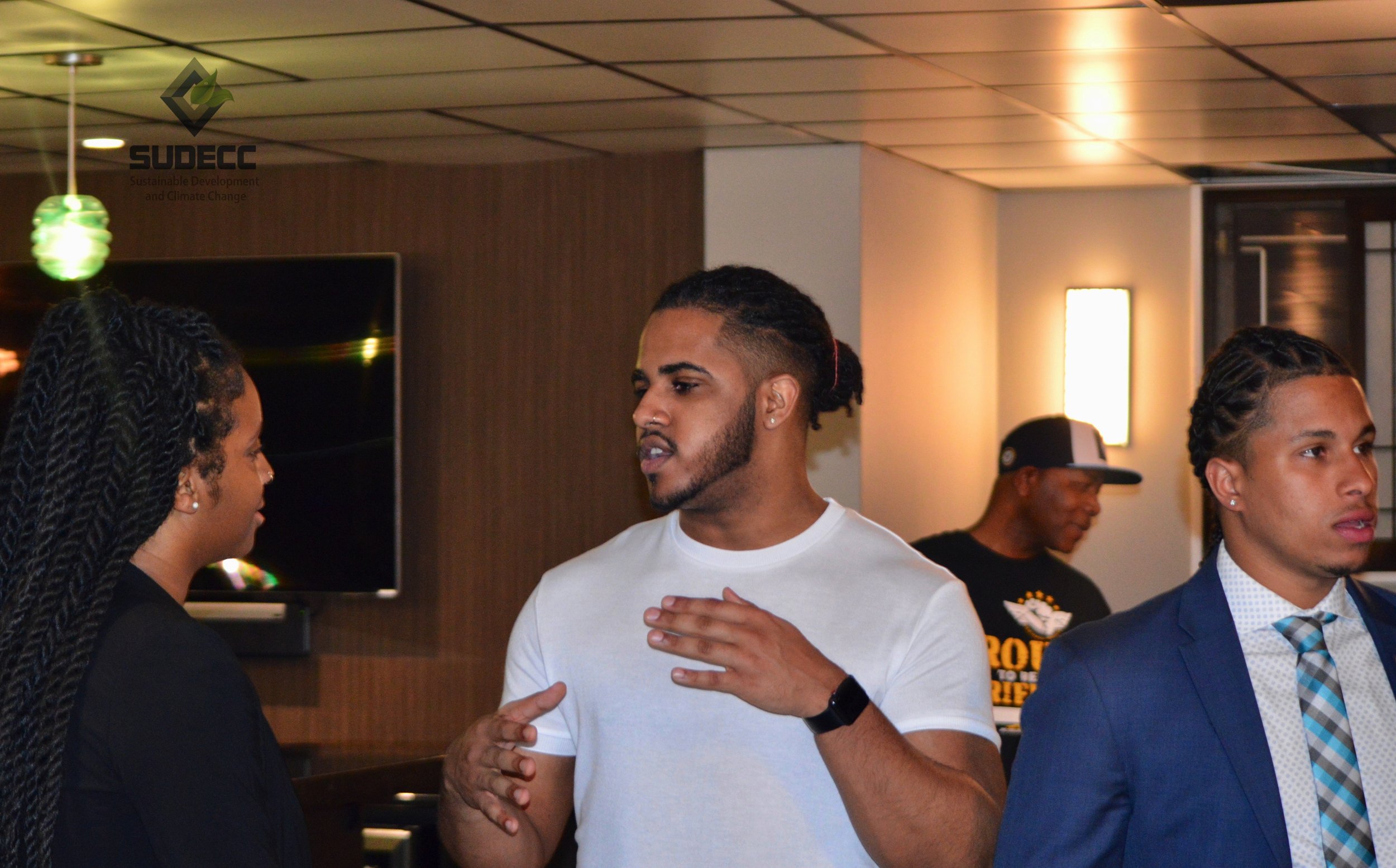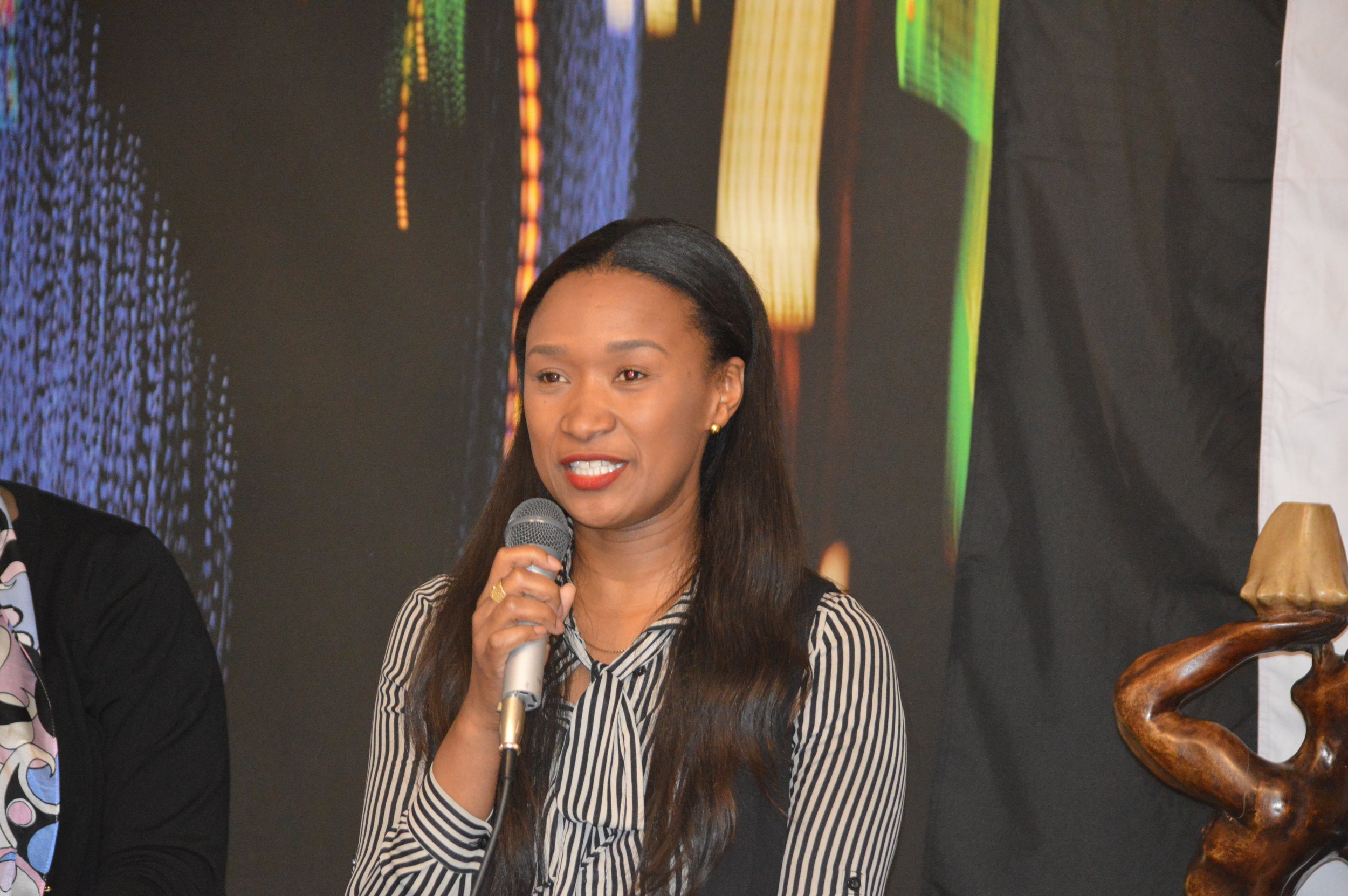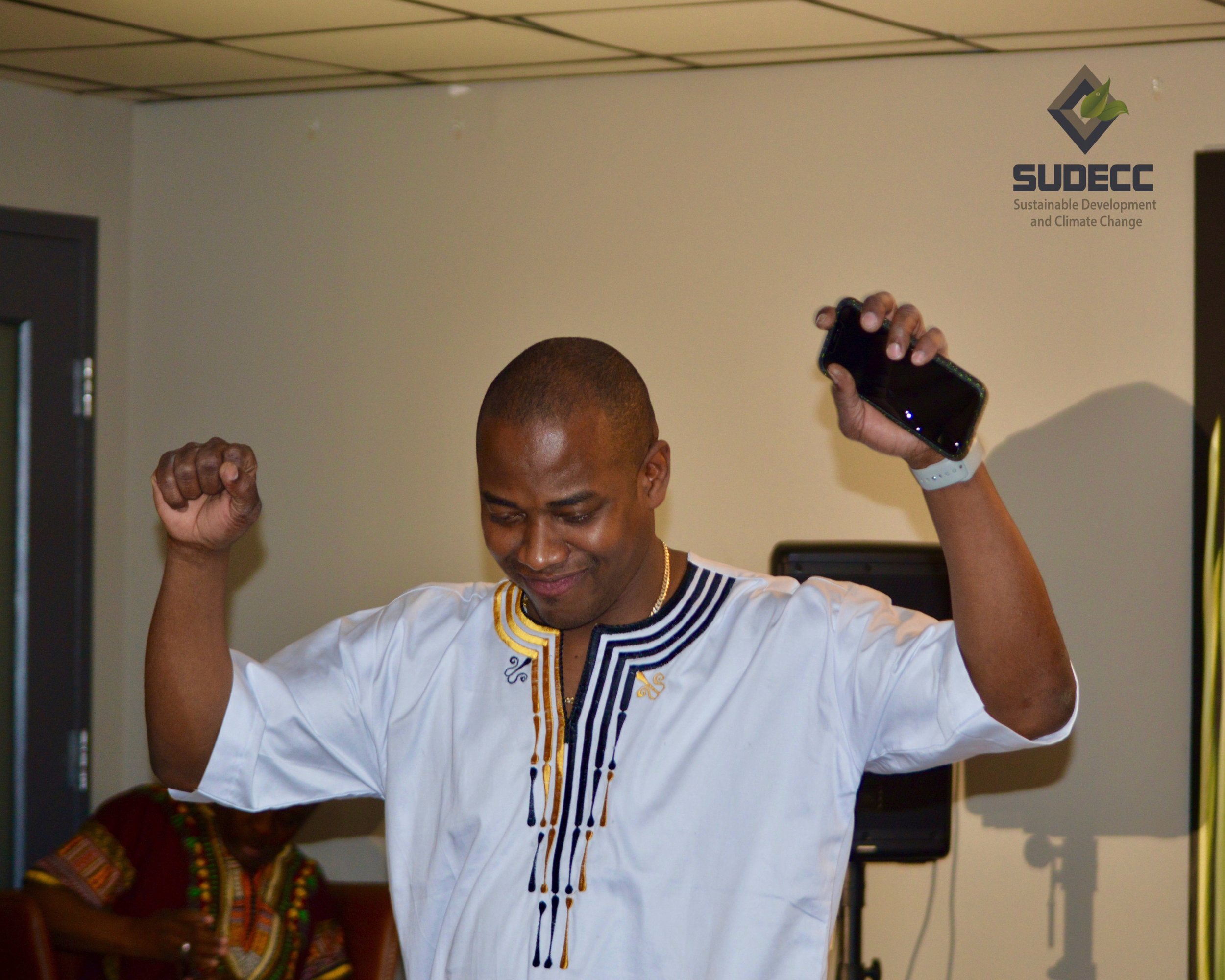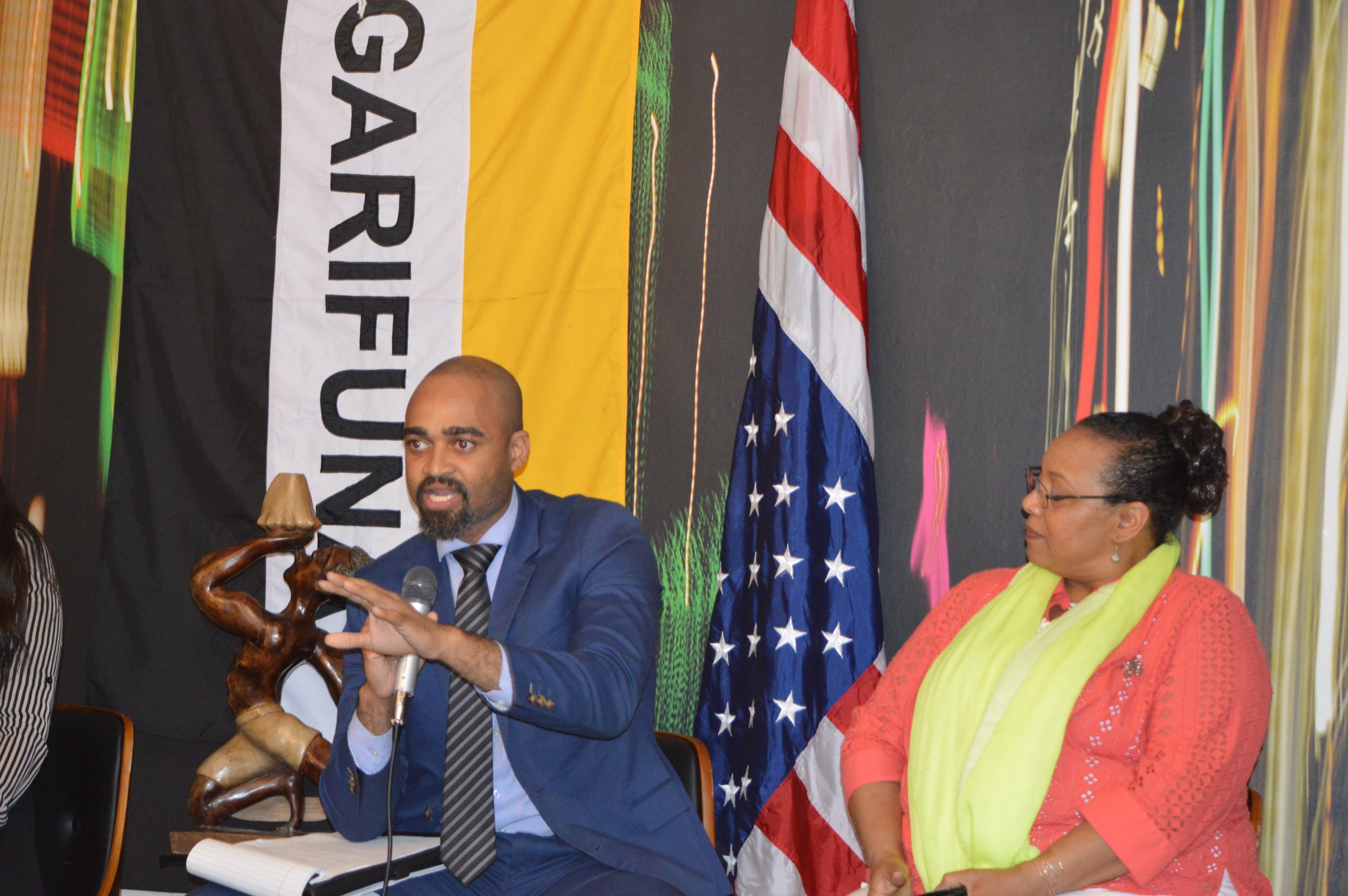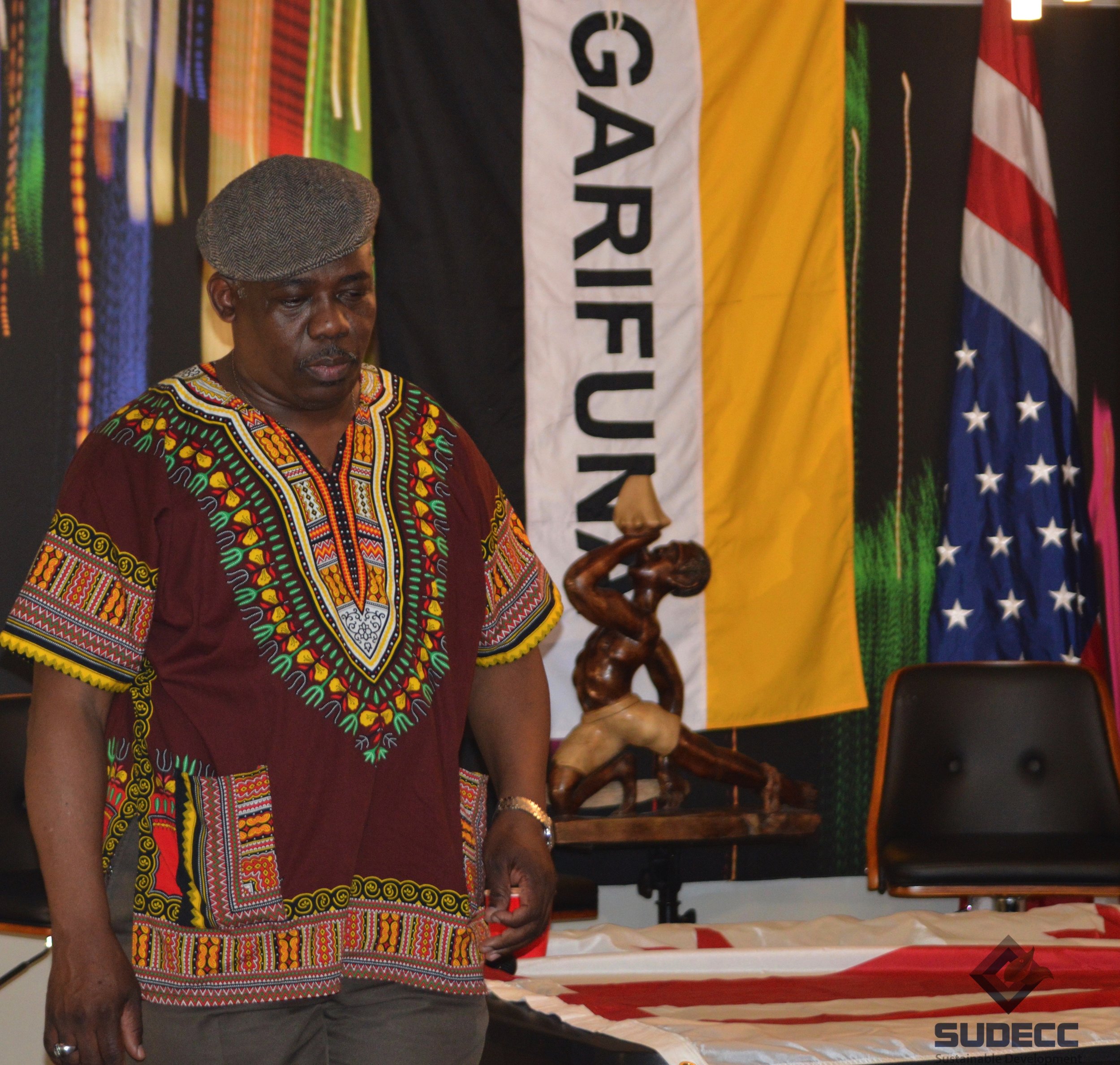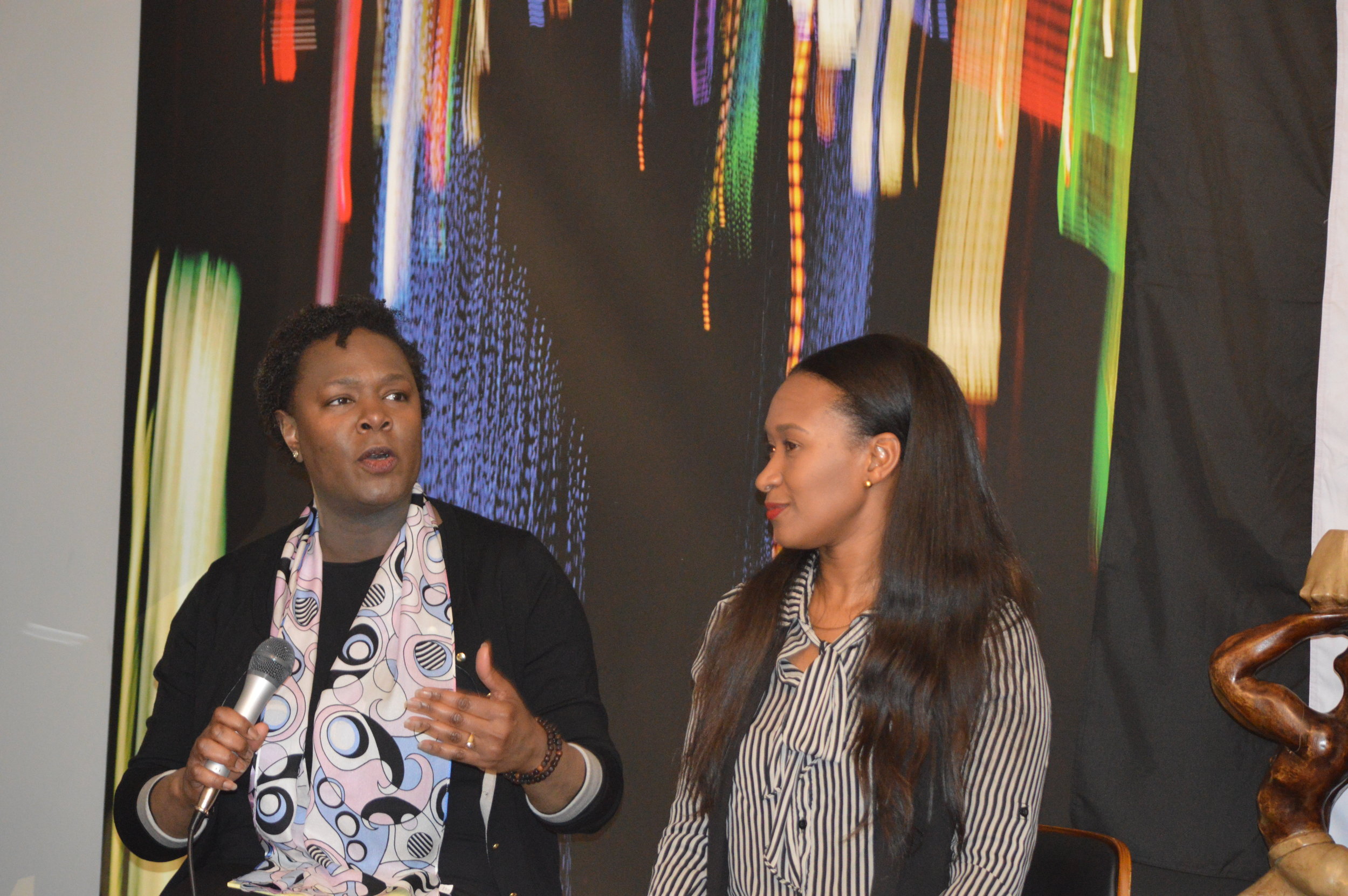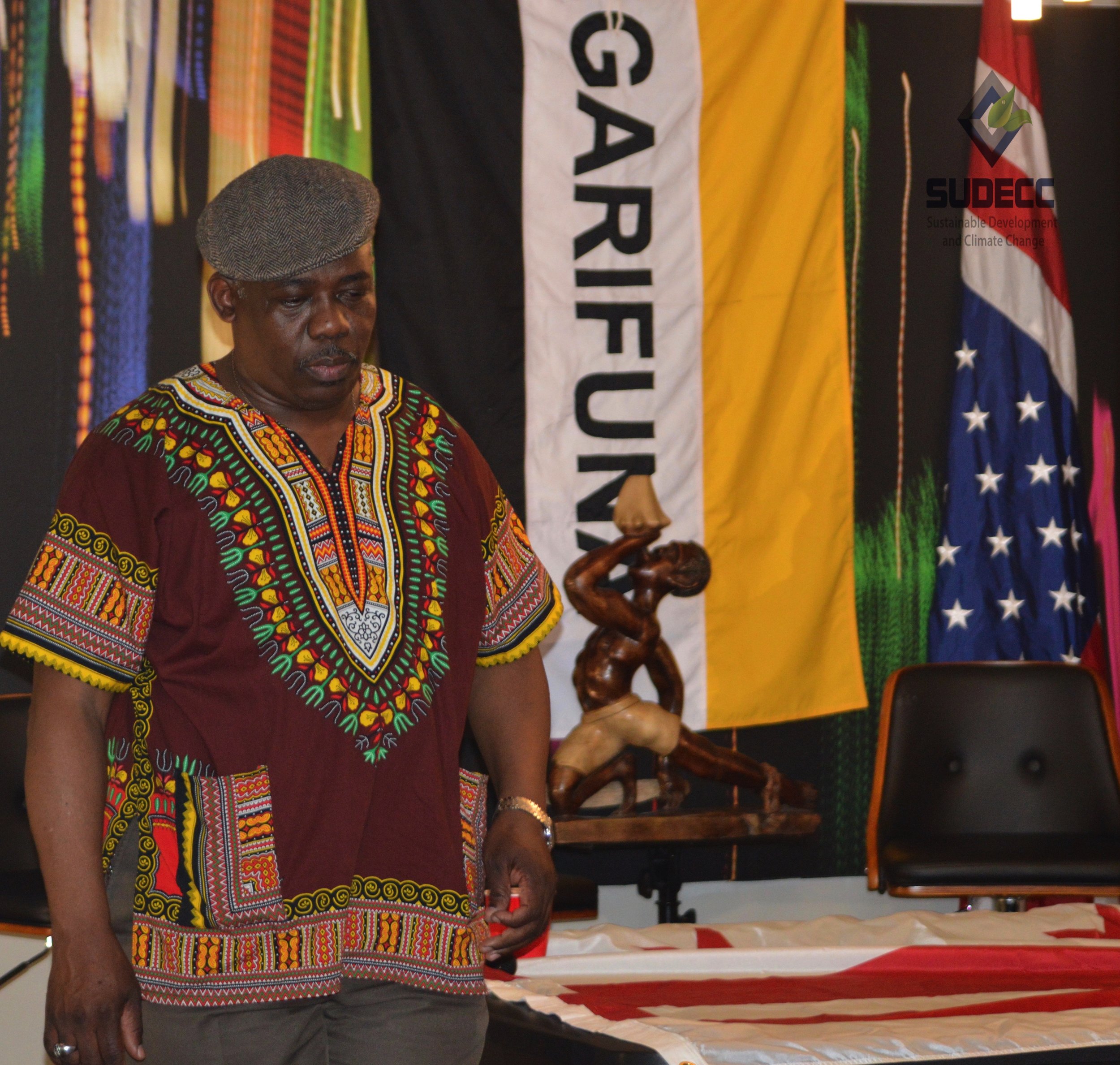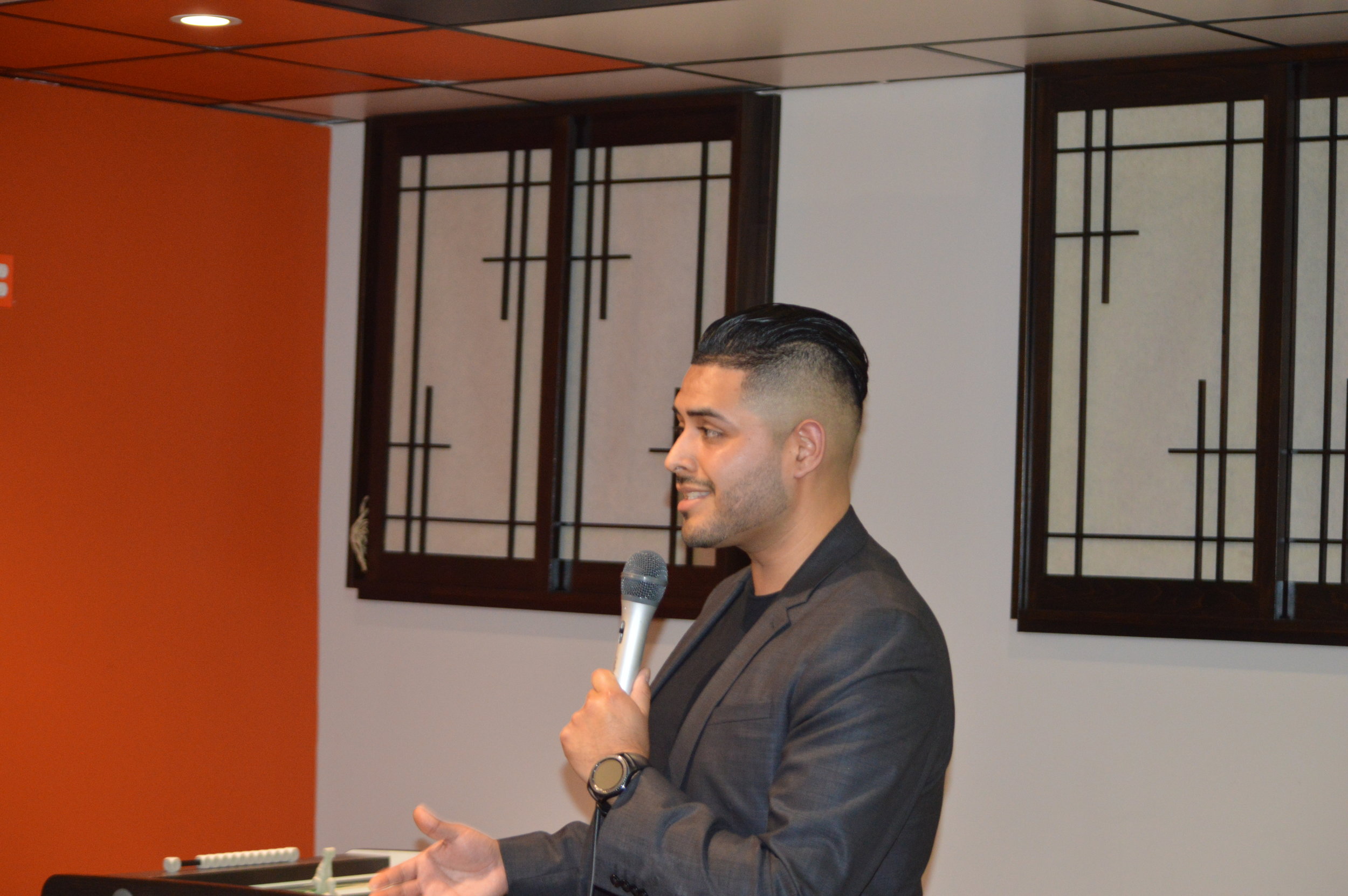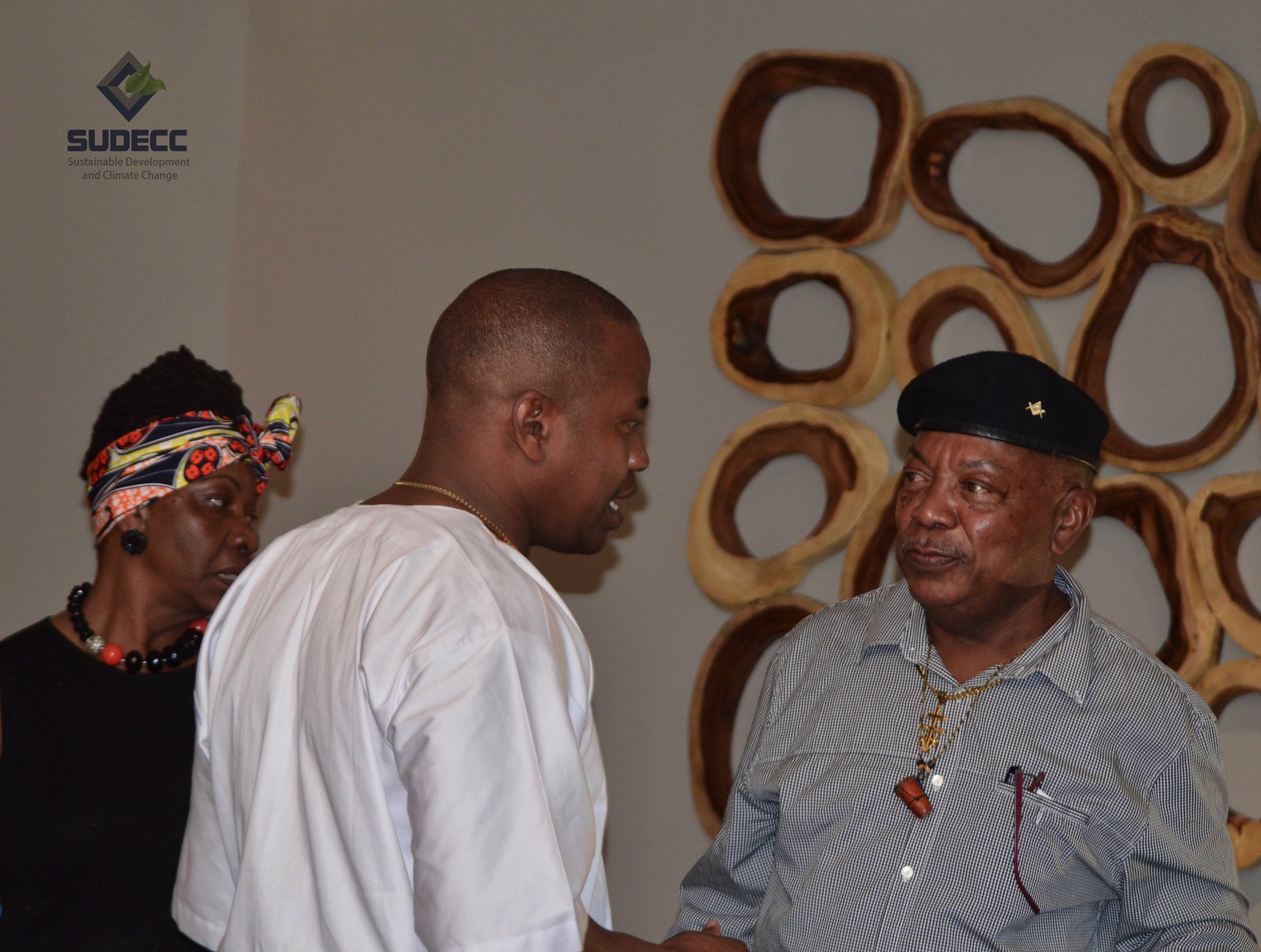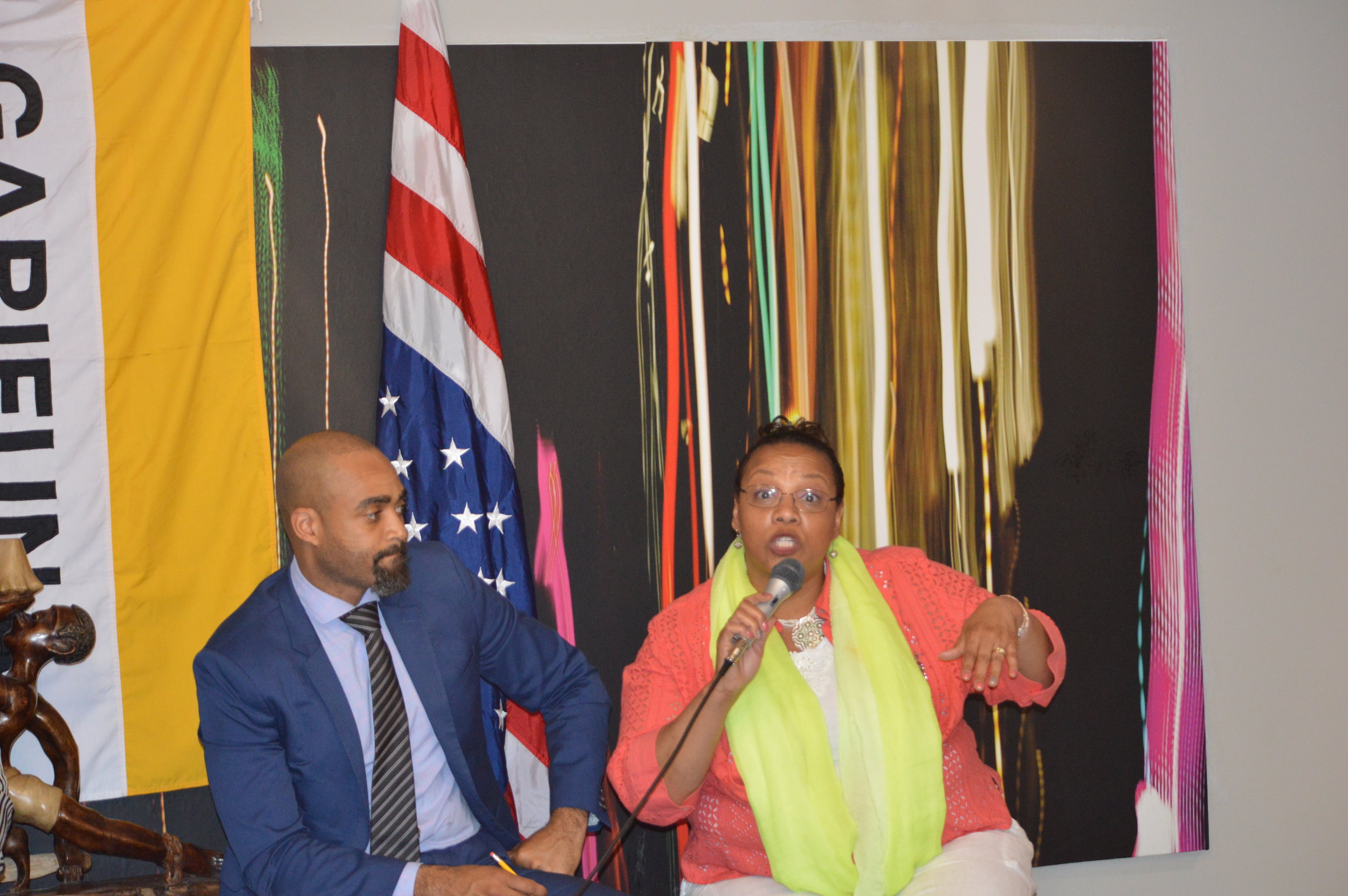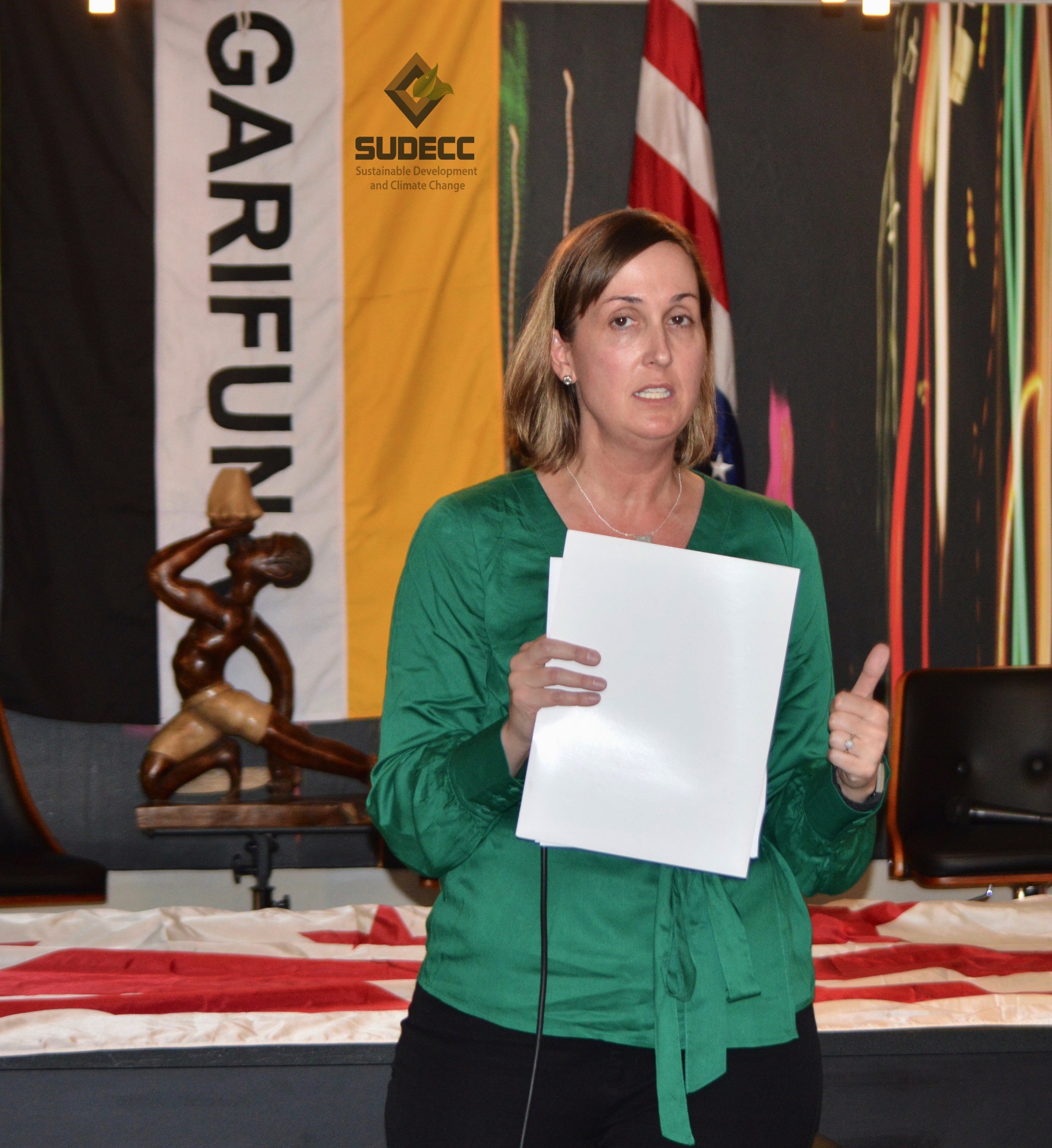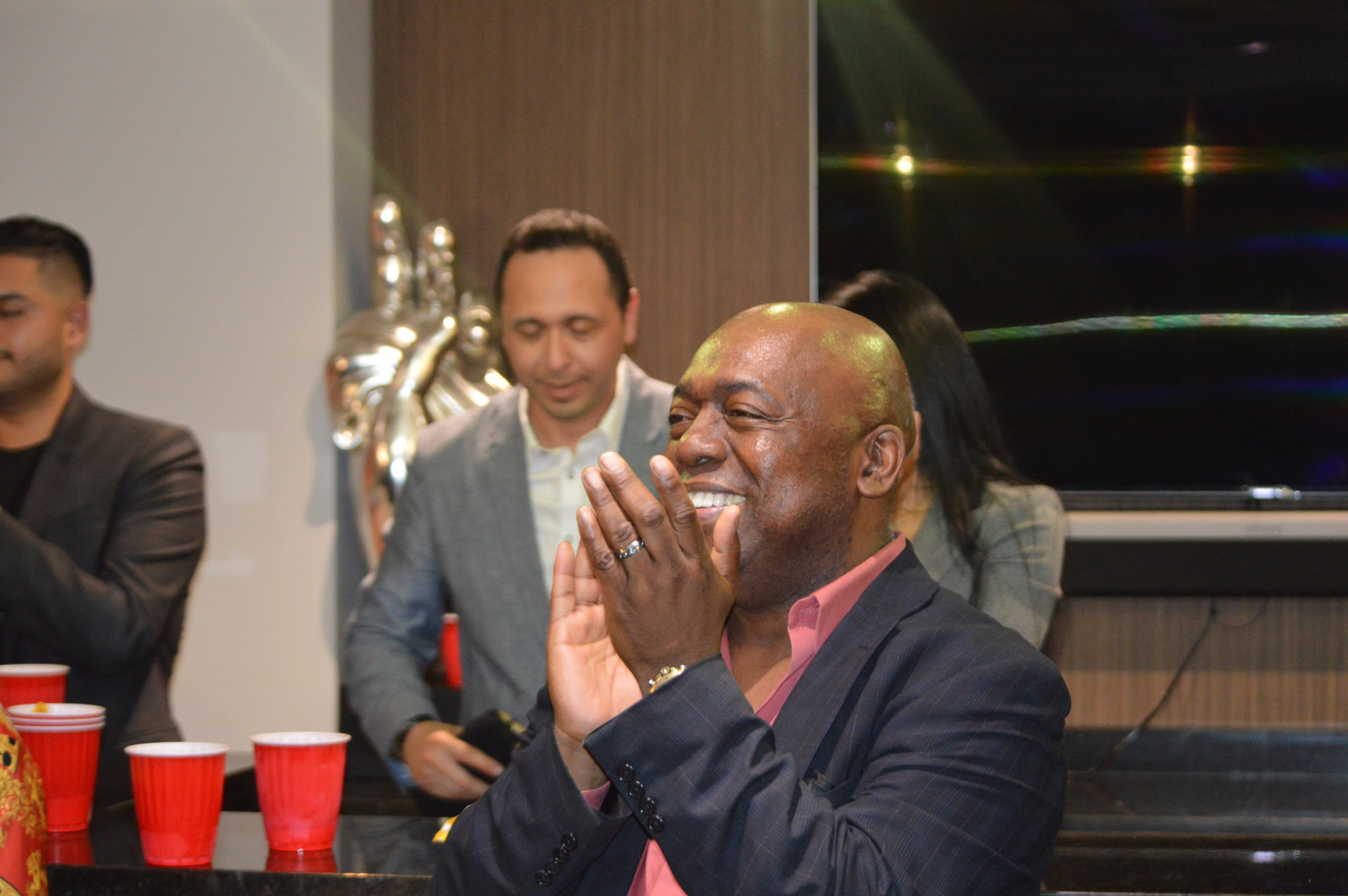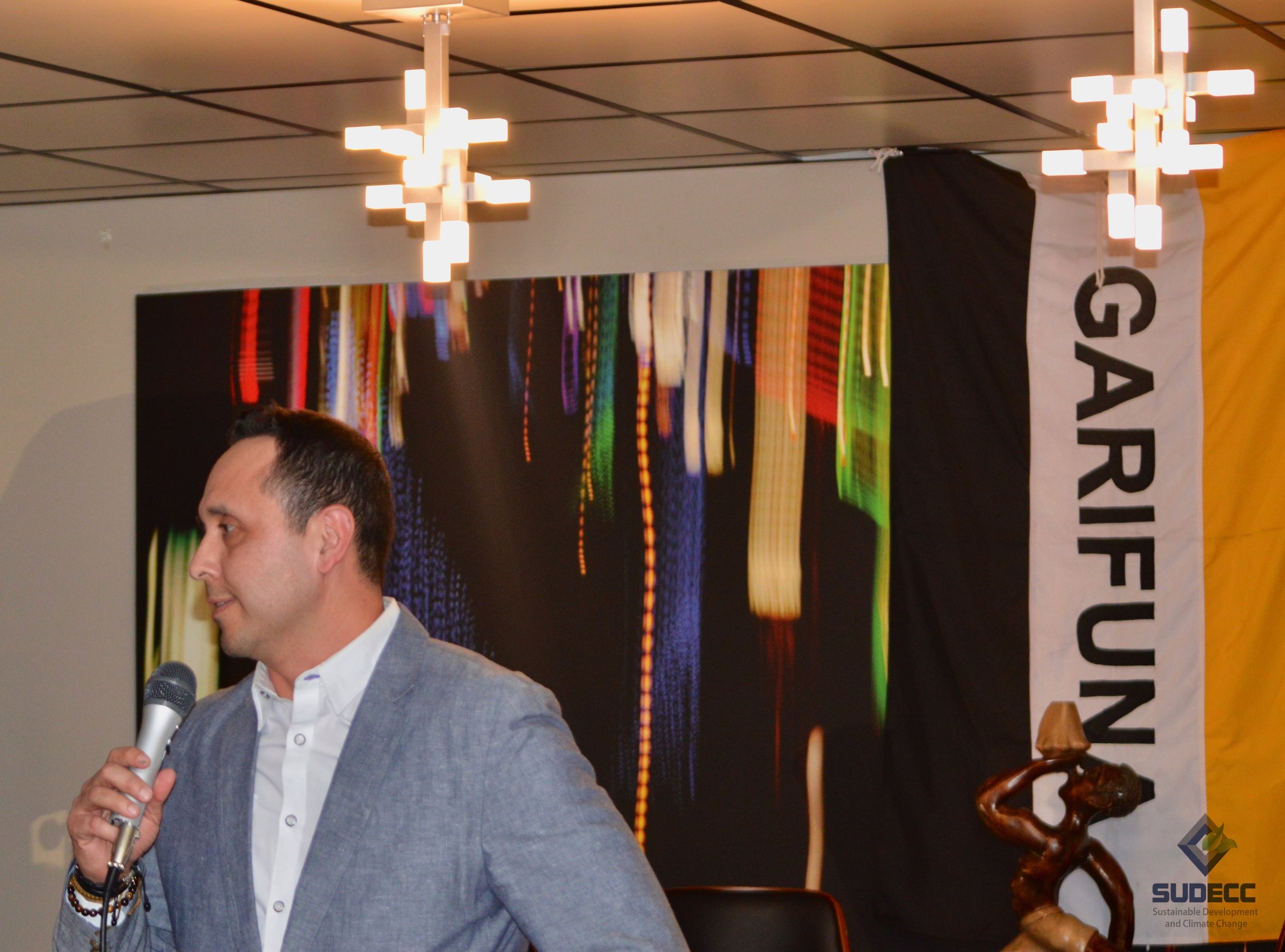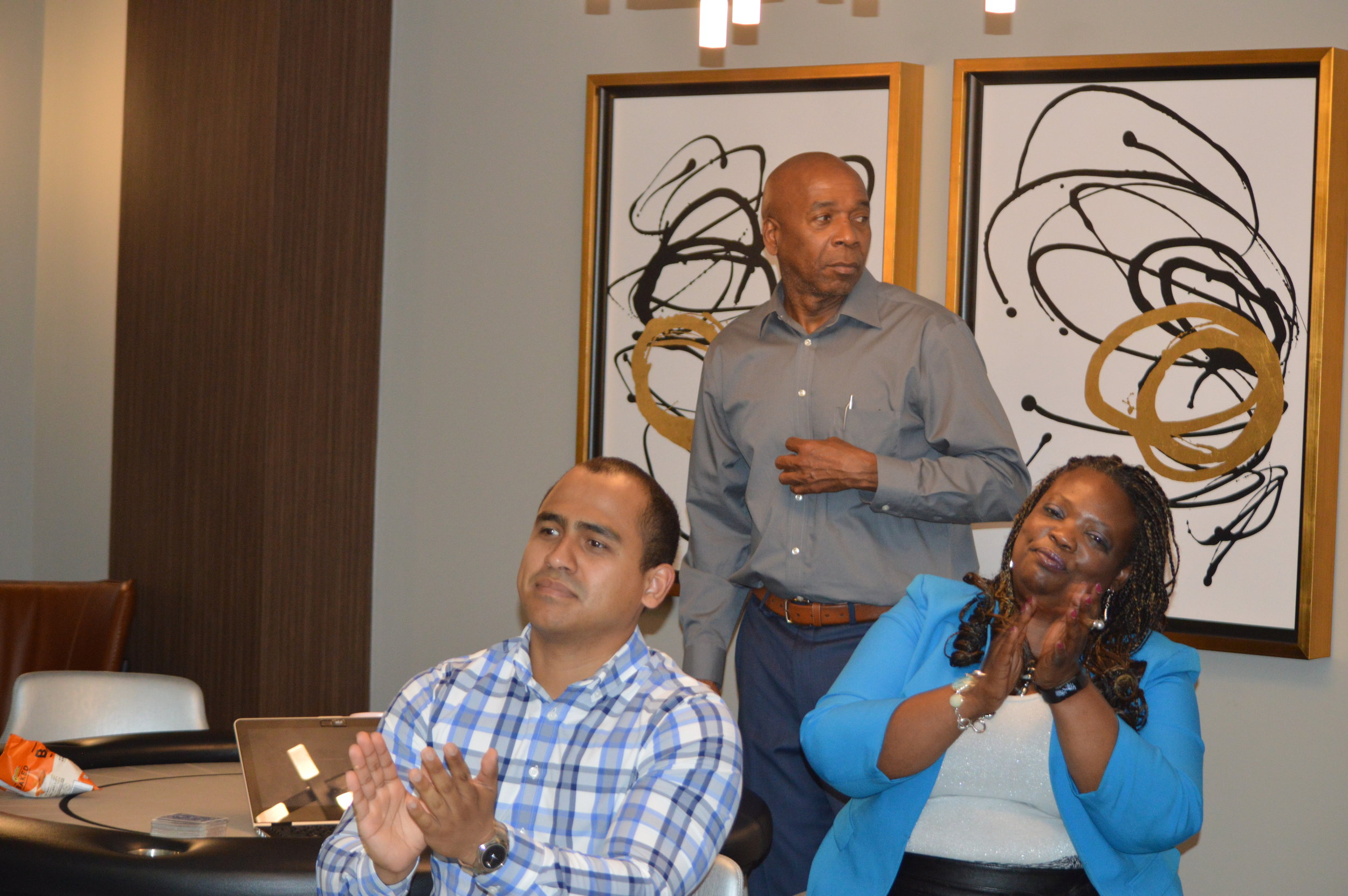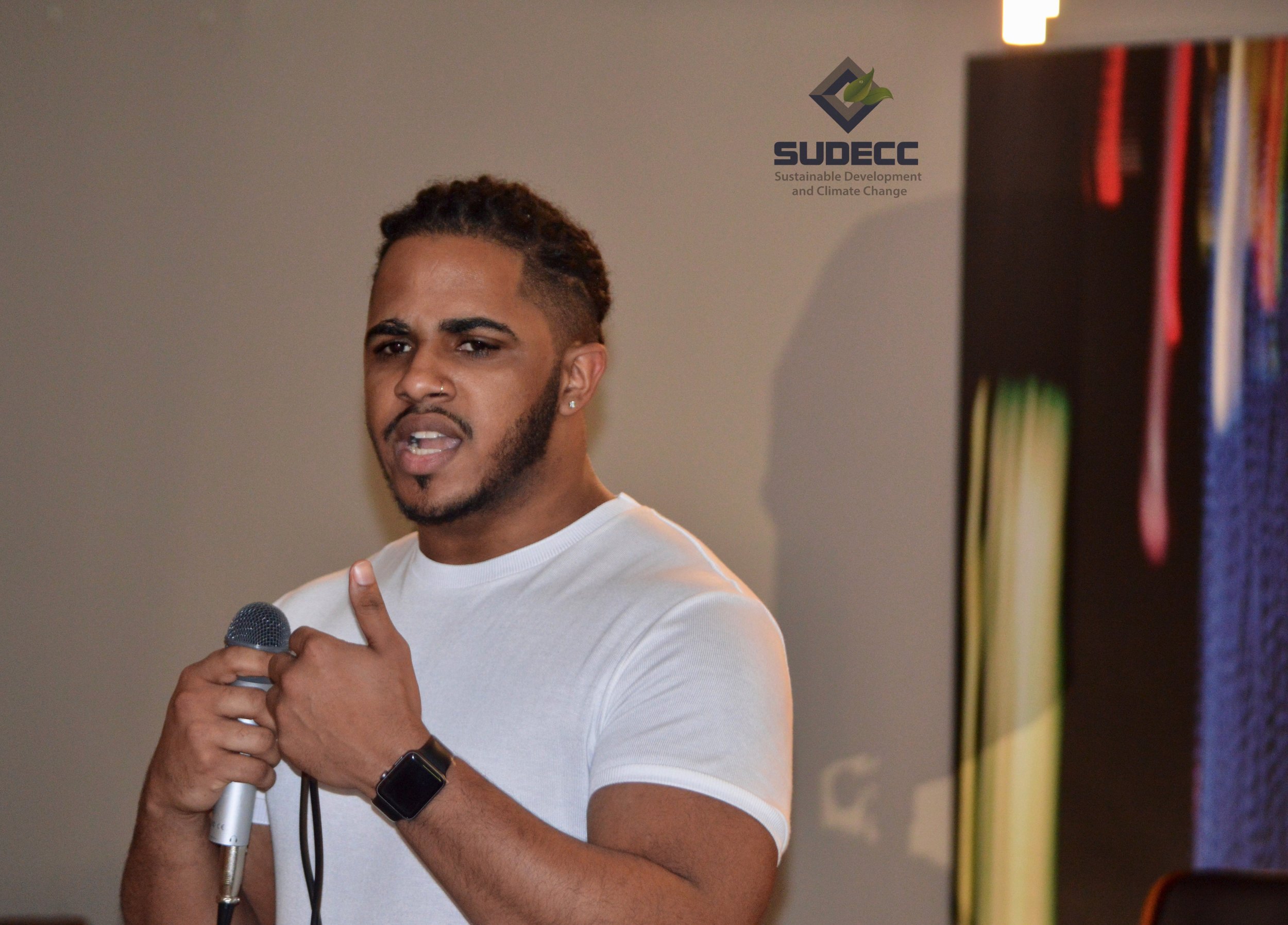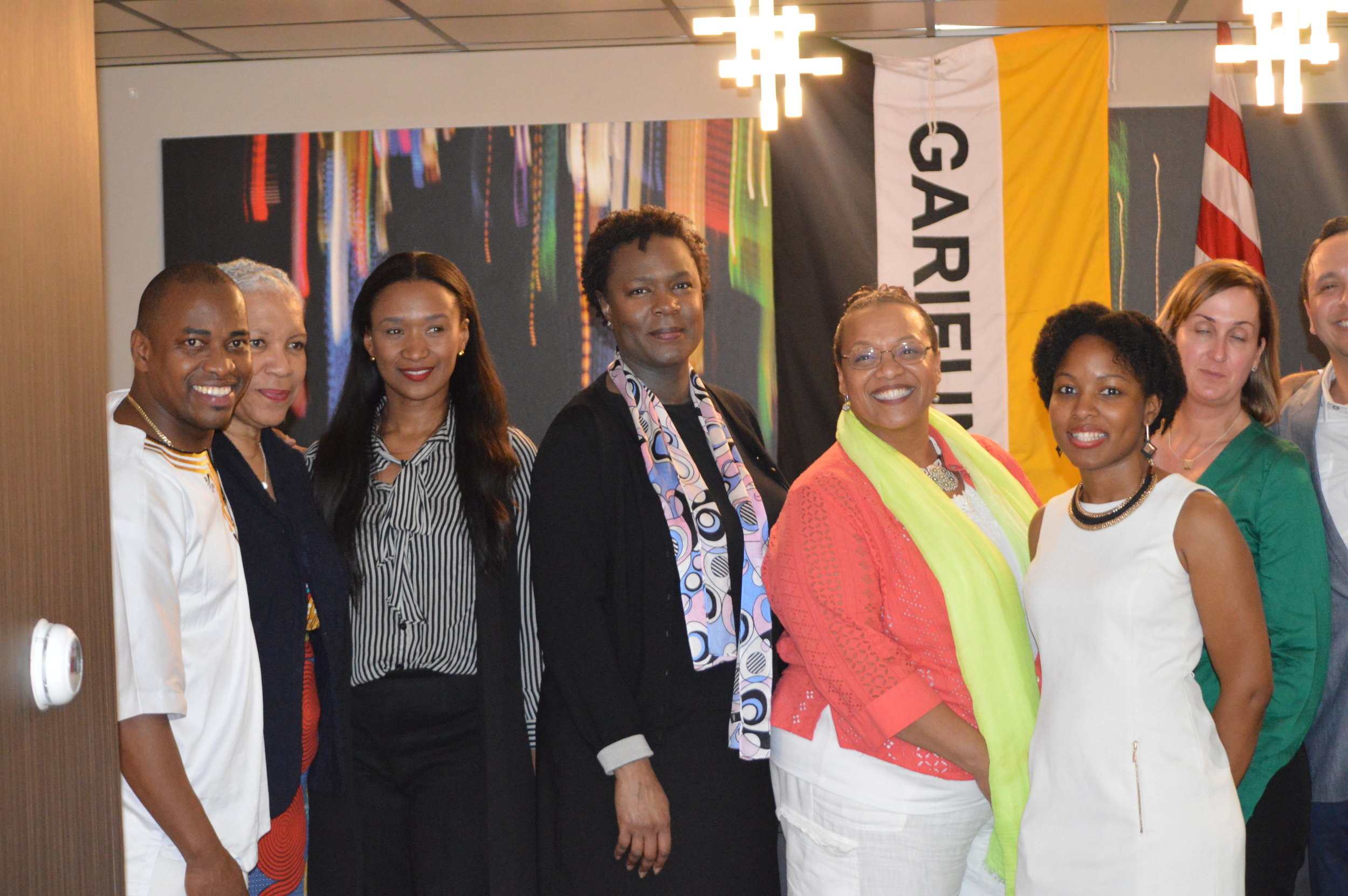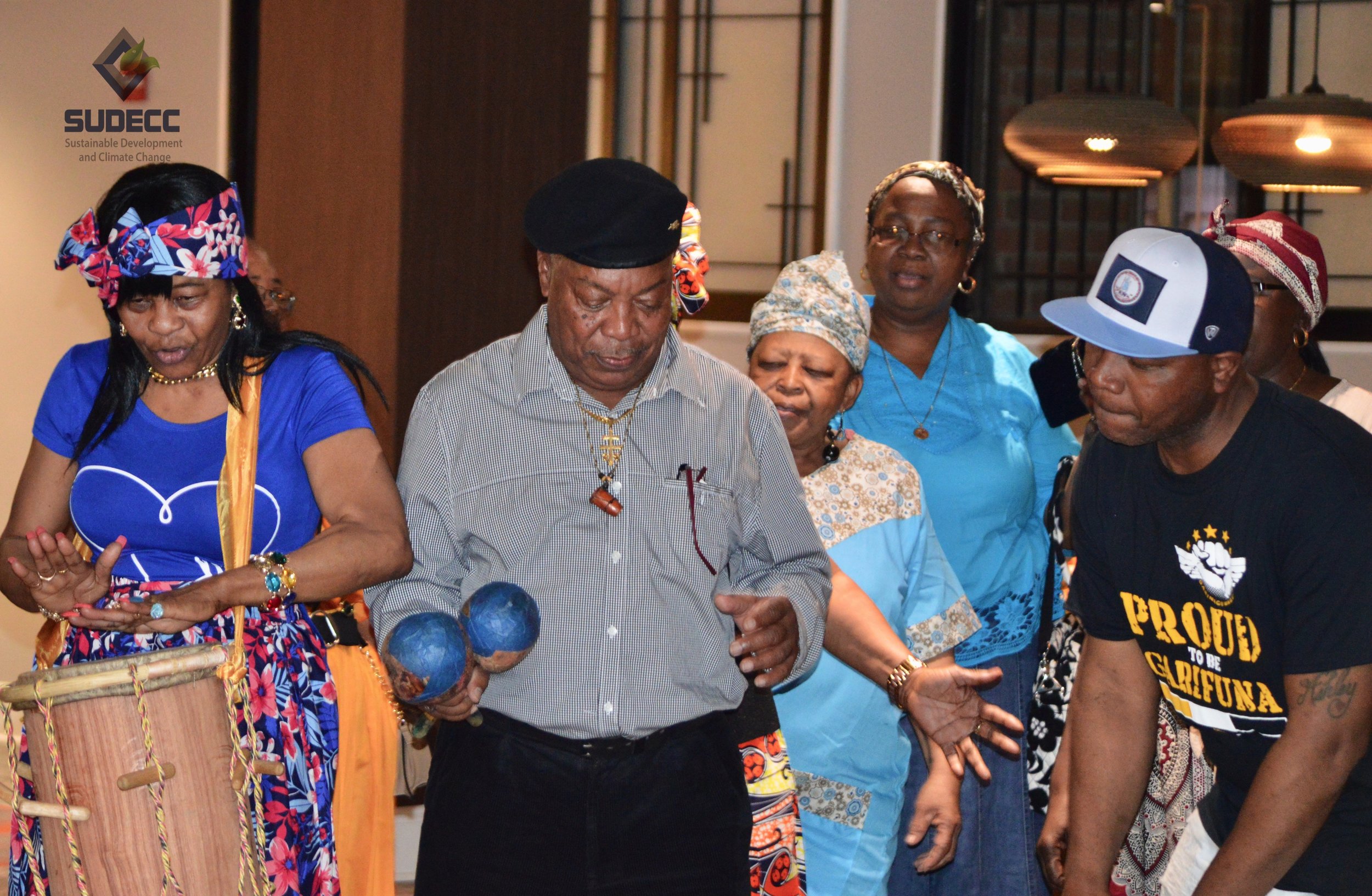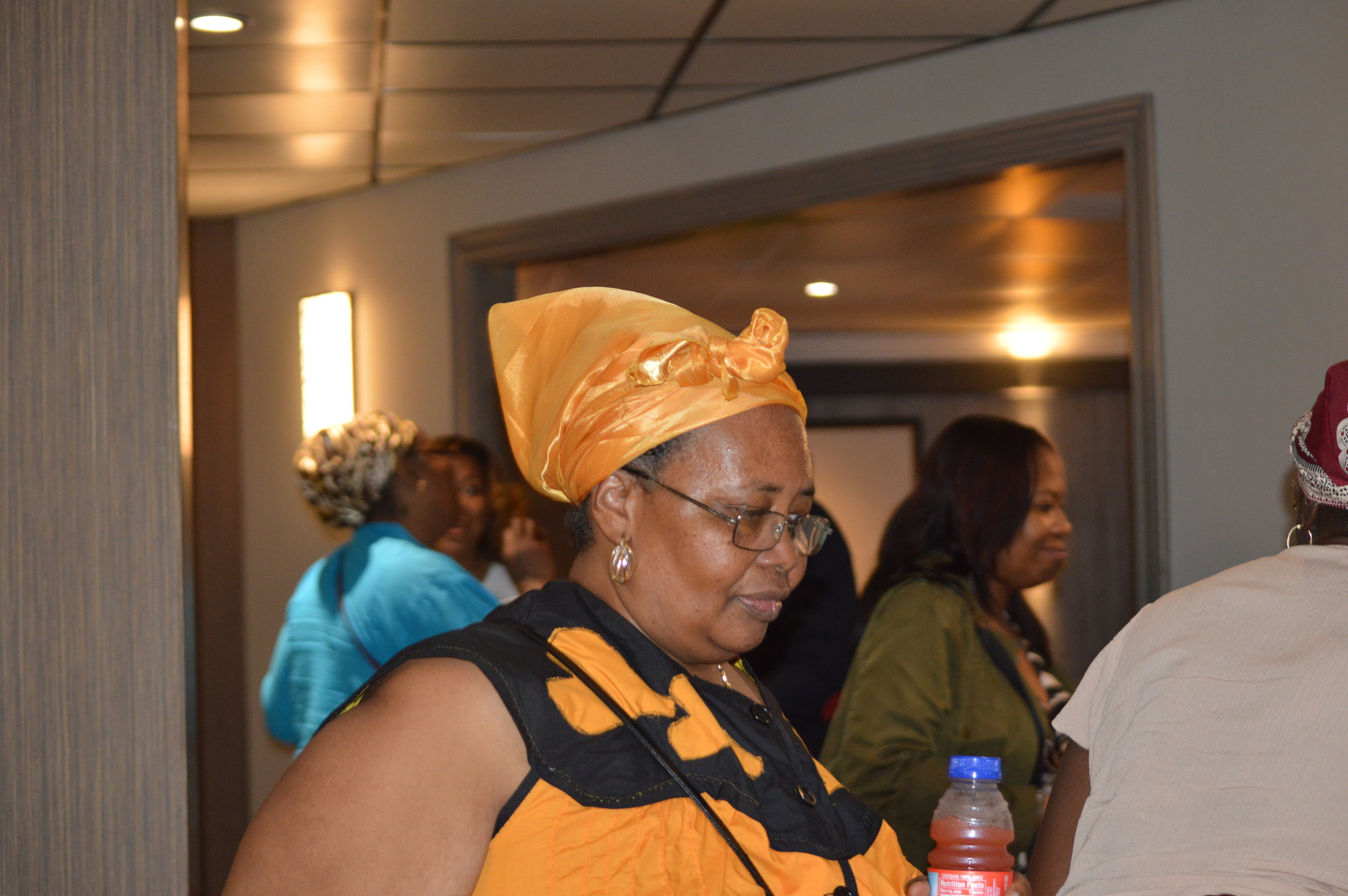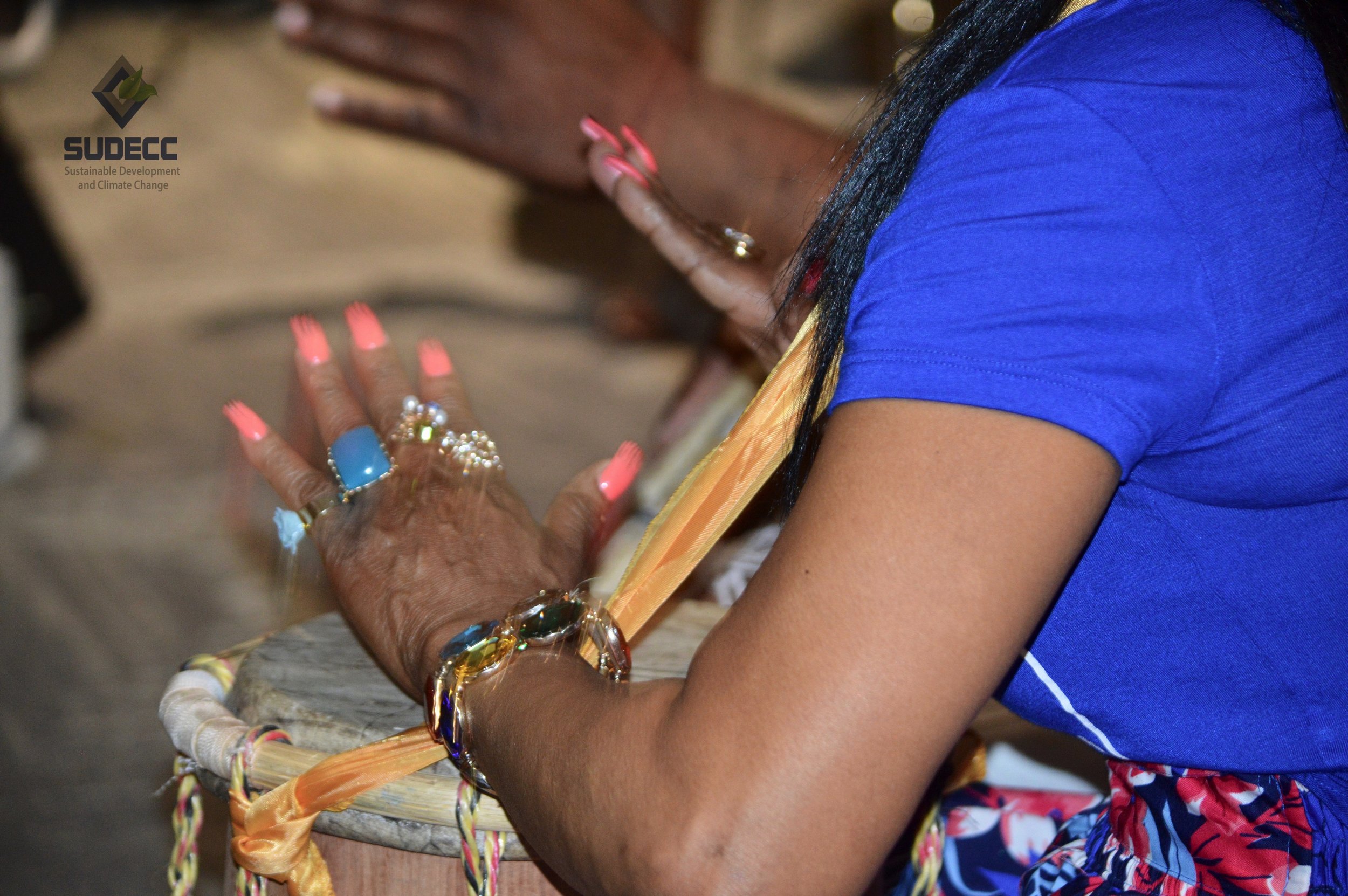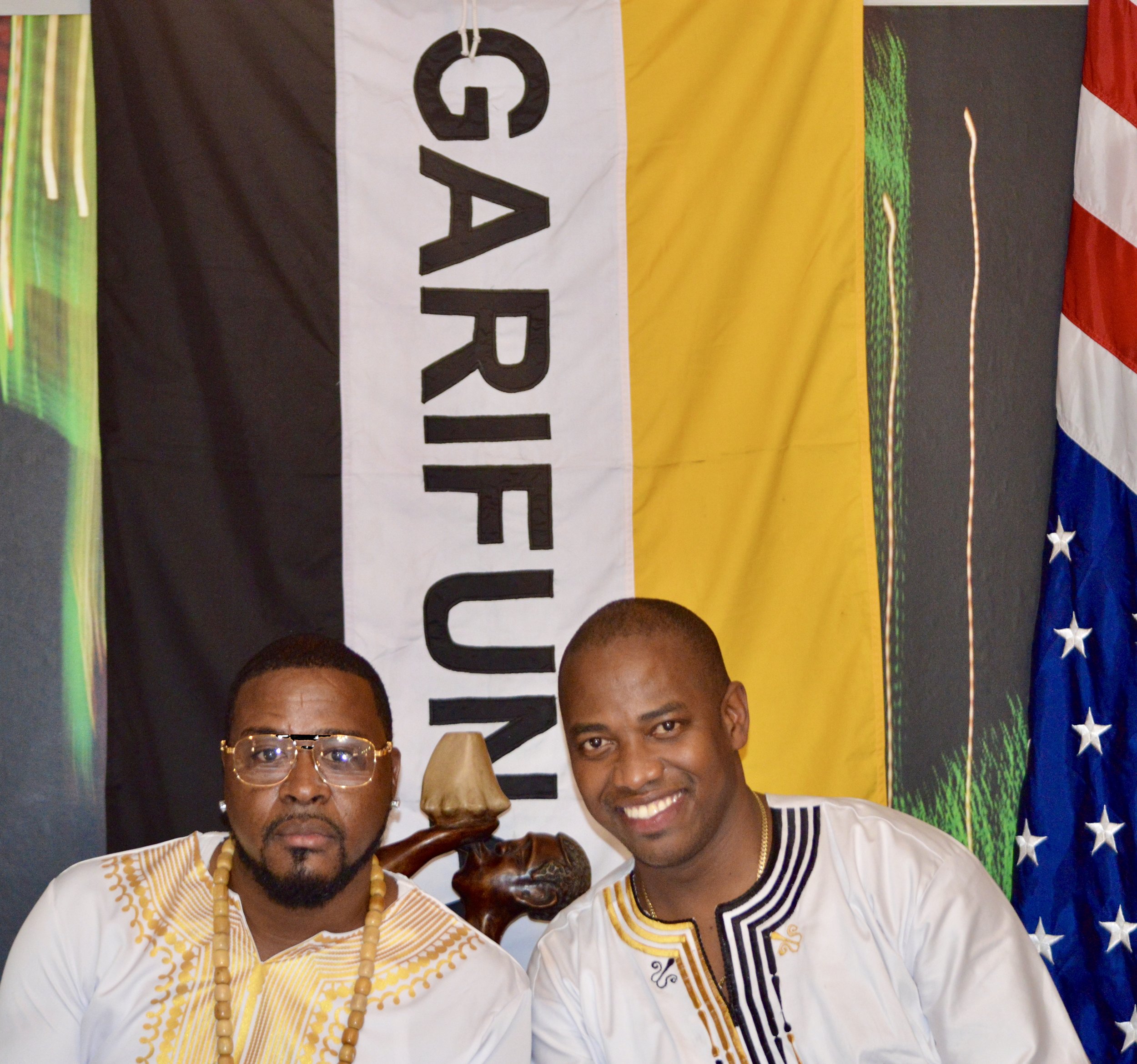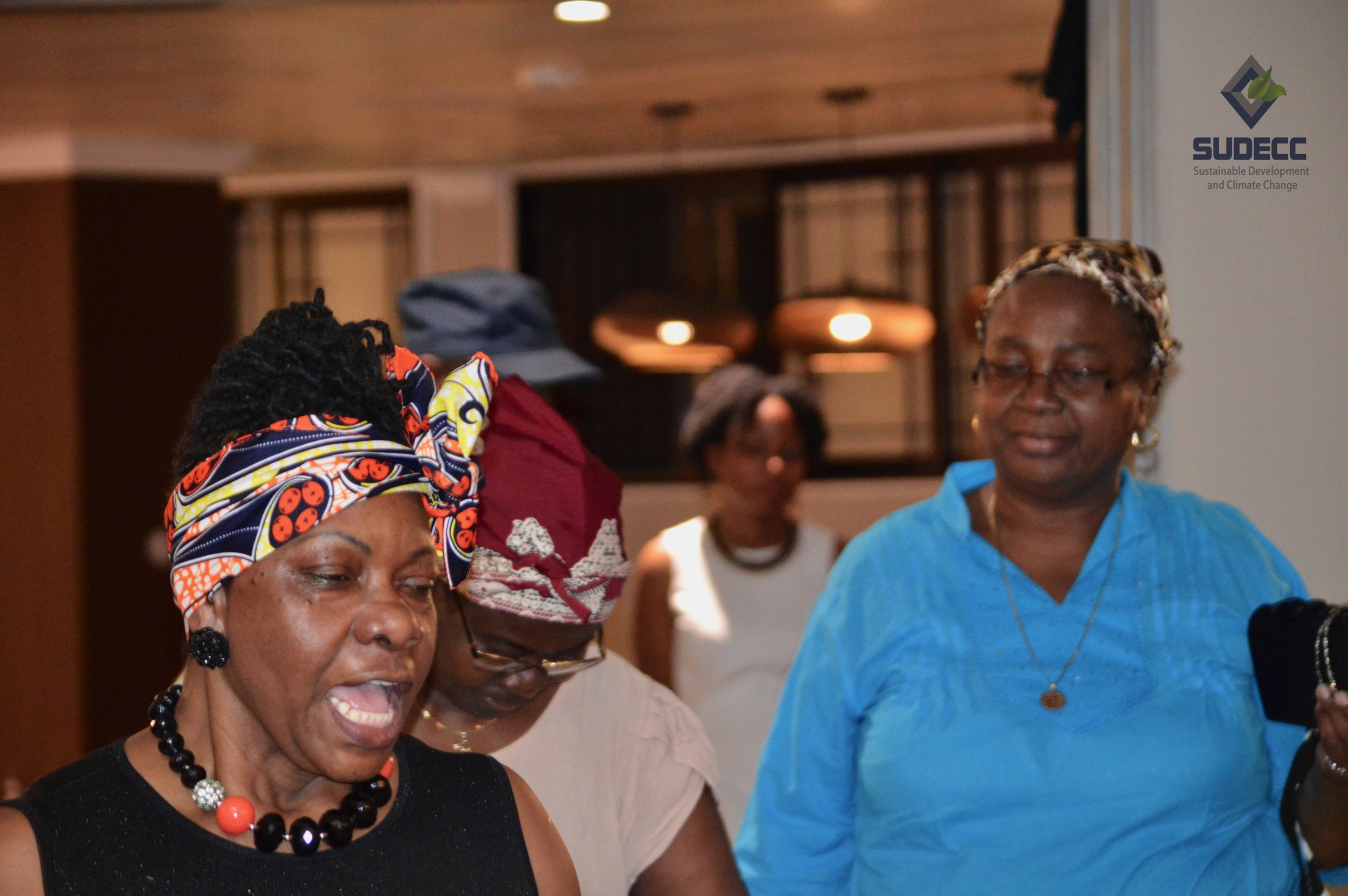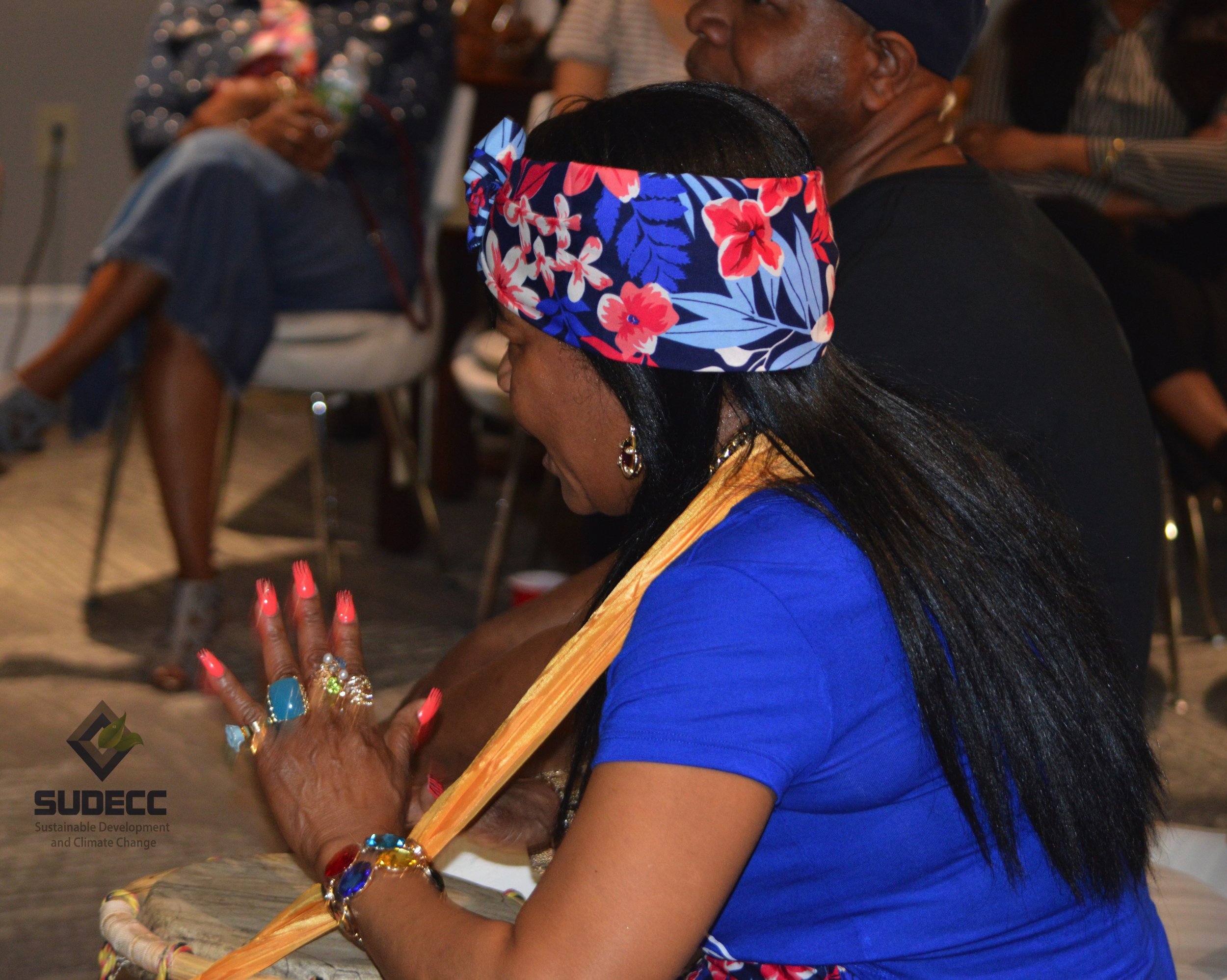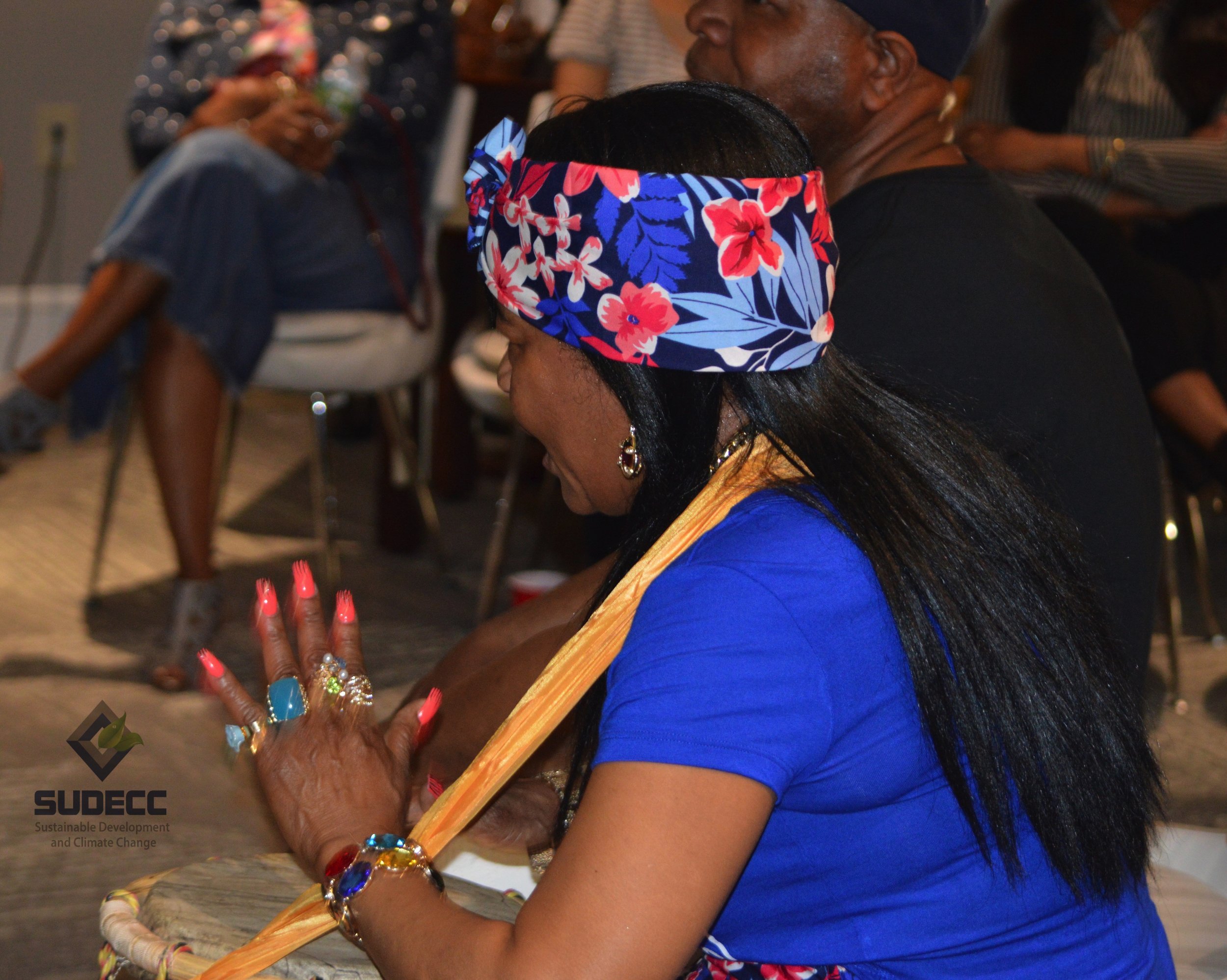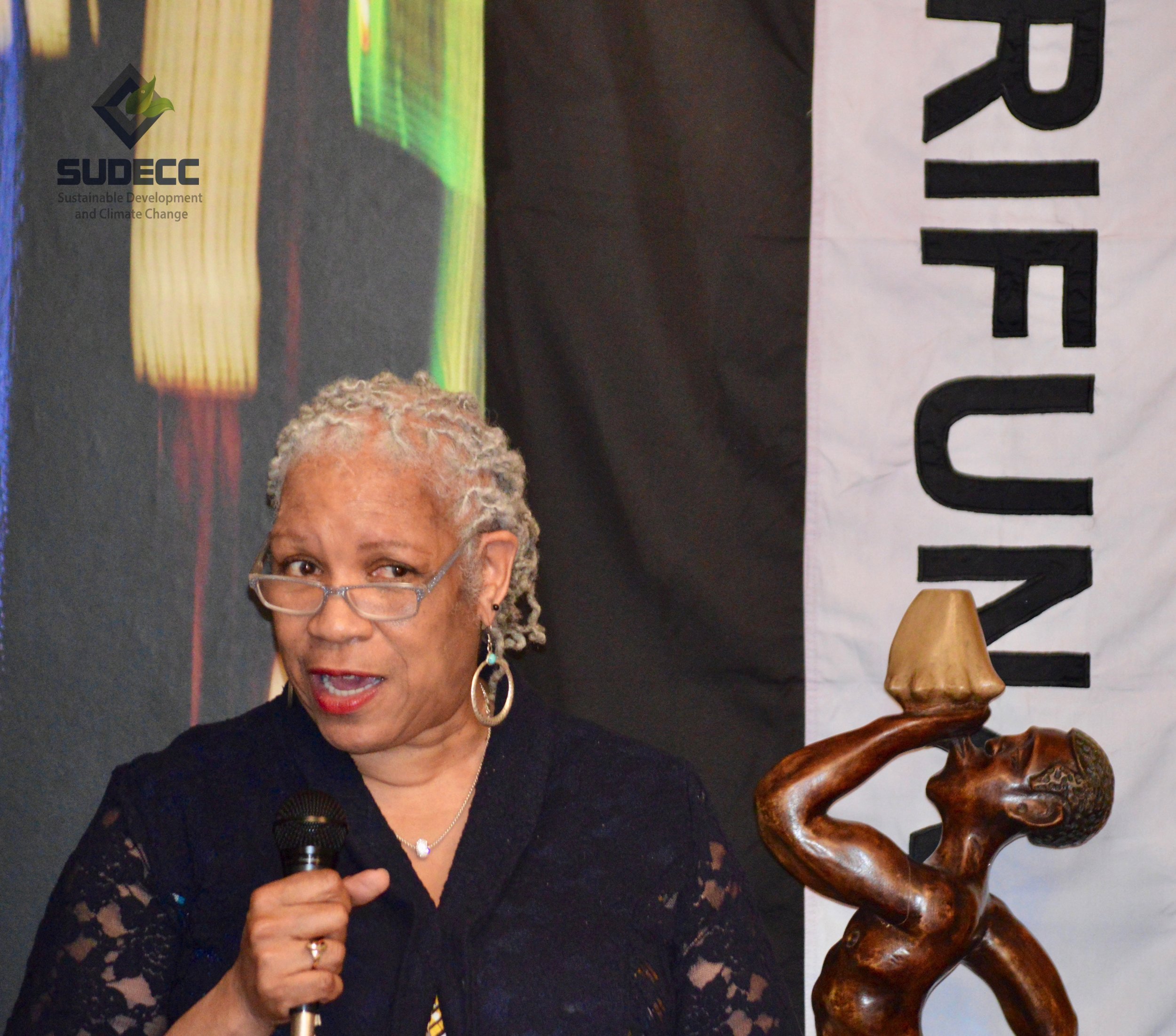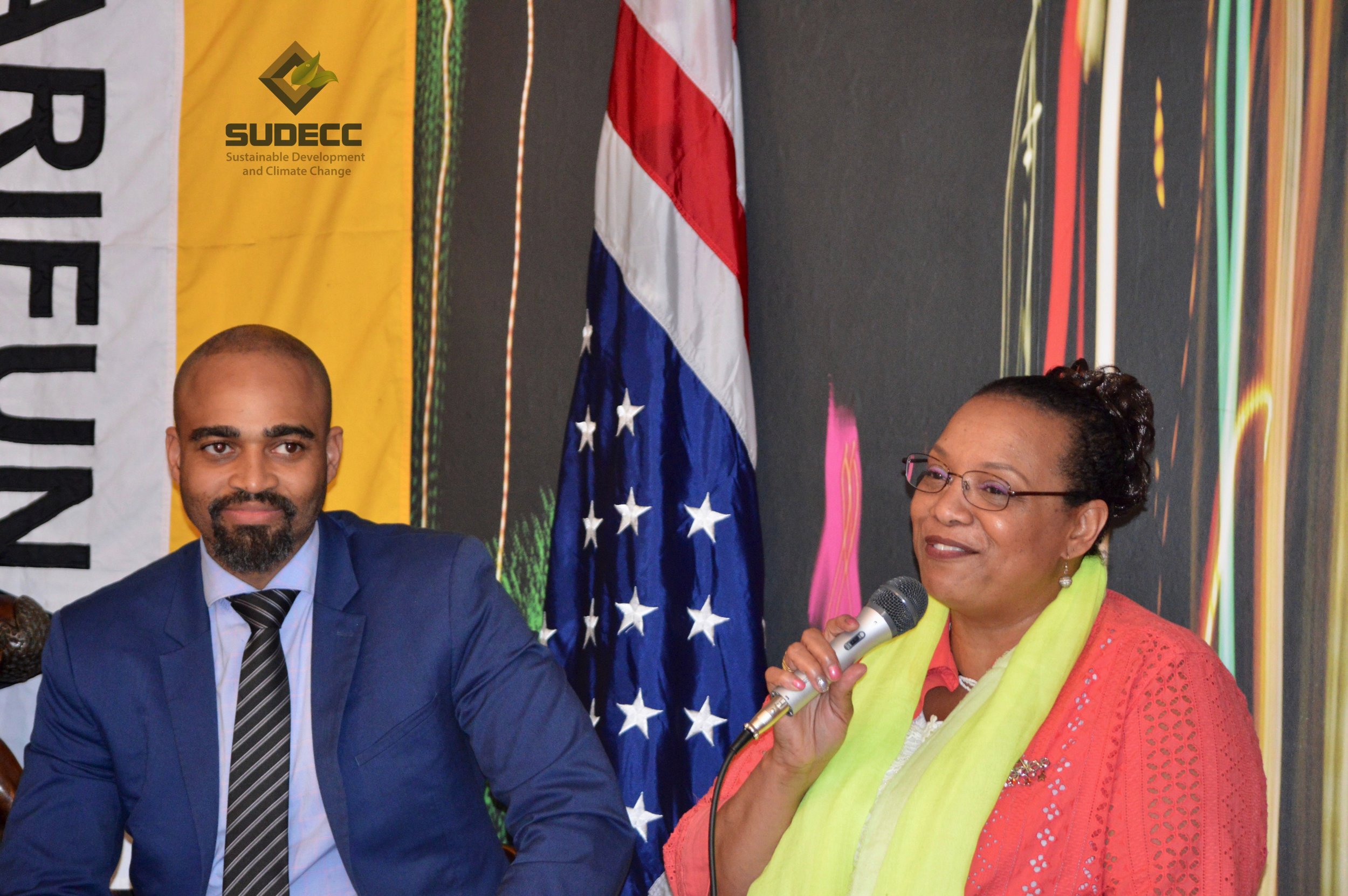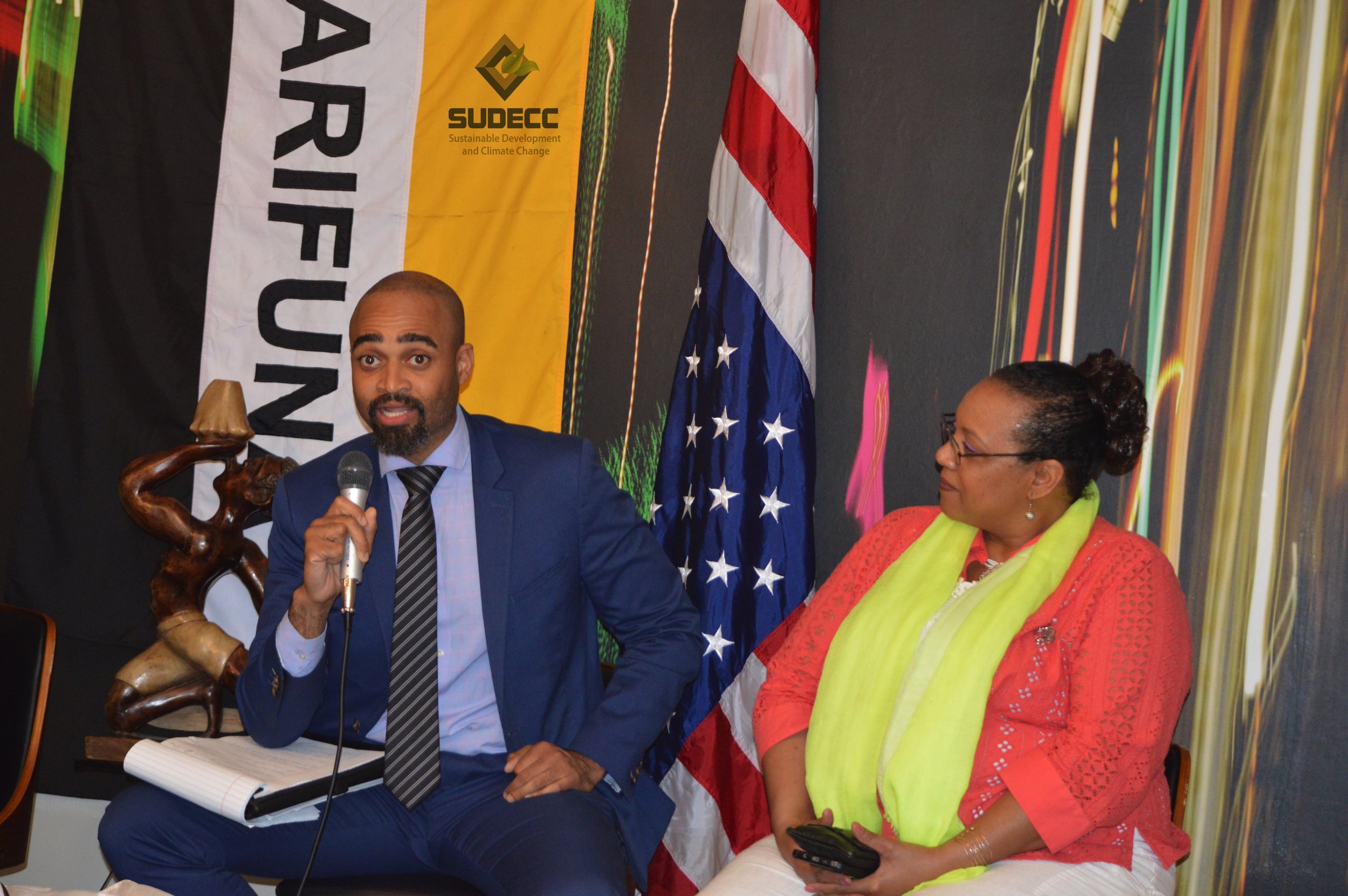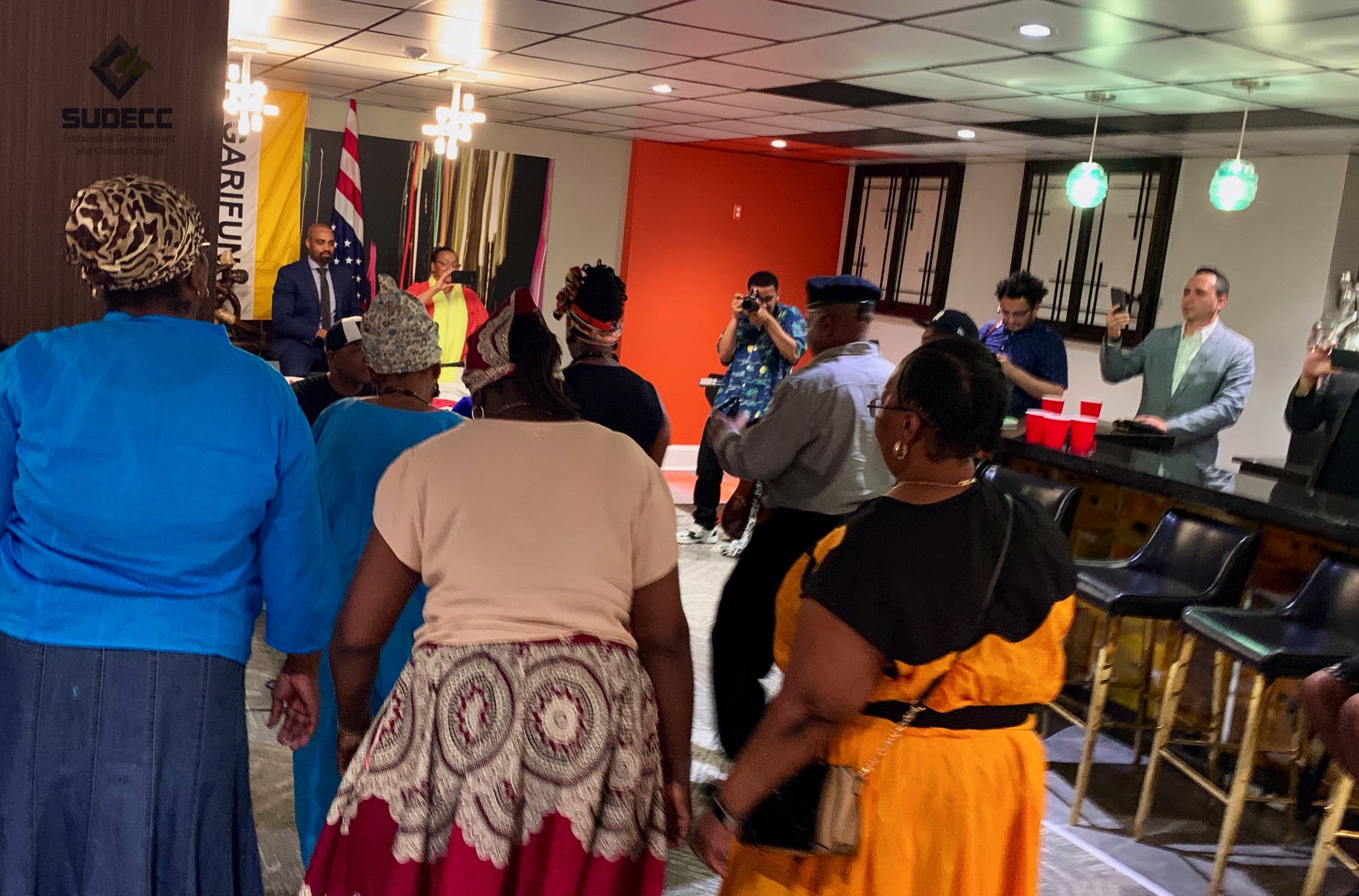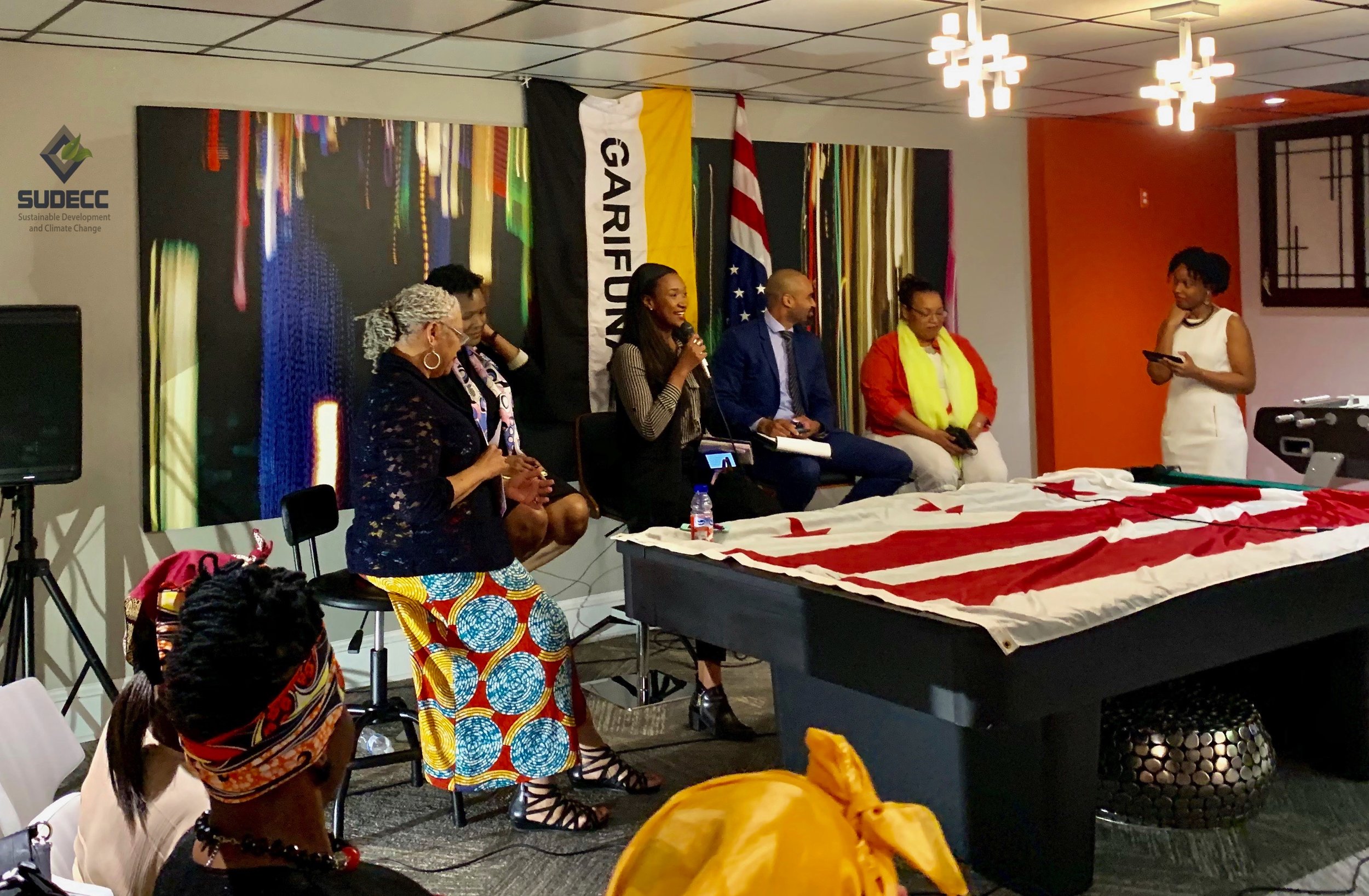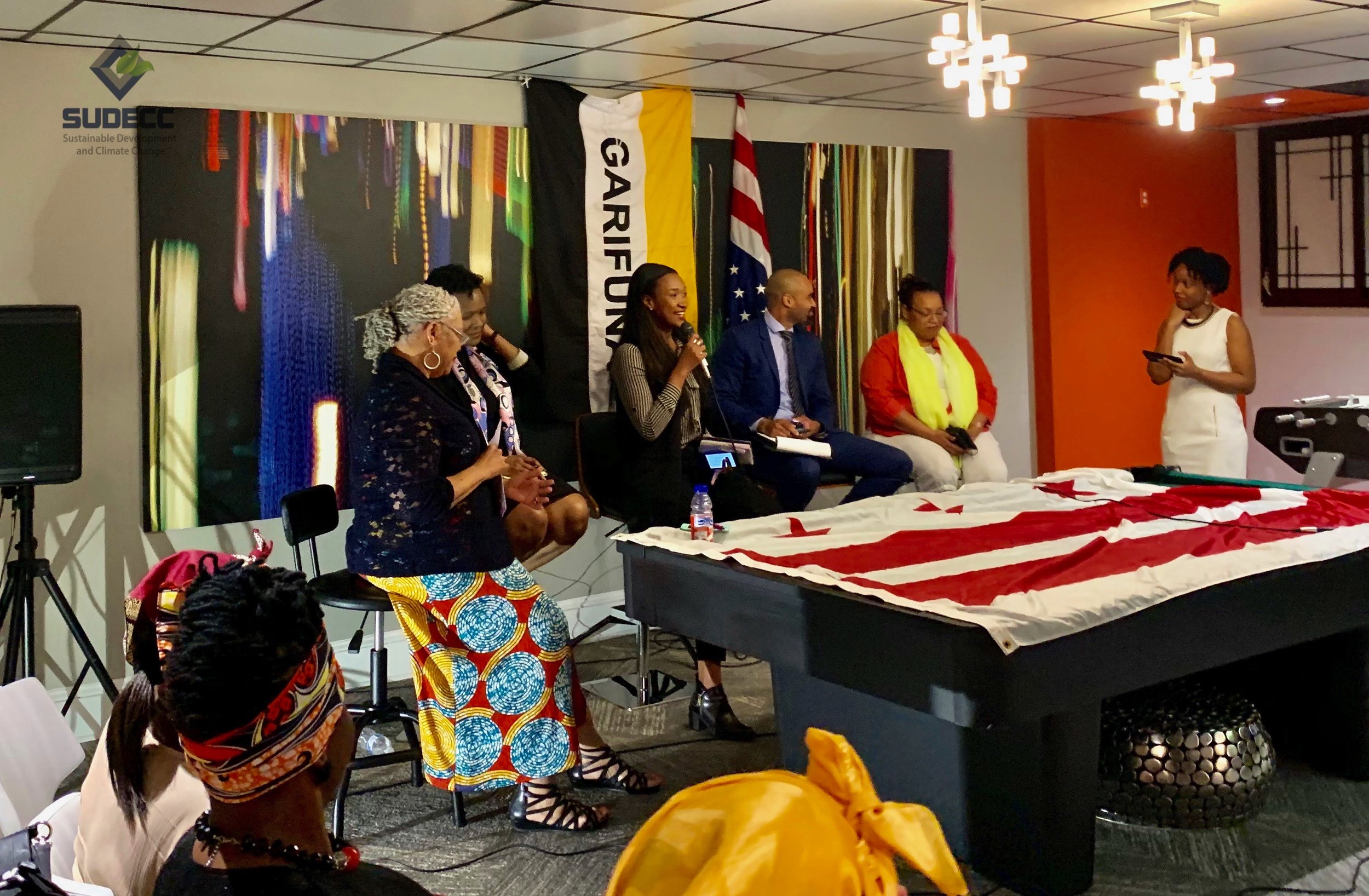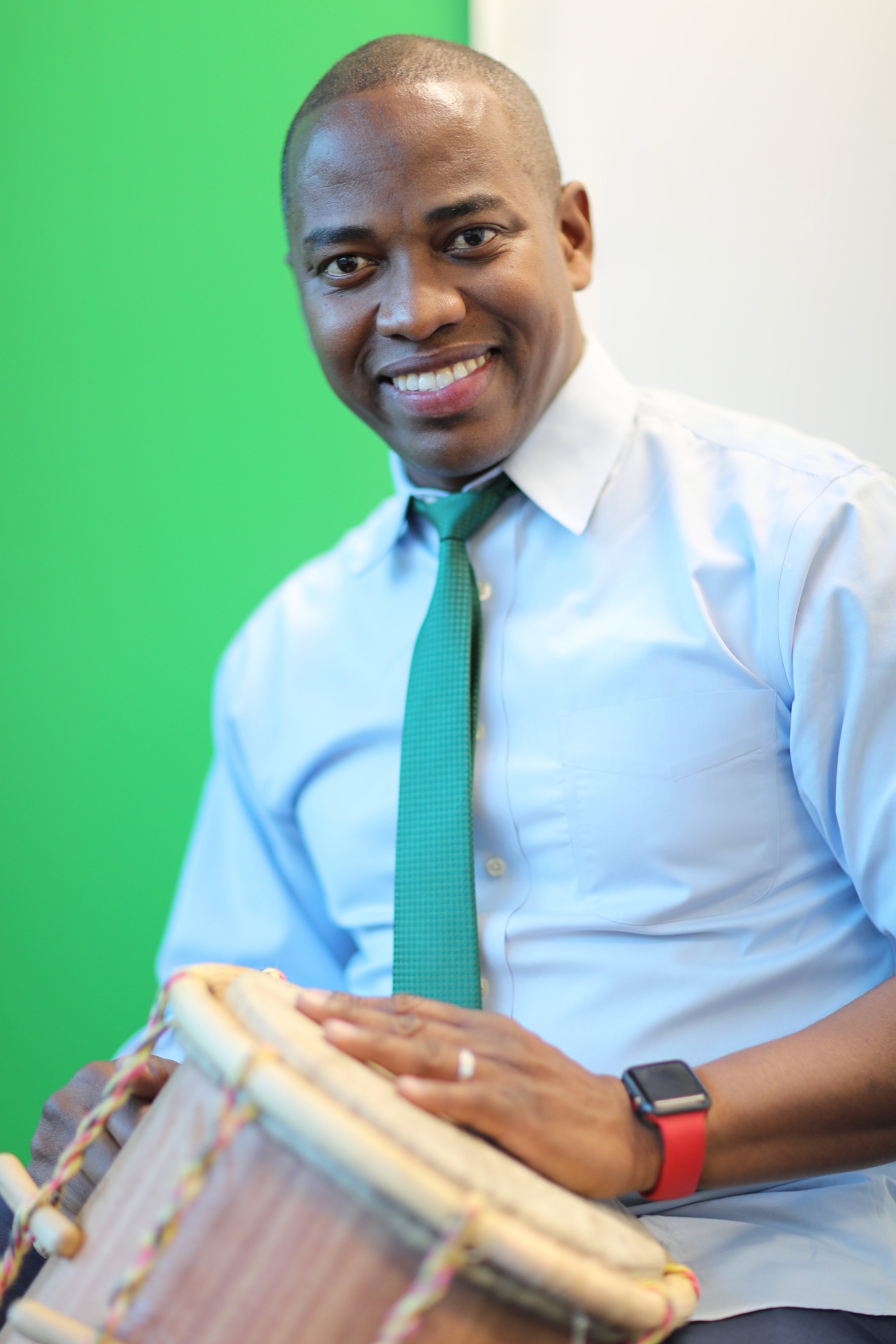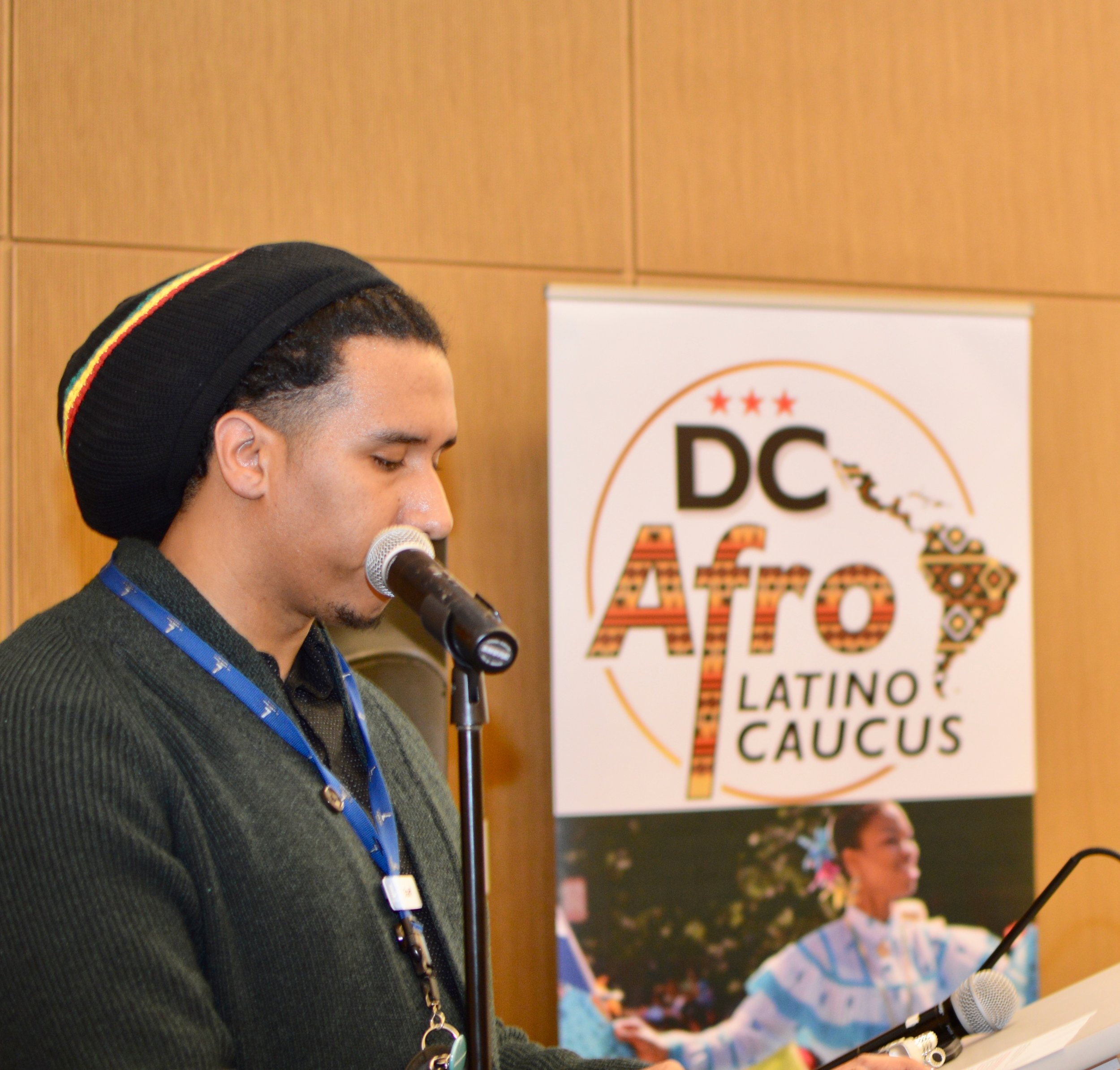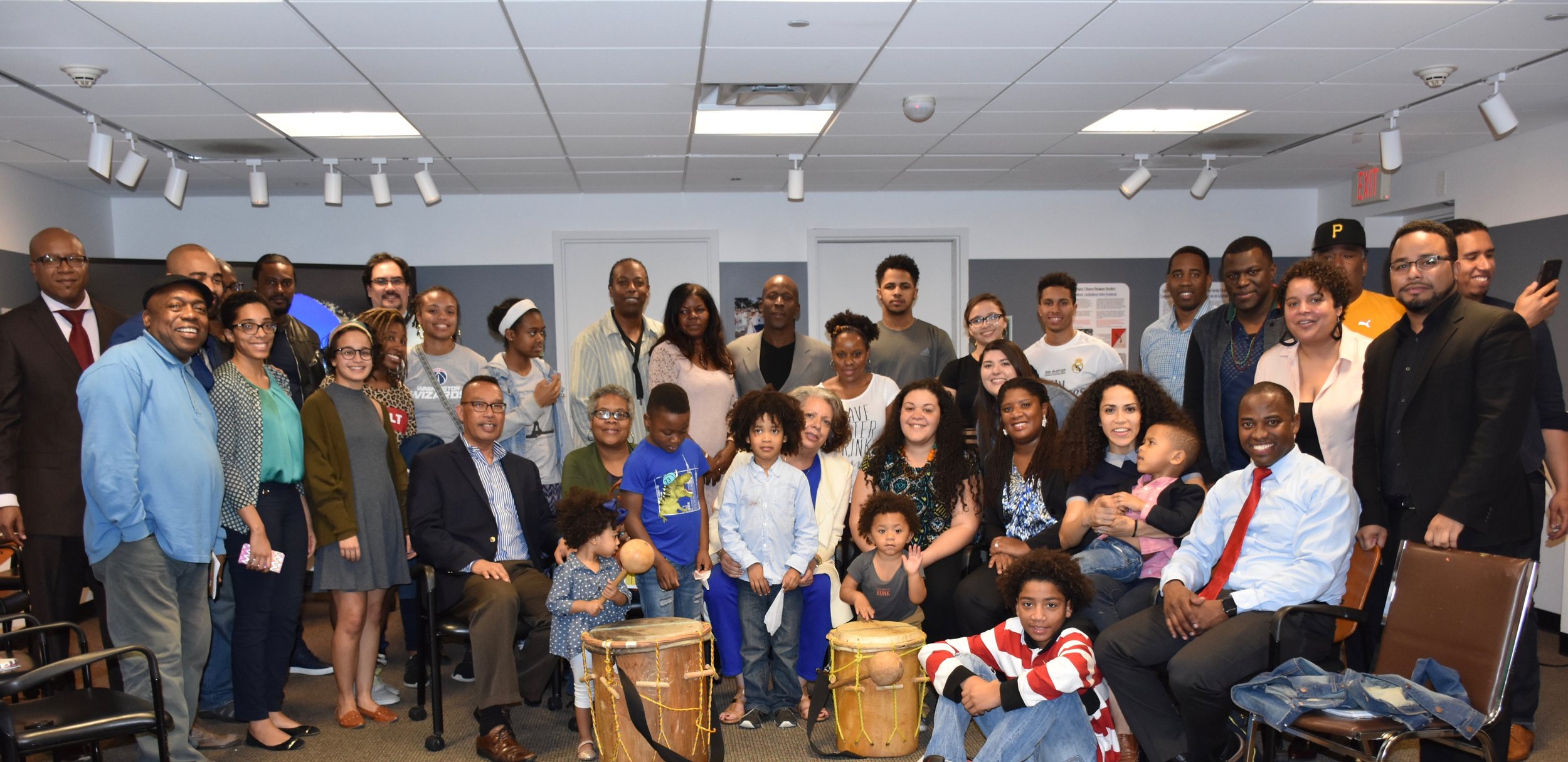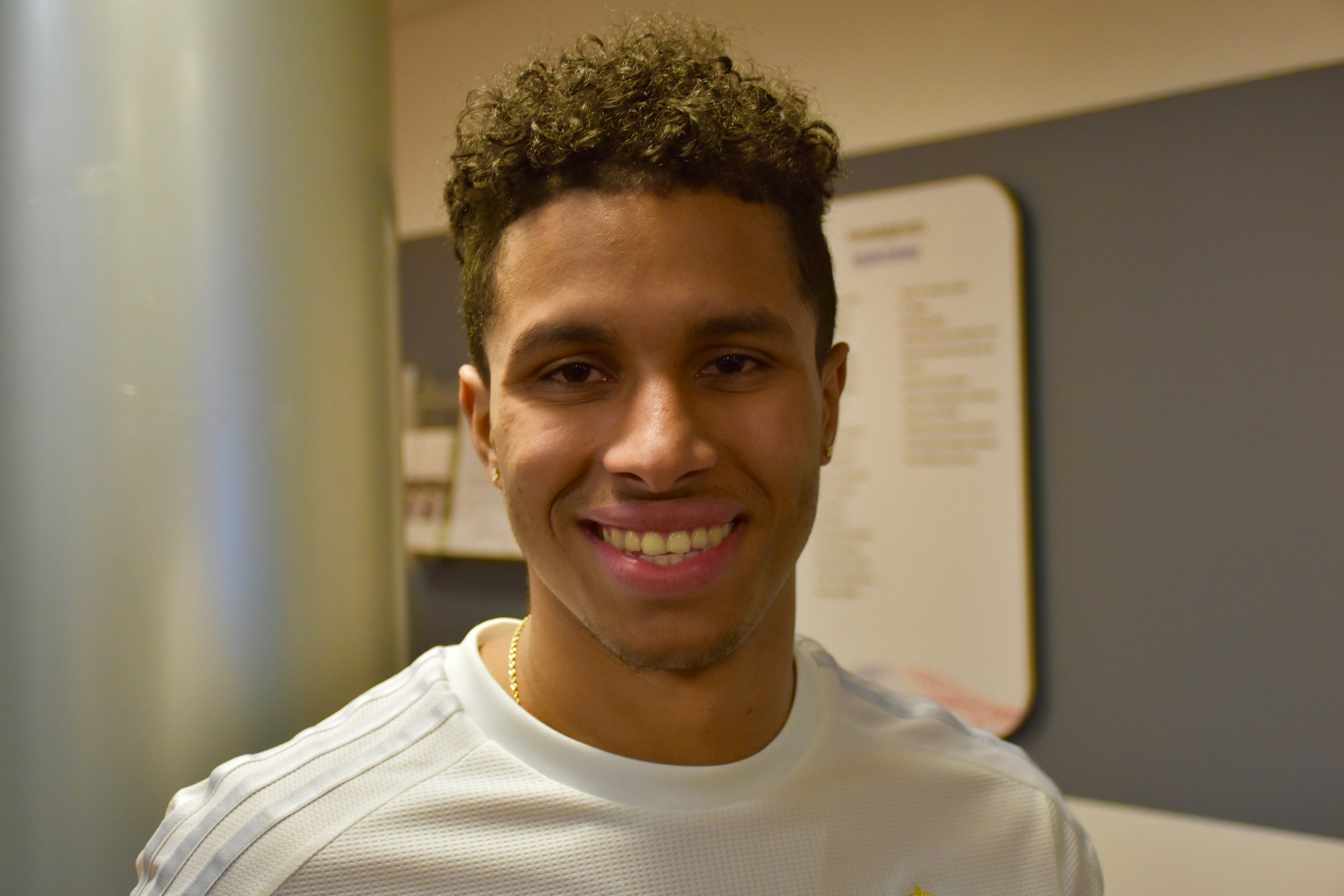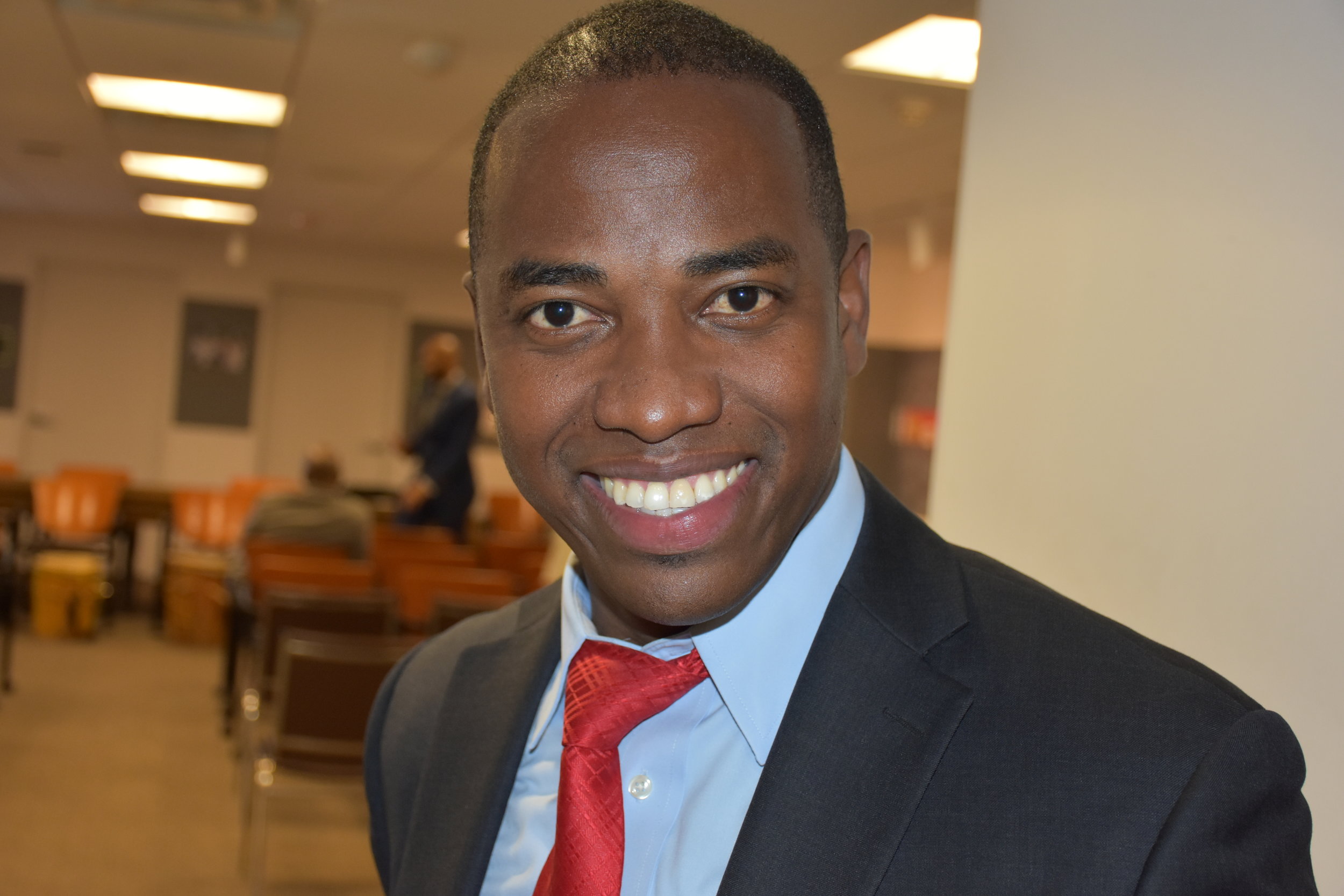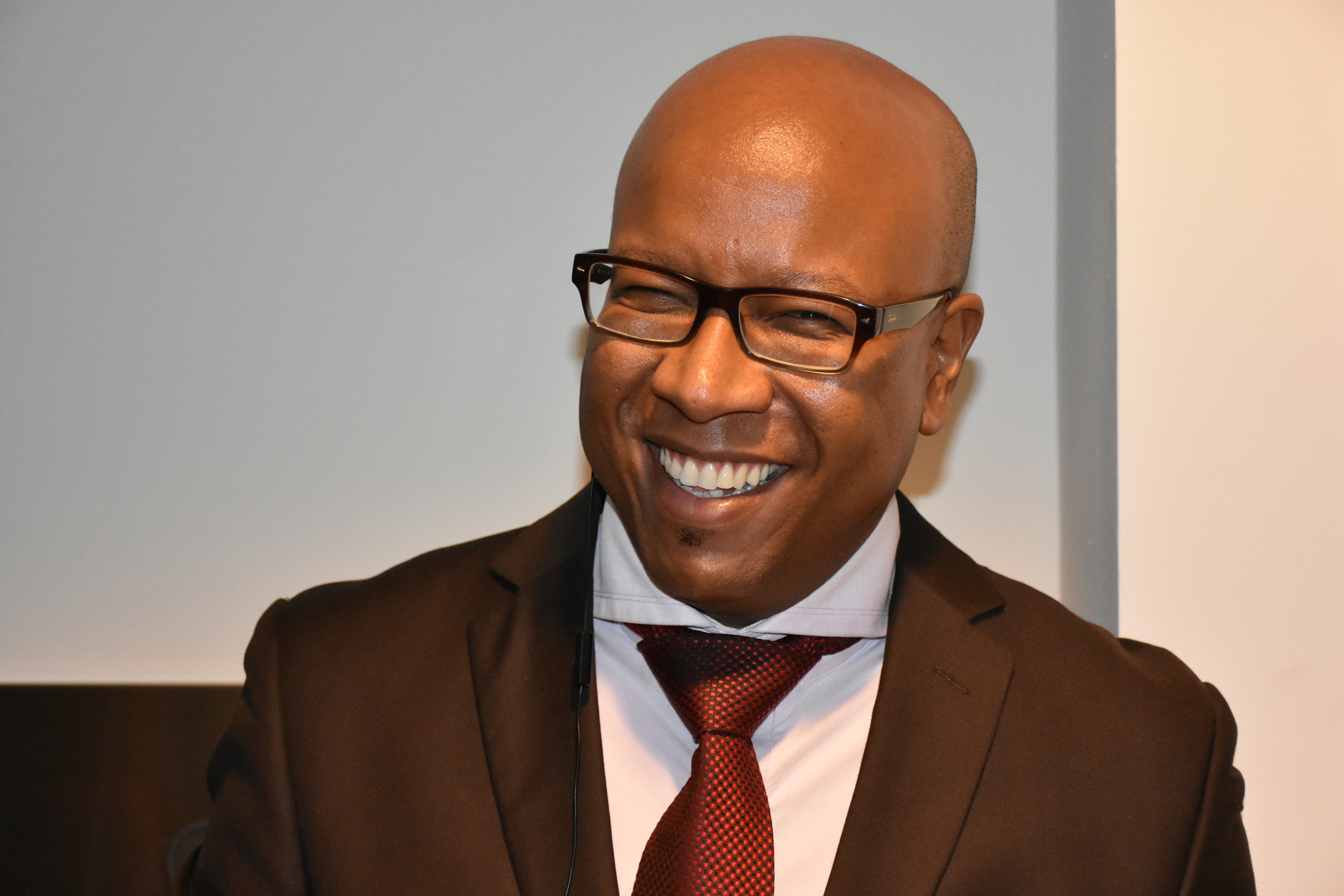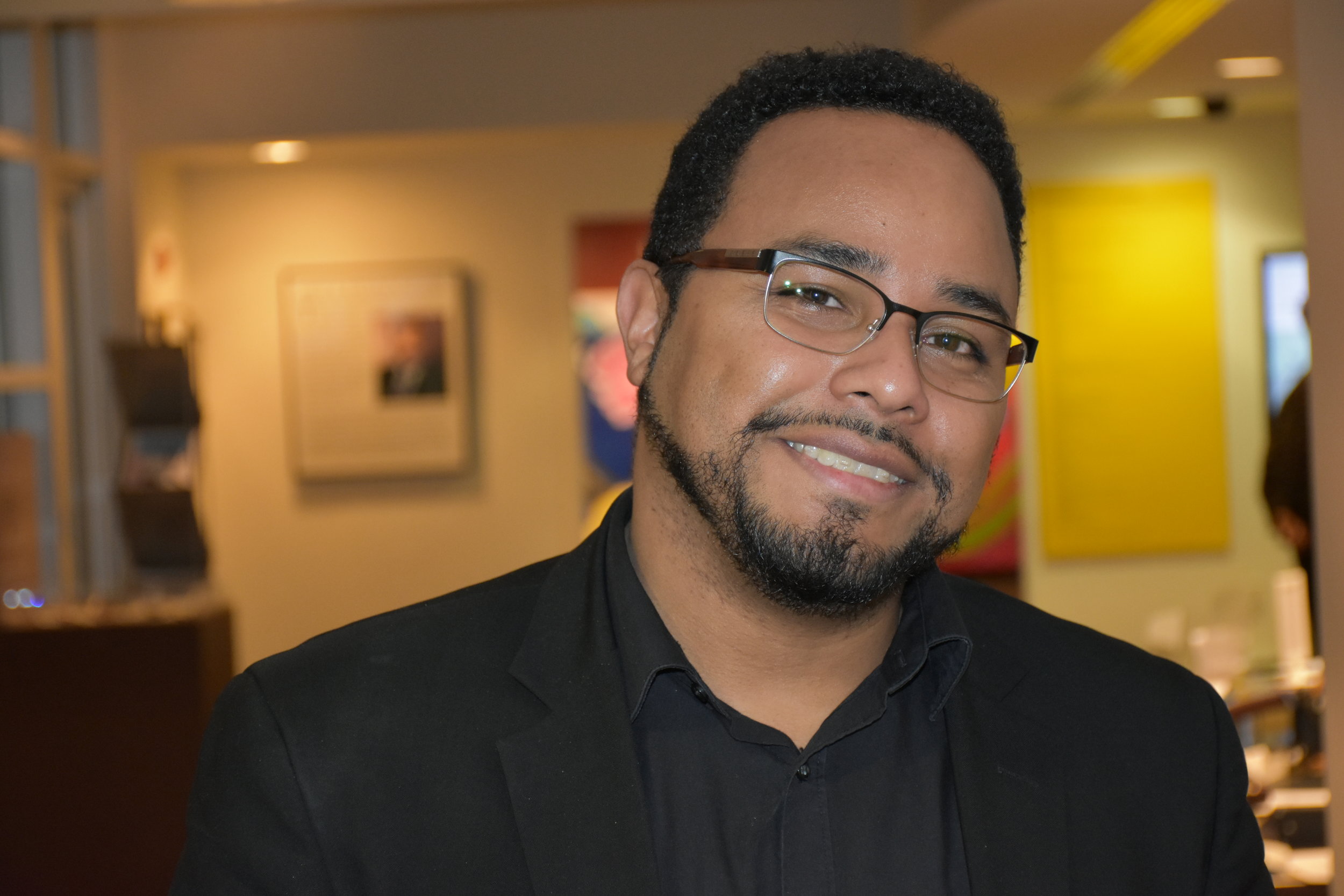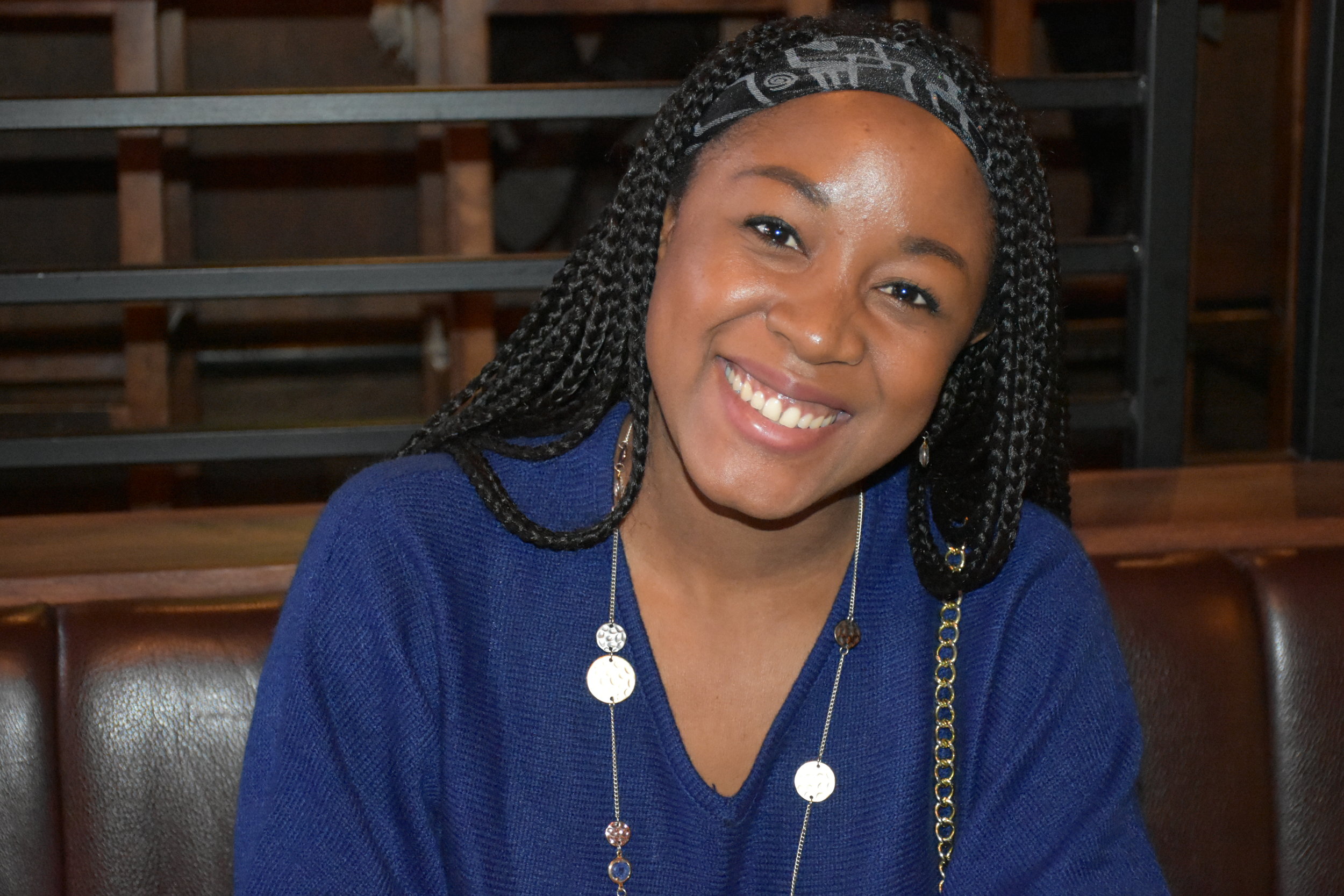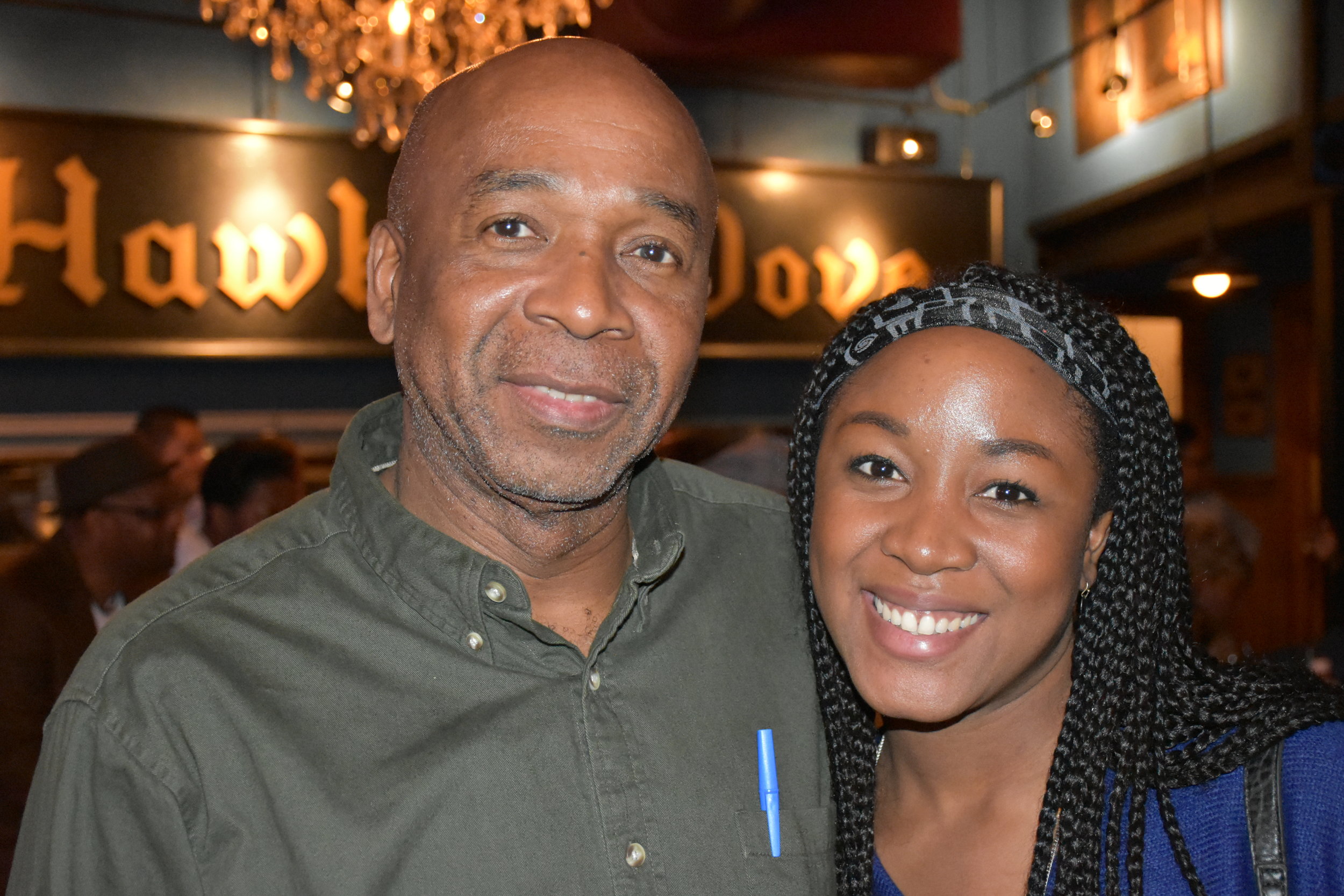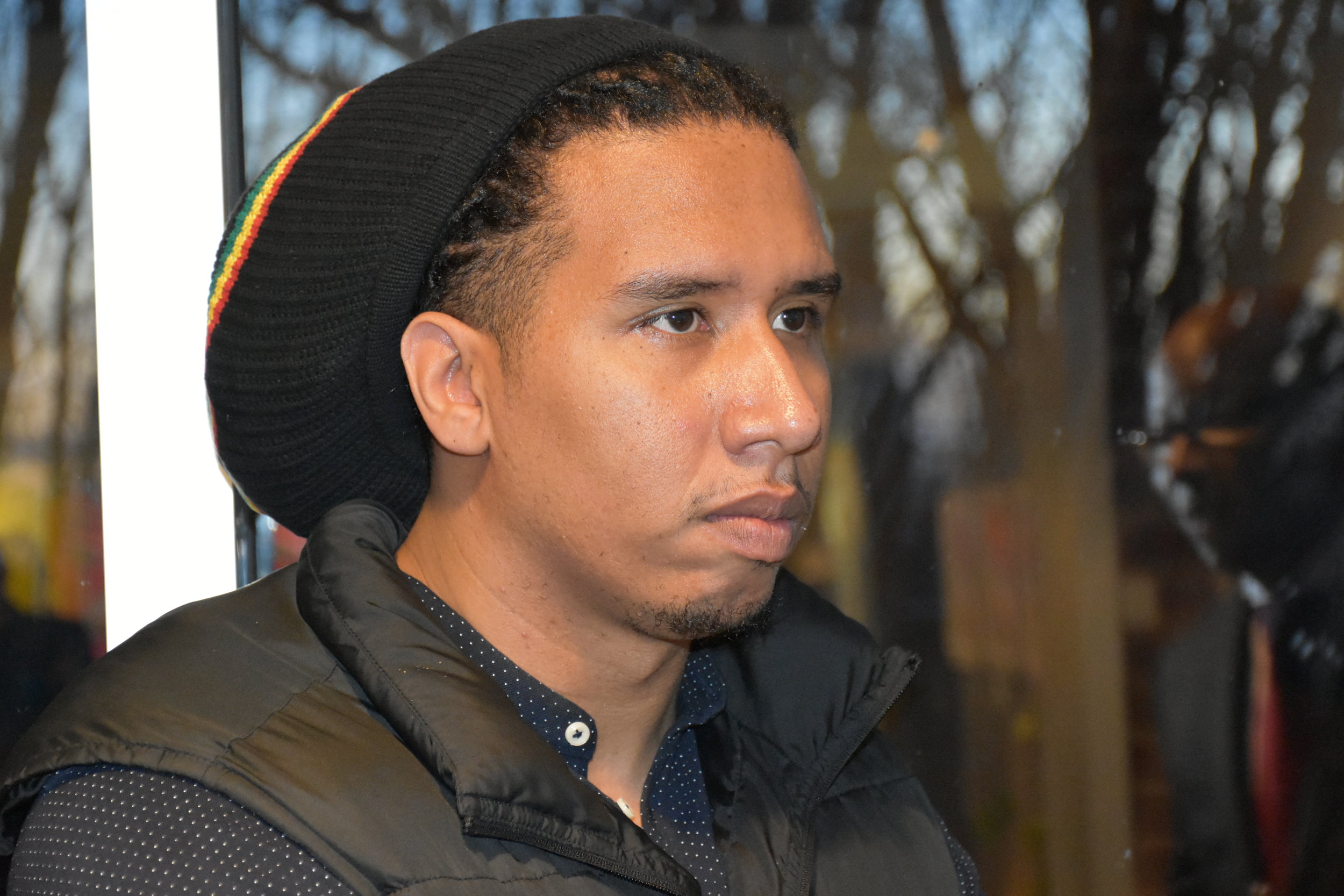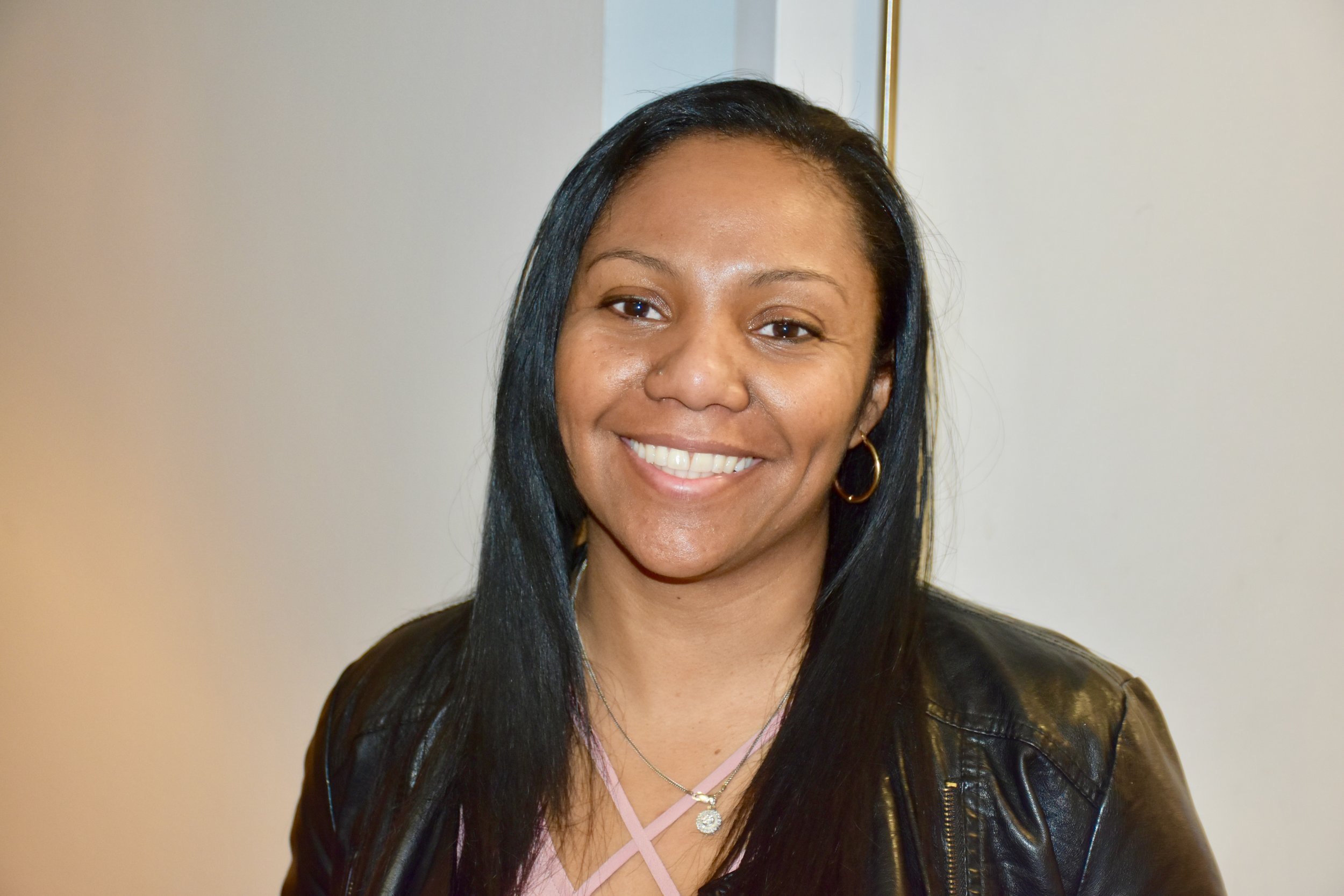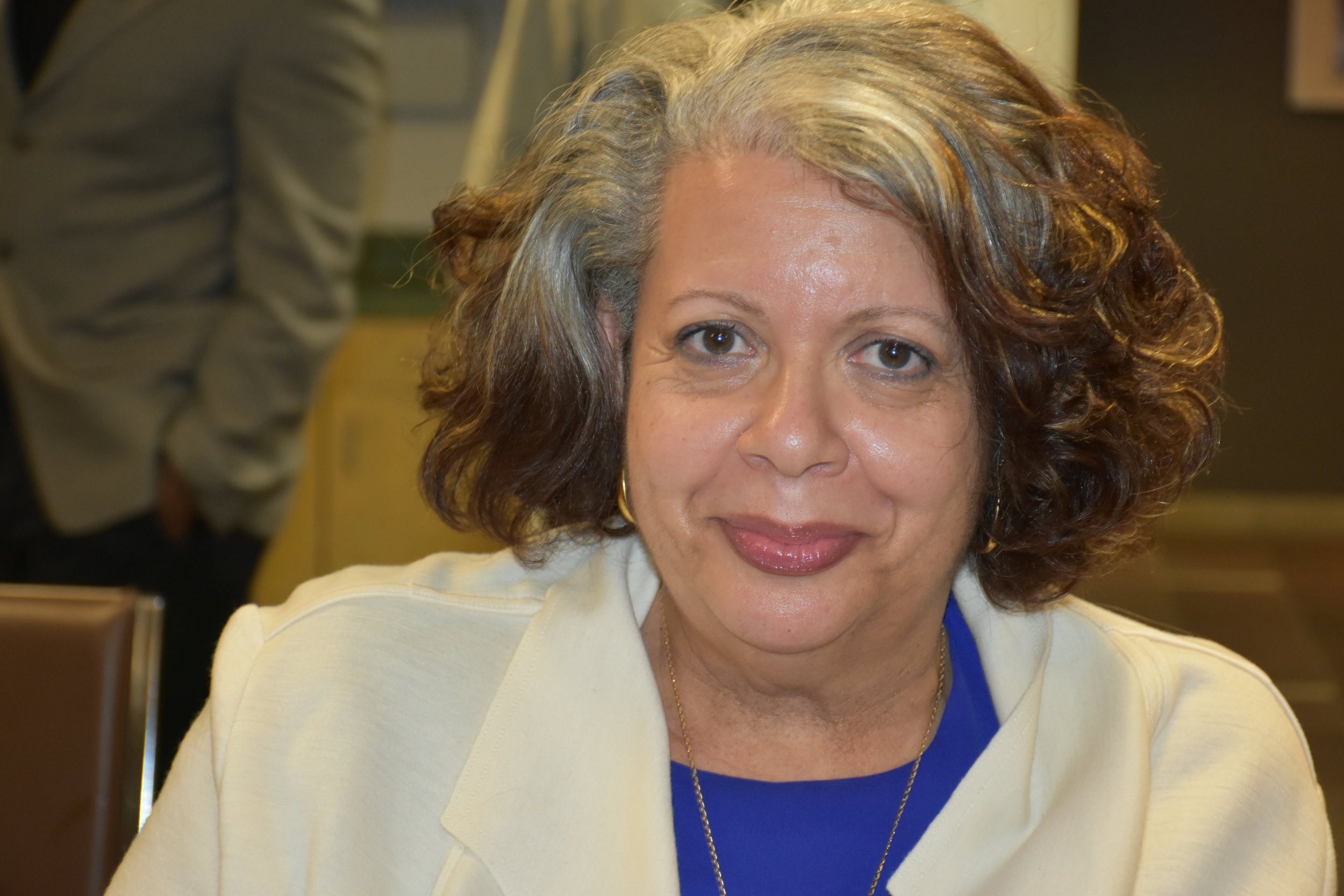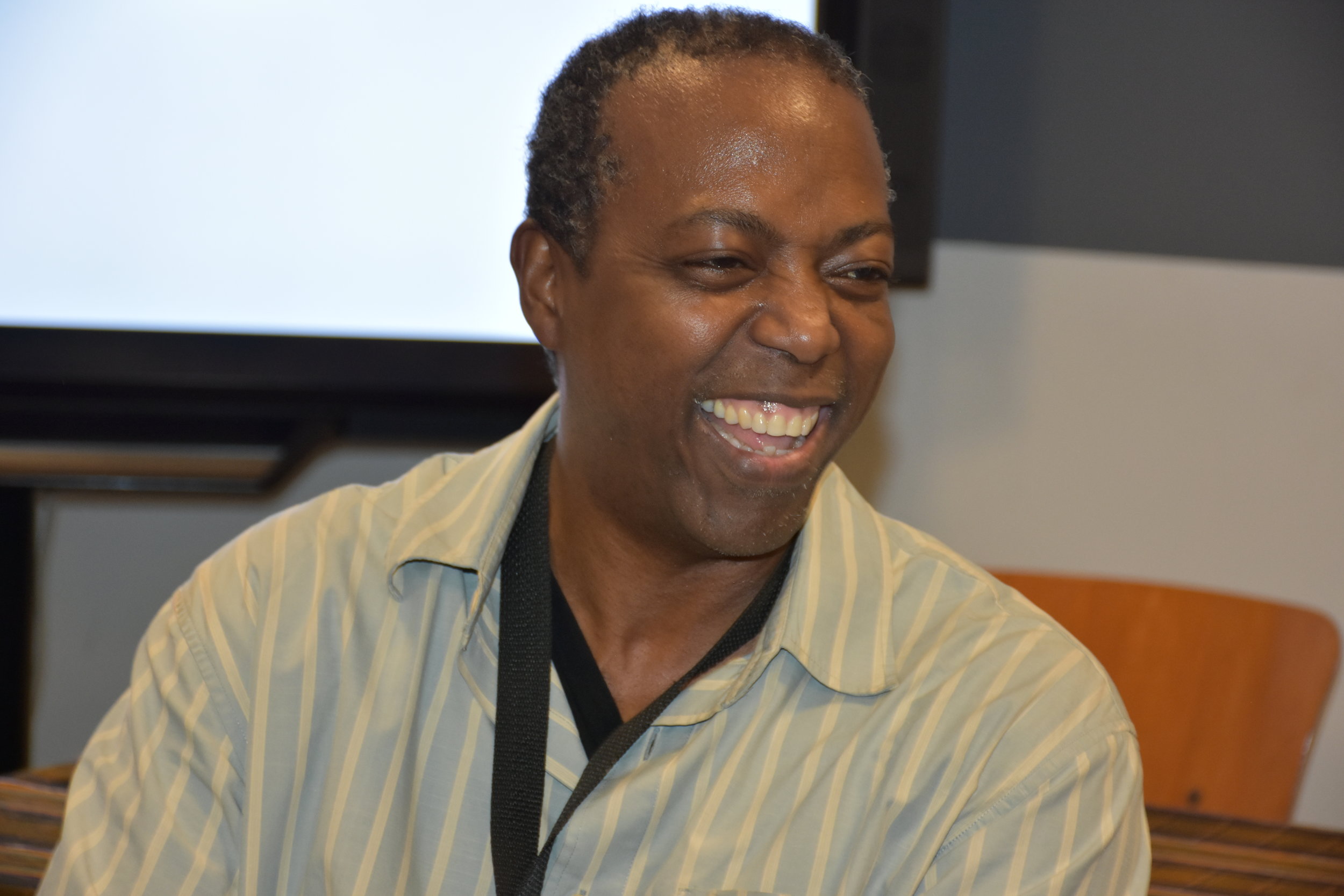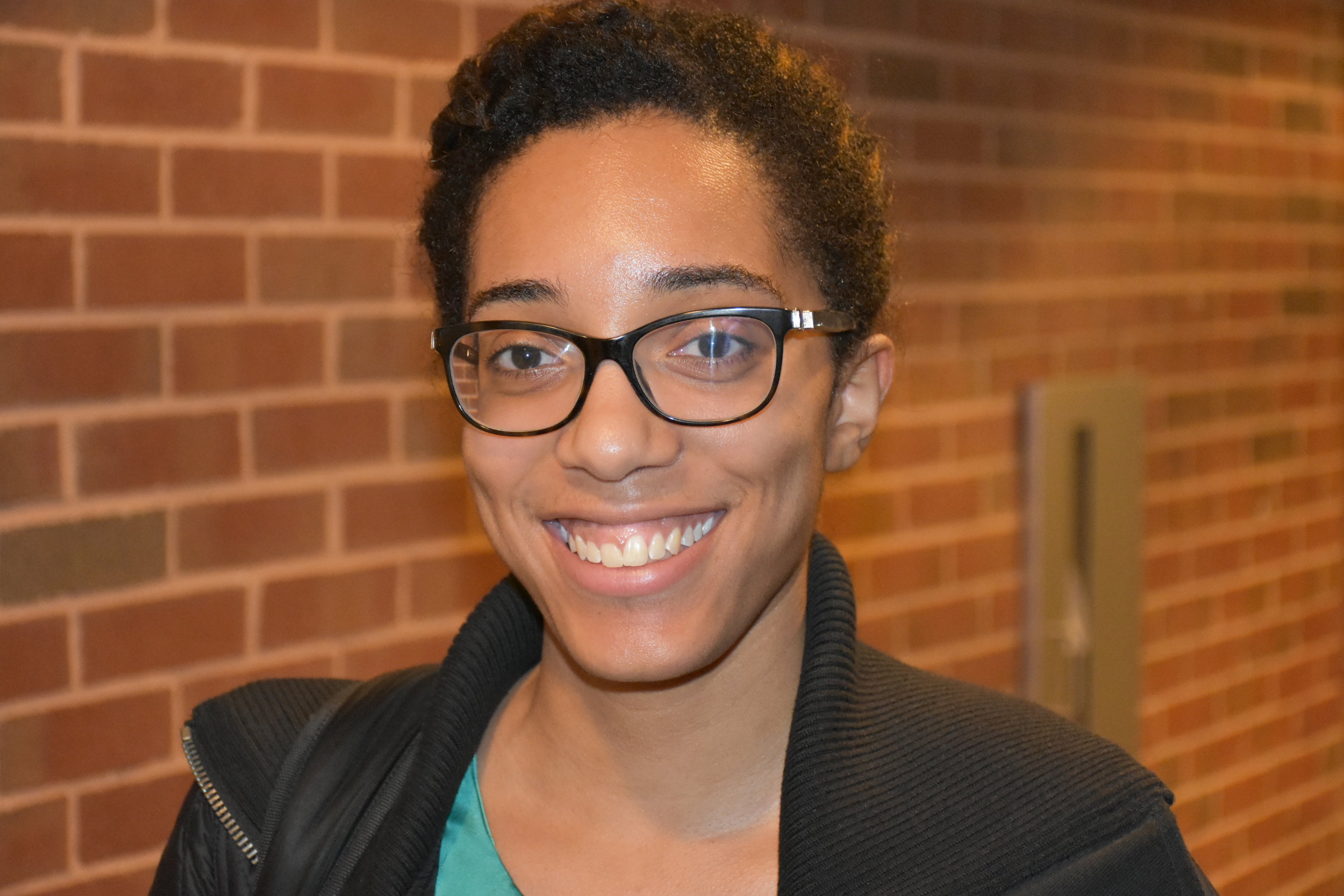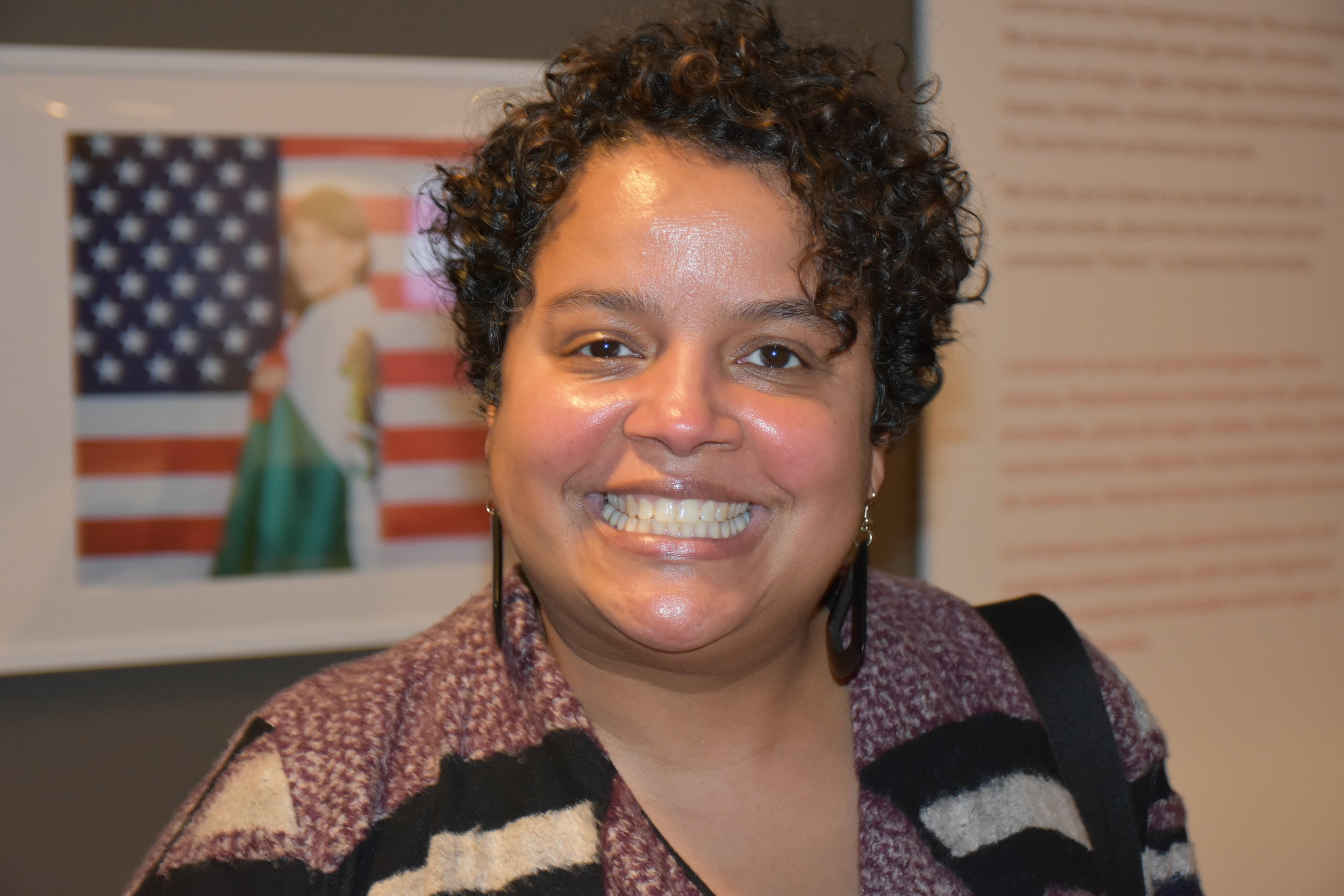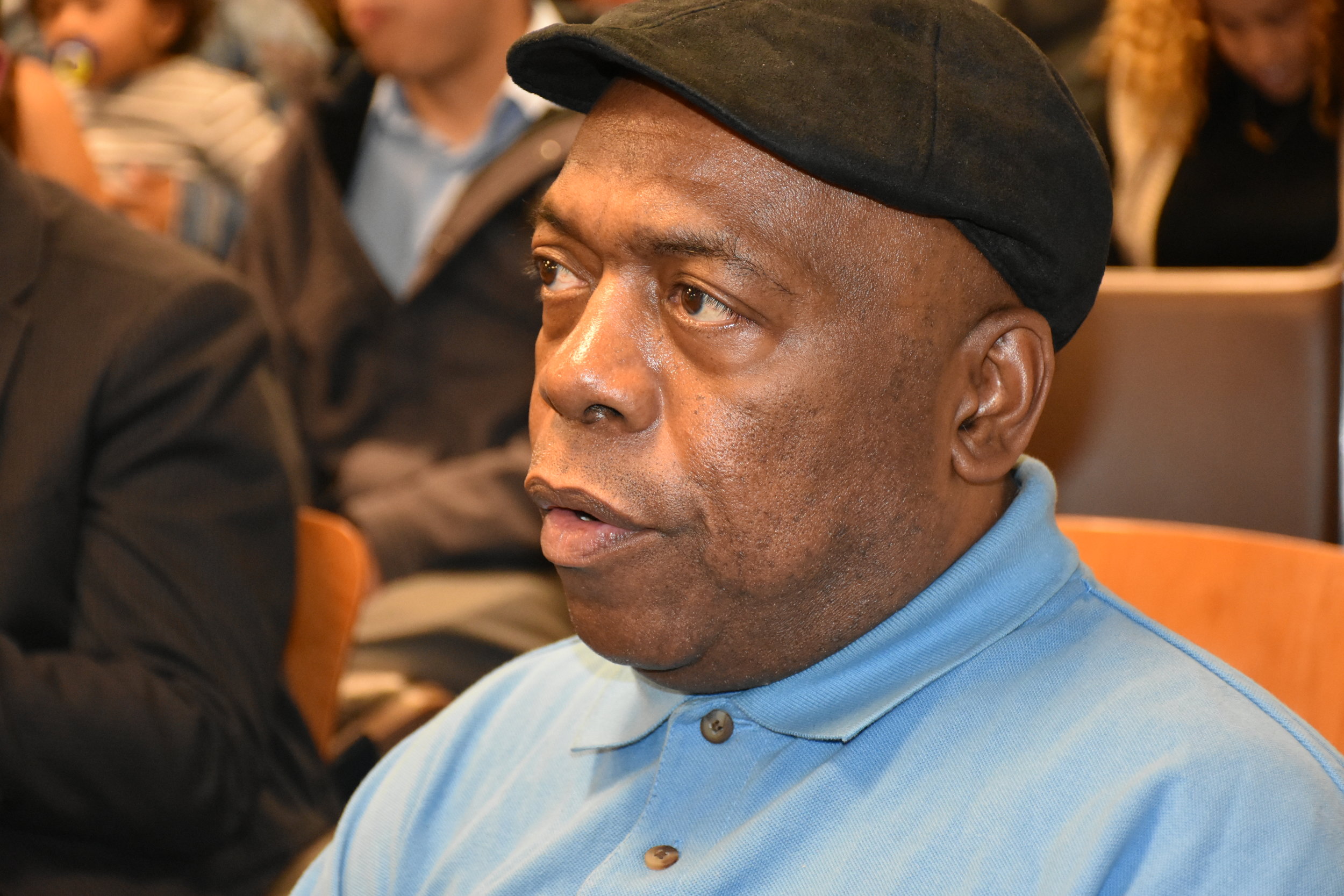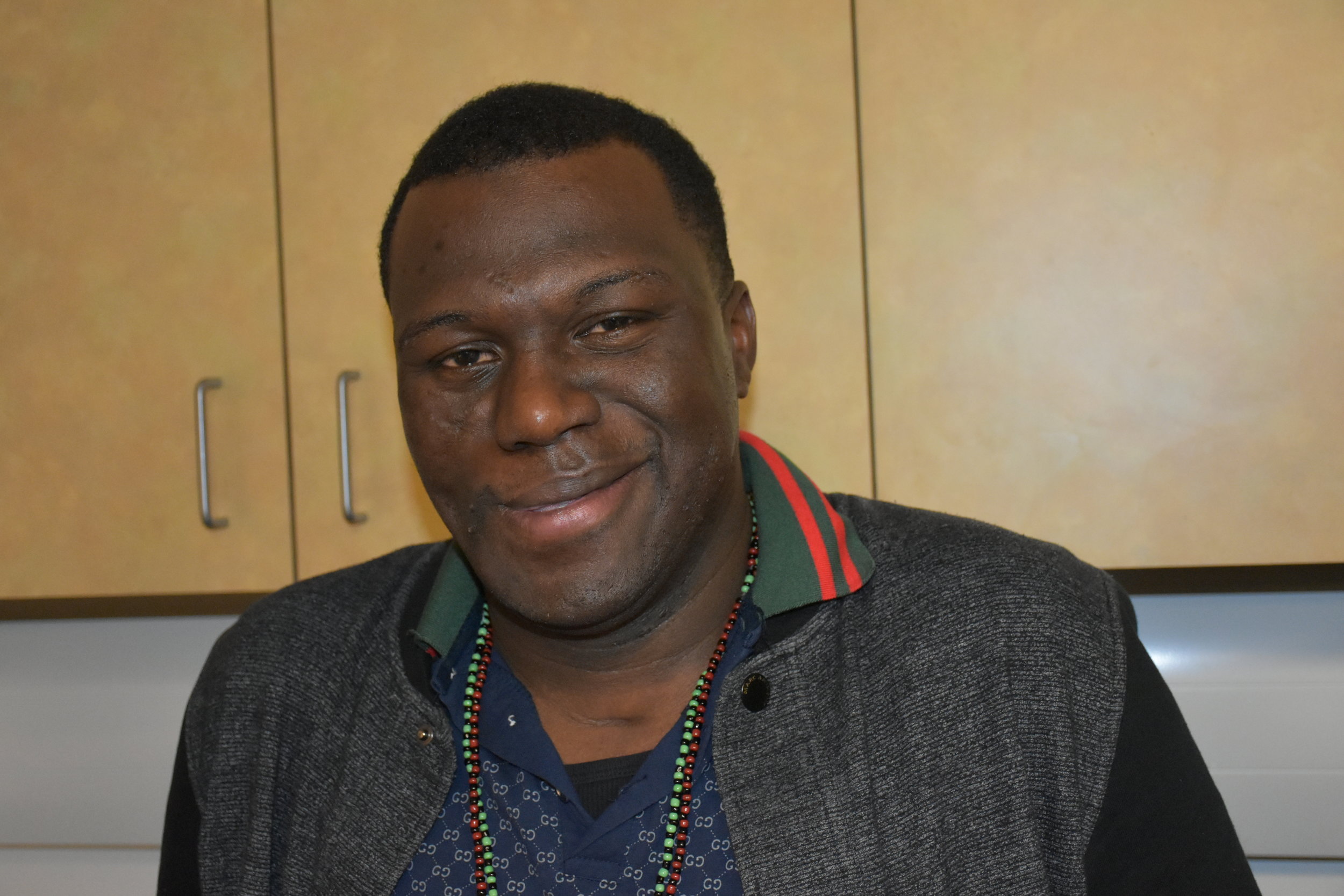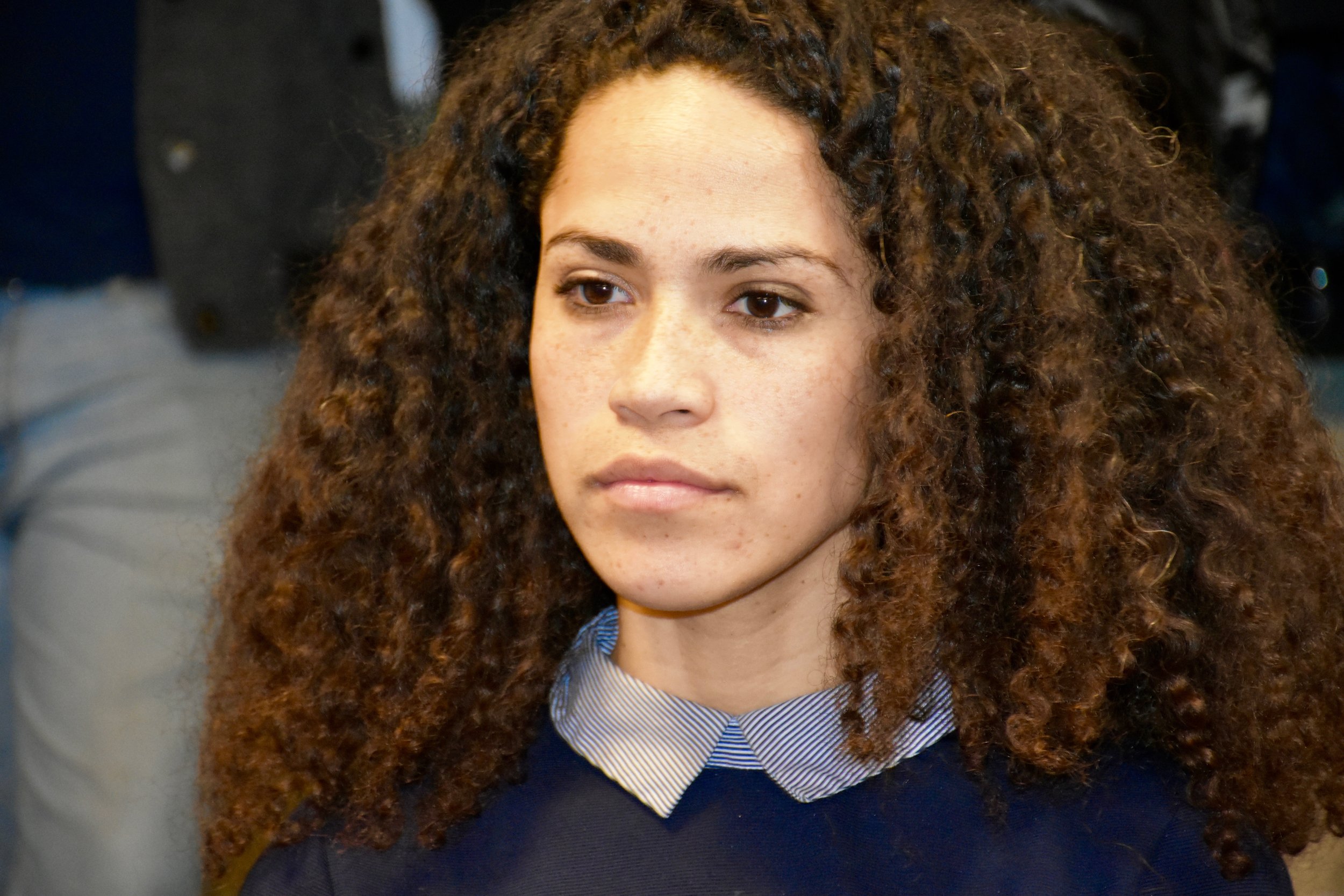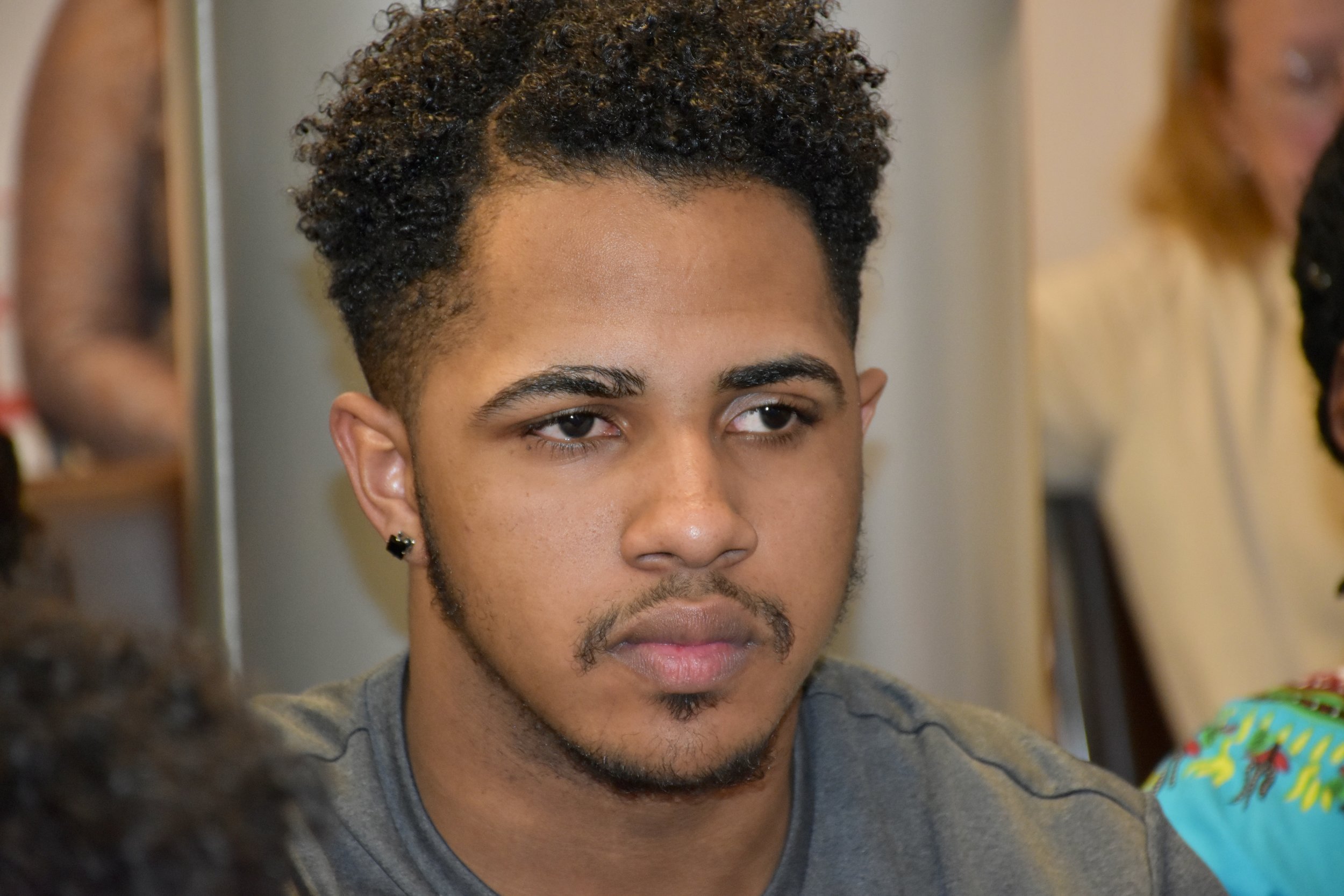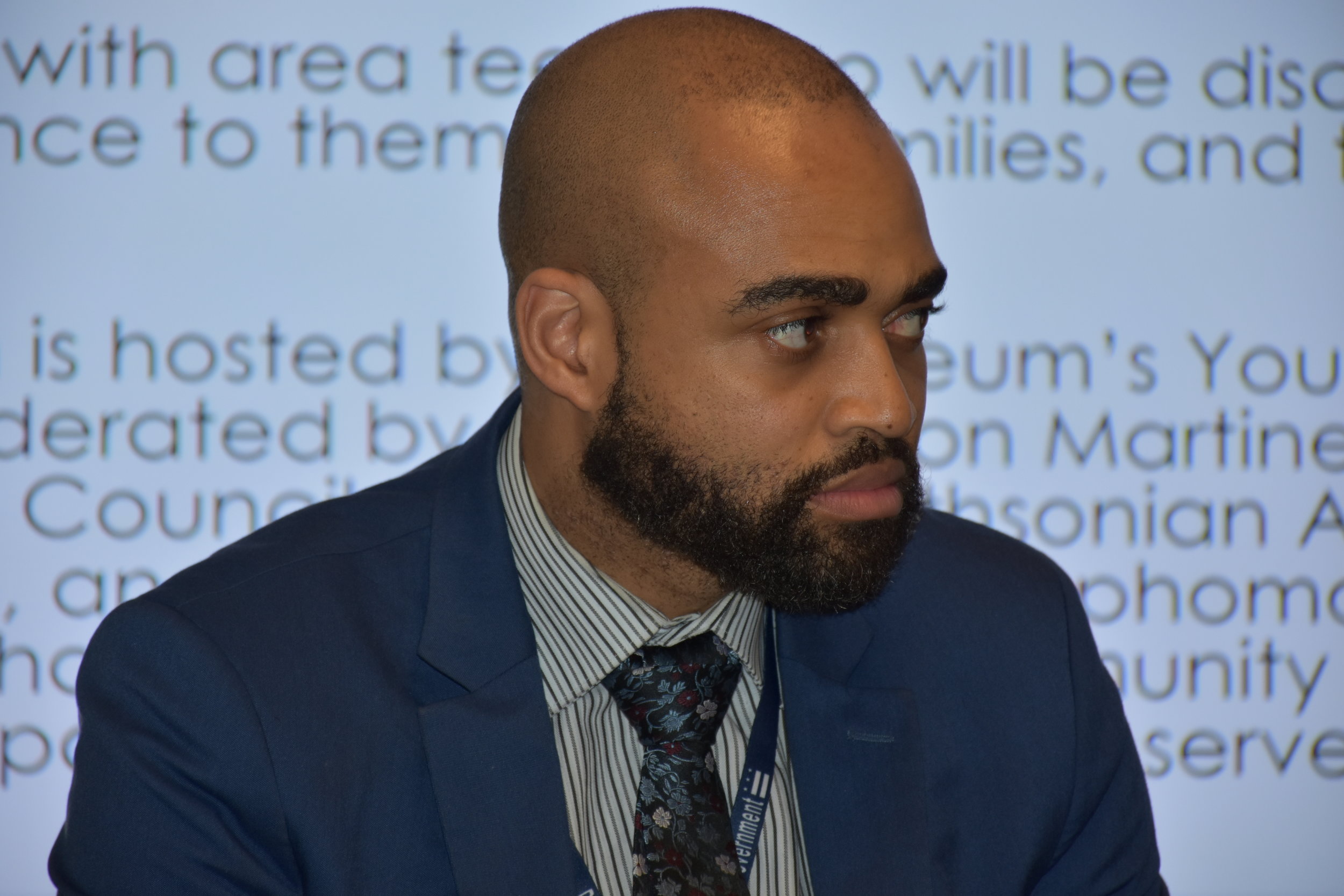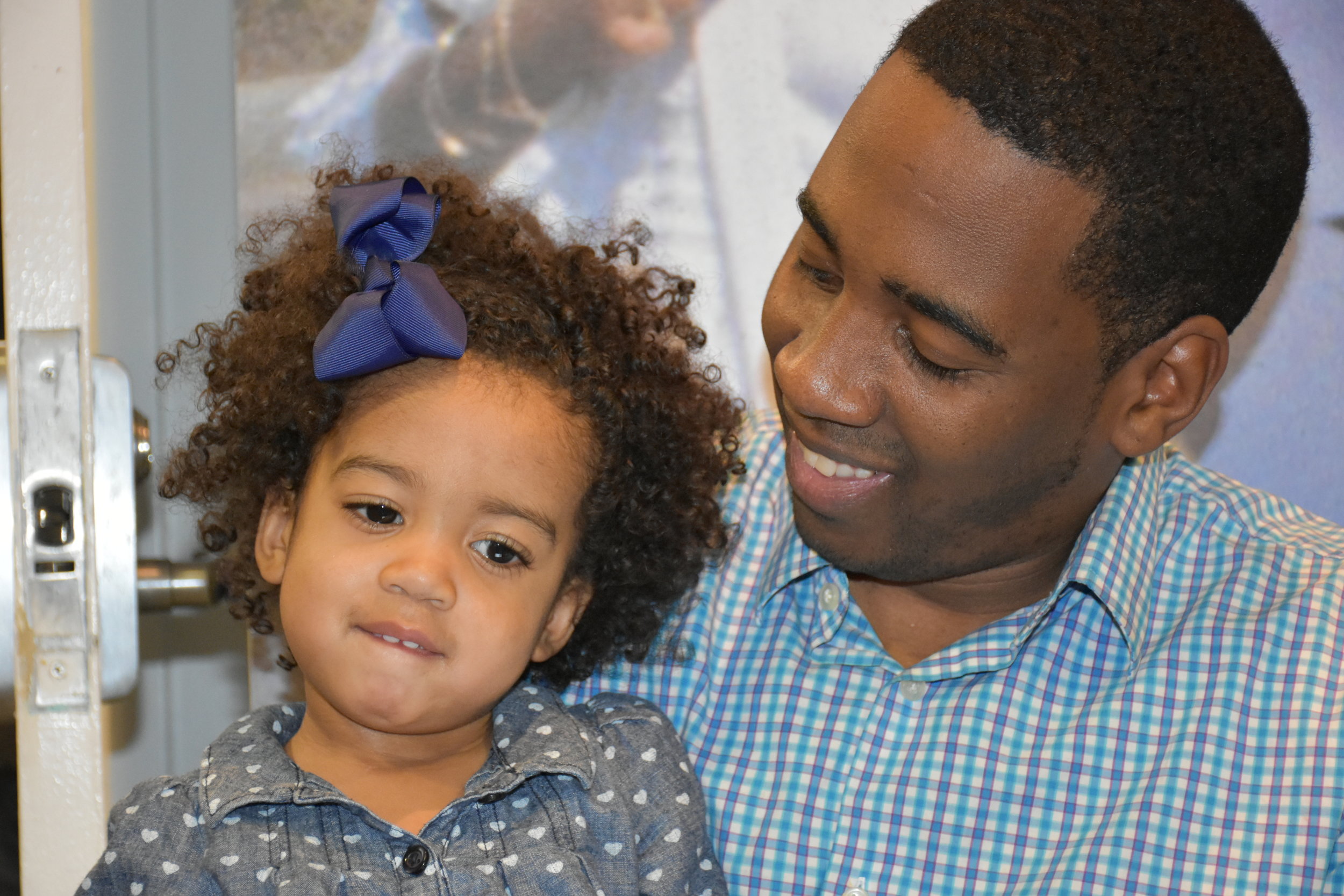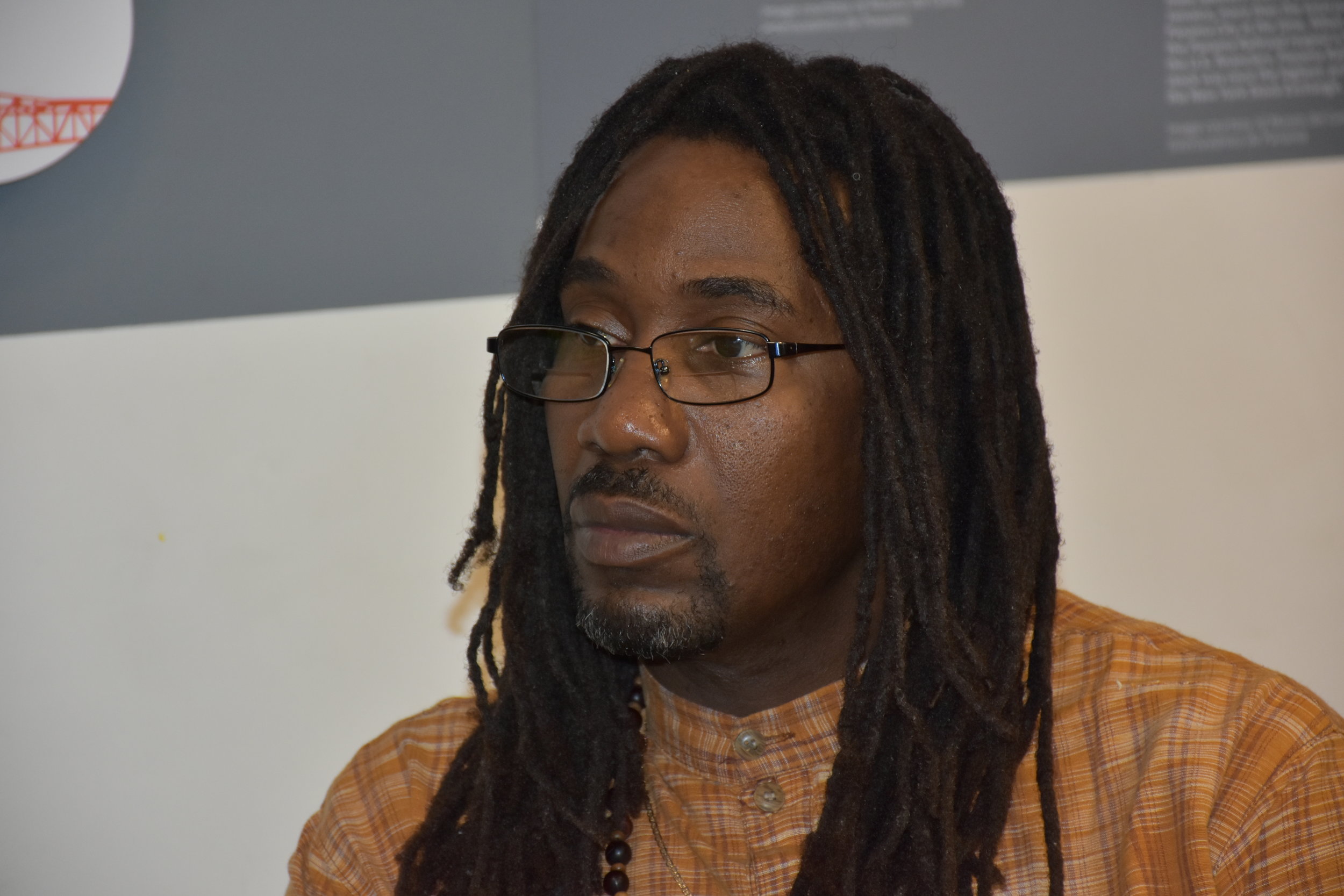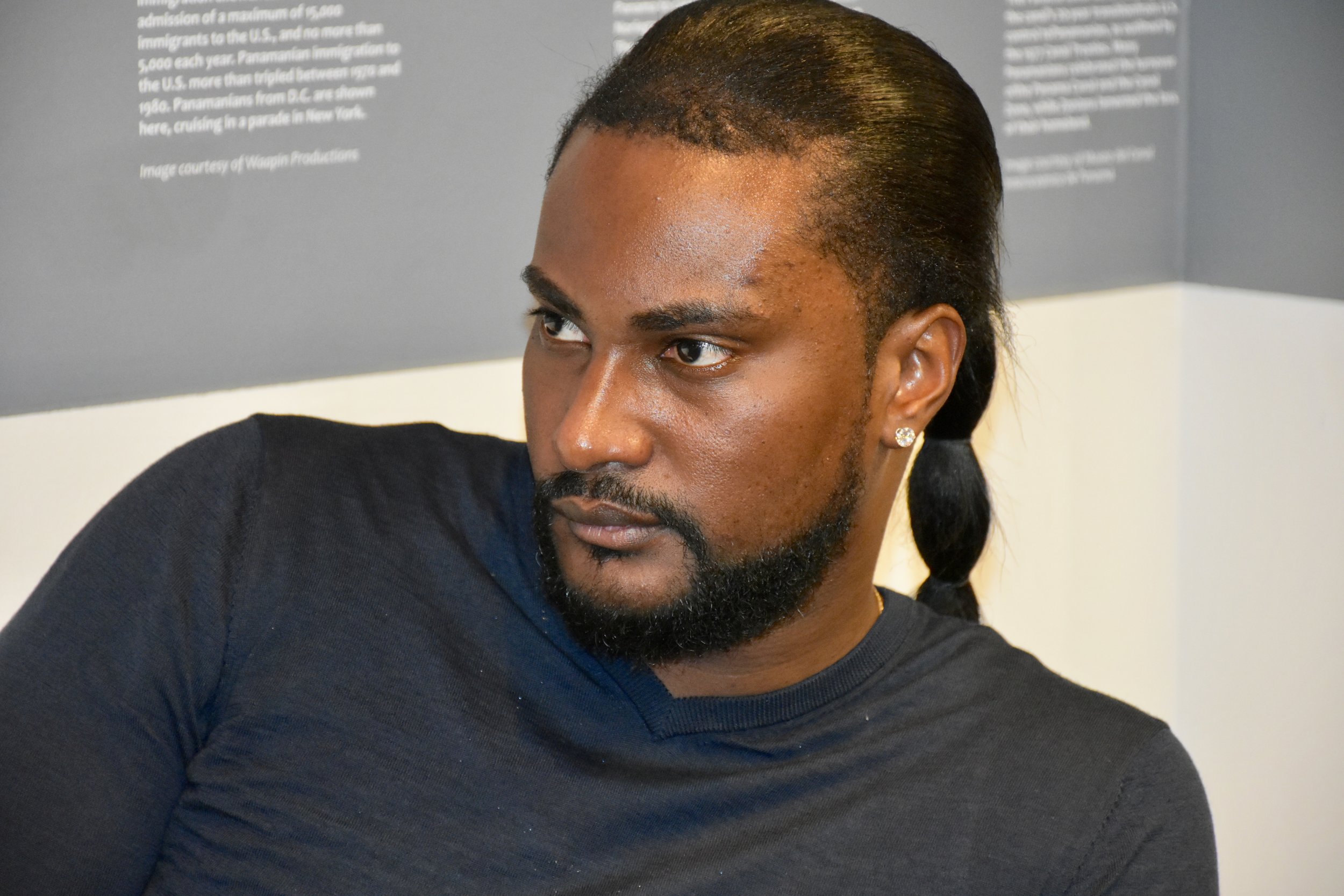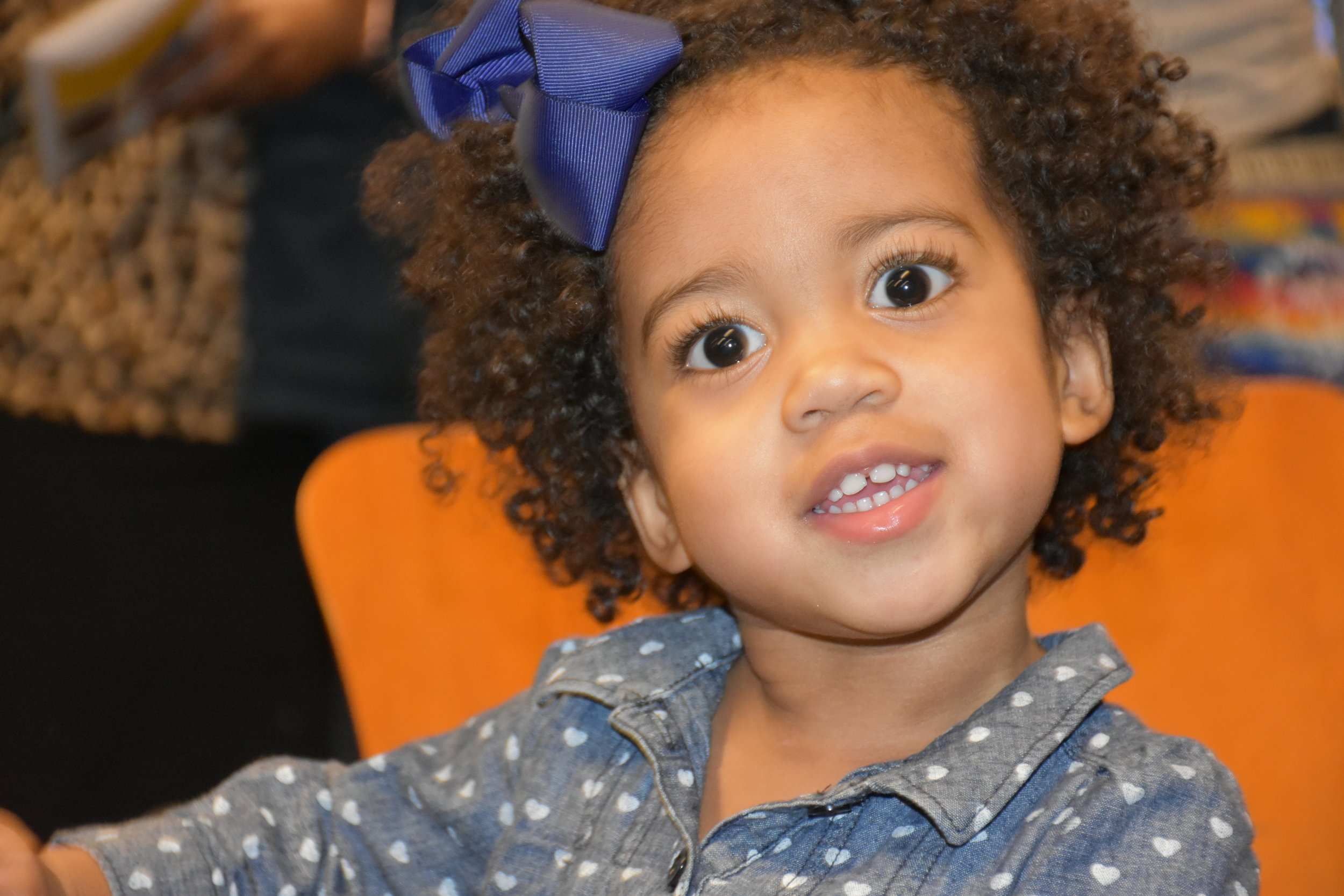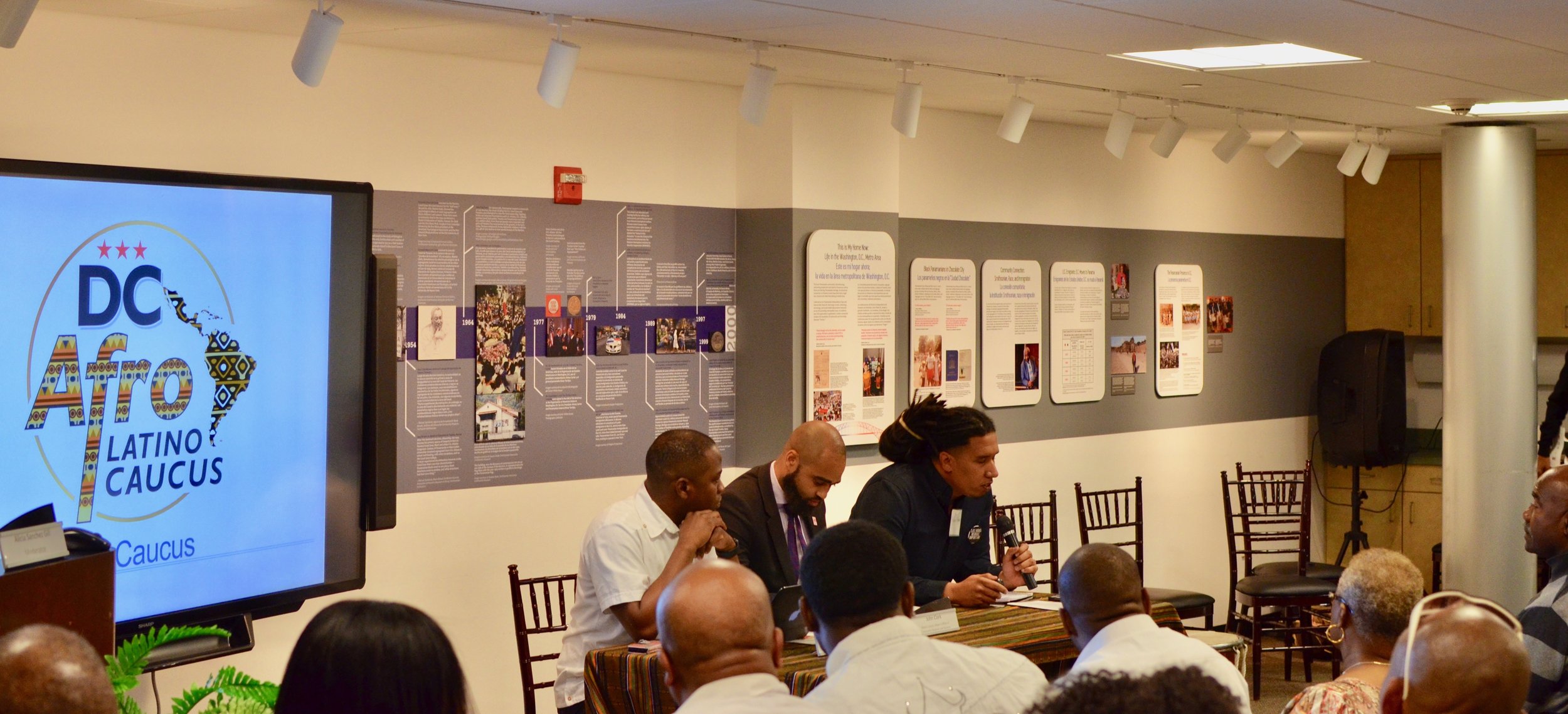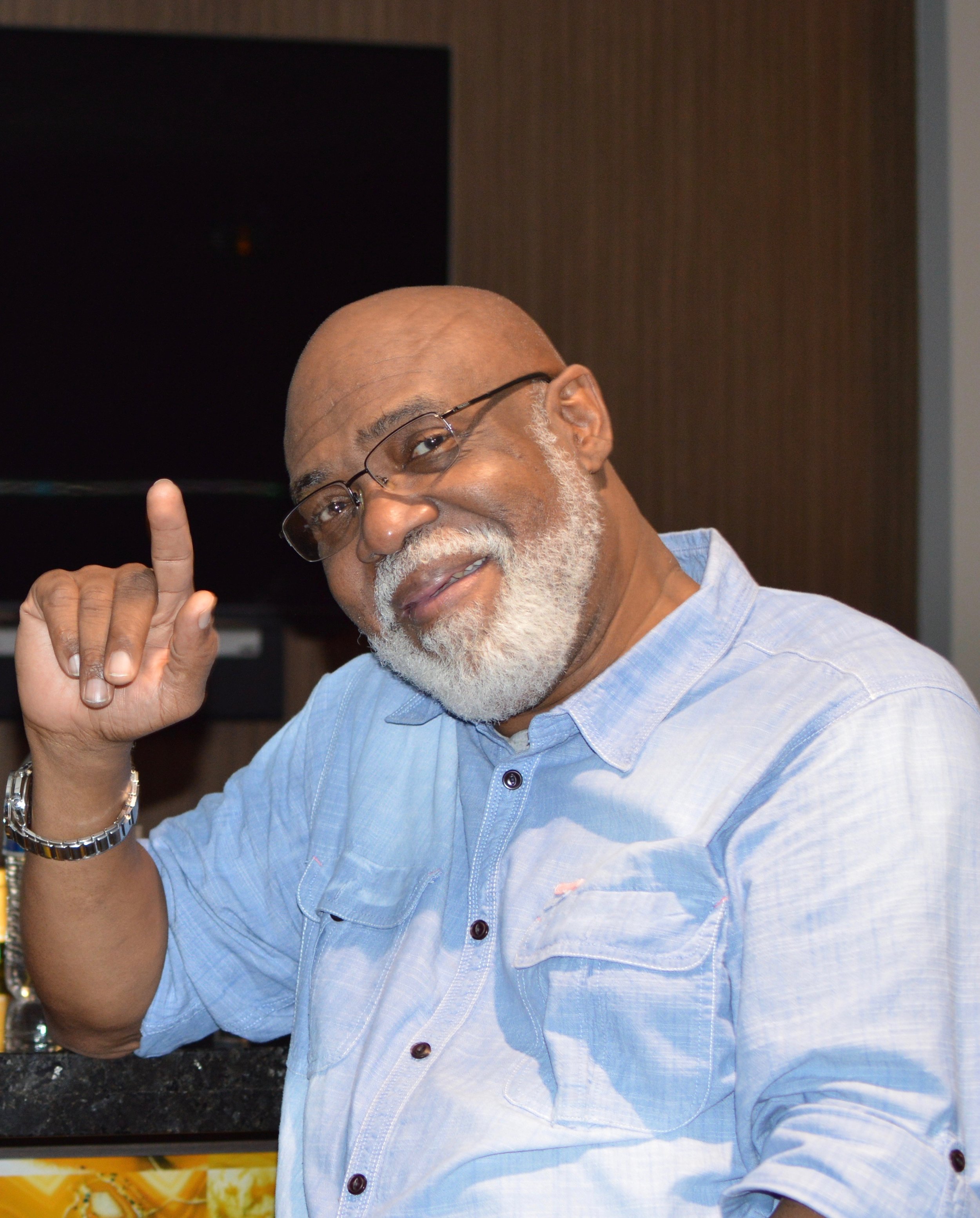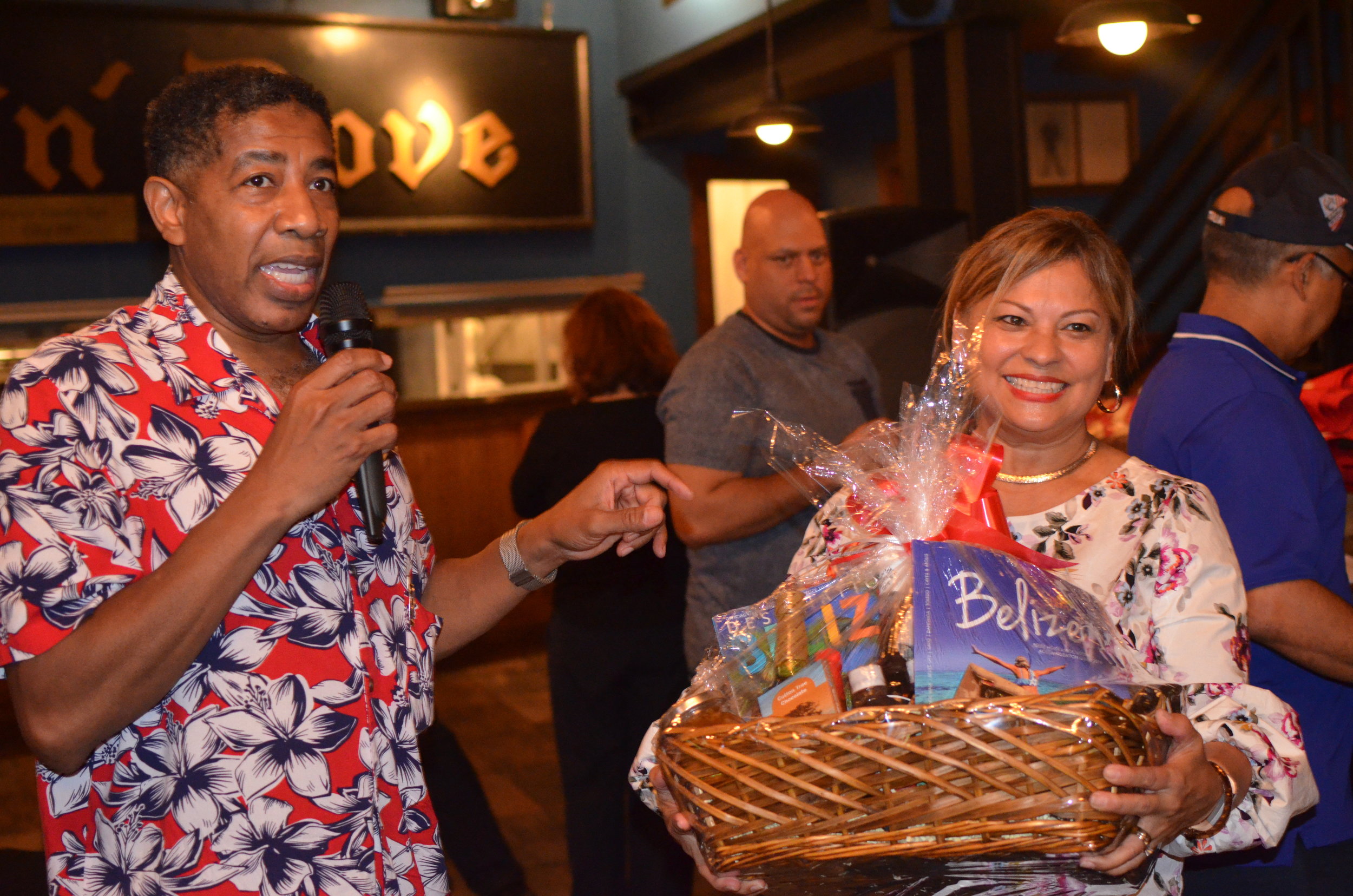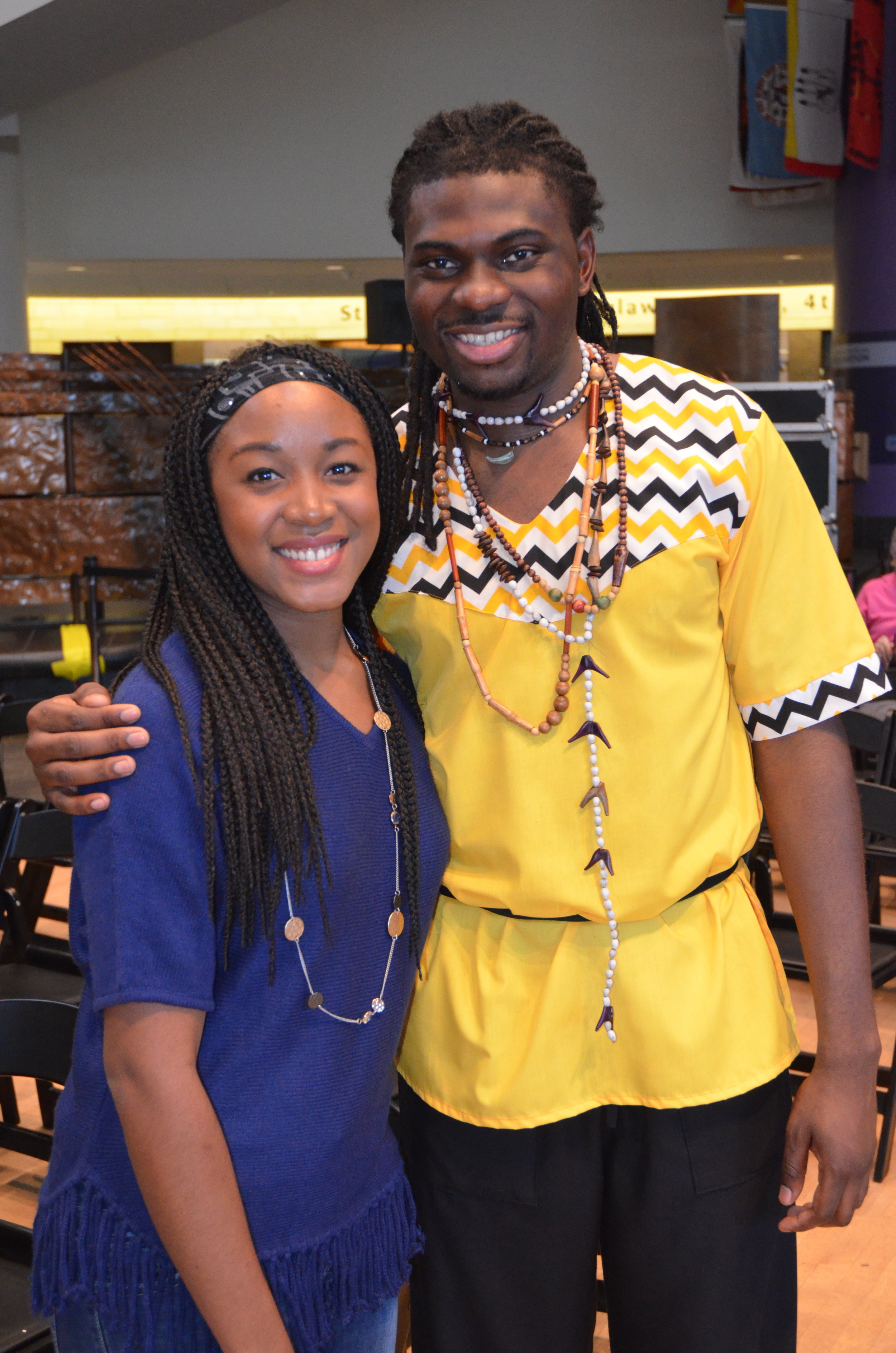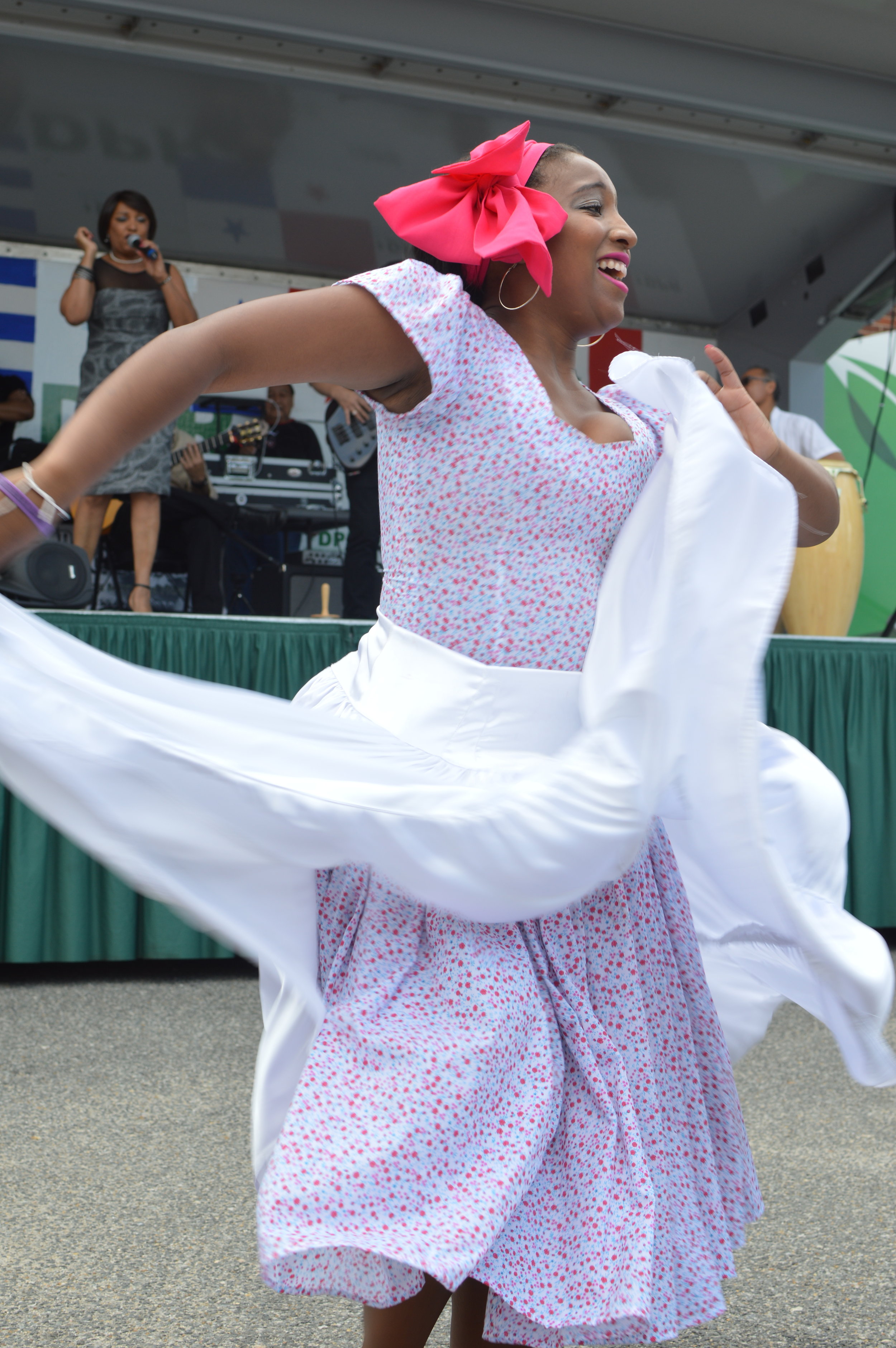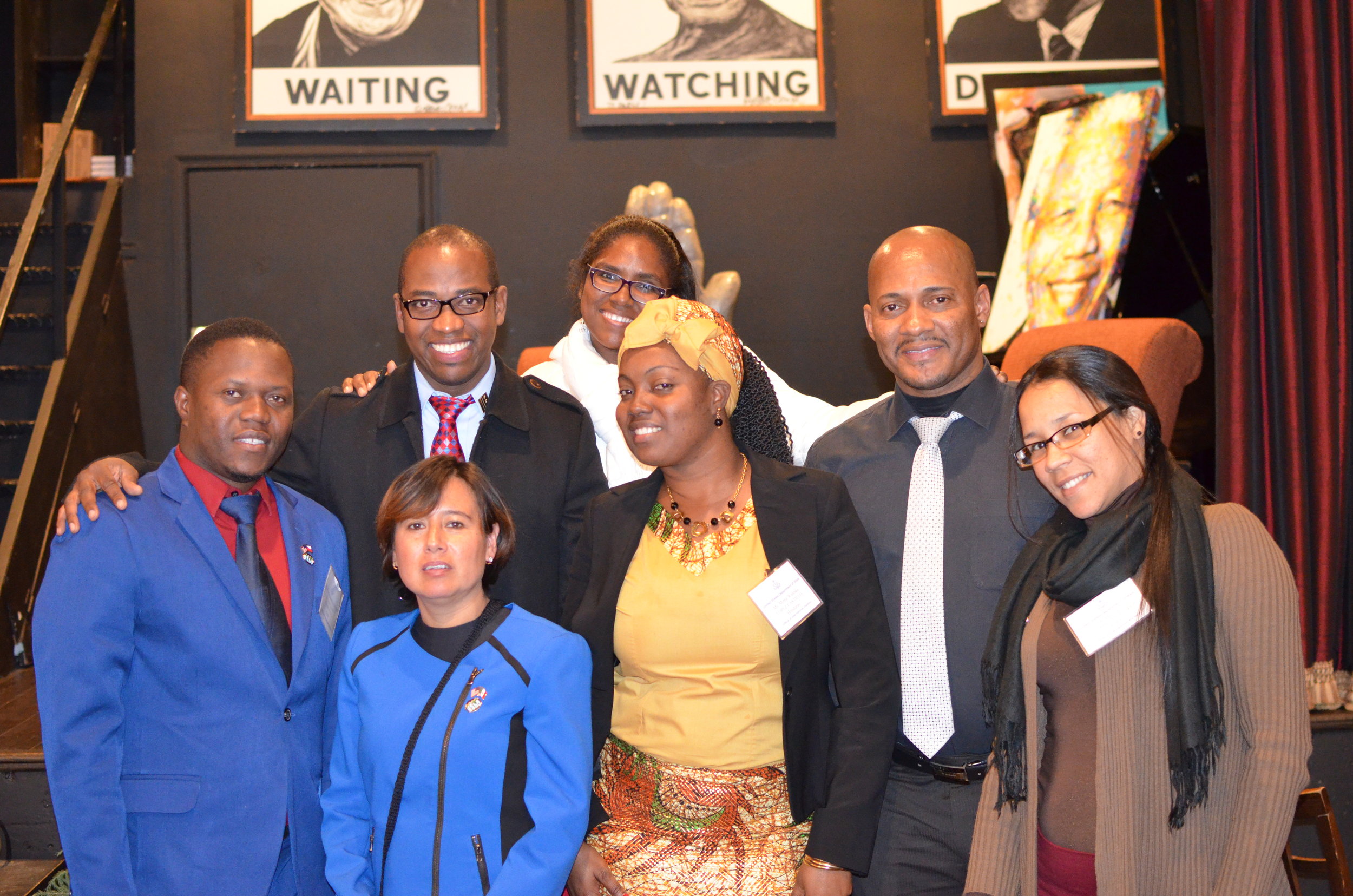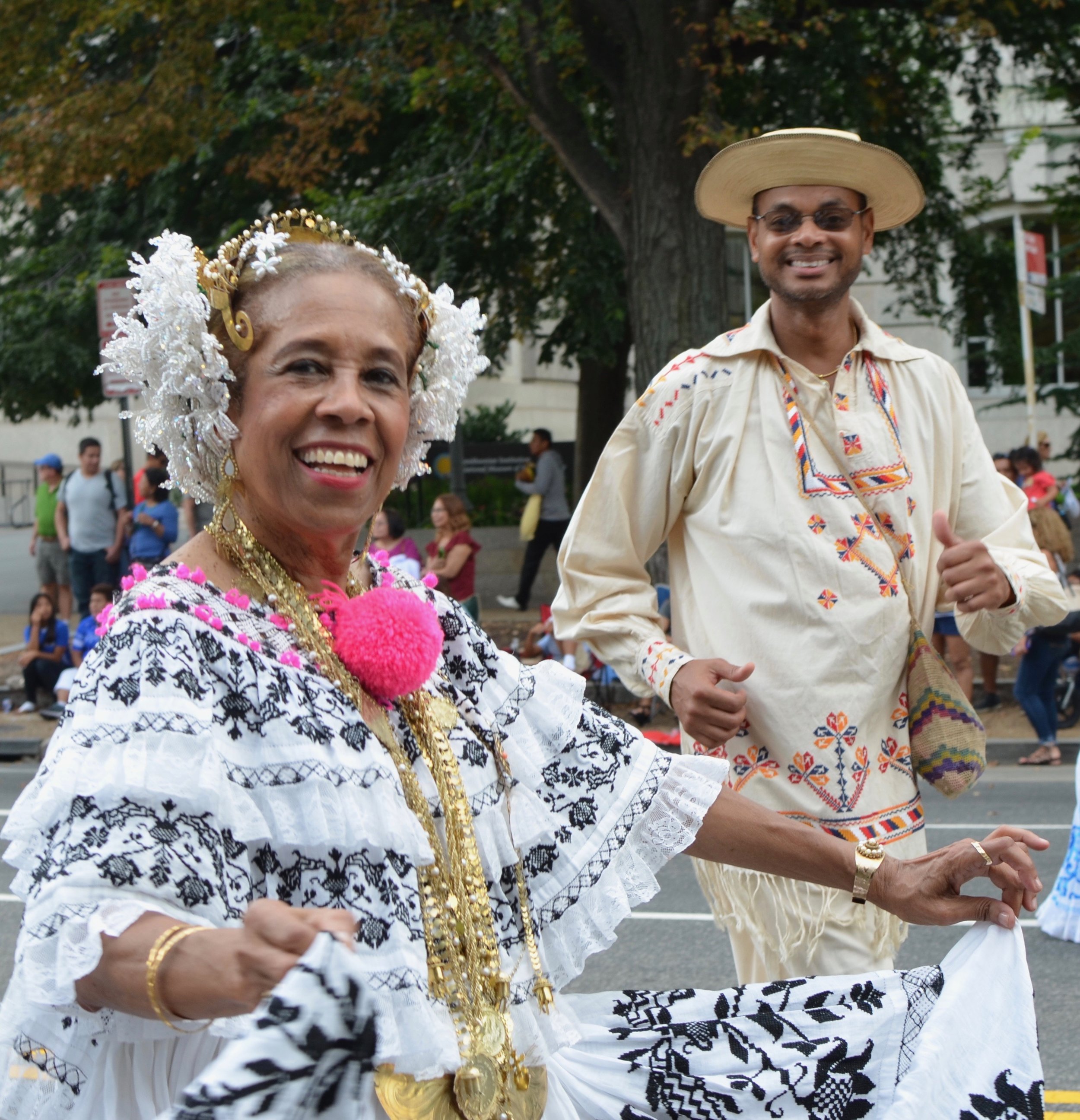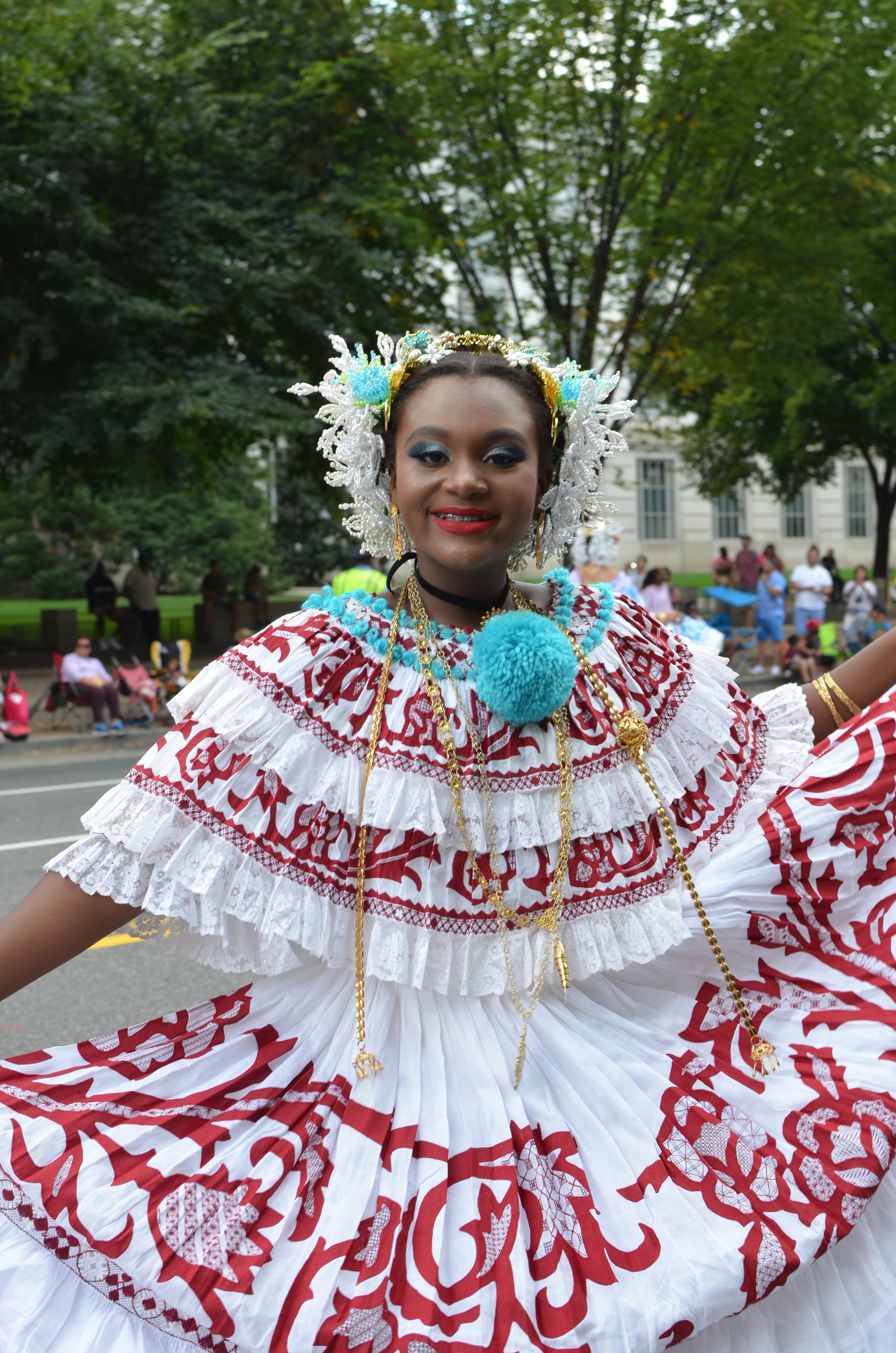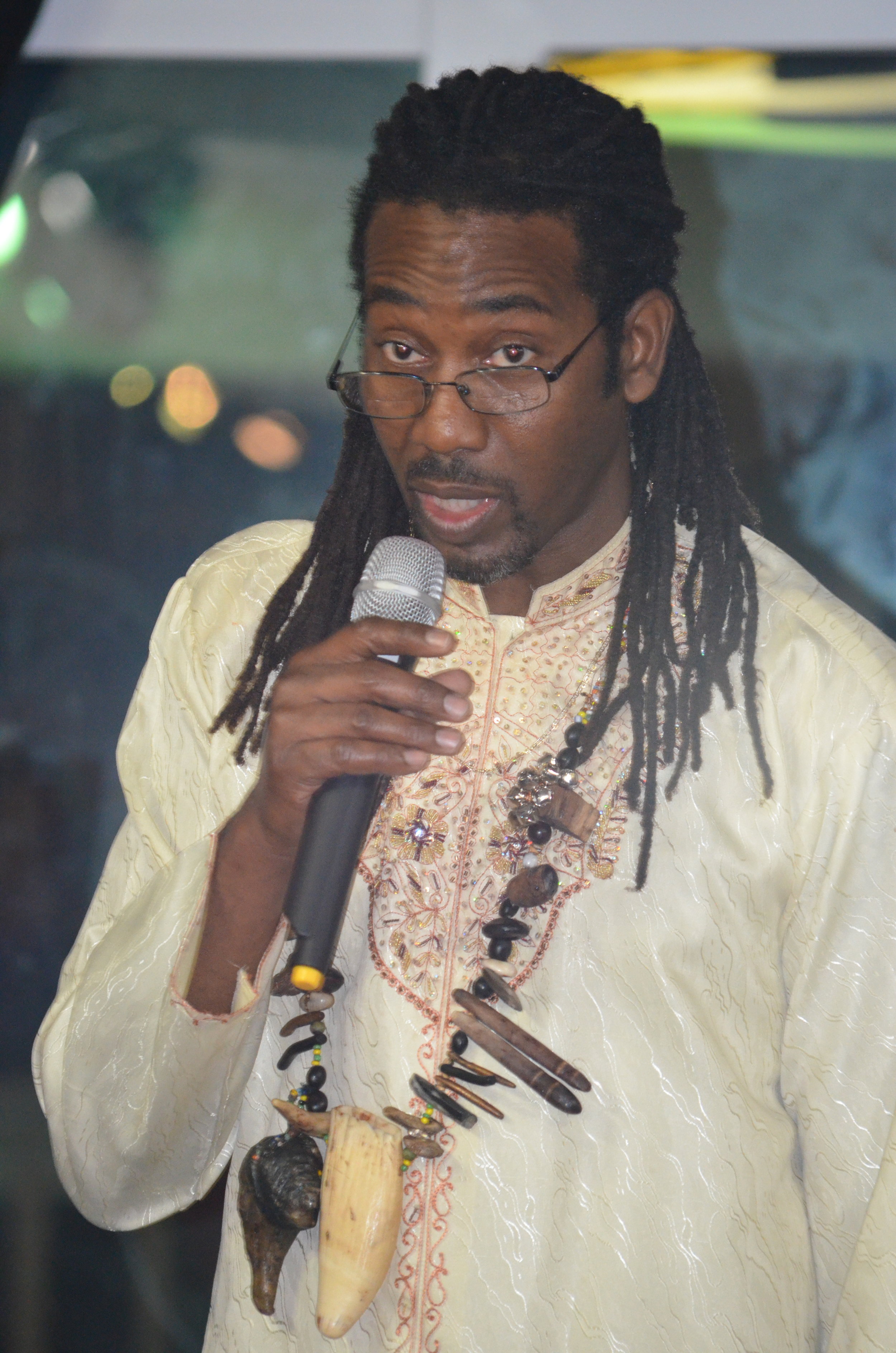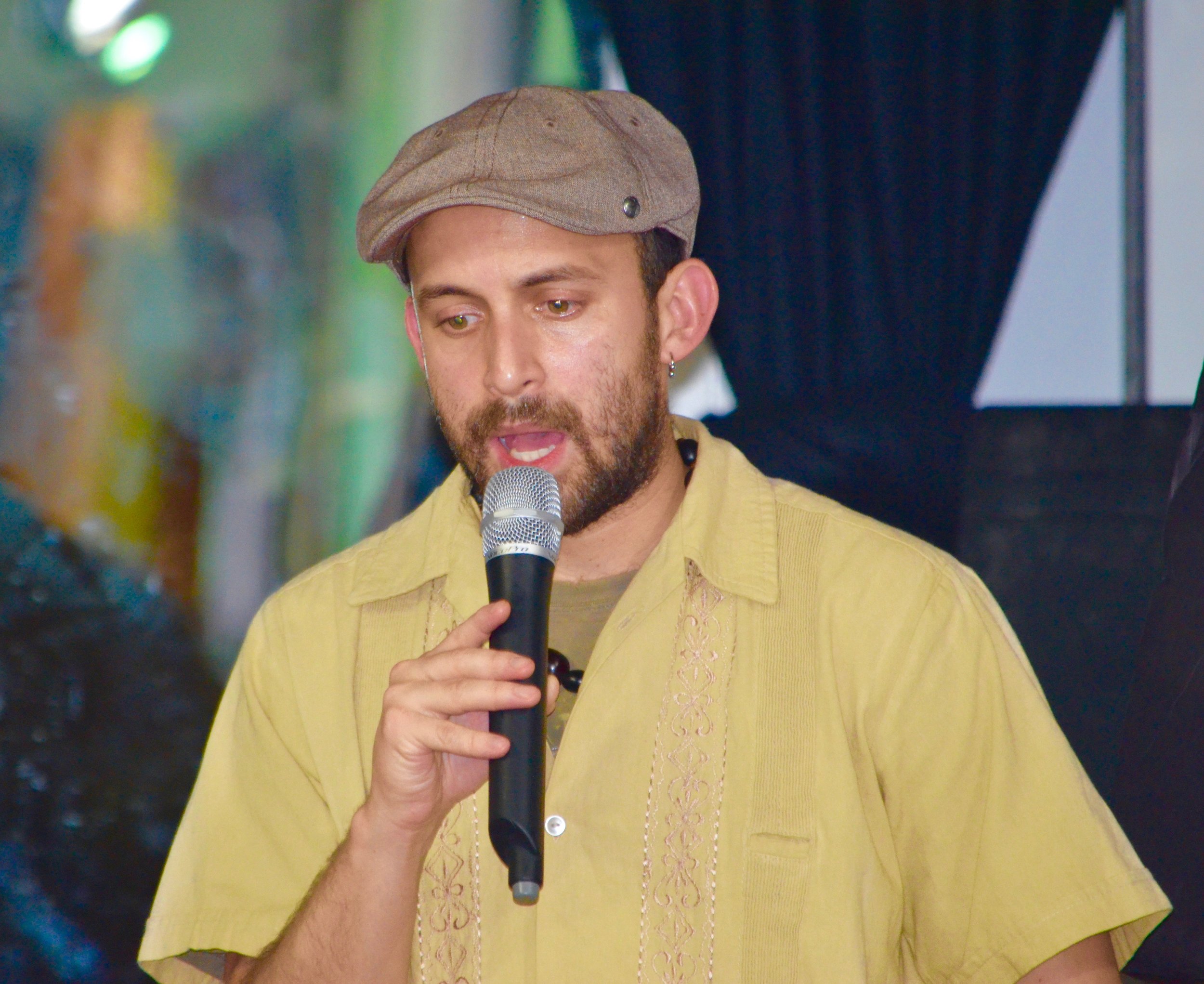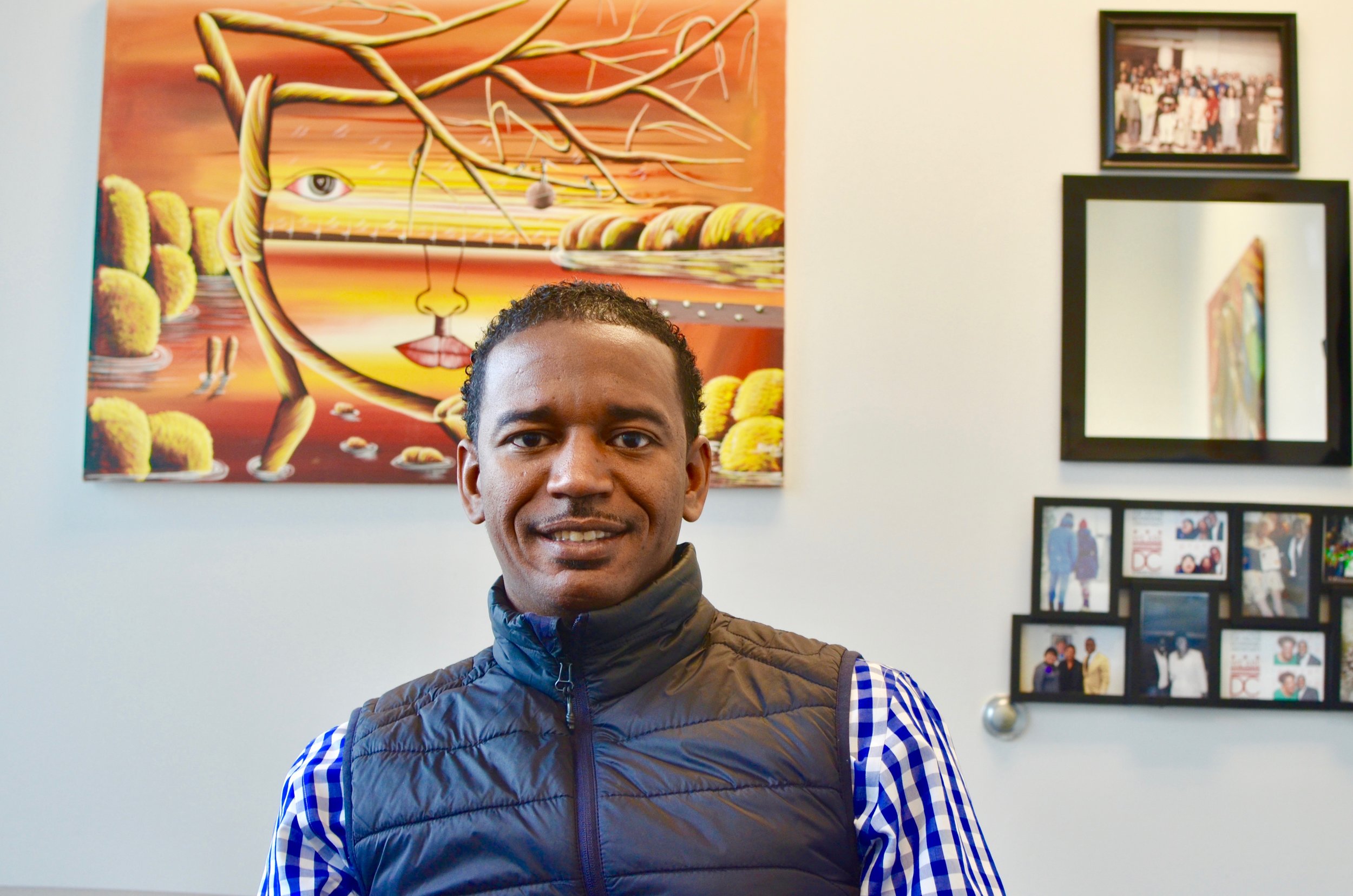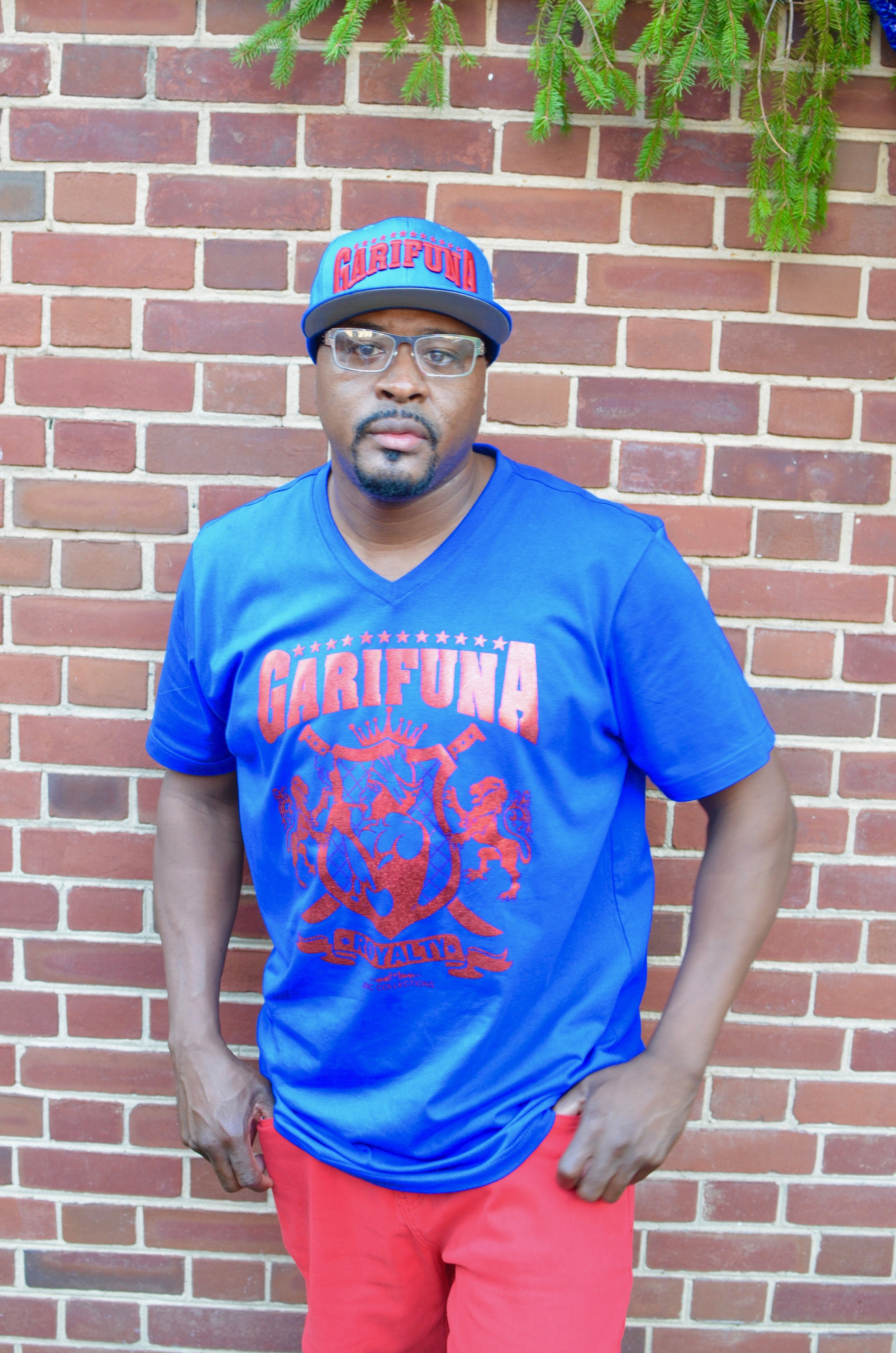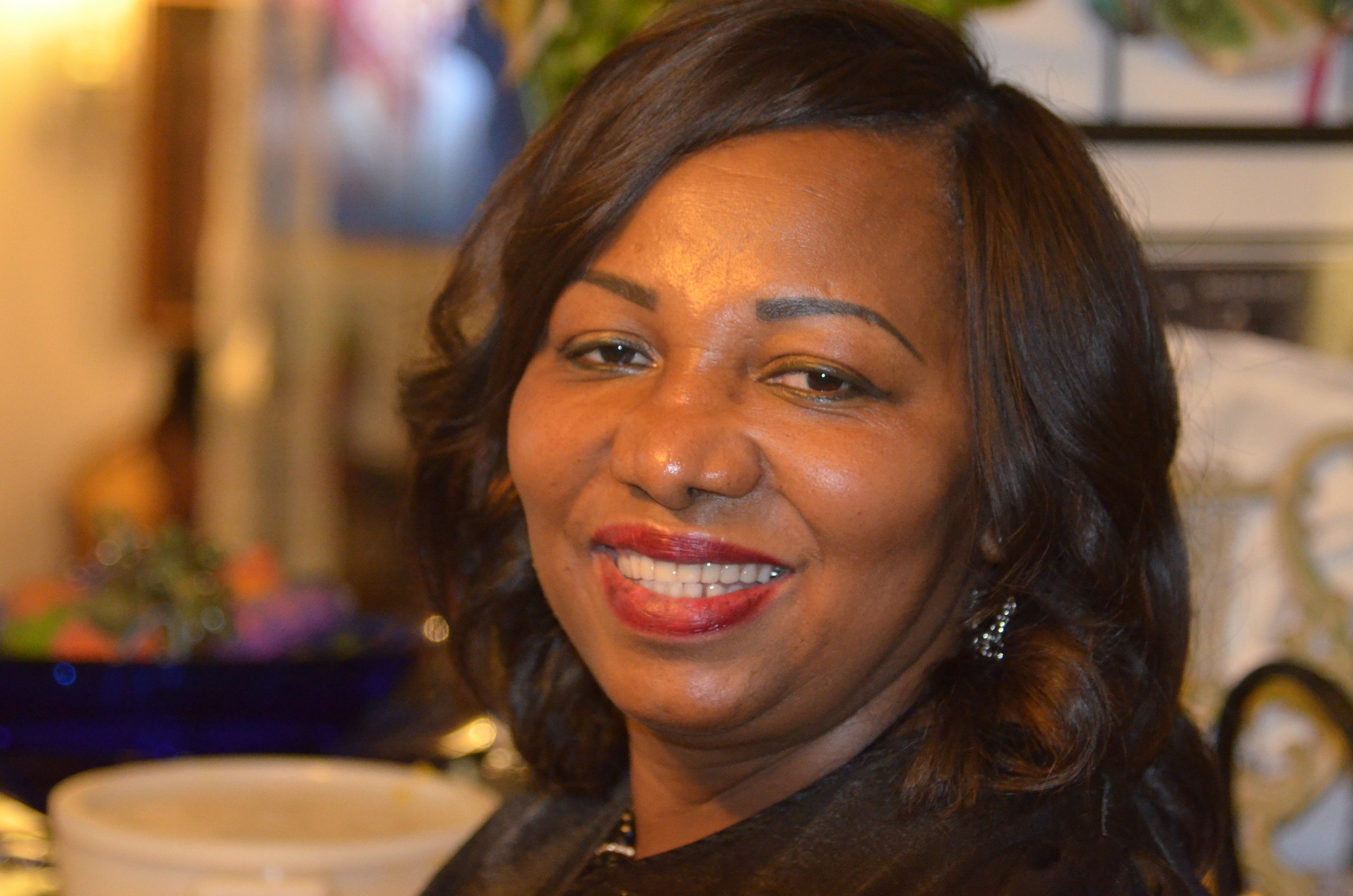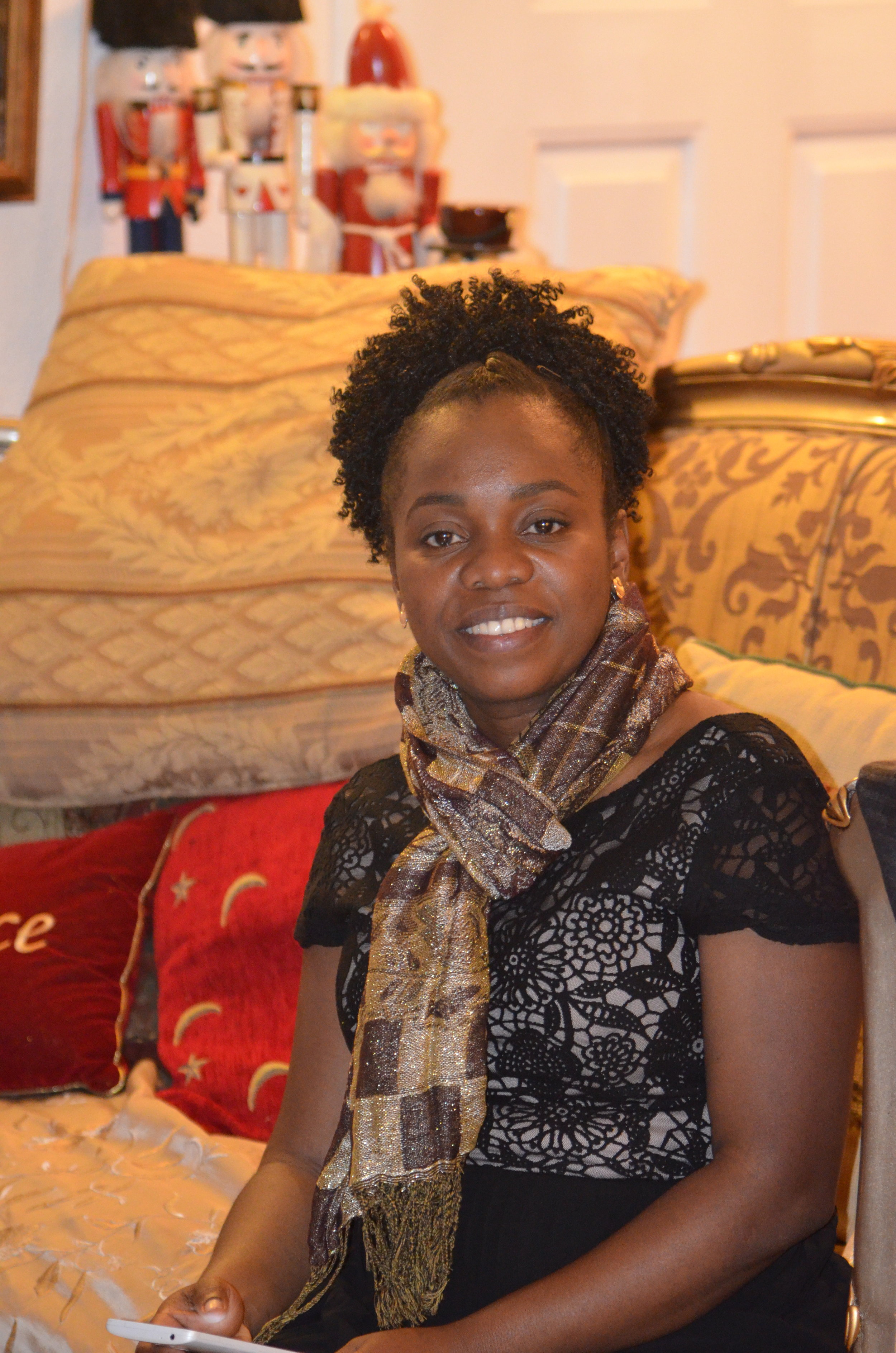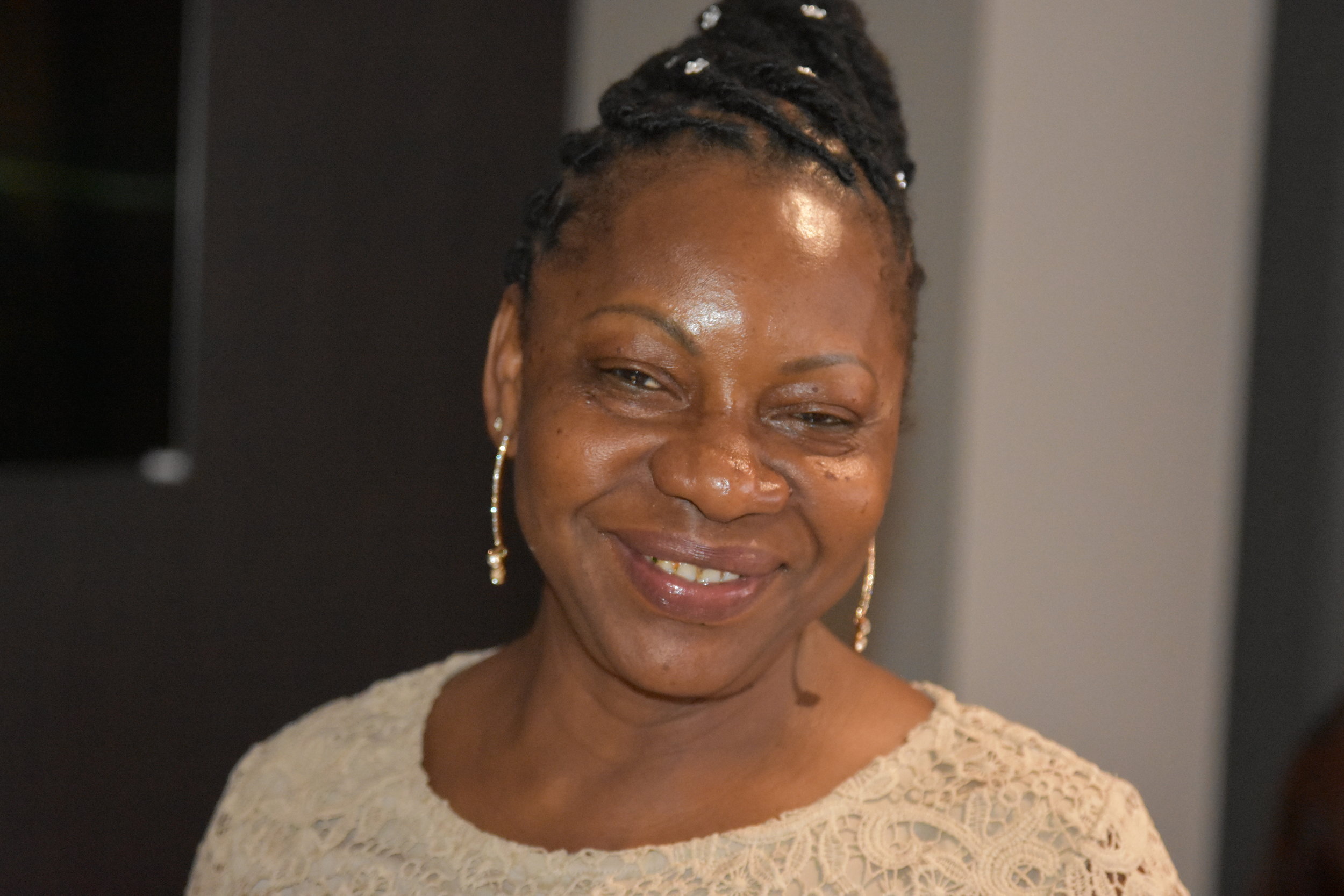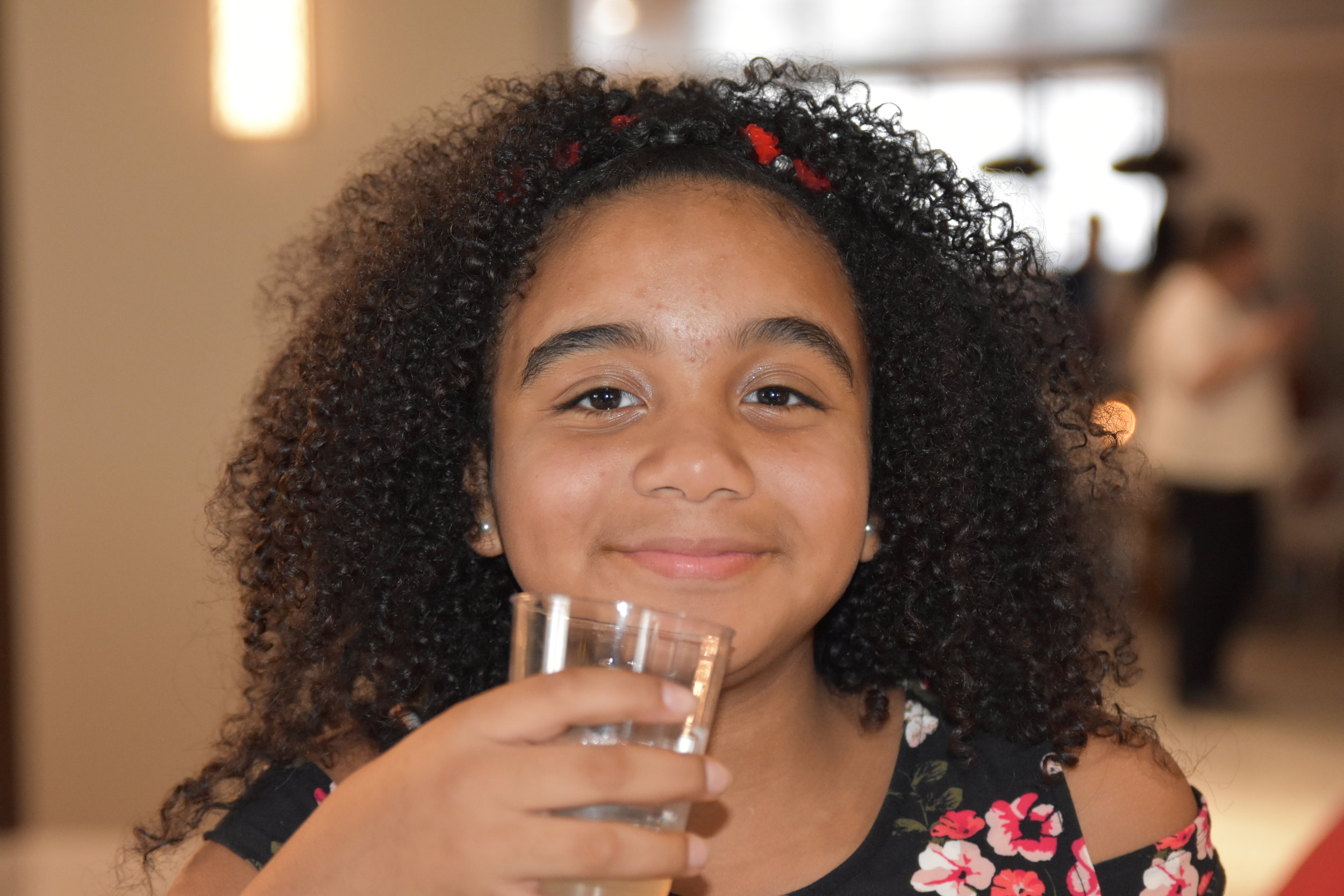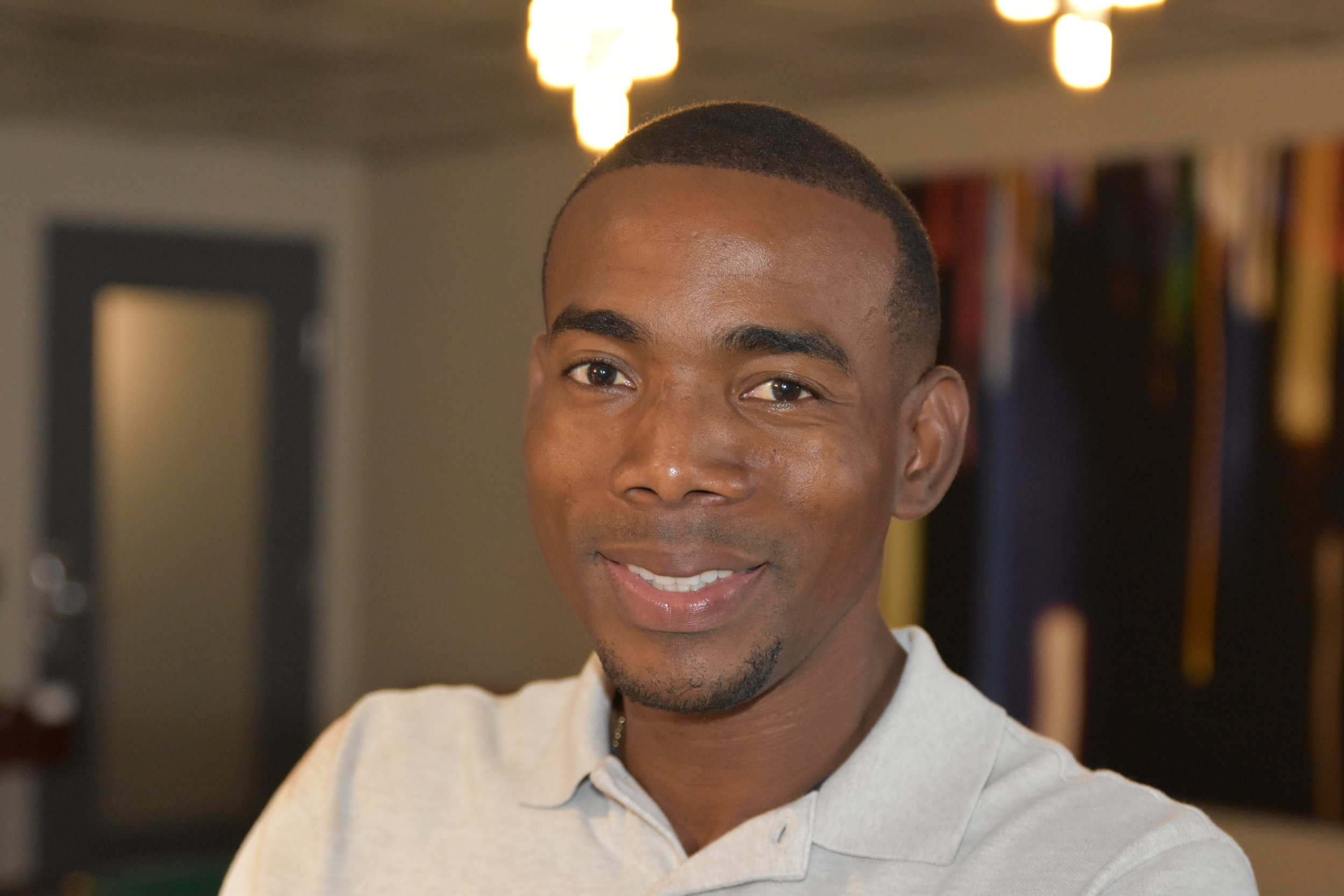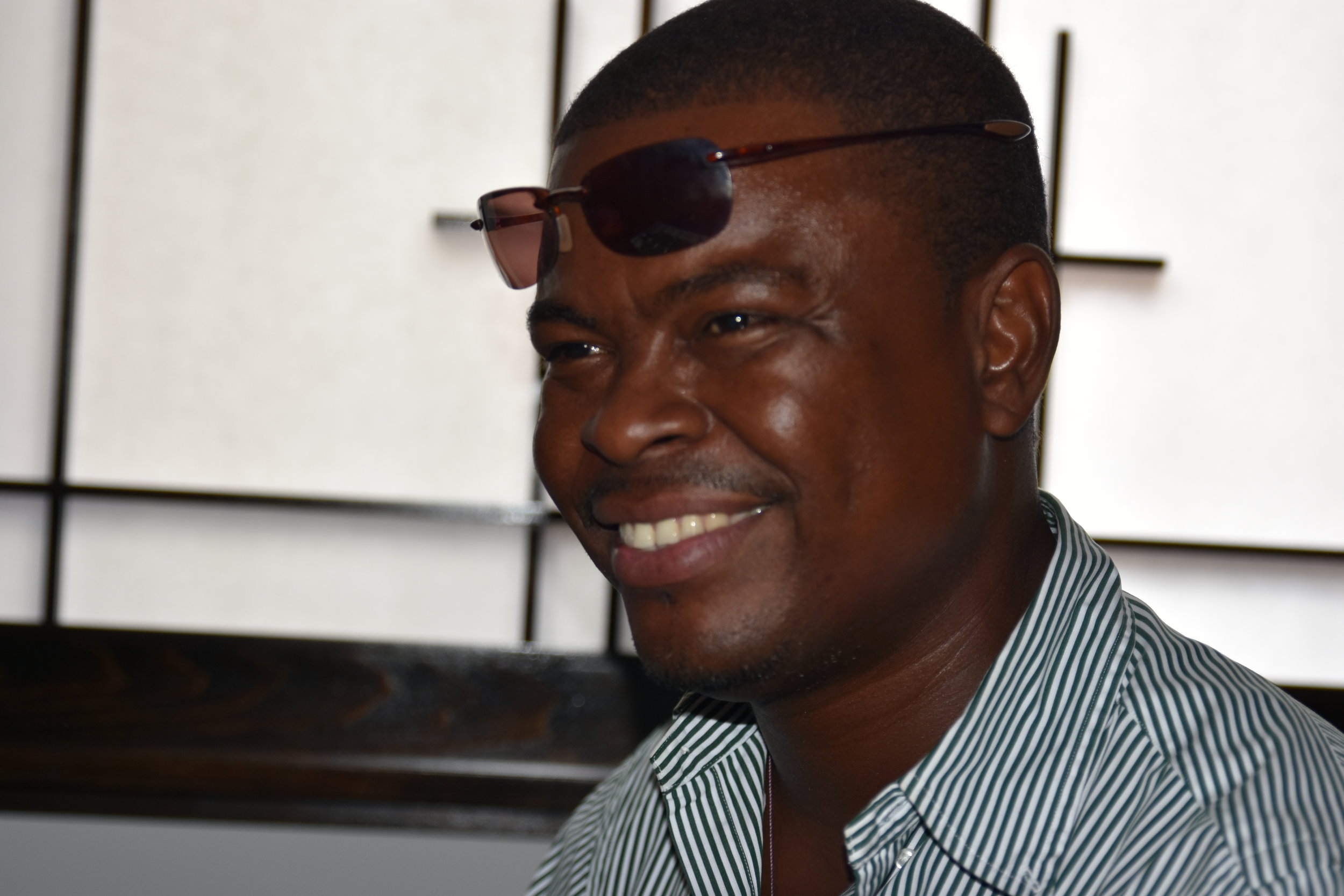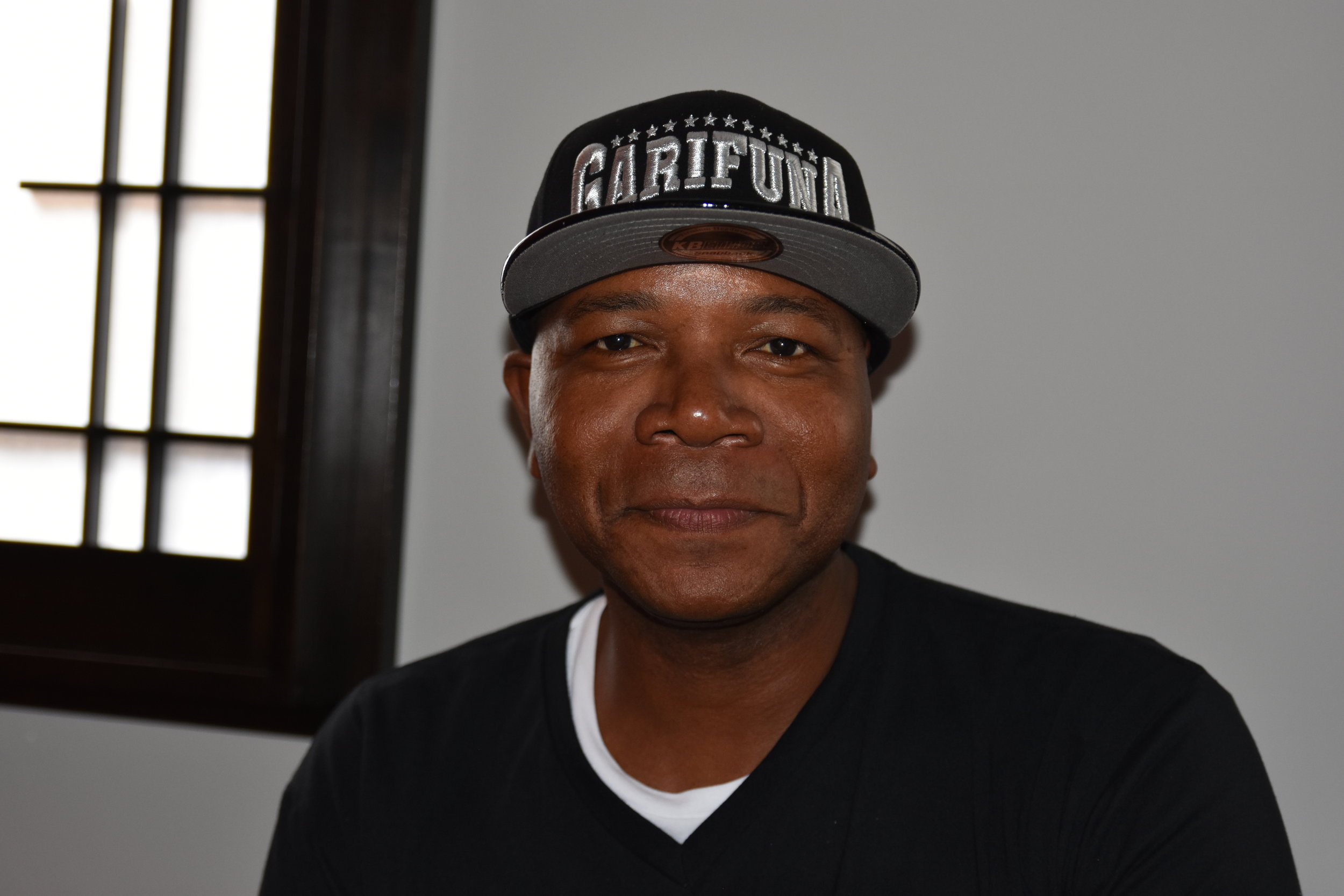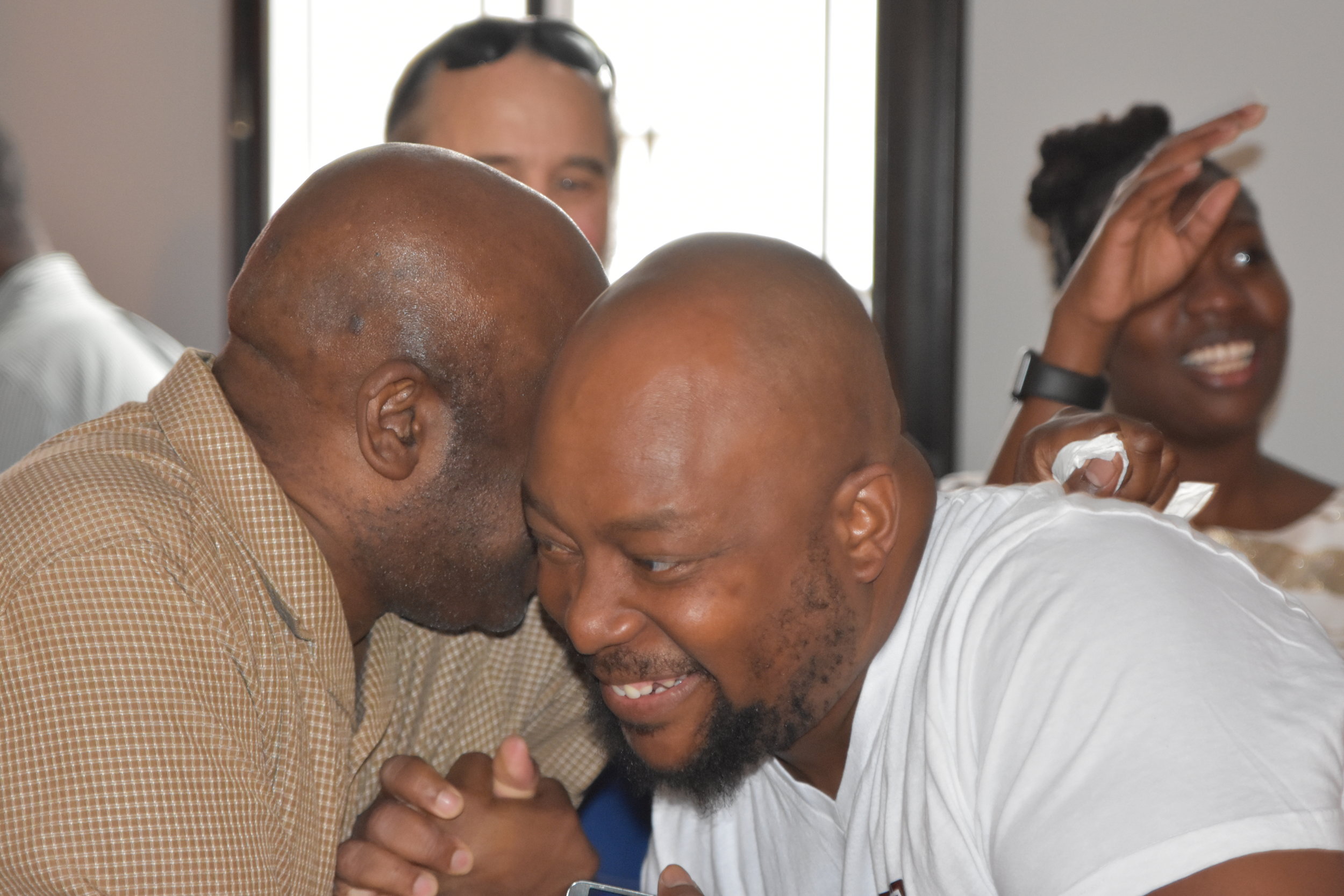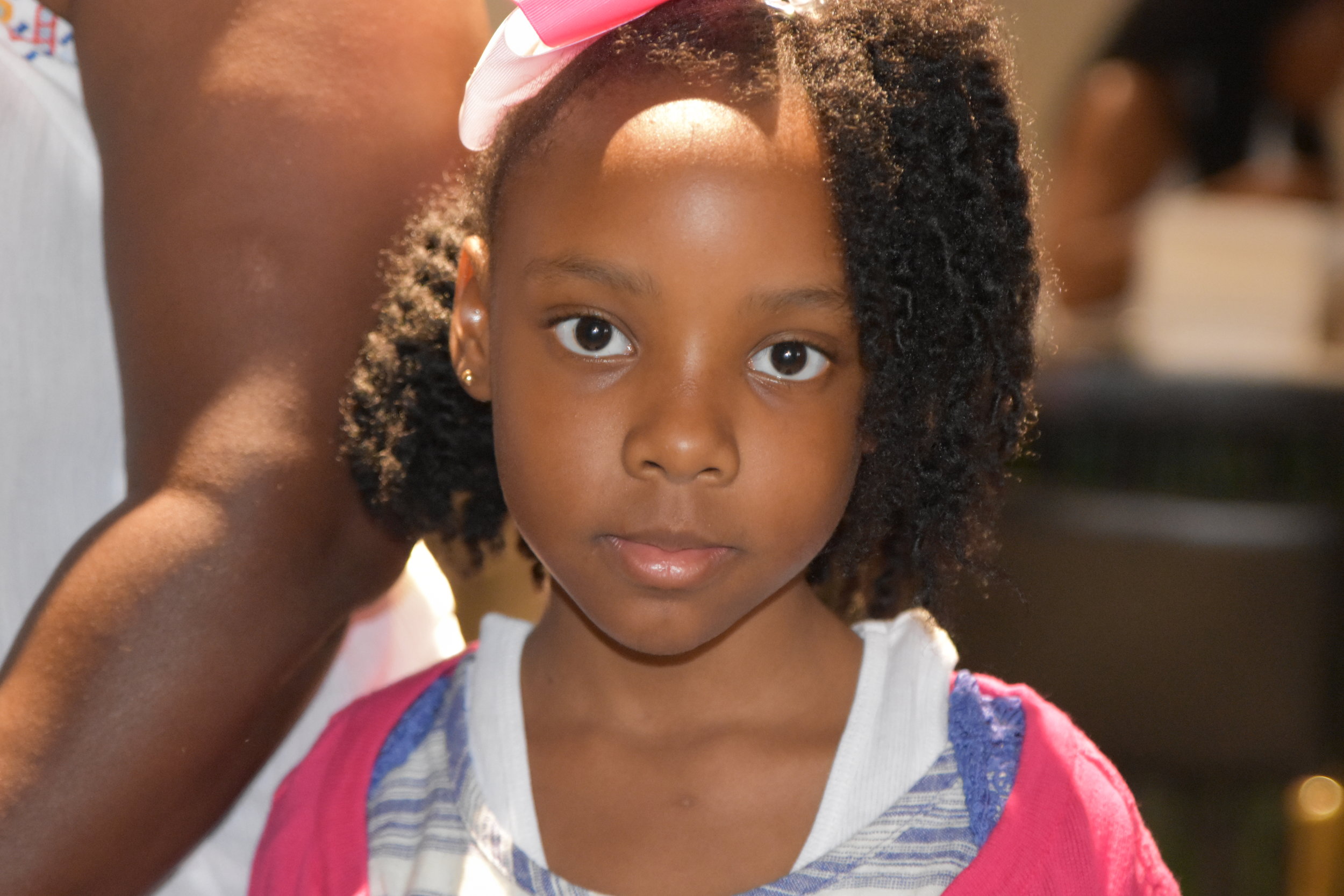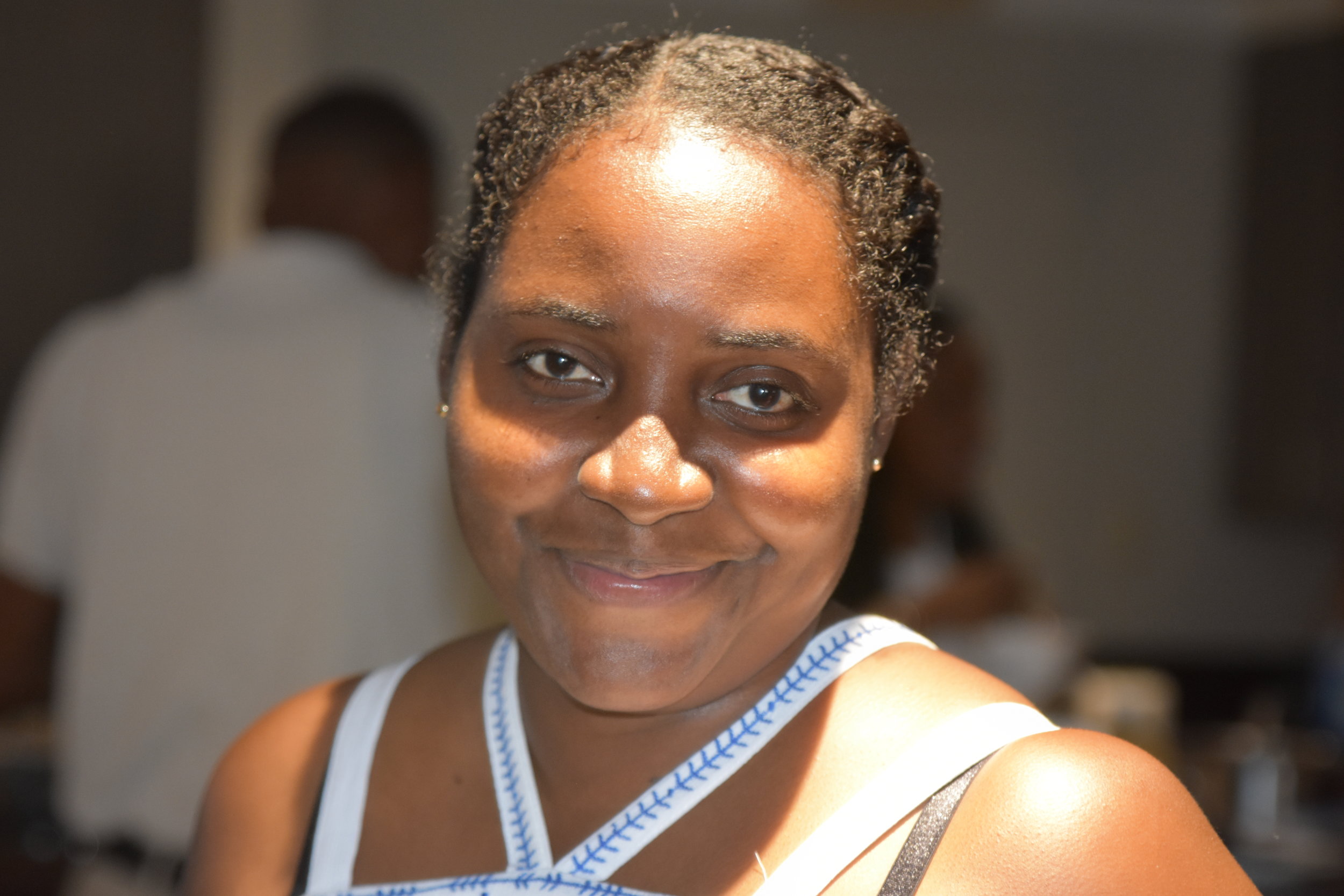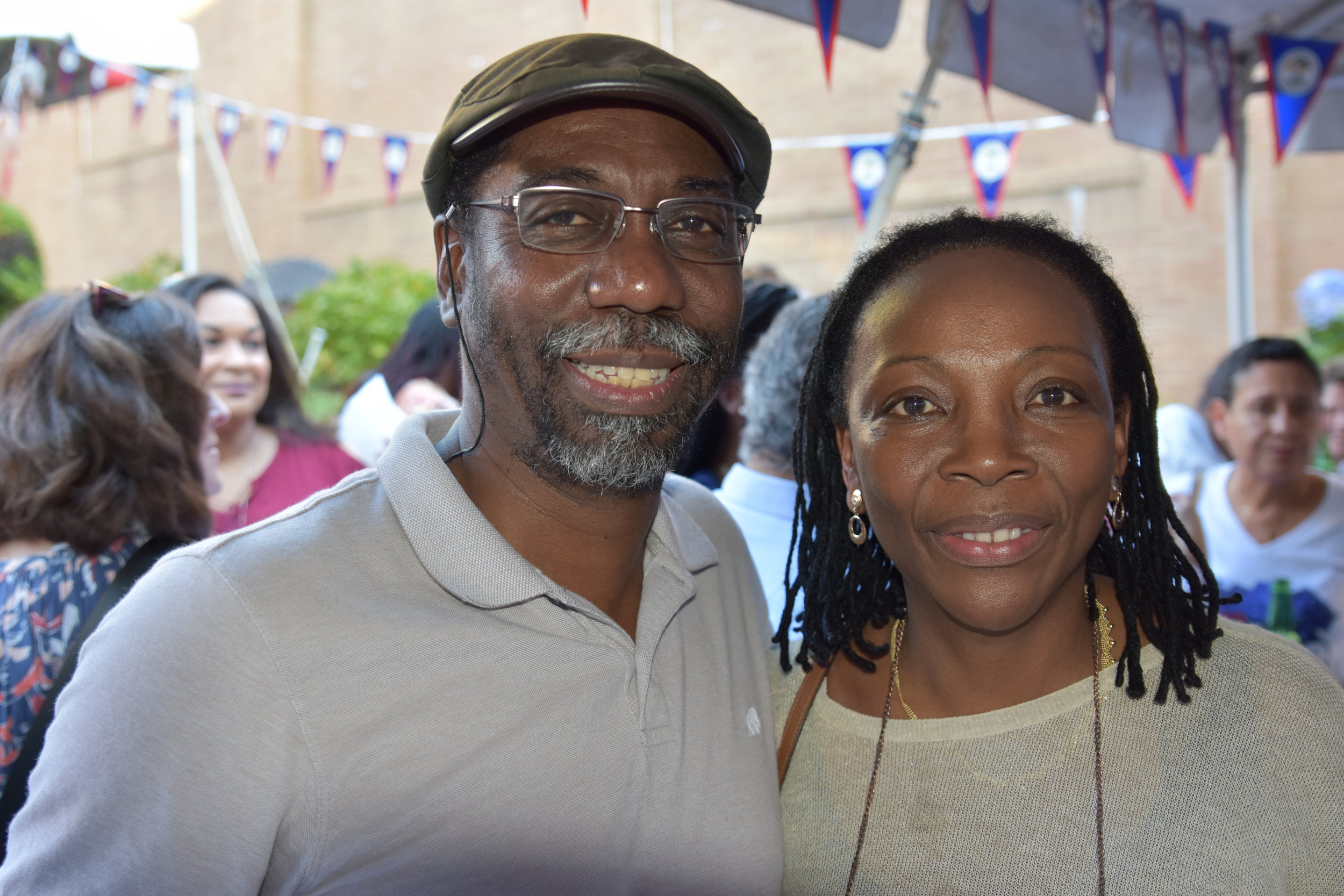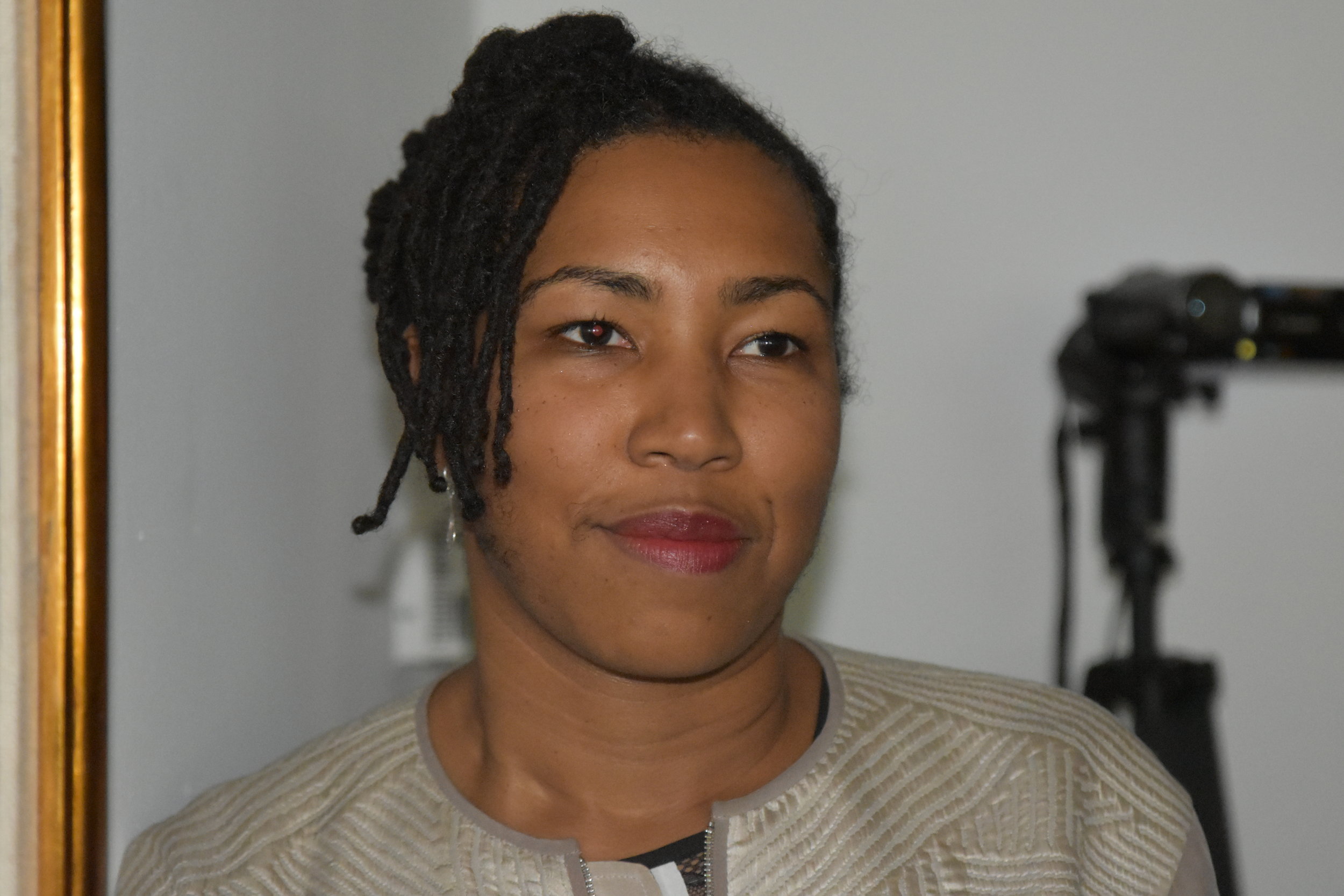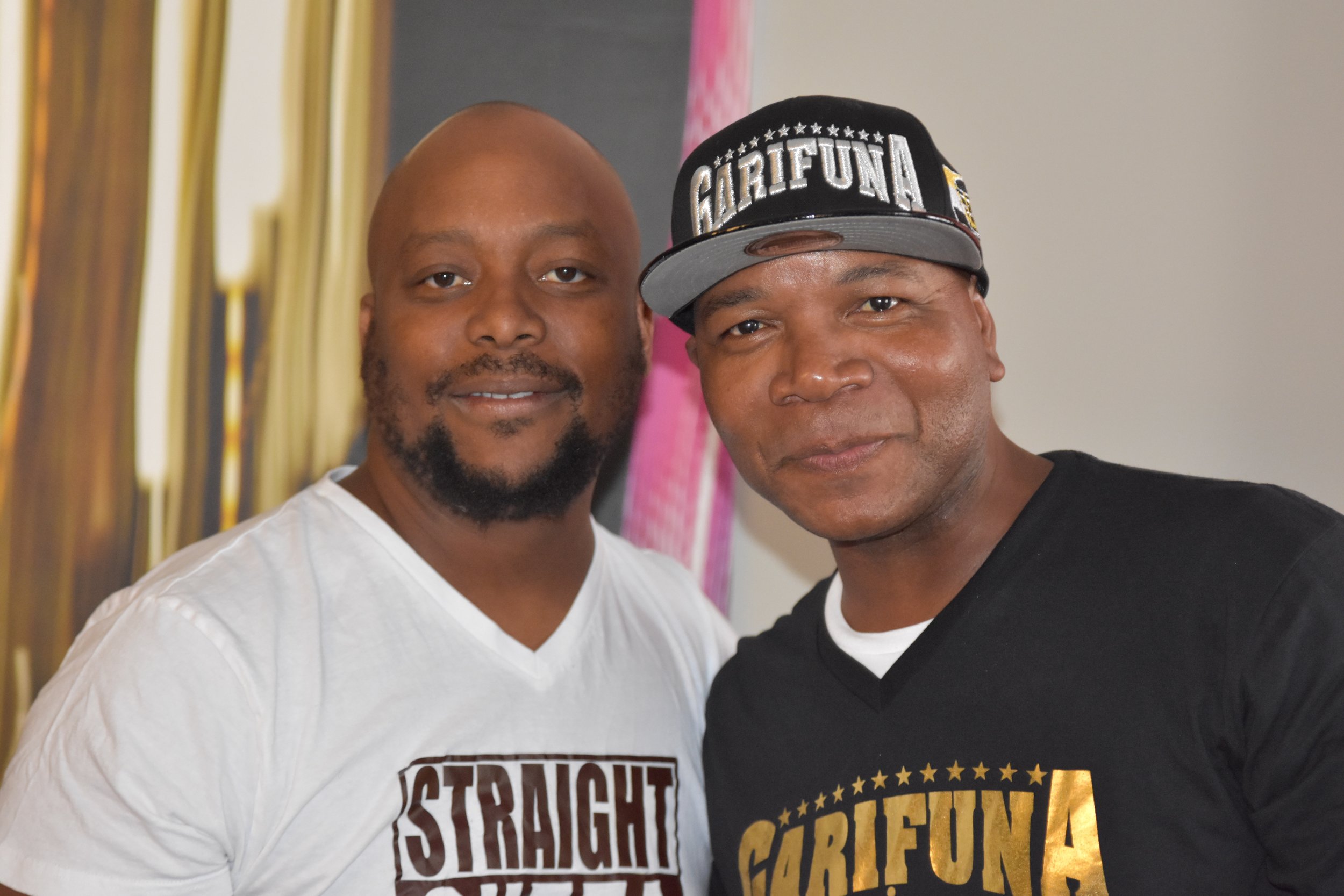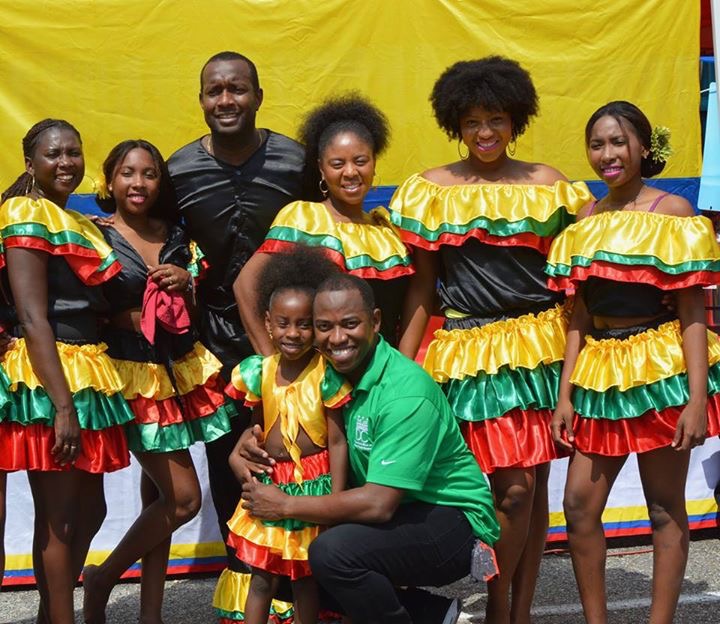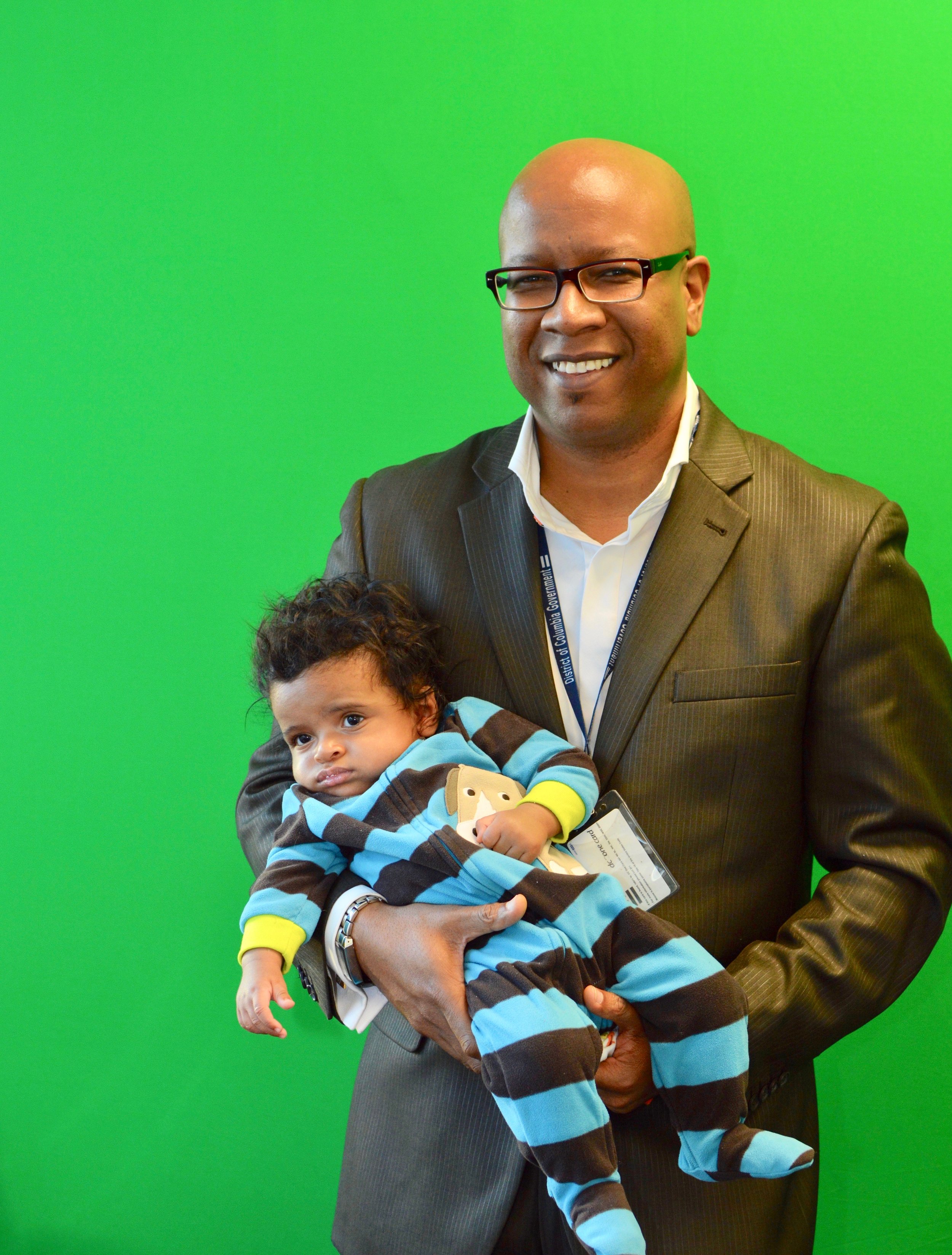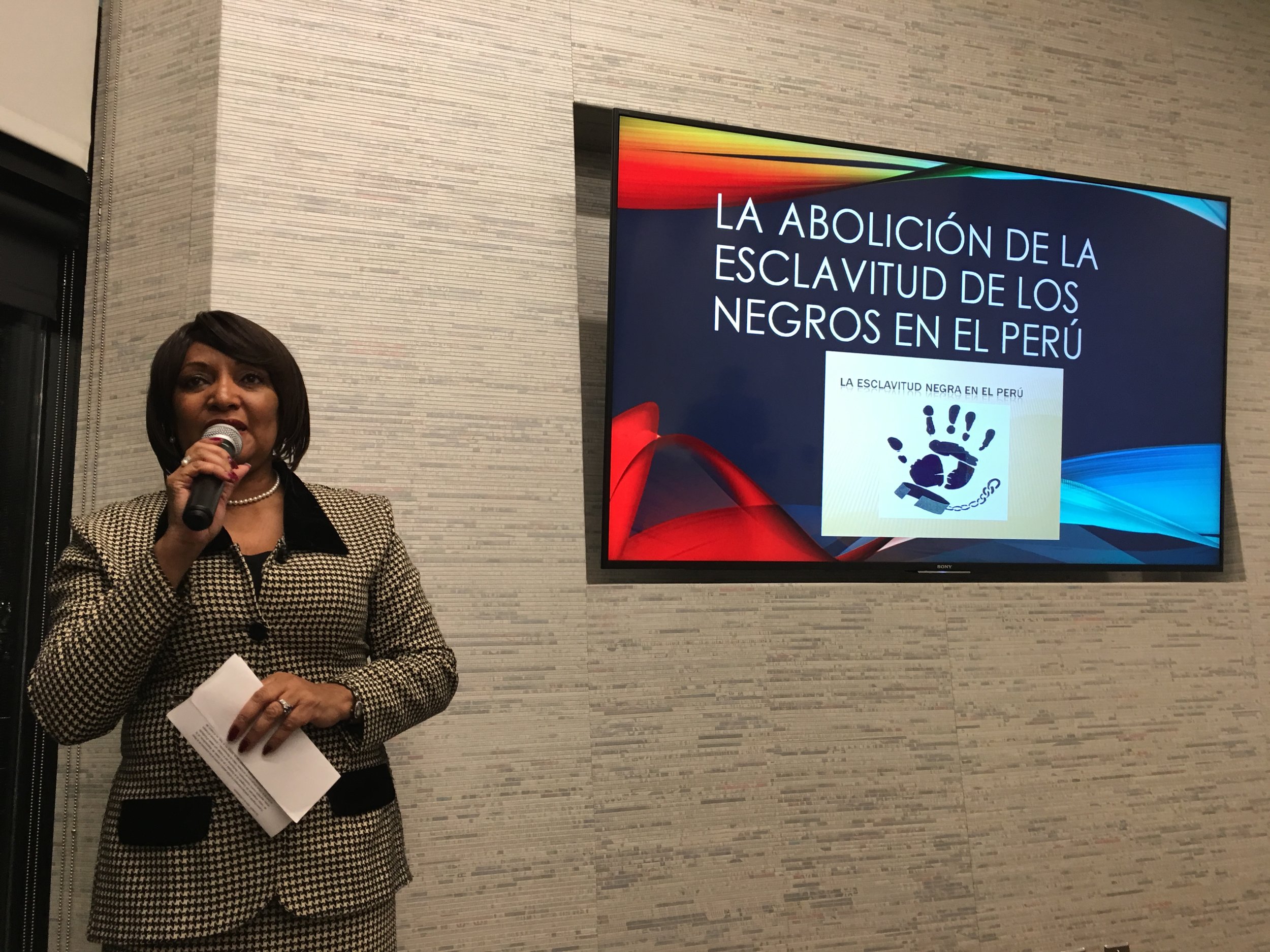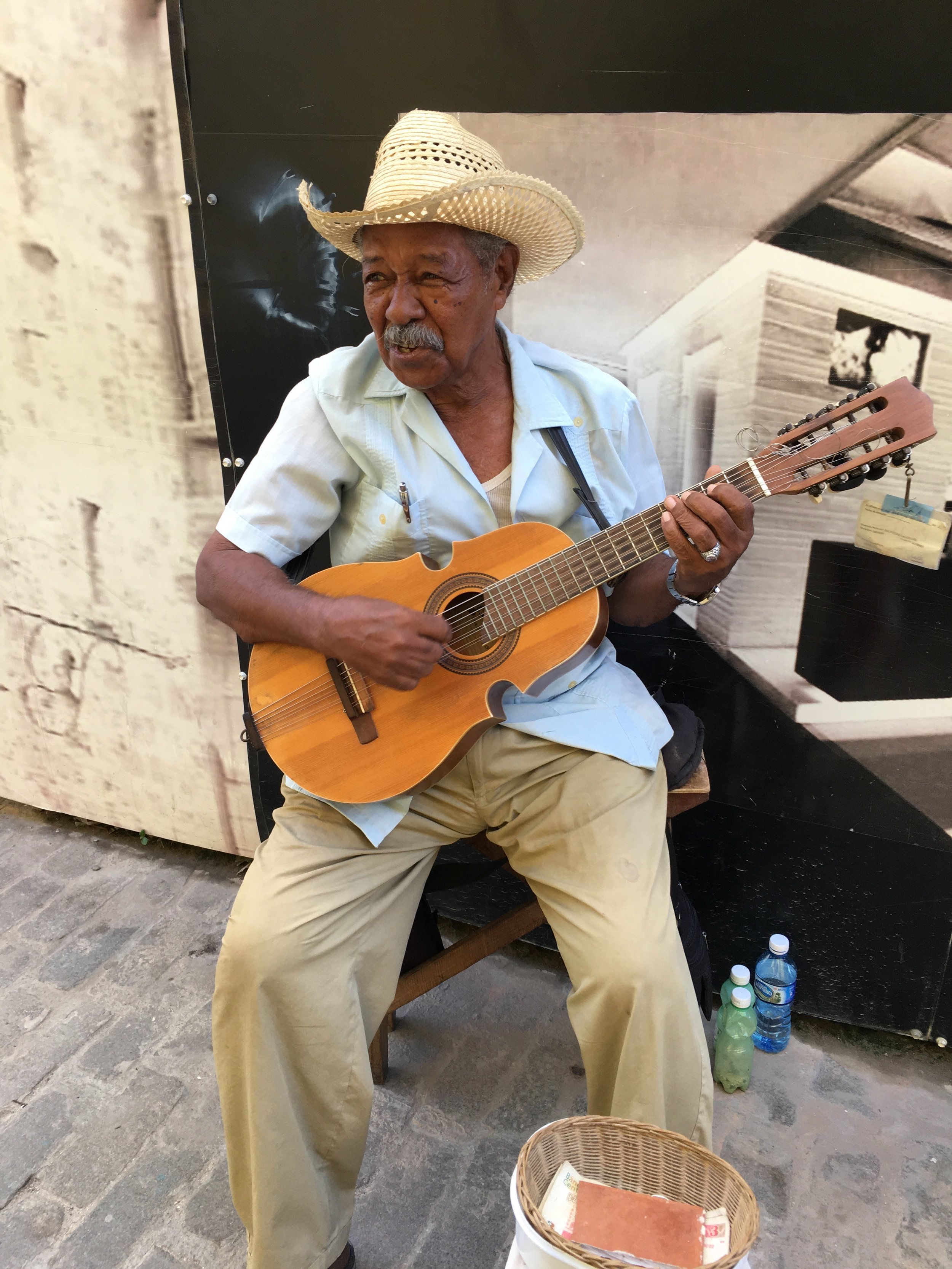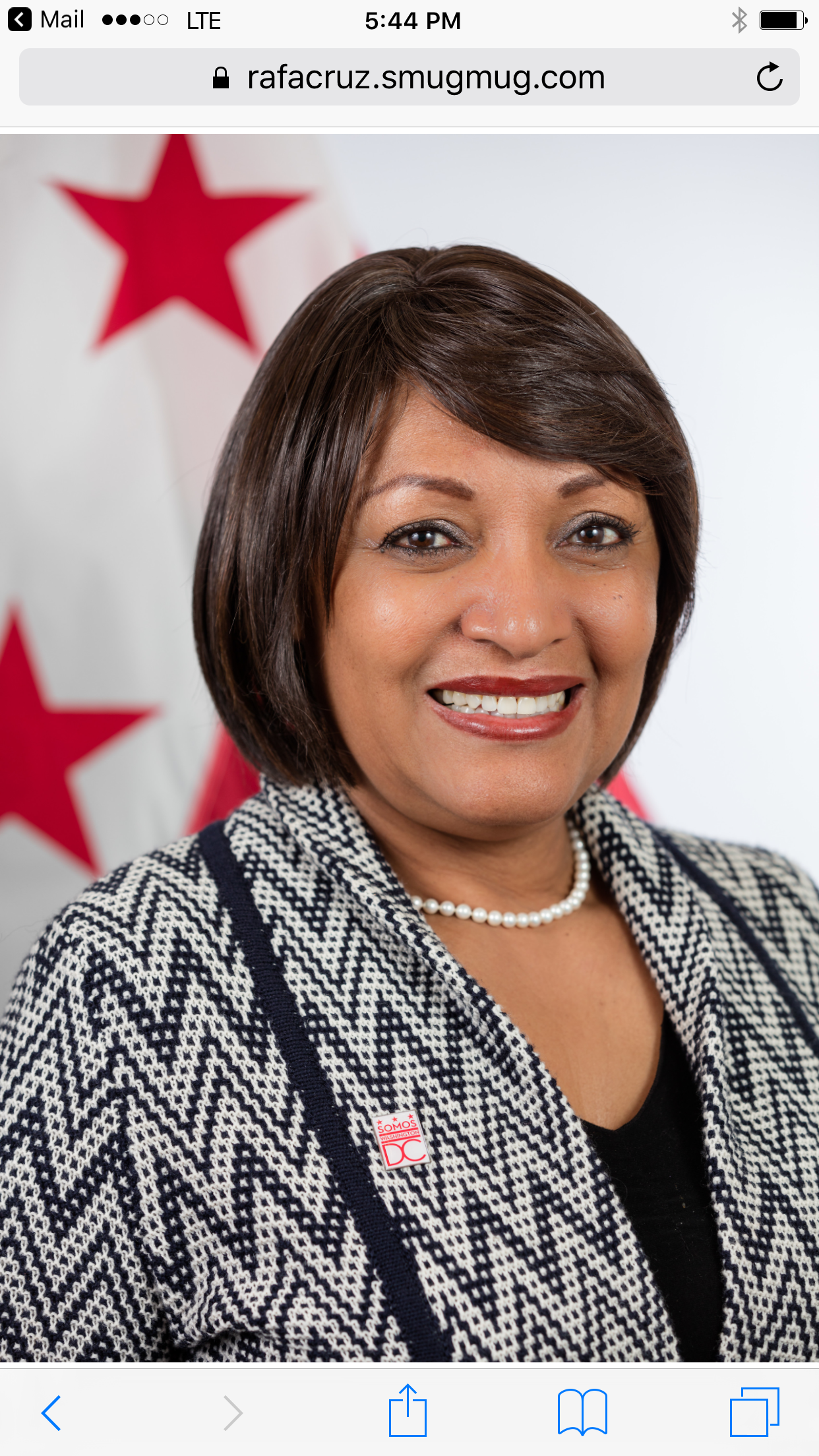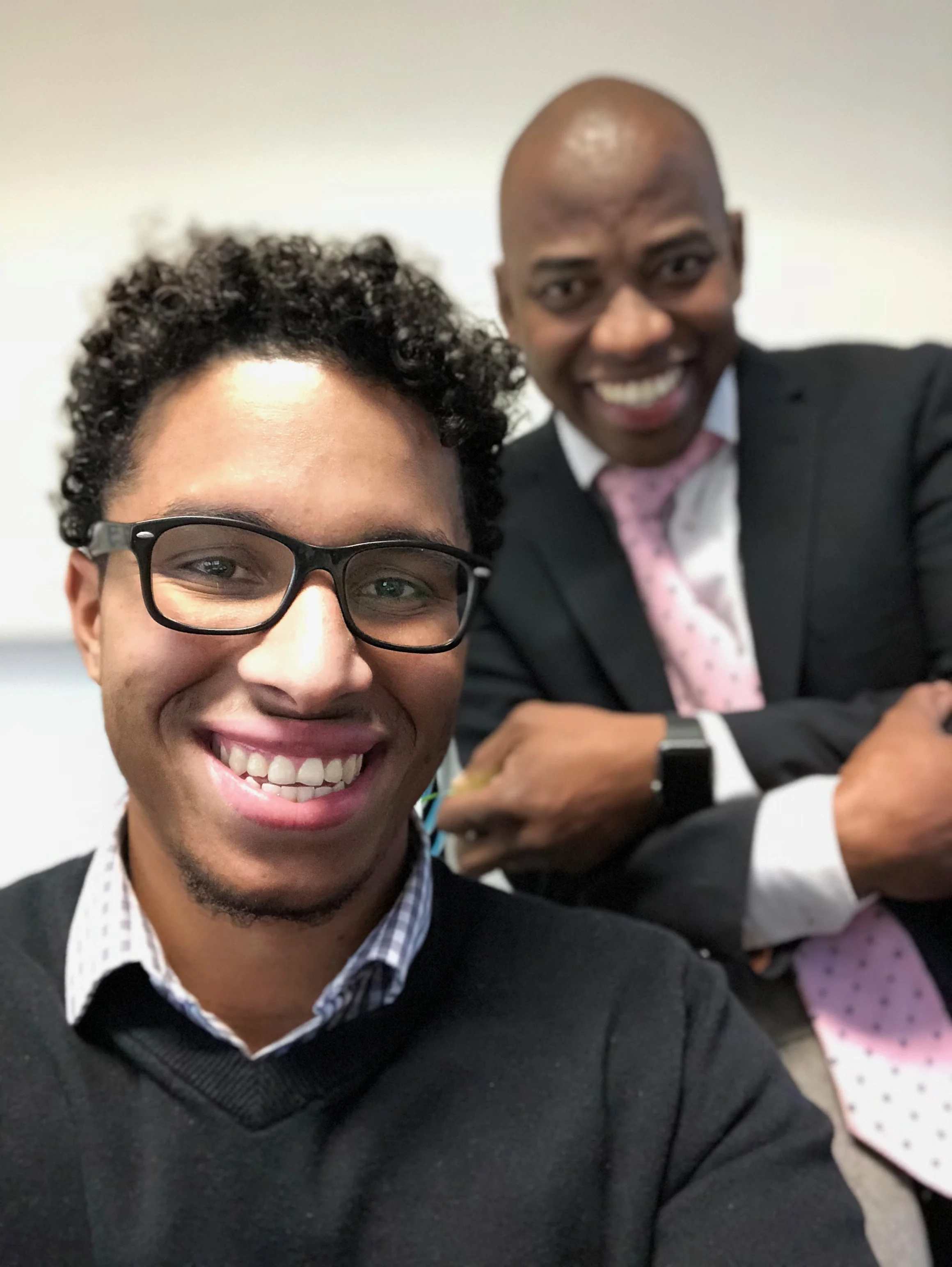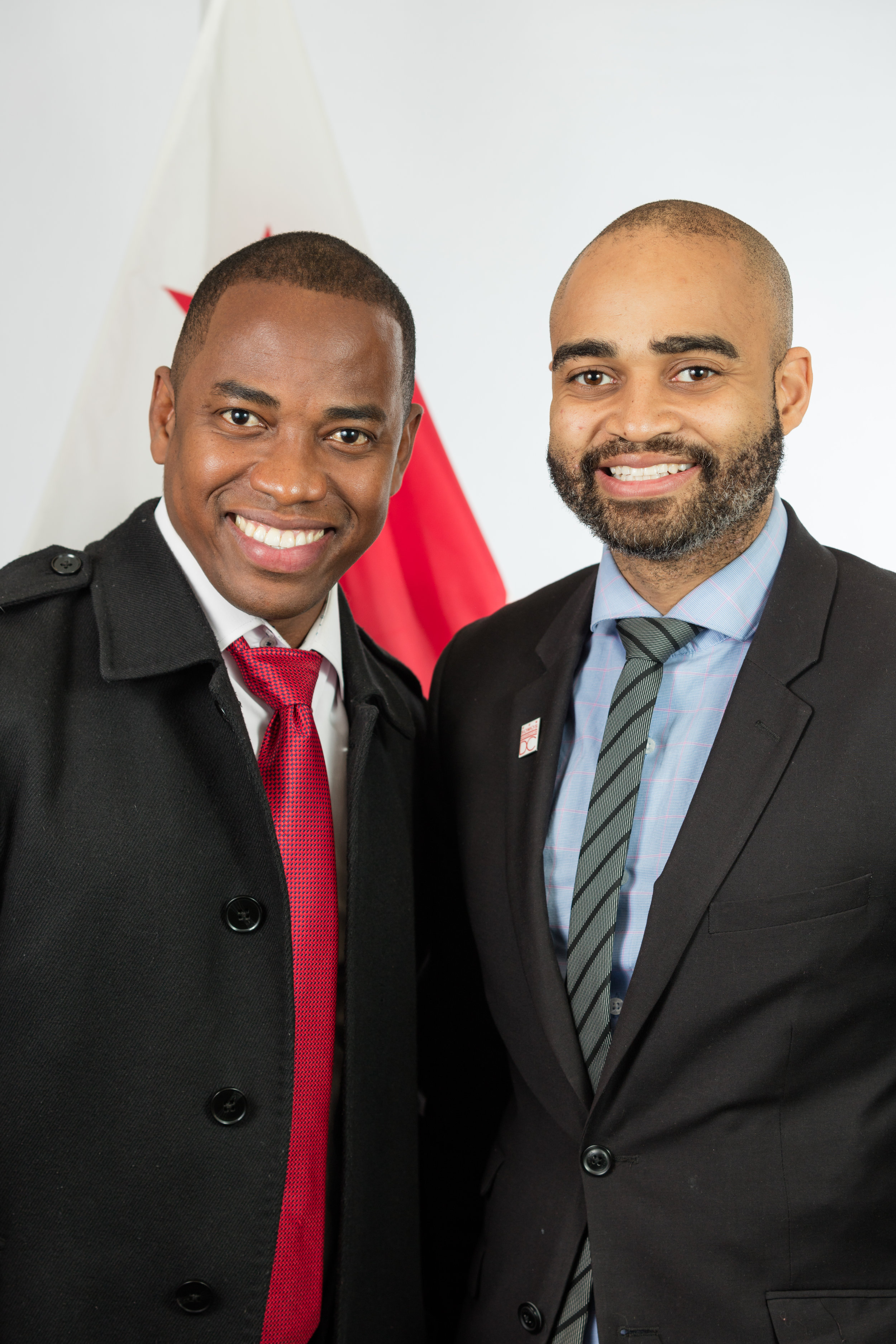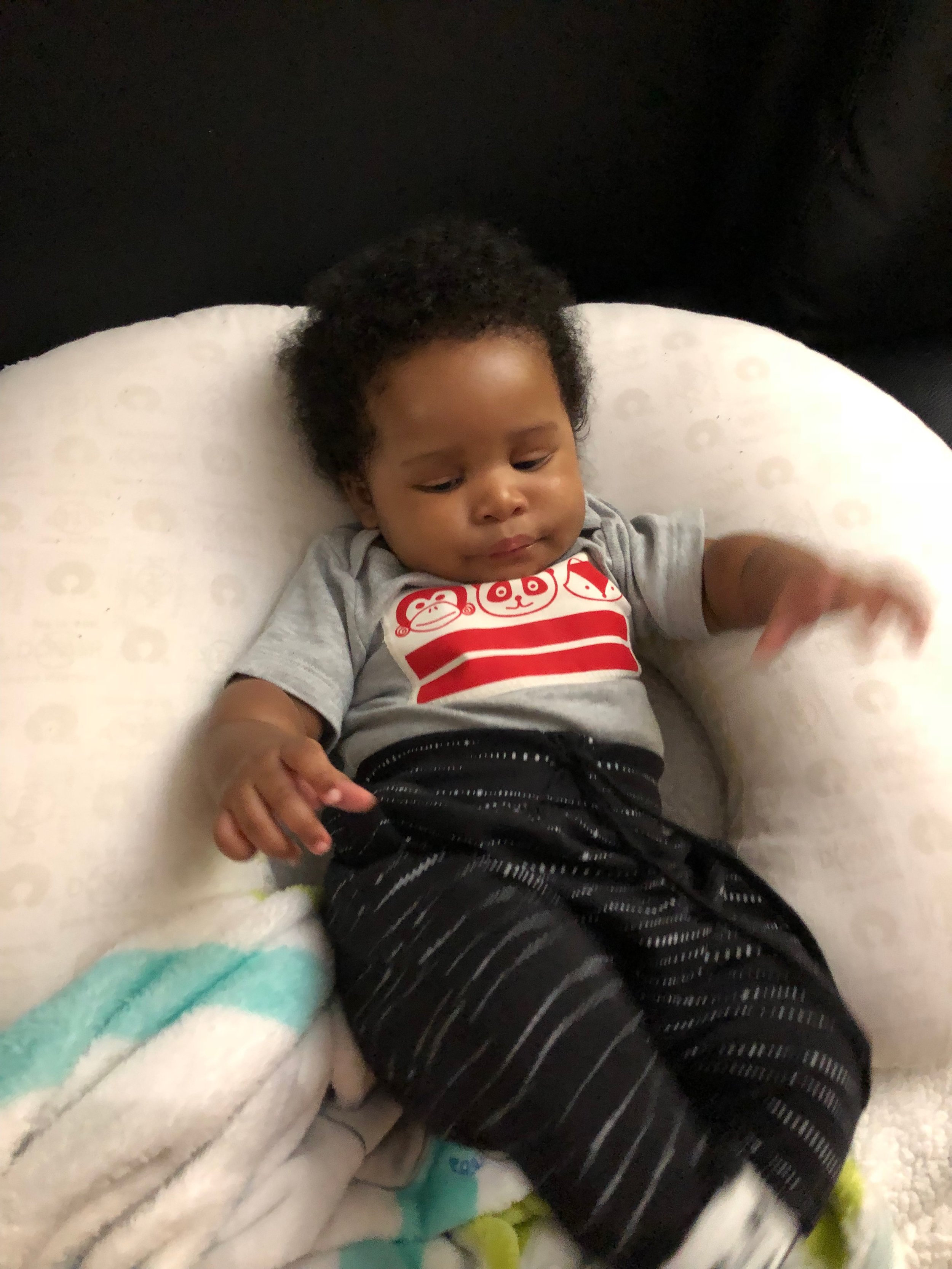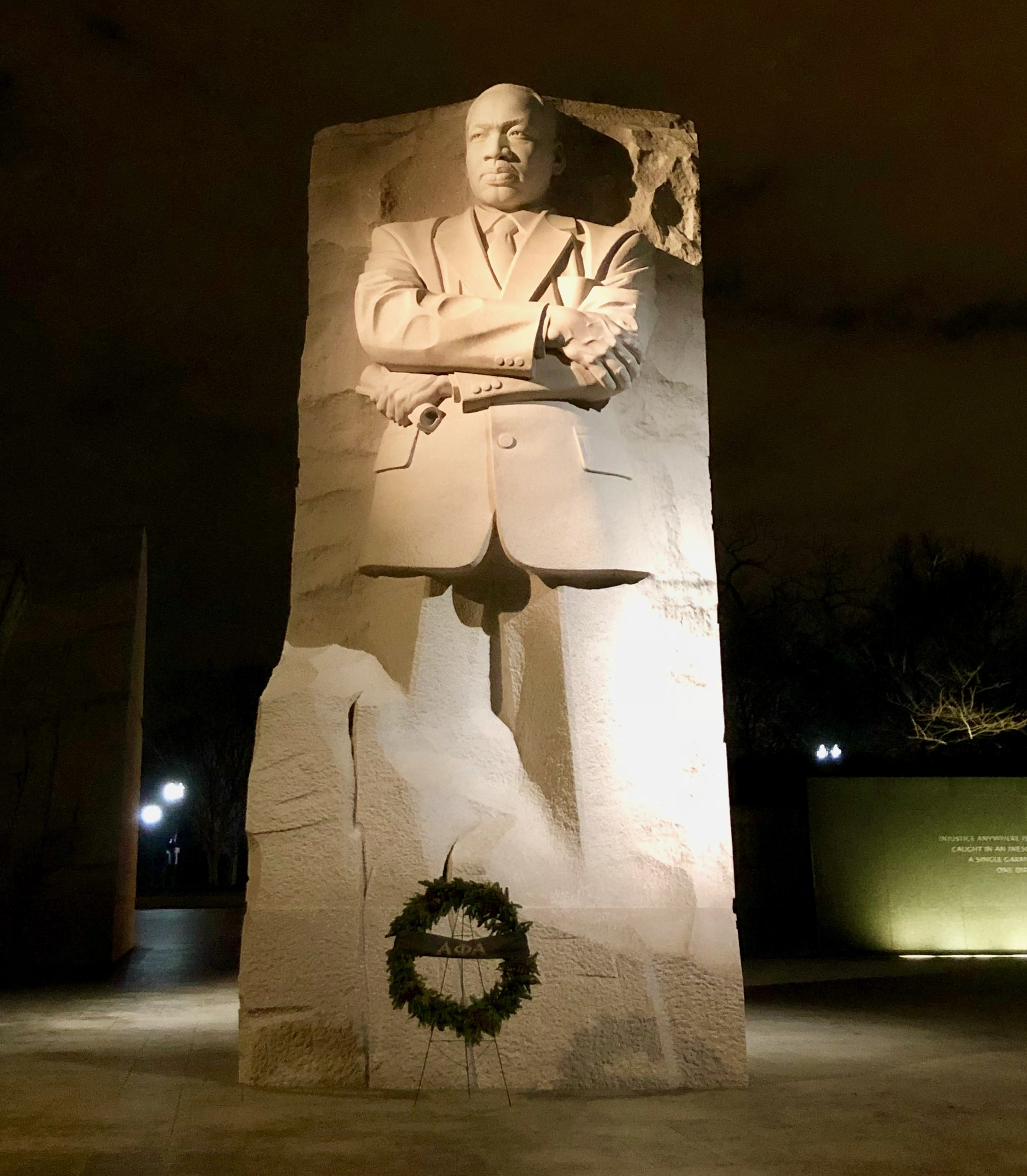Post COVID-19 Relief | Rebuild | Recovery ii
Post COVID-19 Relief | Rebuild | Recovery
Post COVID-19 Relief | Rebuild | Recovery
Post COVID-19 Relief | Rebuild | Recovery
Post COVID-19 Relief | Rebuild | Recovery
COVID-19: Good Governance and Best Practices in the Americas
William Yeffer Vivas-Lloreda is an Attorney licensed in Colombia who currently works for the Municipality of Medellín. In recent years, he served as Profesor at the Technological University of Choco (UTCH). He is a J.S.D. candidate at the University of Lomas de Zamora in Argentina and has a Master in Constitutional Procedural Law and Human Rights from UTCH.
COVID-19: Good Governance and Best Practices in the Americas
Mr. Donald II is recognized nationally as an innovative public sector administrator, currently serving as the City Manager for the newly formed City of South Fulton (May 2017). He also serves on the National Council of Presidents for the National Forum for Black Public Administrators. Prior to serving in his current role, he is credited with the historic turnaround of the District of Columbia's Labor and Employment system during his time as the District's State Labor Administrator.
COVID-19: Good Governance and Best Practices in the Americas
Mr. Otaviano Canuto is a Senior Fellow at the Policy Center for the New South and non-resident Senior Fellow at Brookings. He is also the former Vice President and Executive Director at the World Bank, Executive Director at the International Monetary Fund, and Vice President at the Inter-American Development Bank.
COVID-19: Addressing its Impact in the Most Vulnerable Communities in Latin America and the Caribbean.
COVID-19: Addressing its Impact in the Most Vulnerable Communities in Latin America and the Caribbean
COVID-19: Addressing its Impact in the Most Vulnerable Communities in Latin America and the Caribbean
COVID-19: Addressing its Impact in the Most Vulnerable Communities in Latin America and the Caribbean
COVID-19: Addressing its Impact in the Most Vulnerable Communities in Latin America and the Caribbean
2020 U.S. Census: Emancipation Day, Earth Day & Garifuna Settlement Day Celebration
How can we empower and target undercounted communities during the upcoming 2020 U.S. Census? We discussed this topic during SUDECC’s most recent Emancipation Day, Earth Day & Garifuna Settlement Day Celebration in Washington, DC. Federal and local government representatives, international development professionals, and community activists contributed to the conversation and I enjoyed it.
Census data is crucial to the successful creation of policies and the implementation of programs. Understanding how it is collected, tabulated, analyzed and reported is a key part of the process.
Census Bureau’s Statistics of Afrodescendent people
Testimony of Gilberto Amaya before the DC Council
Mr. Amaya’s Testimony before the DC Council
Afro-Latinos and the National Advisory Committee on Race and Ethnicity (NAC) for the US Census Bureau
March 26, 2019
Honorable Members of the DC Council; Ladies and Gentlemen: Good morning.
My name is Gilberto Amaya, and I am a member of the National Advisory Committee on Race and Ethnicity (NAC) for the US Census Bureau, but I am also a member of the Afro-Latino community, and it is in that capacity that I appear before you today. I am not representing NAC.I am here to testify in favor of Mayor Bowser proposed budget of $2.5 million for the DC census efforts to ensure a complete count. This is of great importance for us in the Afro-Latino community because of the current invisibility of Afro-Latinos as a distinct segment of the larger Hispanic population. Our population is considered among the “hard to count populations” by the Census Bureau and, as such, our communities are missing on the benefits including policies, representation, investments and services—health, education, housing—associated with being counted; our living conditions and specific needs are often not known; and our potential contributions ignored.
Our indicators are lost within the averages created for the larger Hispanic population, while—like in Latin America—we can be found at the bottom of the socio-economic ladder. Our populations are poor and vulnerable. A recent article from the Census Bureau reporting lower levels of poverty among Hispanics may not be applicable to Afro-Latinos, whose indices may be similar or lower than those for African-Americans.In Latin America, the Afro-descendant population is estimated at about 150 million, or about 30% of the total population of the region. In the United States, according to research by the Census Bureau, only 2.5% of respondents to a survey self-identified as Black/Hispanic.
According to the National Survey of Latinos carried out by the Pew Research Center in October of 2014, with a sample of 1,500 Hispanic adults, 24% self-identified as Afro-Latino, when asked the question directly, which is closer to the reality in Latin America. However, the survey also highlighted a high level of confusion between race and origin. Current figures represent a significant undercounting of Afro-Latinos in the country. We are concerned that the lack of clarity regarding the question on race and ethnicity, along with other challenges including online filing of Census forms to save resources at the Census Bureau, and a question regarding citizenship, will make it more difficult to ensure participation of already hard to count communities.
This will become a hindrance to achieving a complete count in the 2020 Census. We believe that appropriate financing can help overcome these challenges by allowing for special outreach efforts to our communities through targeted special messaging and imaging to promote greater participation, and the necessary follow up to achieve the commitment by the District to social and racial equity “the District must continue to ensure that the most vulnerable populations are counted and that District Policies continue to support the diversity that makes DC great.” A special outreach effort will require a greater financial commitment.Finally, I would like to mention the International Decade of Peoples of African Descent: Recognition, Justice and Development (2015 - 2024) proclaimed by the General Assembly of the United Nations in 2013. The important pillars of the Decade cannot be fulfilled in the absence of specific data, and this begins with an accurate and complete counting in the Census.
The District has the opportunity to become a leader in addressing the Afro-Latino issues in the 2020 Census and beyond by working with partners like Sustainable Development and Climate Change (SUDECC) and other organizations like La Union DC, DC Afro-Latino Caucus already doing great work within the Afro-Latino community of the District. The Afro-Latino population is estimated at 73,000 individuals with high concentrations in Columbia Heights, Adams Morgan, U Street and Mt. Pleasant, in Wards 1 and 4. The Afro-Latino organizations are interested in collaborating with the census efforts of the Complete Count Committee of the District of Columbia as trusted voices in their respective areas of operations.
Thank you very much for the opportunity. I would be pleased to answer your questions.
The 2020 U.S. Census and Afro-Latinos in the DC Council
Black History Month, the 2020 U.S. Census and Afro-Latinos in the DC Council
By Julio Guity Guevara
Feb11, 2019 7:75pm ET
In an effort to address concerns raised by millions of Afro-Latinos, a growing segment of the U.S. Hispanic population, there is an ongoing conversation between Afro-Latino leaders and key stakeholders in the Council of the District of Columbia. Topics of interest include the need for recognition, political representation and participation in the economic vitality of the United States.
On Thursday February 11, 2019, a meeting took place between members of the DC Council and the Sustainable Development and Climate Change (SUDECC) team, the DC Afro-Latino Caucus and other community advocates. The discussion centered around the importance and impact of the upcoming 2020 Census on Afro-Latino communities of DC and the U.S. These exchanges are particularly relevant in the context of the upcoming 2019 DC Emancipation Day, the 2019 Garifuna Settlement Day and the 2020 U.S. Census.
Afro-Latino community
Similar to what is sought by DC Statehood advocates, pursue recognition for their contribution to the U.S. social and economic development
Meetings with staffs of At-Large Councilmember Robert C. White, Jr. and At-Large Councilmember Anita Bonds offered participants an opportunity to seek potential partnerships with relevant DC government agencies and other stakeholders to address concerns regarding invisibility and undercount of Afro-Latinos in the data collected by federal and local governments.
Washington, DC has the potential to become a pioneer in collecting accurate data on the Afro-Latino population to address the needs of this traditionally underfunded population. A proposal was made to organize a panel to address the challenges of the Afro-Latino community and highlight the contributions of long-time residents such as Casilda Luna. The proposed panel would be co-sponsored by SUDECC, the DC Afro-Latino Caucus, the Office of At-Large Councilmember Robert C. White, Jr. and theOffice of At-Large Councilmember Anita Bonds and other stakeholders.
In order to bring visibility to the Afro-Latino community, and its relationship to African descendants worldwide, the panel would take place on April 13, 2019 to celebrate both Emancipation Day and the Garifuna Settlement Day. This will allow participants to learn about the unique and compelling story of the Garifunas, a growing community of DC. Moreover, it will provide an opportunity to reflect on the elements of UNESCO’s 2001 proclamation of Garifuna Language and Culture as a “Masterpieces of the Oral and Intangible Heritage of Humanity.”
Similar to what is sought by DC Statehood advocates, Afro-Latino organizations pursue recognition for their contribution to this country. Therefore, to have an accurate picture of the Afro-Latino population, it is crucial to take steps to ensure that 2020 census data collection issues are addressed, monitored and evaluated. This will help achieve the stated mission of the U.S. Census, which is to accurately count everyone, while facilitating an equitable distribution of federal and local funds.
There is an expectation that approximately $675 billion will be allocated every year for federal and state governments in the United States. The outcomes of the Census play an important role on how these resources will be allocated.
Over the next decade, adapting to climate change will remain a priority in every city. There is a high likelihood that Afro-Latinx immigrants will need assistance that is culturally-sensitive. Such is the case of immigrants coming from the Garifuna communities or Roatán Island in Central America, Choco or San Andres Province of Santa Catalina in Colombia, Oaxaca in Mexico, Salvador da Bahia in Brazil, Colon in Panama, Esmeralda in Ecuador or Santiago de Cuba. A culturally competent approach will be needed, particularly if we are serious about effectively implementing potential natural disaster risk management plans.
A special thanks to the DC Council staff for making this dialogue possible, especially to David Meadows, Senior Advisor of the Office of At-Large Councilmember Anita Bonds and Mtokufa H. Ngwenya, Chief of Staff of the Office of At-Large Councilmember Robert C. White, Jr.
Write to Julio Guity-Guevara at julio.guity@sudecc.com
Recent related articles:
The State of Immigrants in the District of Columbia | Urban Institute
Afro-descendants in Latin America : Toward a Framework of Inclusion | The World Bank
With More "afro" Visibility, Latin America Redefines the Color Black | The World Bank
It’s time we stop ignoring Afro-Latino health disparities in the U.S. | HUFFPOST
Debunking the Myths about the Citizenship Question on the 2020 Census Form. Is the census only about apportionment and redistricting? Census data are a vital tool to address the nation’s legacy of…discrimination | NALEO Educational Fund
In Miami, your skin color is a better predictor of wealth than where your ancestors came from | Economic Policy | The Washington Post
Reflections on Dr. Martin Luther King, Jr. Birthday Celebration 2019
By Gilberto Amaya, SUDECC Team
2019 MLK Birthday Celebration
Seeking Recognition, Justice and Development
Dr. Martin Luther King Day is a day of reflection and service to community. We reflect on the past to acknowledge the progress we have achieved as a result of struggles from over a half of century ago. But it is also a time to think about the future, the legacy from our generation and the prospects of our young people for a good life, in a fast-changing world, more often than not, changing for worse; in societies fraught with targeted violence against “minorities,”especially against black young men.
Yesterday, I attended an MLK Day commemoration event in my community of Reston, VA, one of the most recognized MLK Celebration in the Washington, DC region. I had the privilege to co-chair the event in the past, to highlight the global impact of Dr. King and the influence of the Civil Rights movement of the 1960s in the development of leadership and the organized movement of peoples of African-descent in Latin America and around the world. Reston, VA has distinguished itself as a model for progressive-multicultural communities around the world.
For the 2019 events, the guest speaker was De Ray Mckesson, a brilliant young organizer, activist and author from Baltimore, MD. He was also promoting his new book On the Other Side of Freedom: The Case for Hope.I was saddened to see that, unlike events from years gone by, the attendance was small—it was a paid event, and those attending were about 50% senior citizens, in about equal numbers of white and black, and 50% middle and high school students, who probably were getting school credits for attending. For me, this illustrates the erosion of the enthusiasm and growing skepticism about the future regarding the ever present issues of equity and justice. In the Q&A segment, young people expressed anxiety about growing violence in their lives and communities, and the entrenchment of radical ideas creating deeper wedges in society.
Our societies do not see our internal differences. We are all lumped together as a group and treated according to the color of our skin, regardless of where we come from or our personal accomplishments as individuals. Another quote from Dr. King comes to mind: “We must learn to live together as brothers or perish together as fools.”Achieving our goals as a people in any society, the US, for example, which brands us as a small—and getting smaller—minority, according to the US Census Bureau, begins by knowing how many we are: what an accurate counting means for our communities in terms of resources and services like education, health, representation in the corridors of power, et cetera.
For the reasons stated above, in the upcoming 2020 Census in the US, we must make sure to count as black, regardless of the region we or our parents migrated from. We need to avoid the current fragmentation of the black population in the US Census, and show our real weight in the total population. Only then, we can get the recognition that we deserve and position our communities for a greater participation in our society and share in its prosperity. There are too many of us, even being counted as white because we come from regions like Northern Africa or the Middle East. Although many of our brothers and sisters may feel comfortable with this categorization, it is important for them to know that it is only for census purposes. You do not enjoy white privileges. In your everyday life, you partake of the daily struggles of all black people.
As the Census numbers everywhere require self-identification, and many of our people, because of the stigma associated with the term, struggle with the idea of identifying themselves as black, we have a great challenge ahead of us, especially with many Afro-Latinos. However, we can all benefit from showing our real numbers and the real weight of our population in all the societies in which we live. Everywhere, we are at the bottom of the economic ladder. Being counted as a block will benefit us all as a people regardless of our region of origin. Again:
“We must learn to live together as brothers or perish together as fools.” Dr. Martin Luther King, Jr.
The Migration Panel Discussion
On Saturday August 13, 2016, SUDECC Inc. hosted an afternoon panel discussion on “Migrating to the United States from Latin America and the Caribbean.” Moderators Nathan Hedges and Patricia Sanchez coordinated the flow of conversation between the audience and a multi-disciplinary panel including an attorney, an anthropologist and an economist.
Ms. Maya Zegarra (maya@zegarralegal.com) discussed legal aspects of Central American Immigrant Children and the US Immigration Law. She presented the evolution of the US immigration law system and how federal agencies implement their mandates as they relate to immigration and integration. She presented anecdotal evidence of the dangers faced by Unaccompanied Alien Children (UACs) as they cross the border to flee crime and violence in their home countries. Finally, she shared information on the legal remedies that exist and the potential for improvement in US policies.
Ms. Camila Daniel (camiladaniell@gmail.com) shared some of the results of her post-doctoral study comparing the racial experience of Peruvian migrants to the US and Brazil. She explained the strategies she developed to complete her ethnographical fieldwork to observe and interview Peruvians in the District-Maryland-Virginia Area. She shared insights on how Peruvians struggle to self-identify within the American racial classification and the impact on their social integration.
Ms. Valerie Lacarte (valerie.lacarte@student.american.edu) presented her ongoing PhD dissertation in economics on the “Integration of Caribbean Immigrants to the US Labor Market.” She presented economic theories that explain the integration process of immigrants, while discussing the specific context of the Caribbean-US immigration patterns since the 1960s. She also presented comparative data between Caribbean immigrants and different US born ethnic groups. Finally, she discussed the parameters of her fieldwork and invited the audience to fill the anonymous Caribbean Diaspora Survey online.
About 35 people attended the event and participated actively in the Q&A and networking that followed the panel presentations. SUDECC representatives highlighted the importance of understanding the immigration experience given the importance of this phenomenon in the US. They also reflected on out-migration from small communities and the potential negative impact on the cultural fabric and social sustainability.












